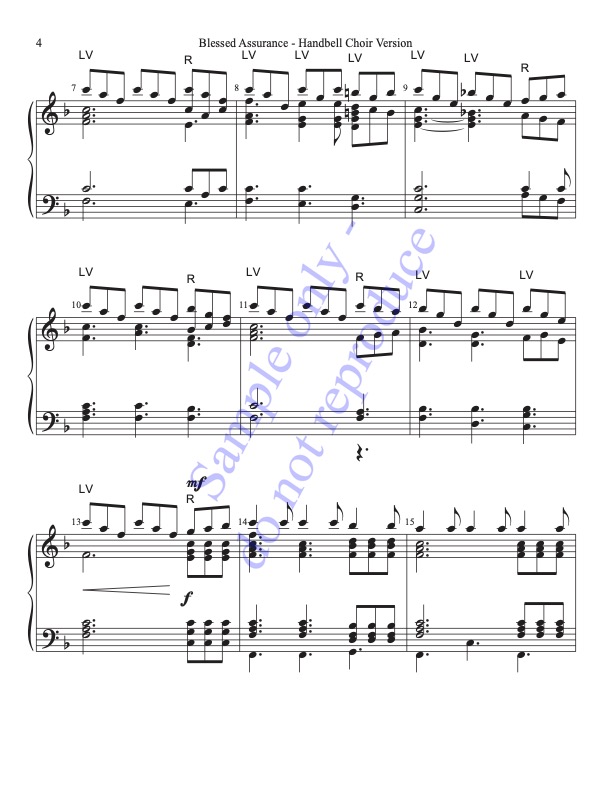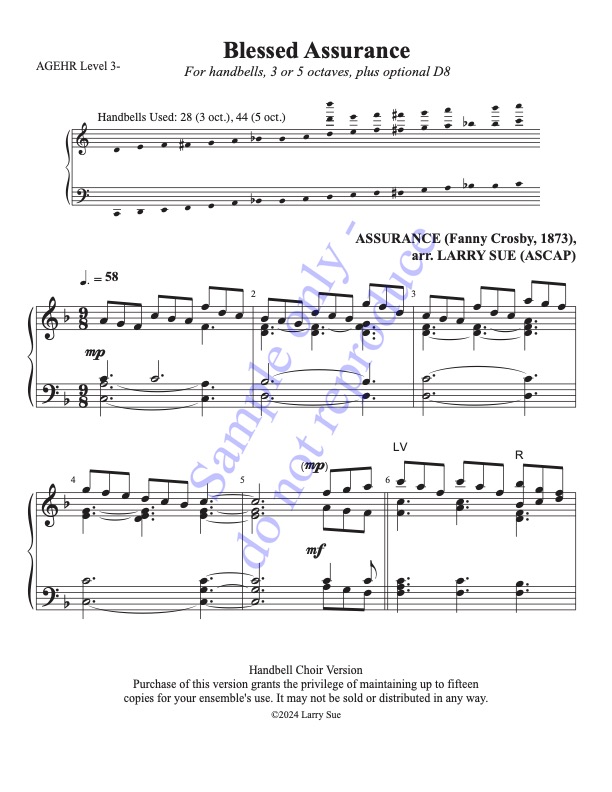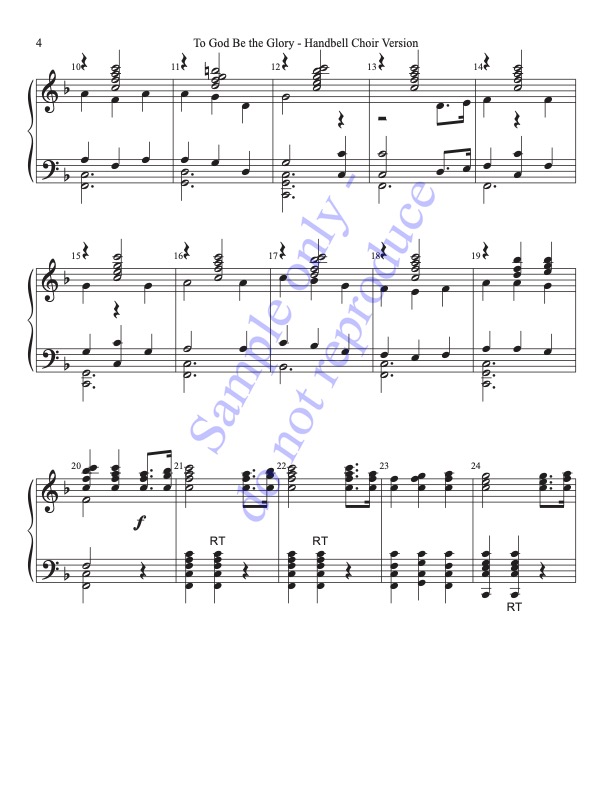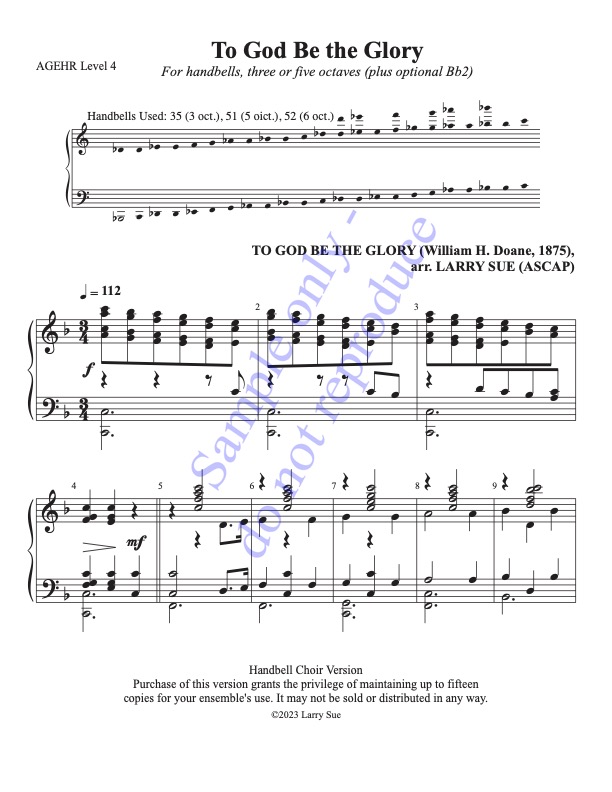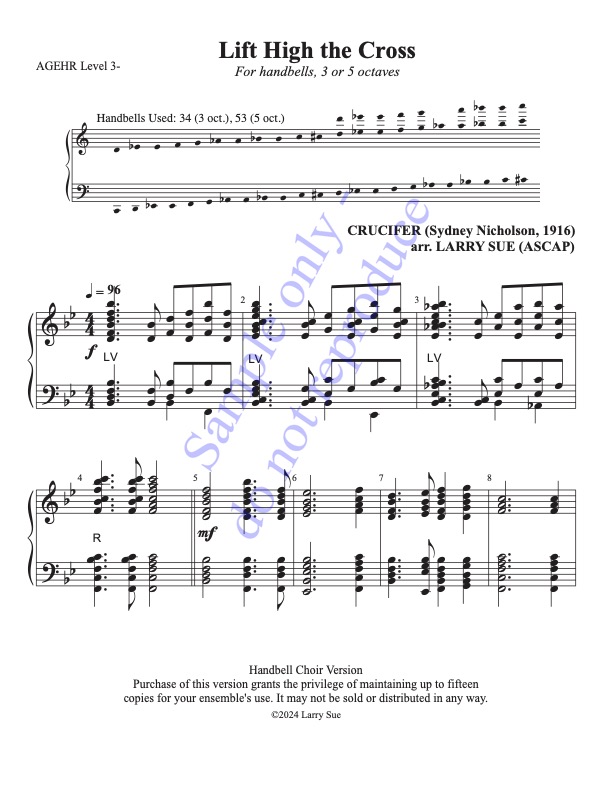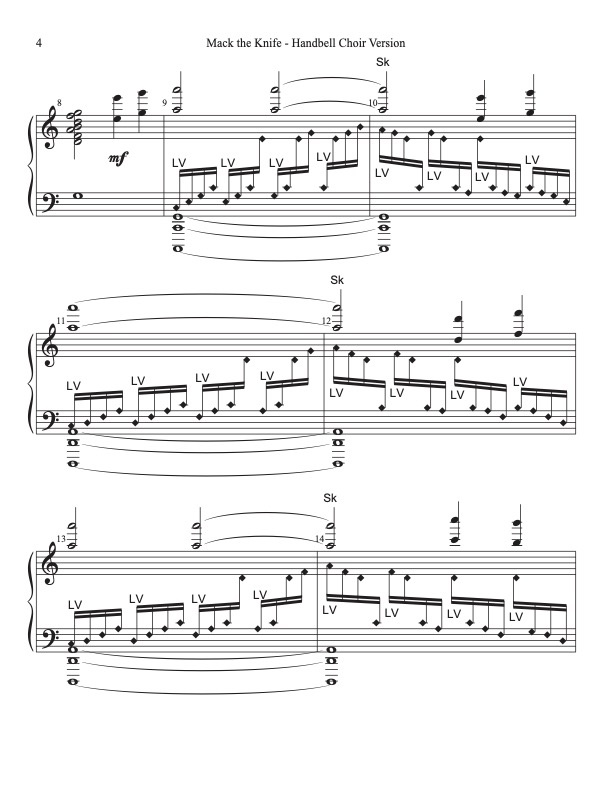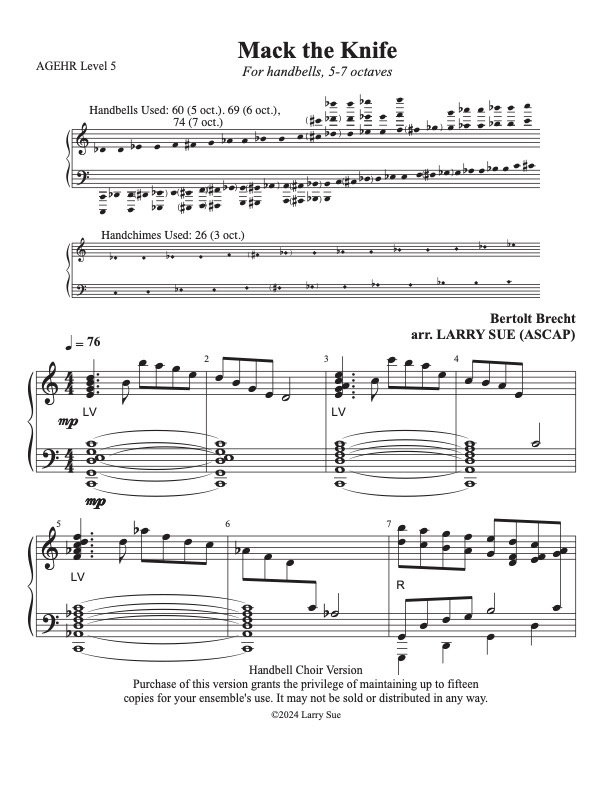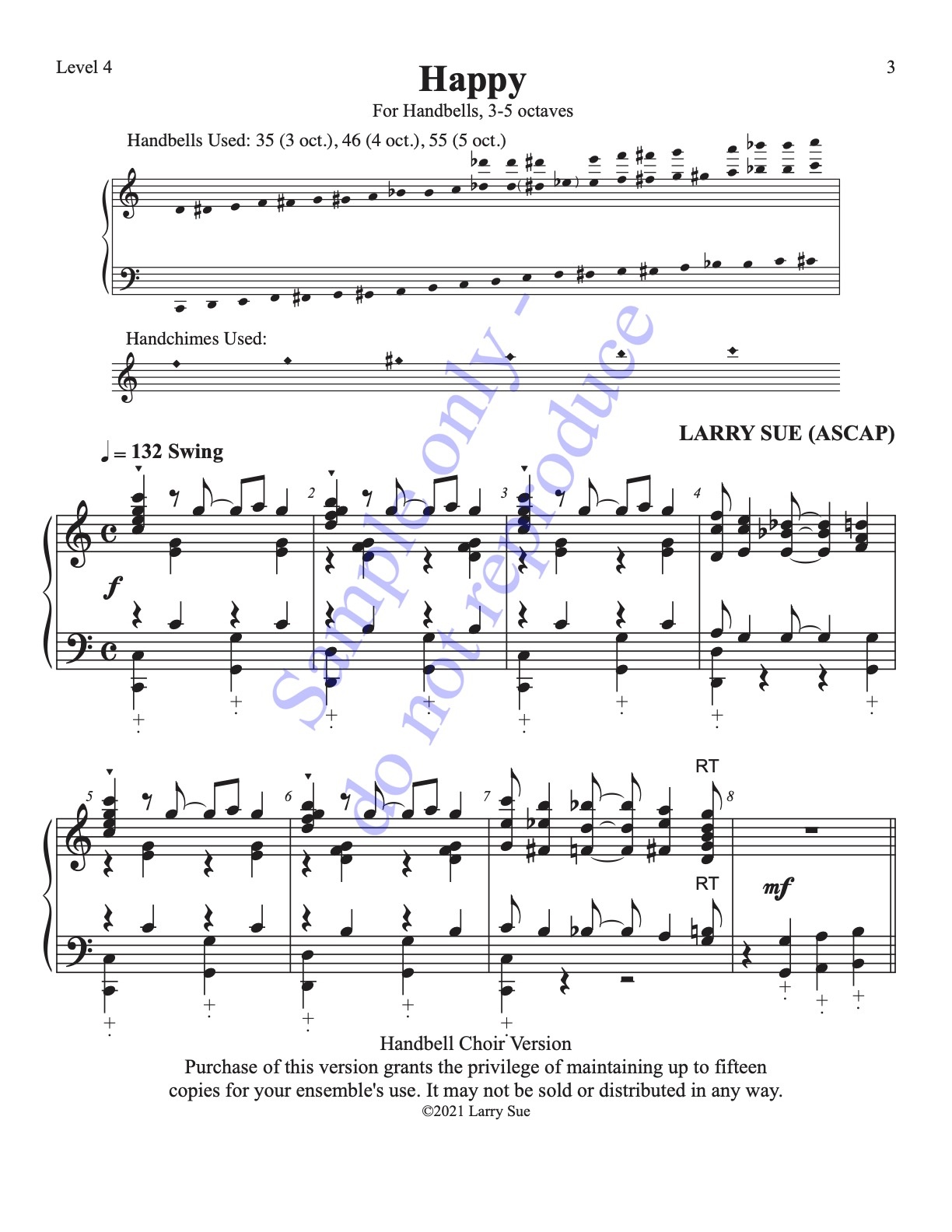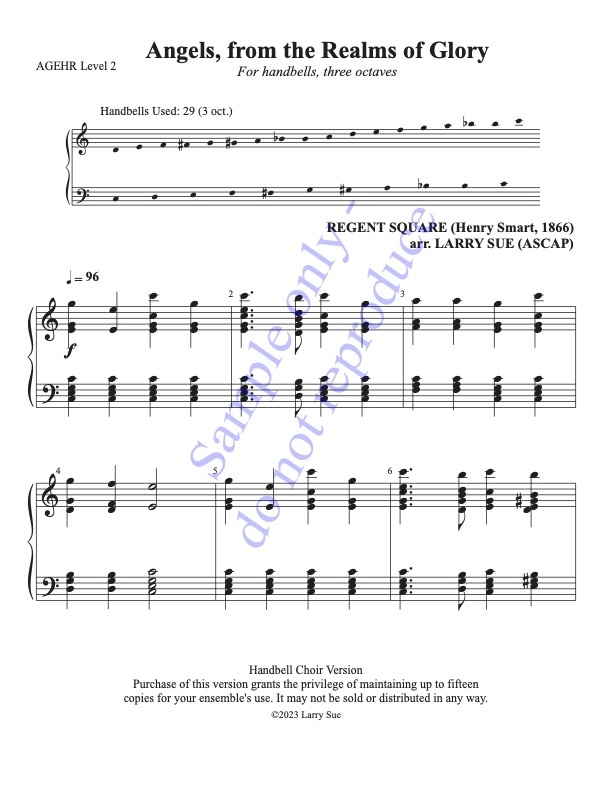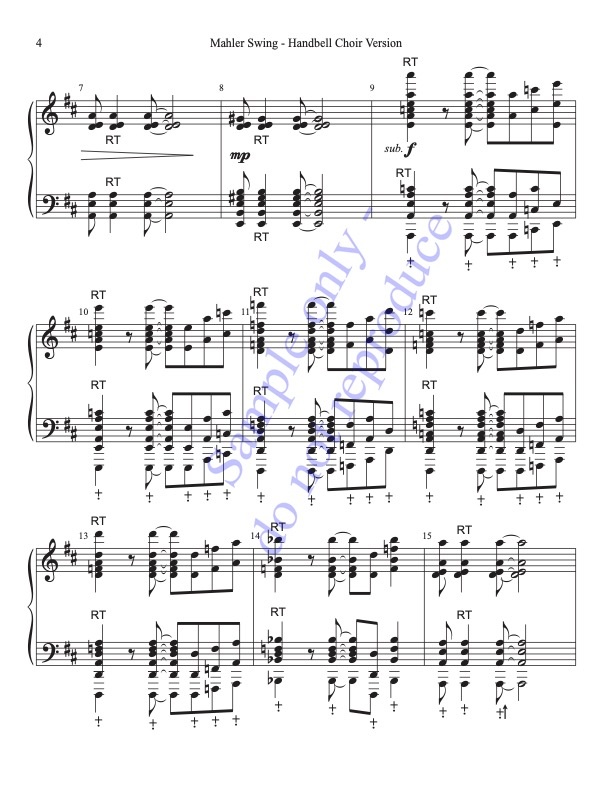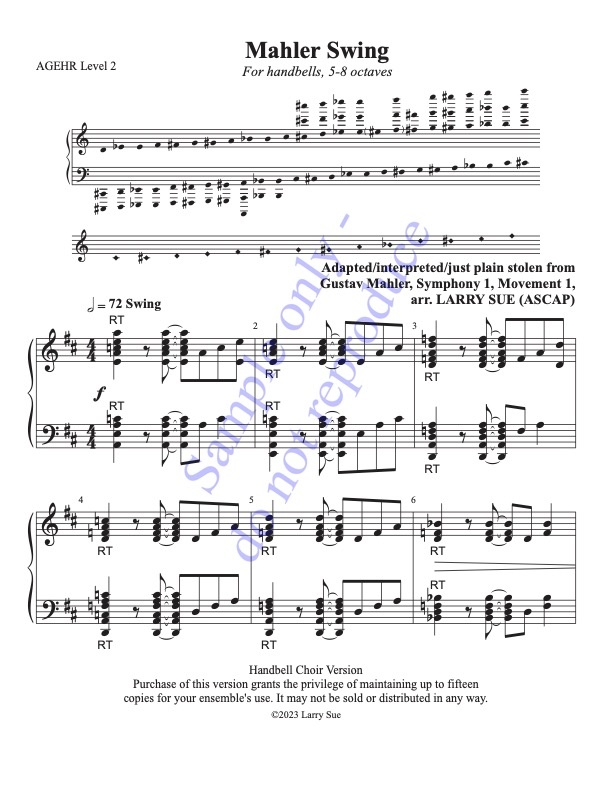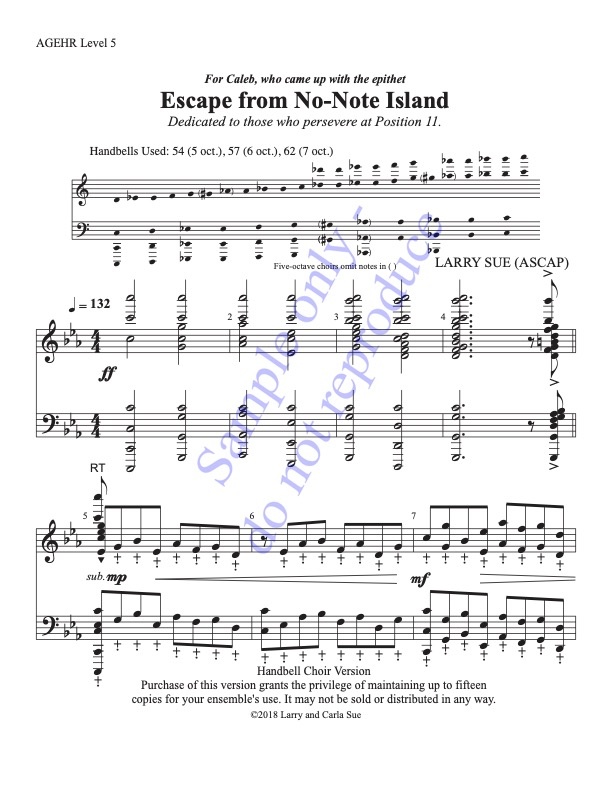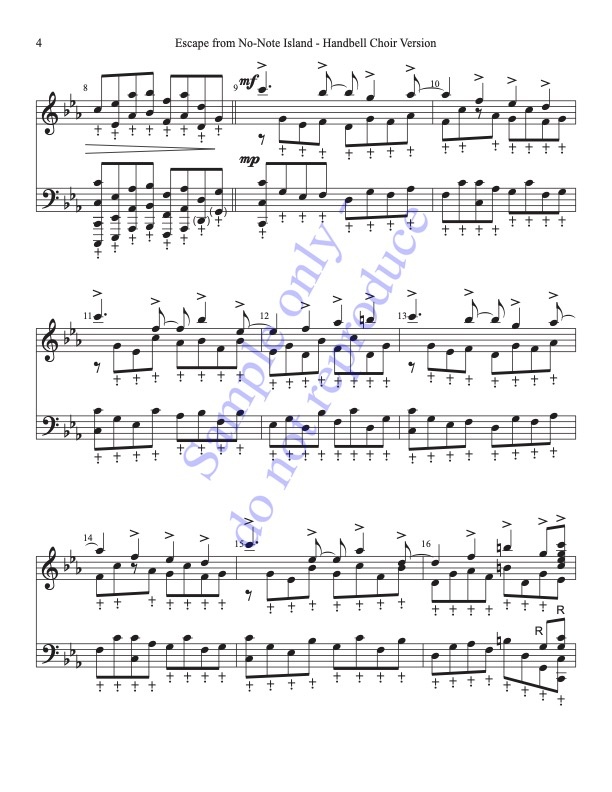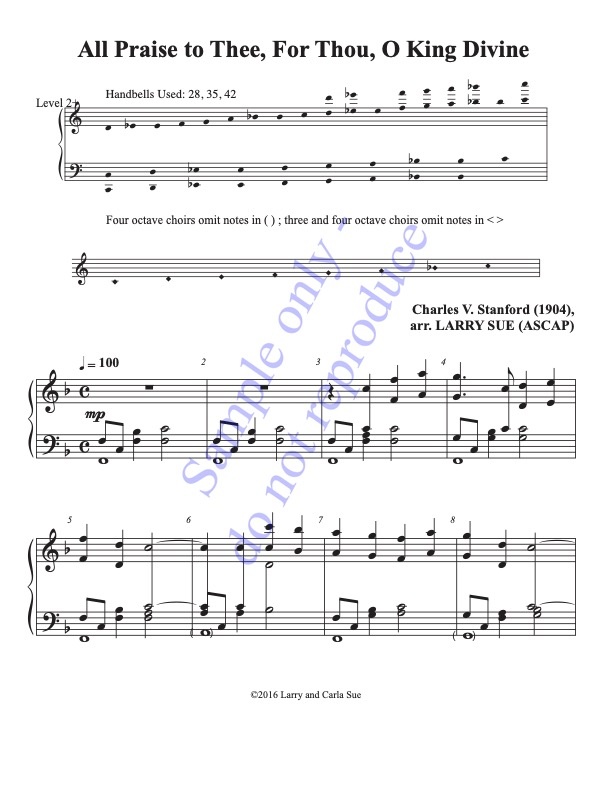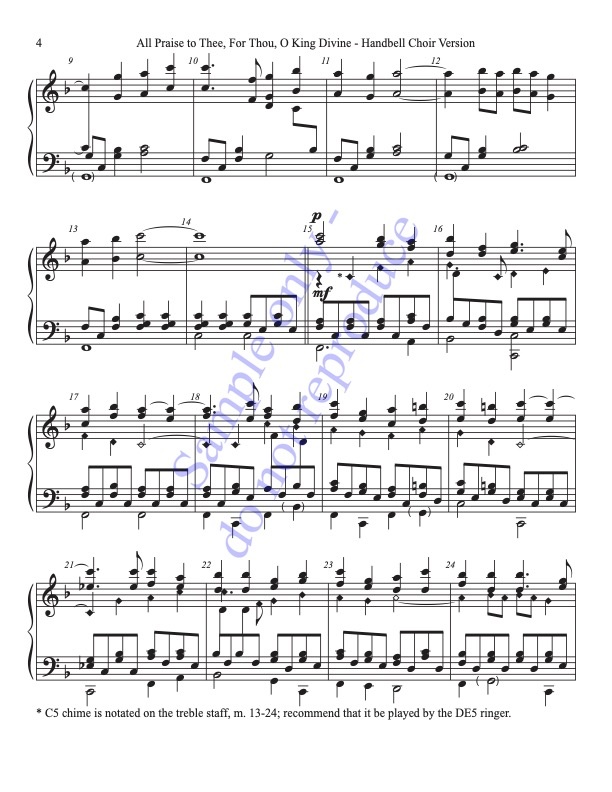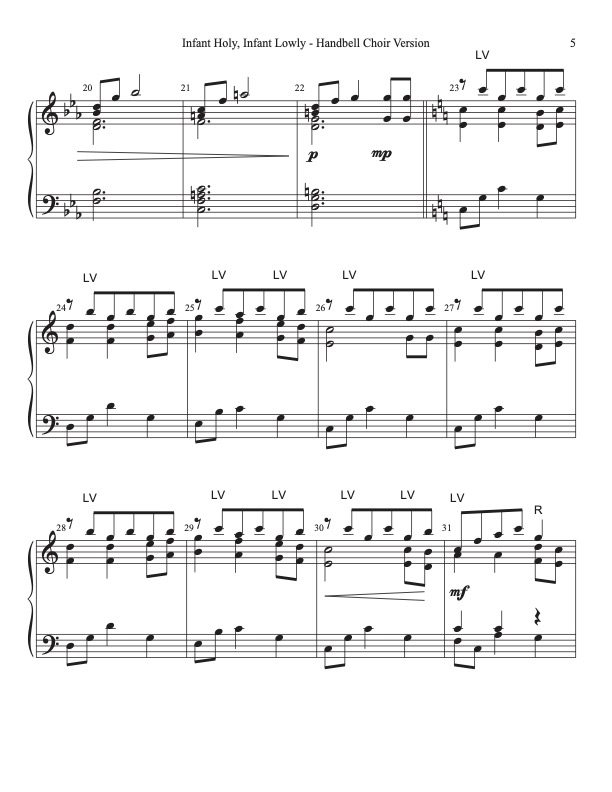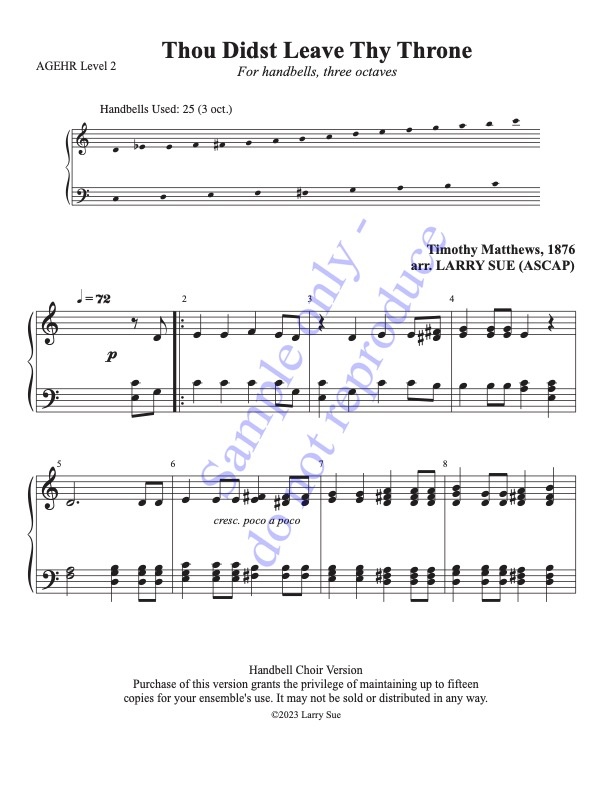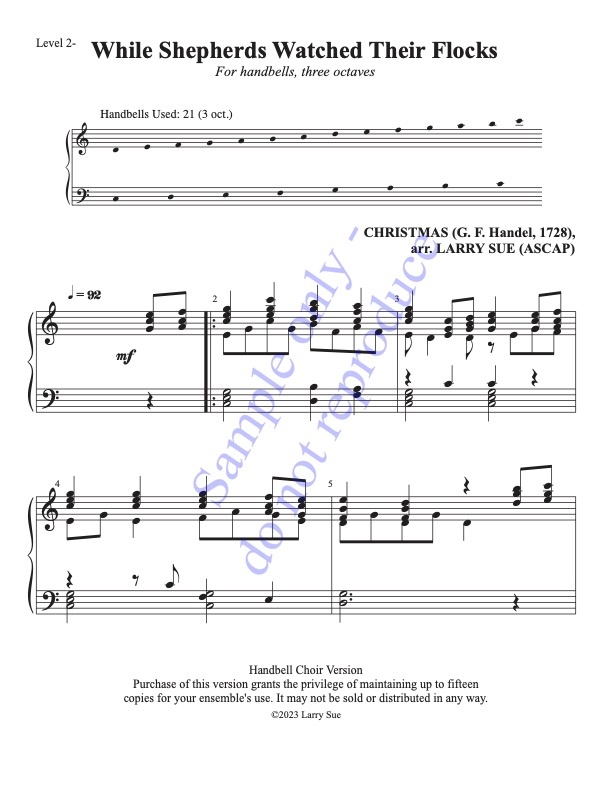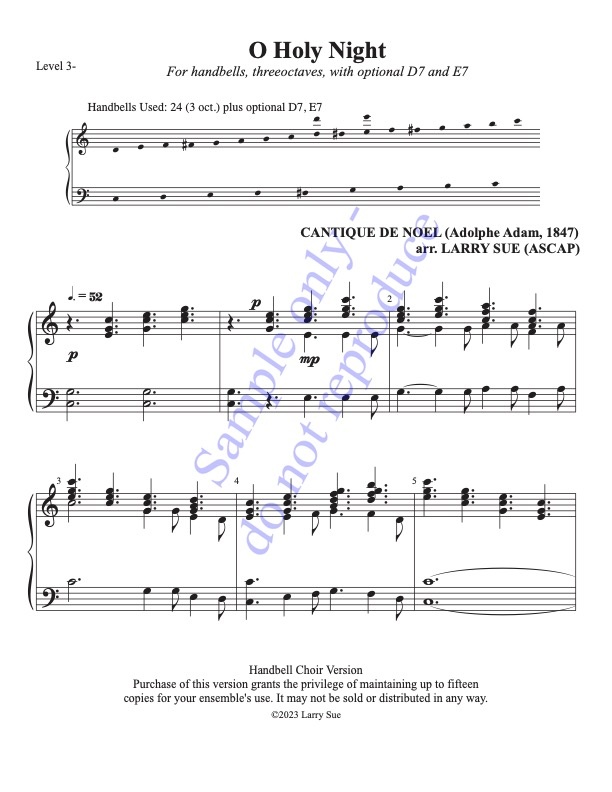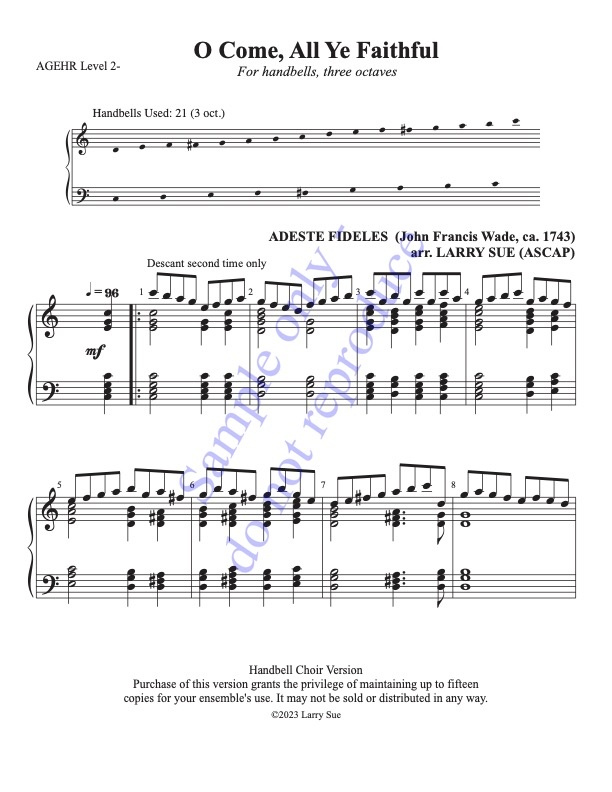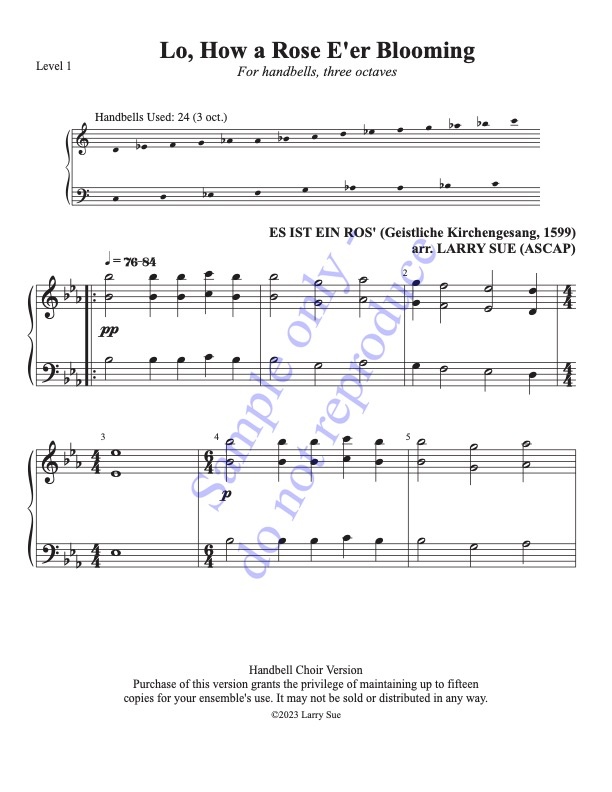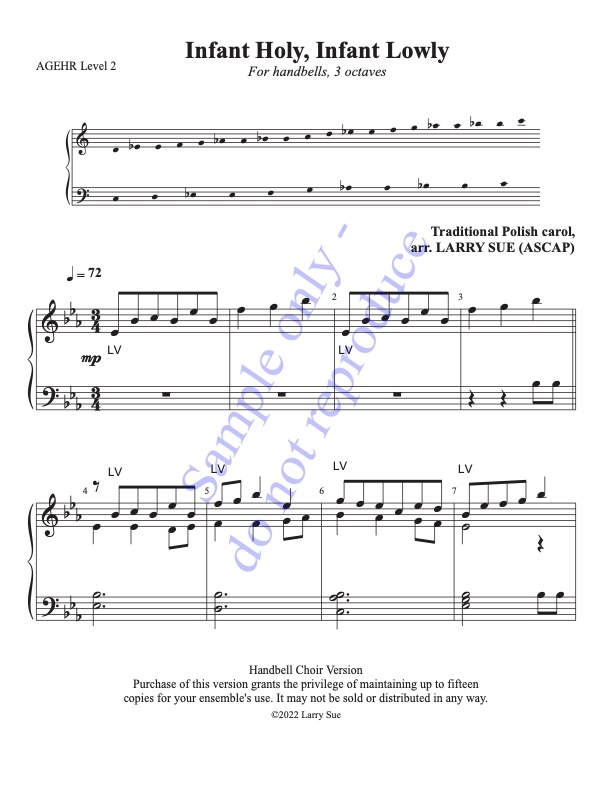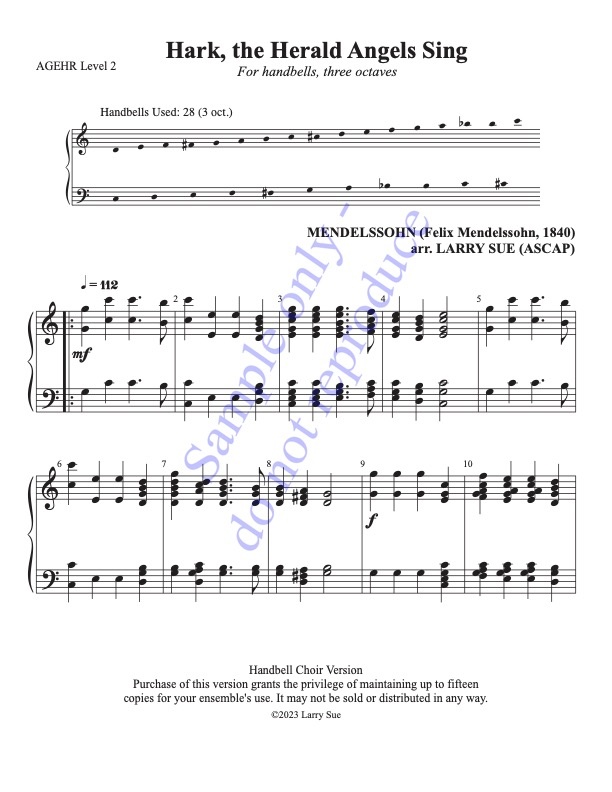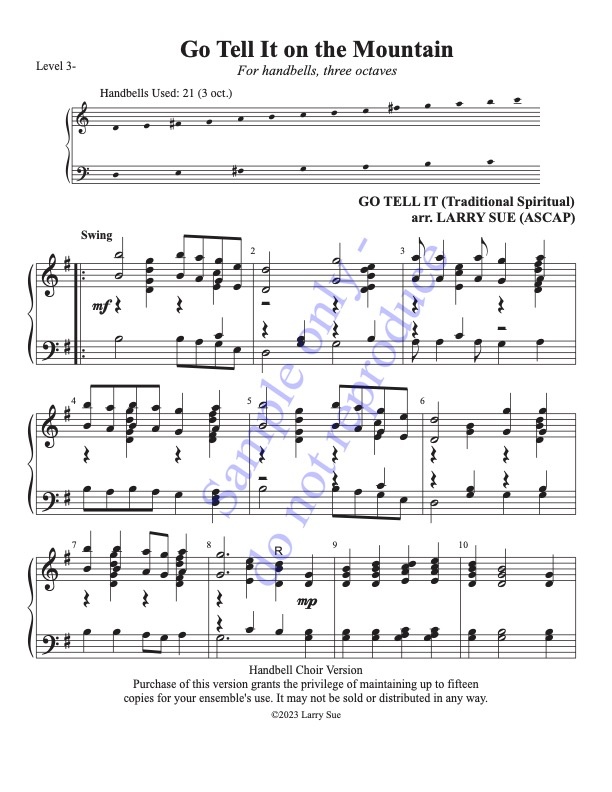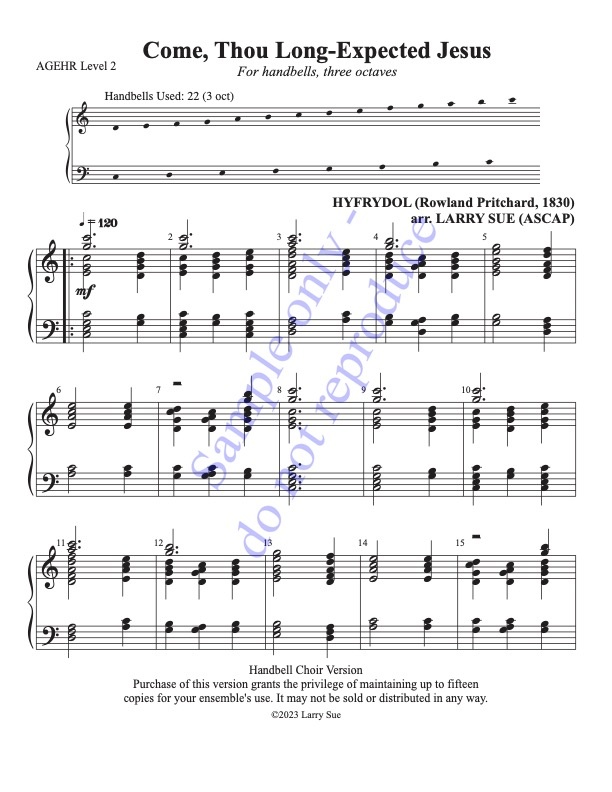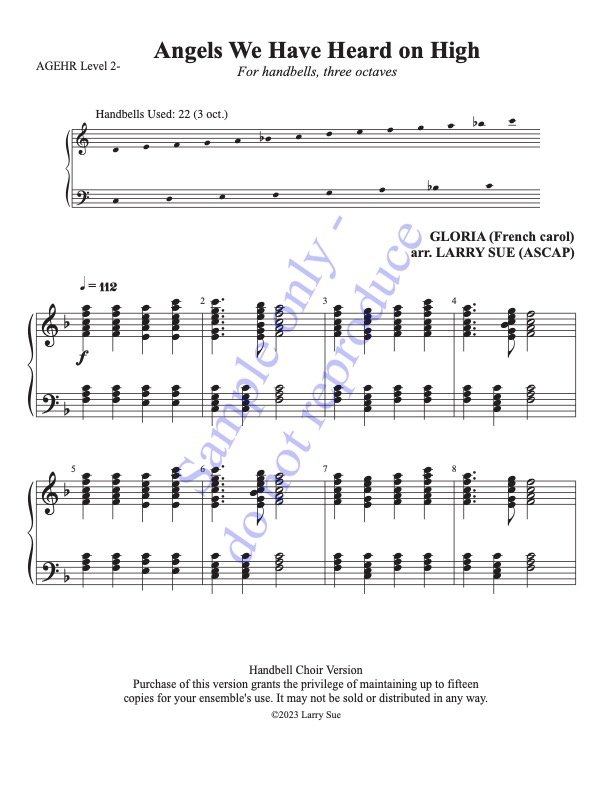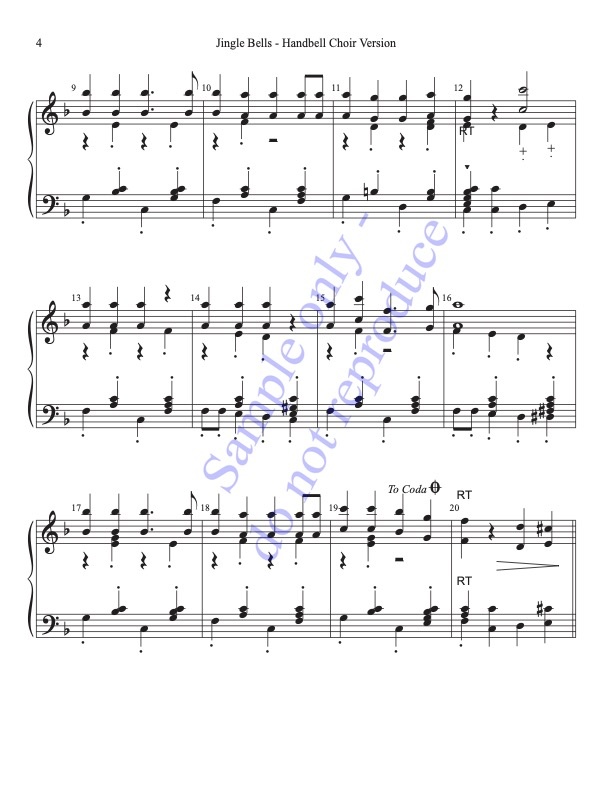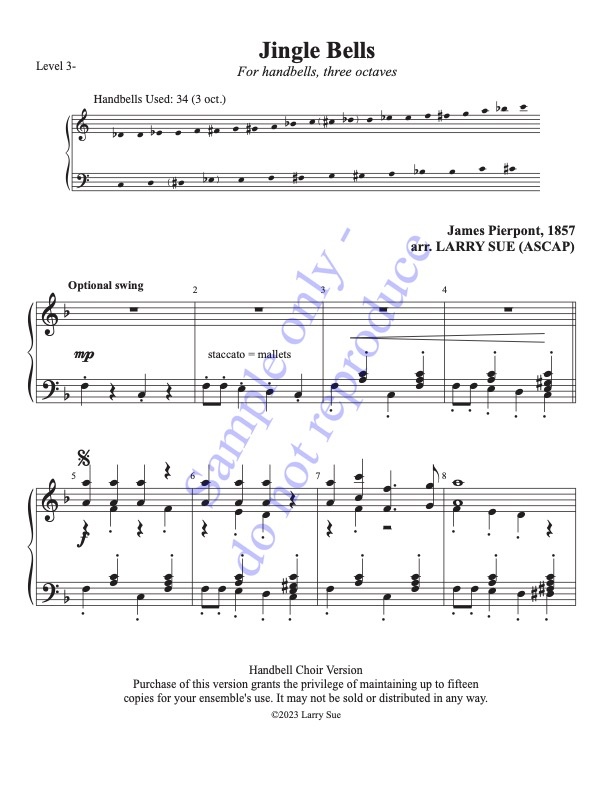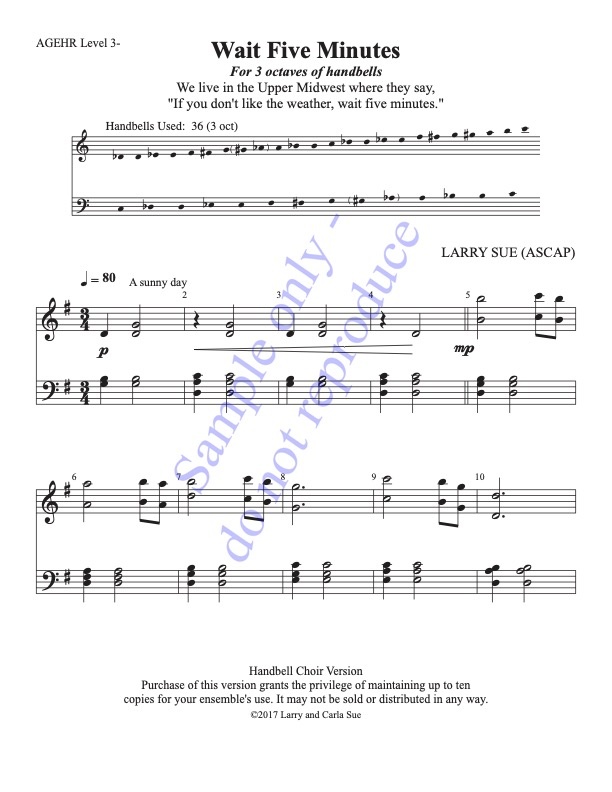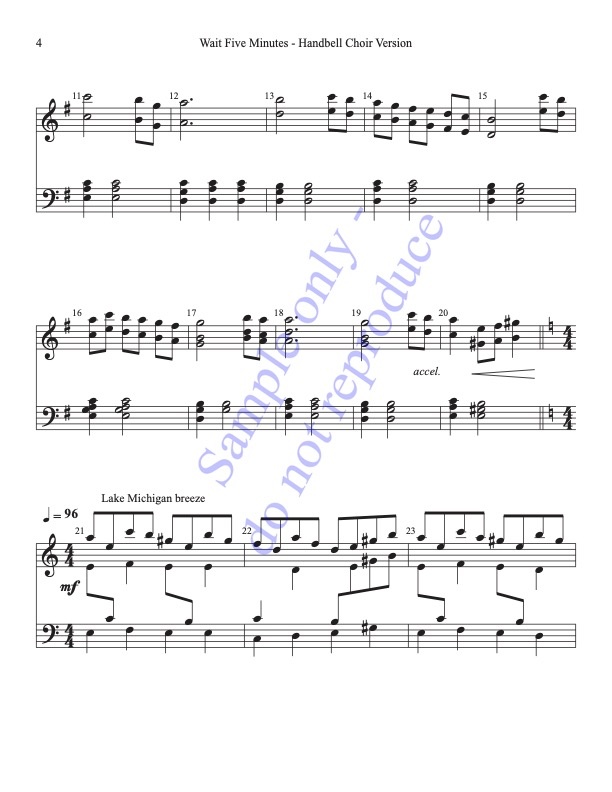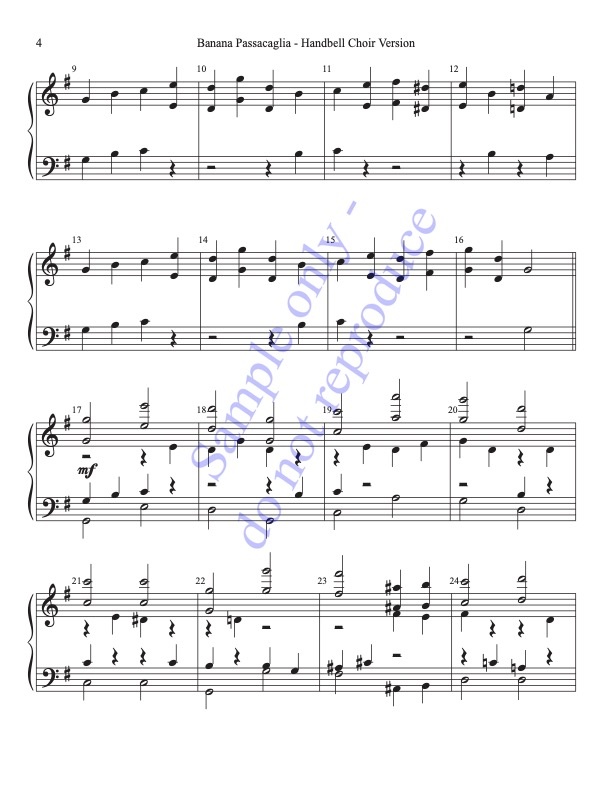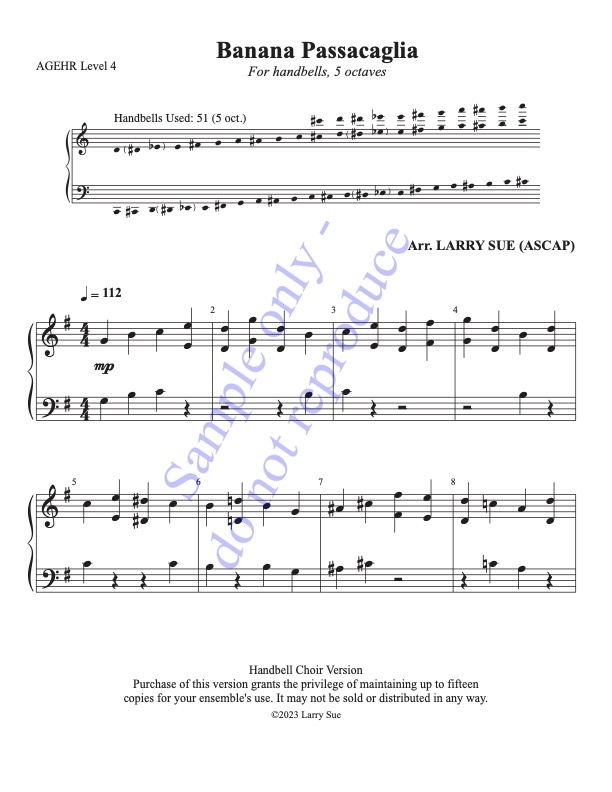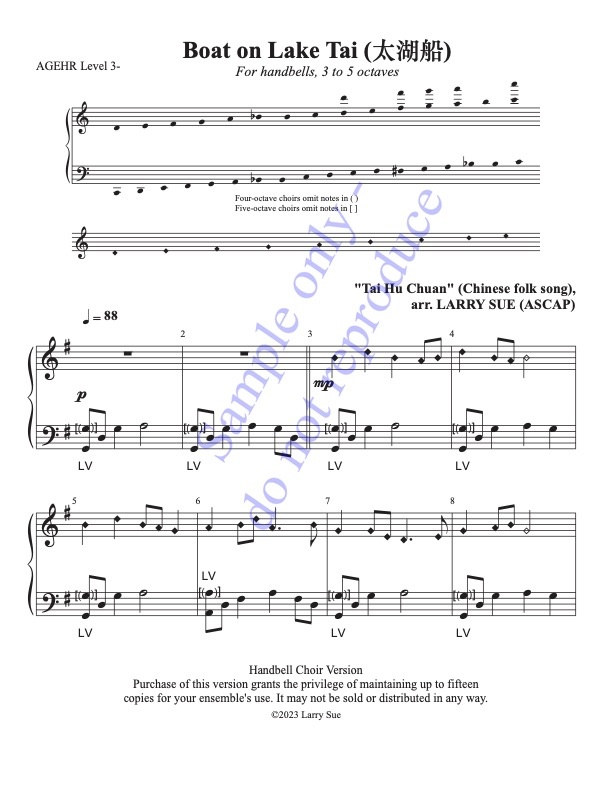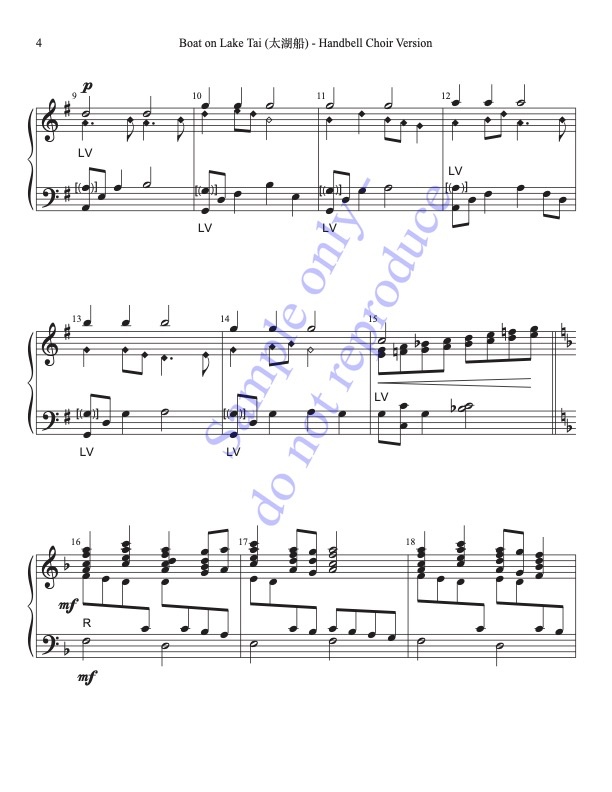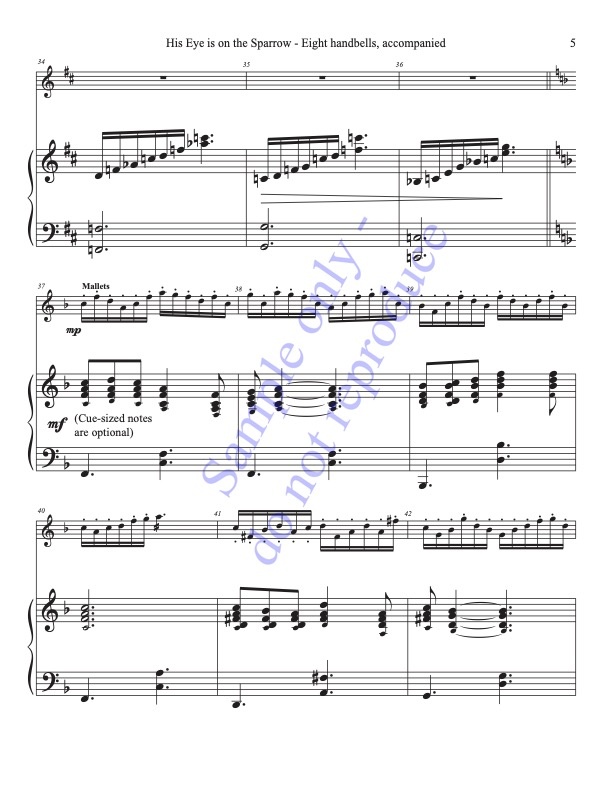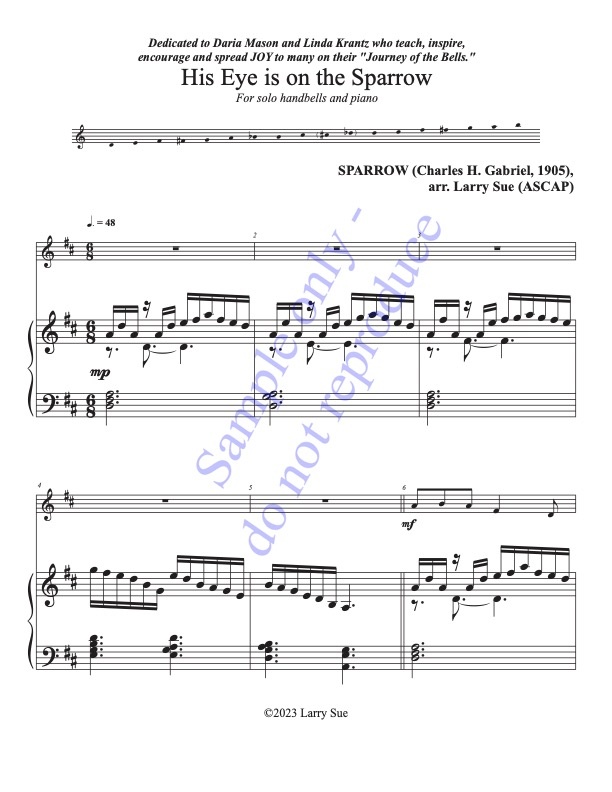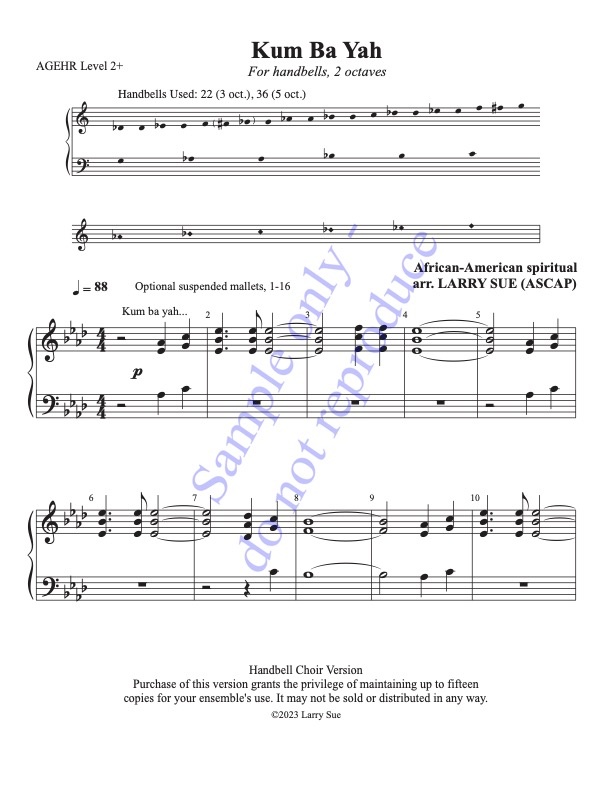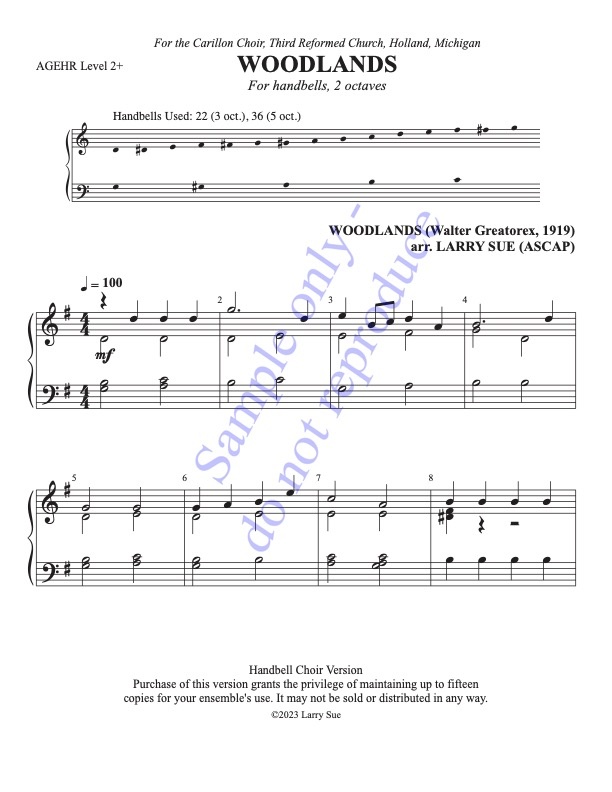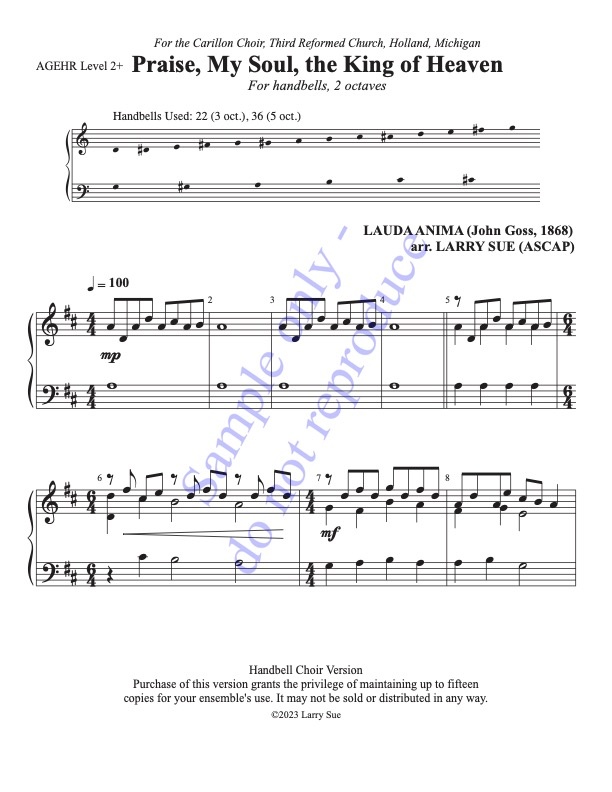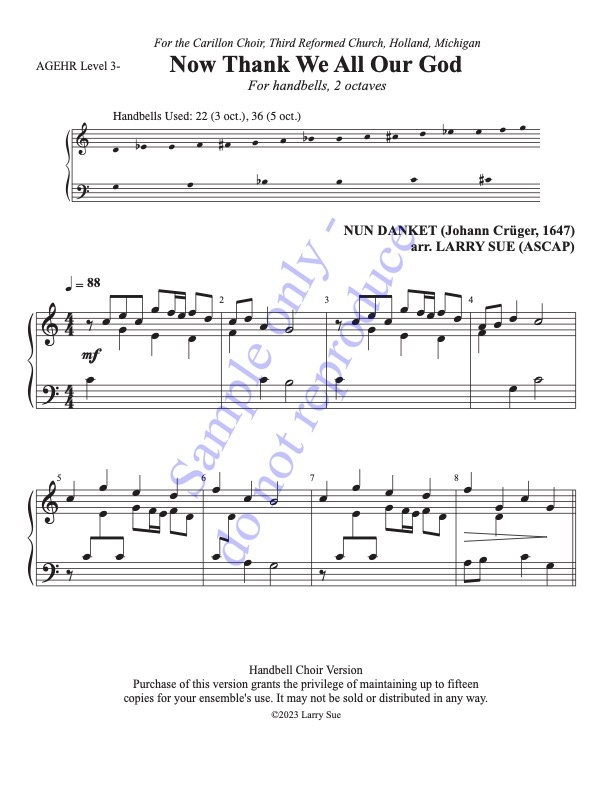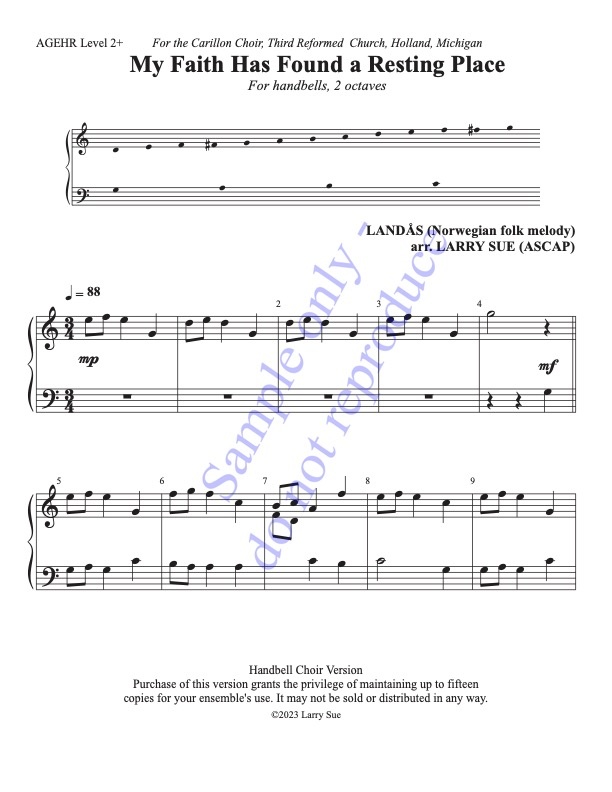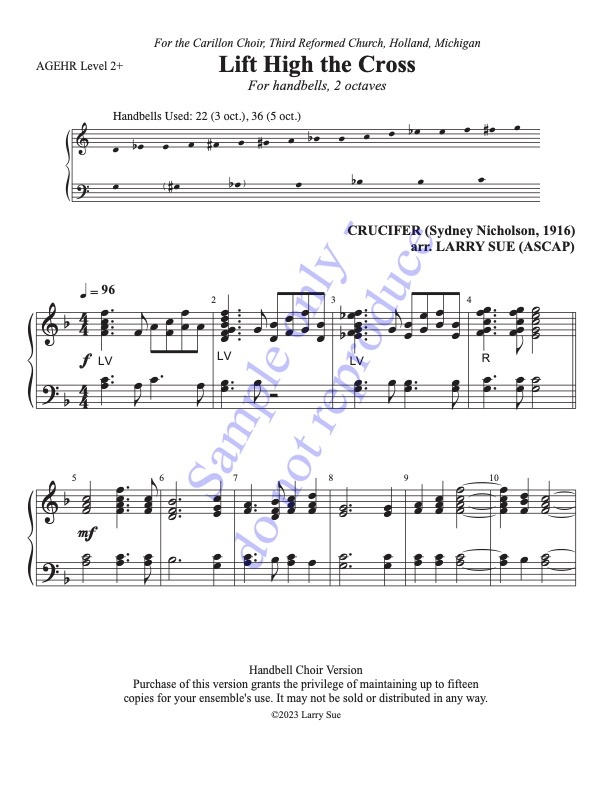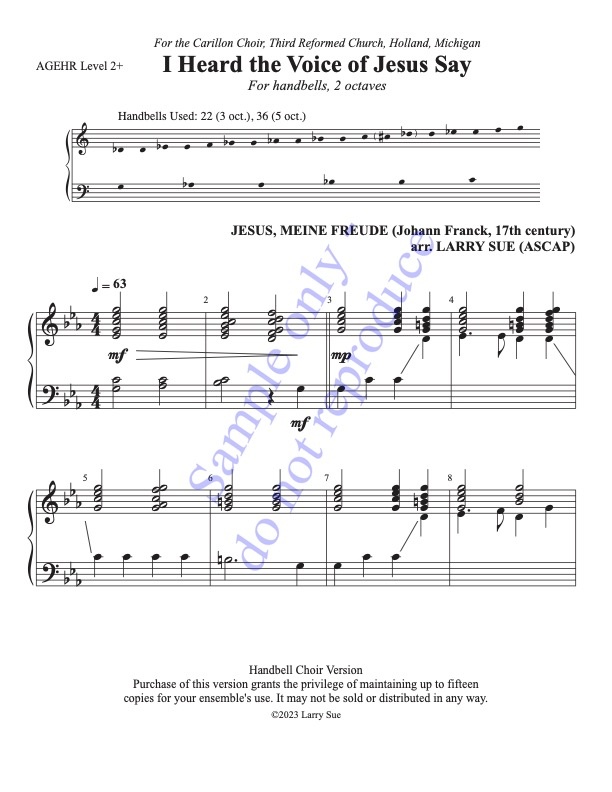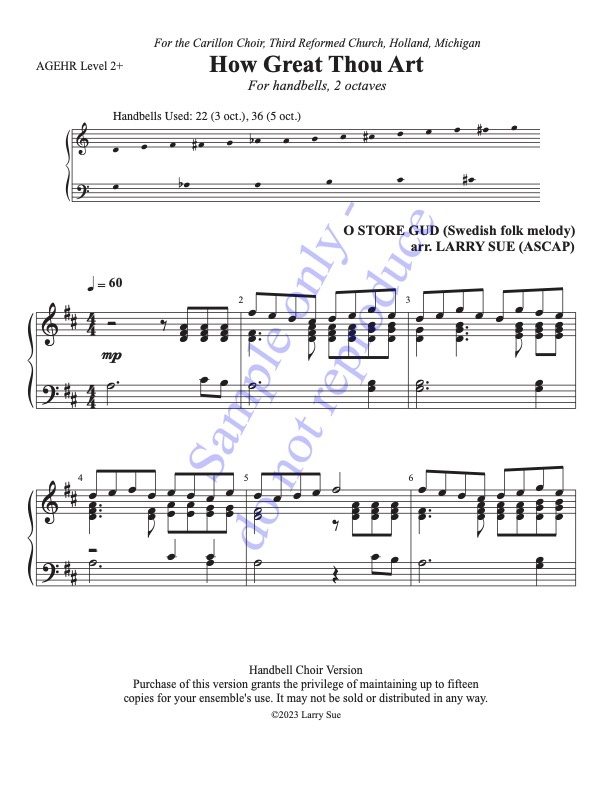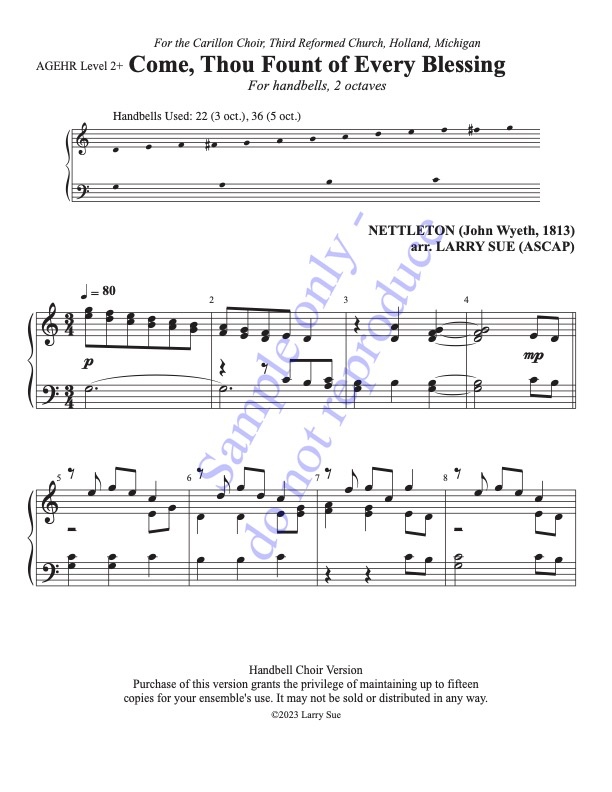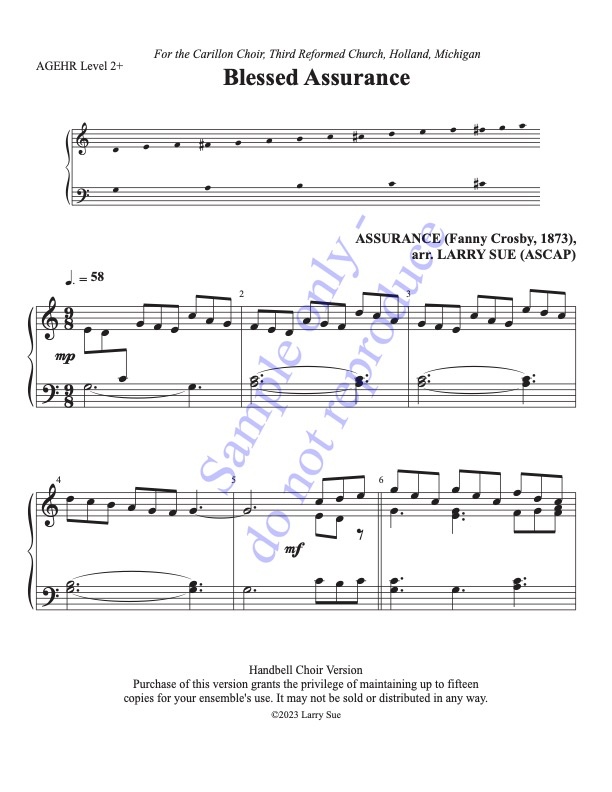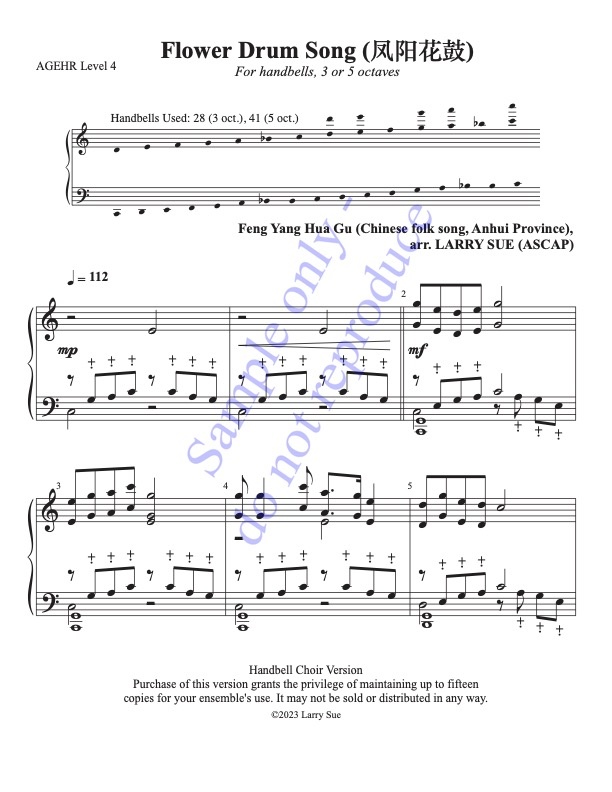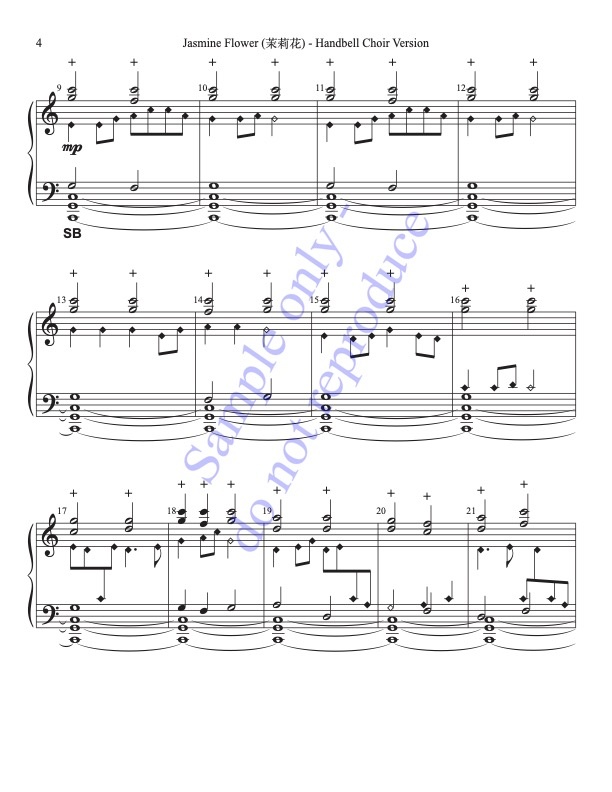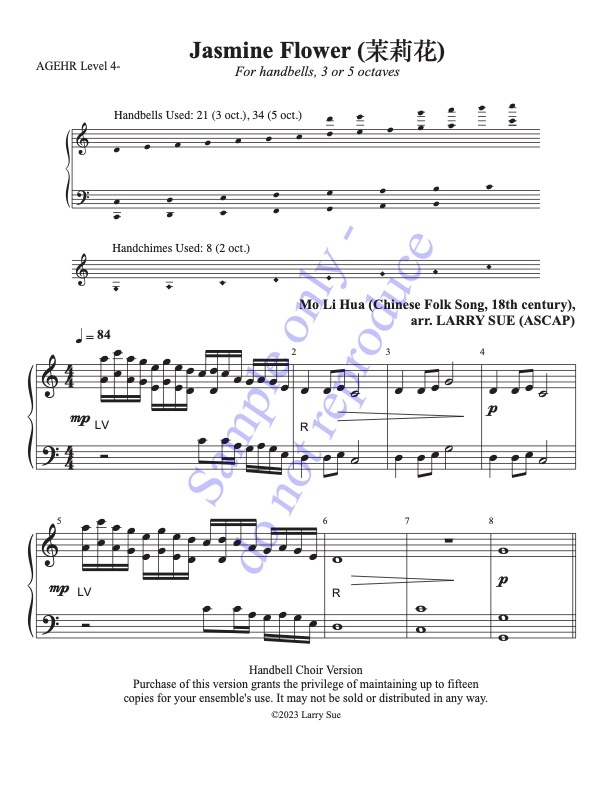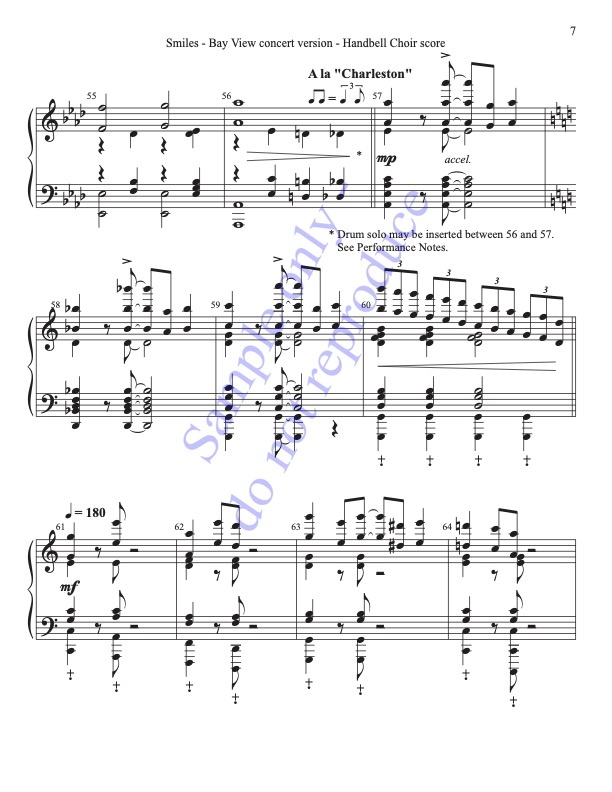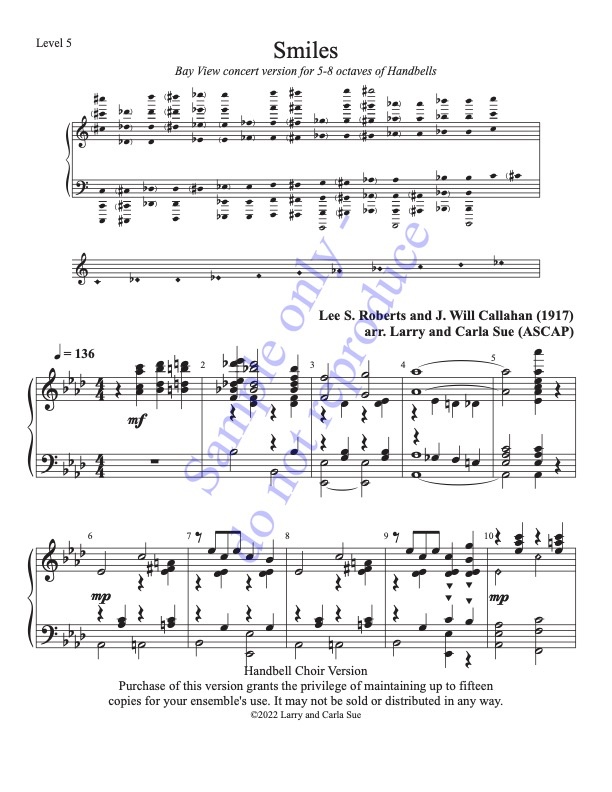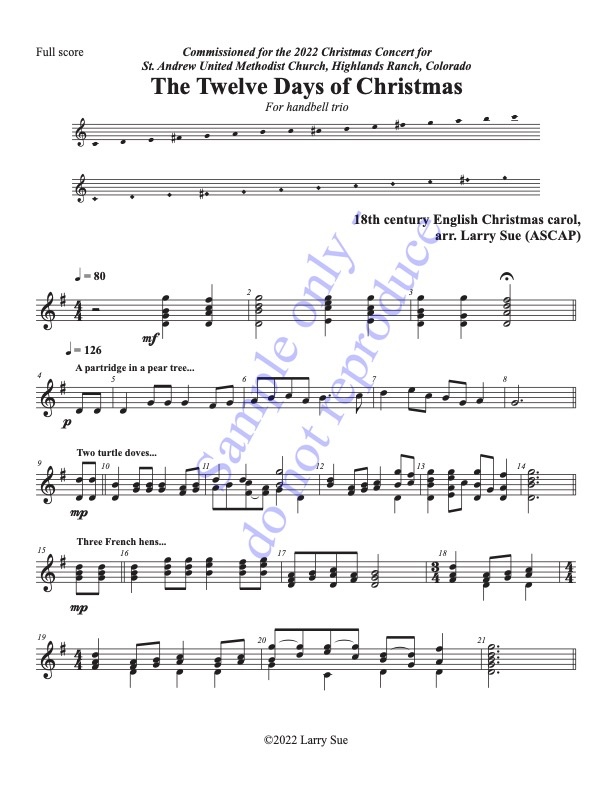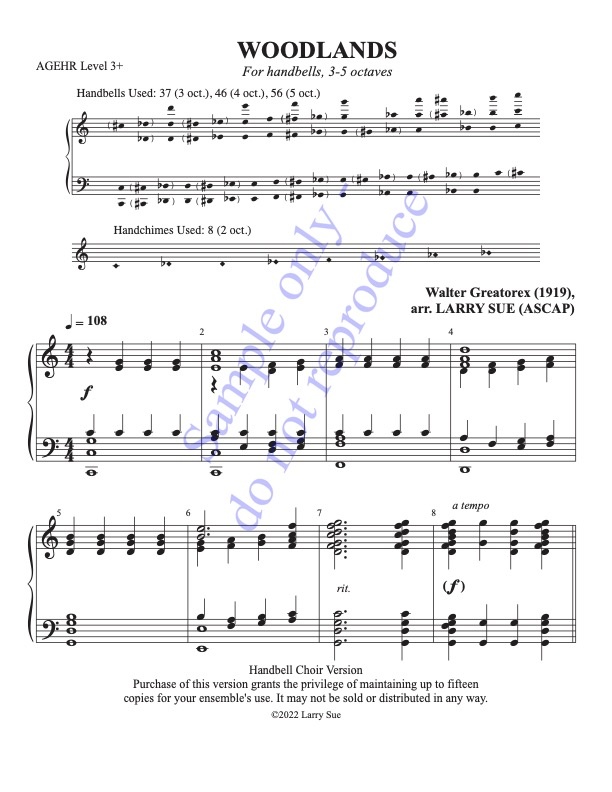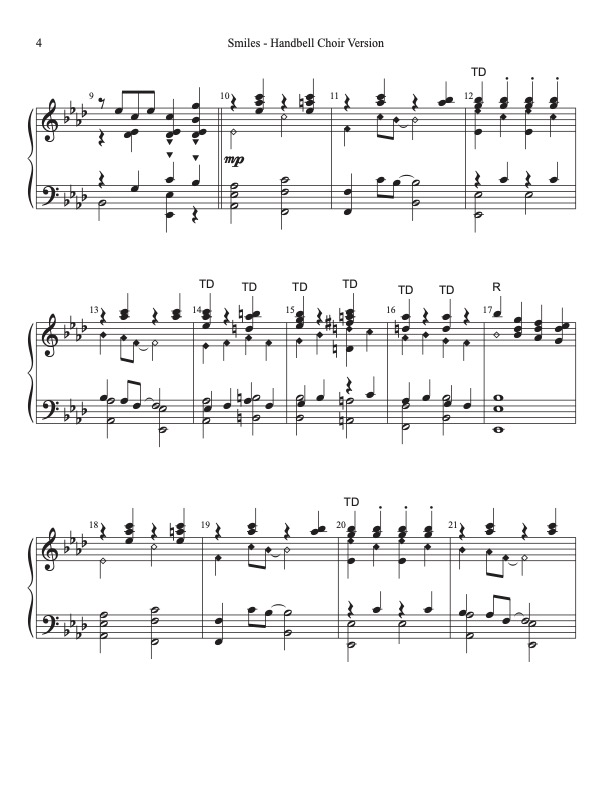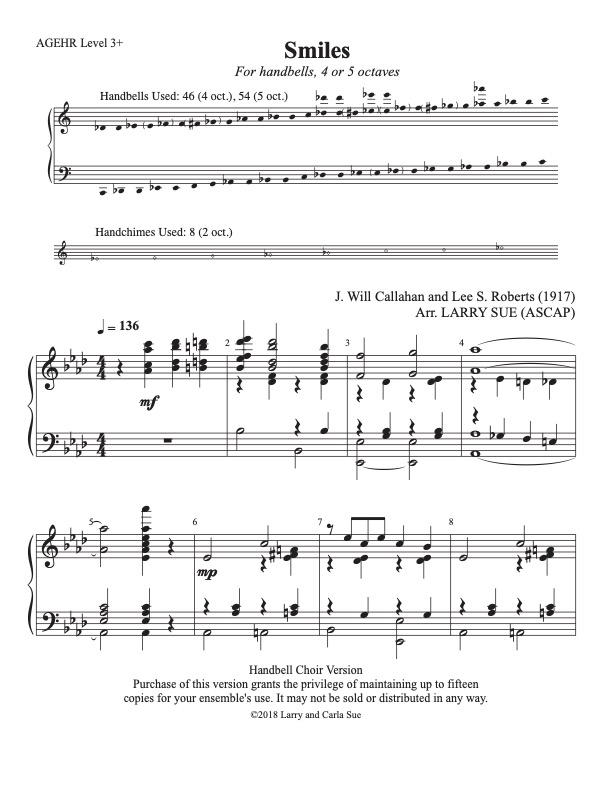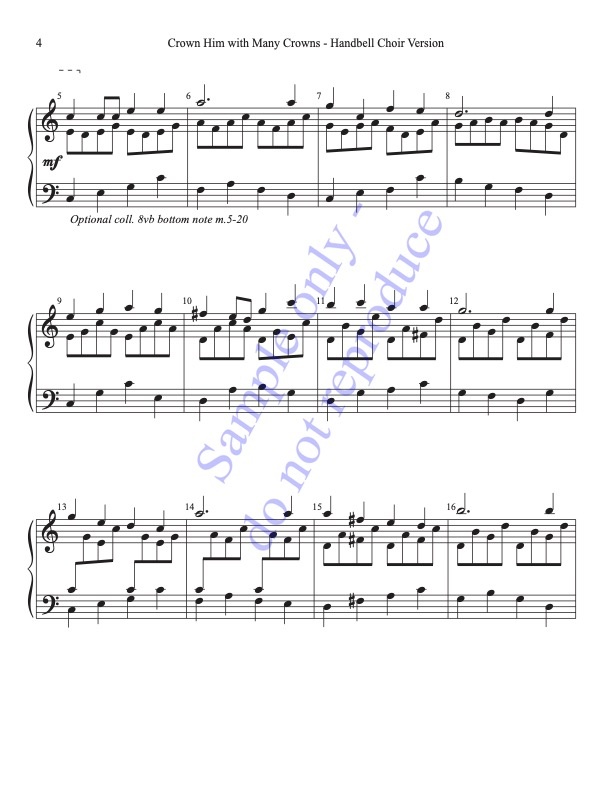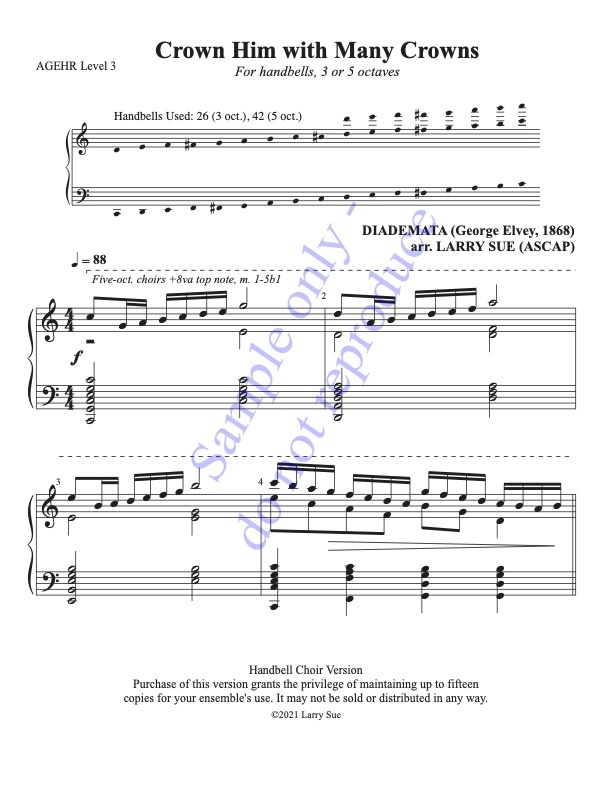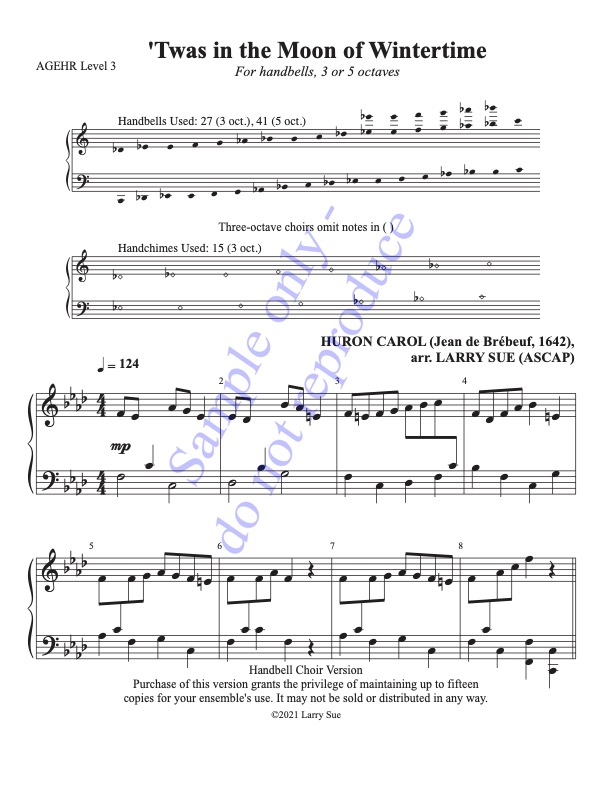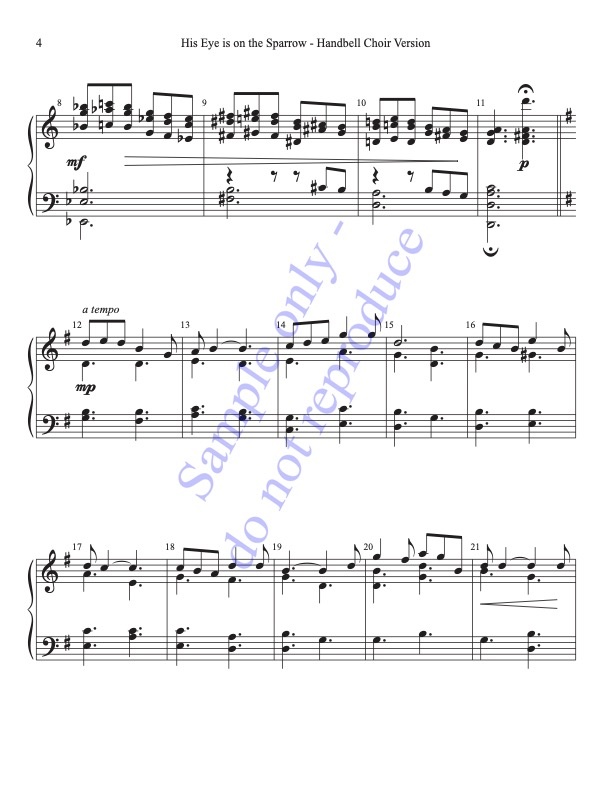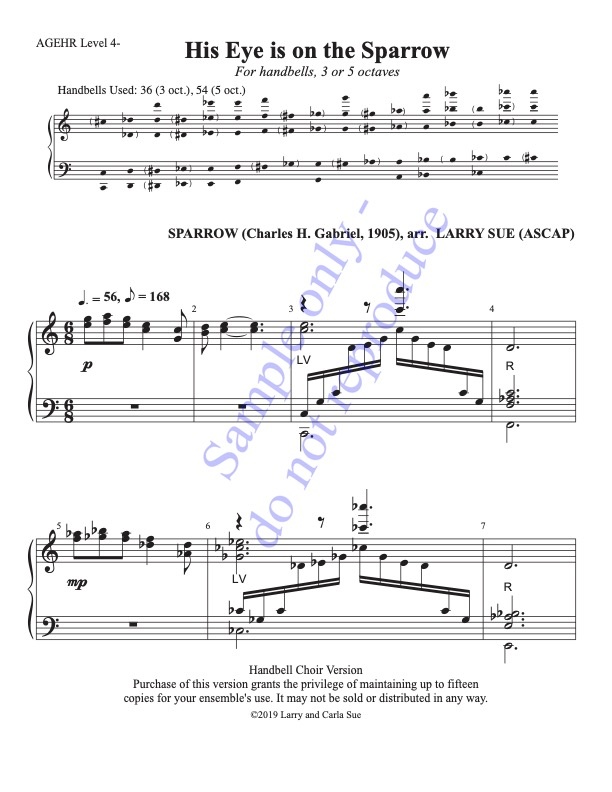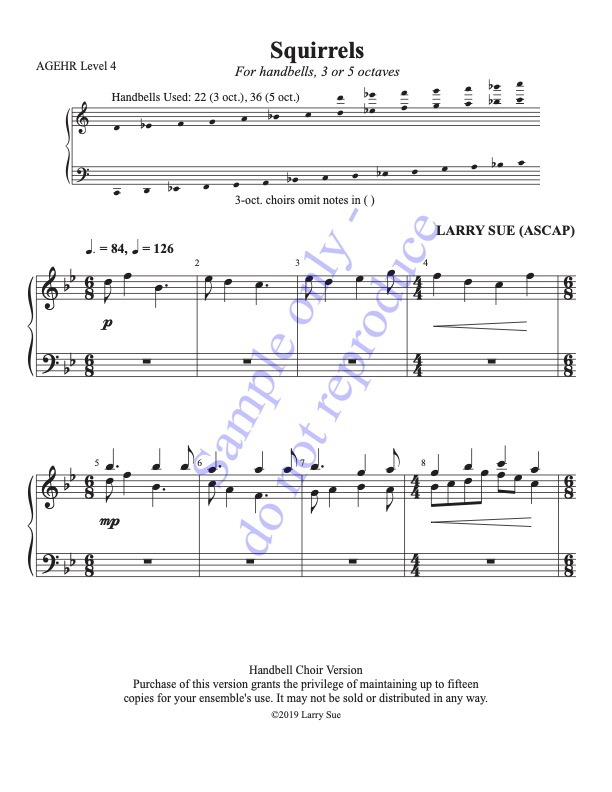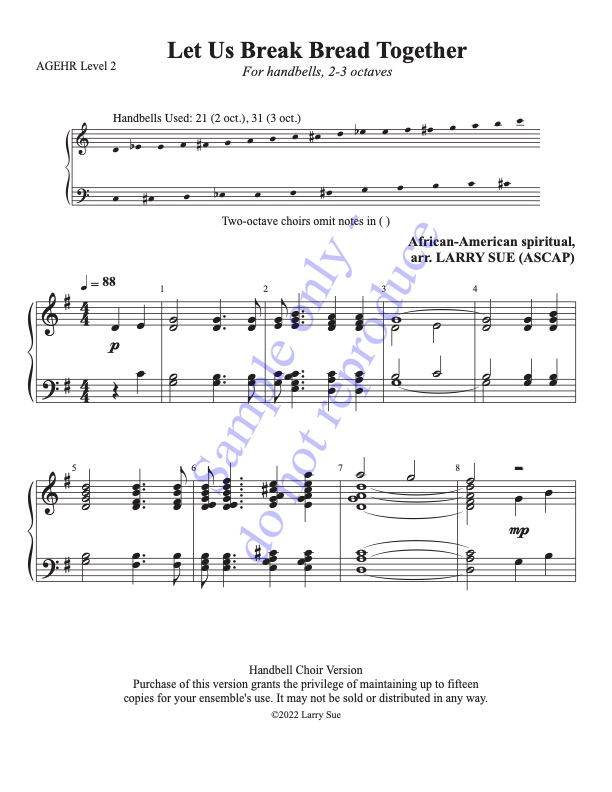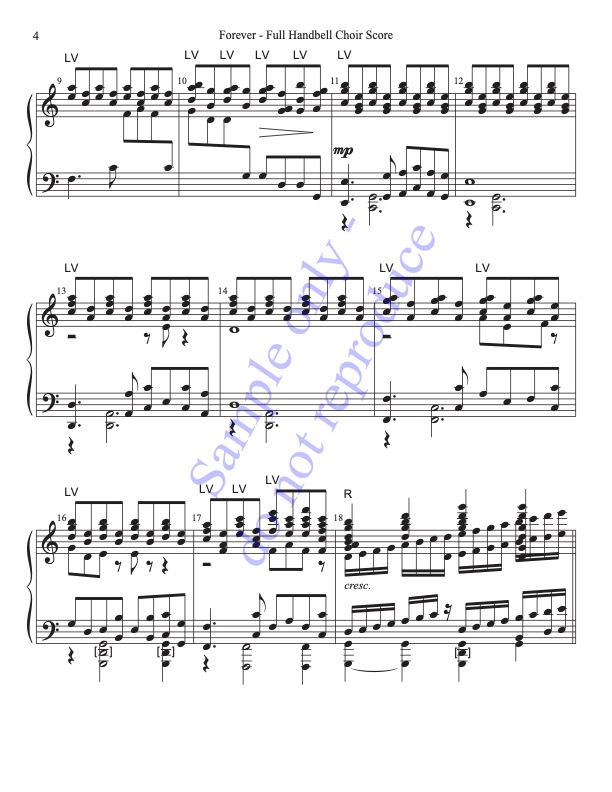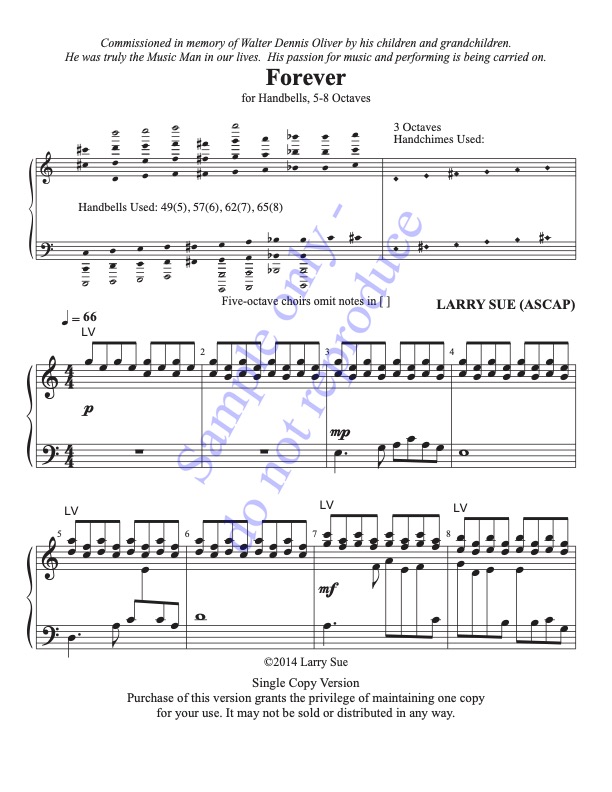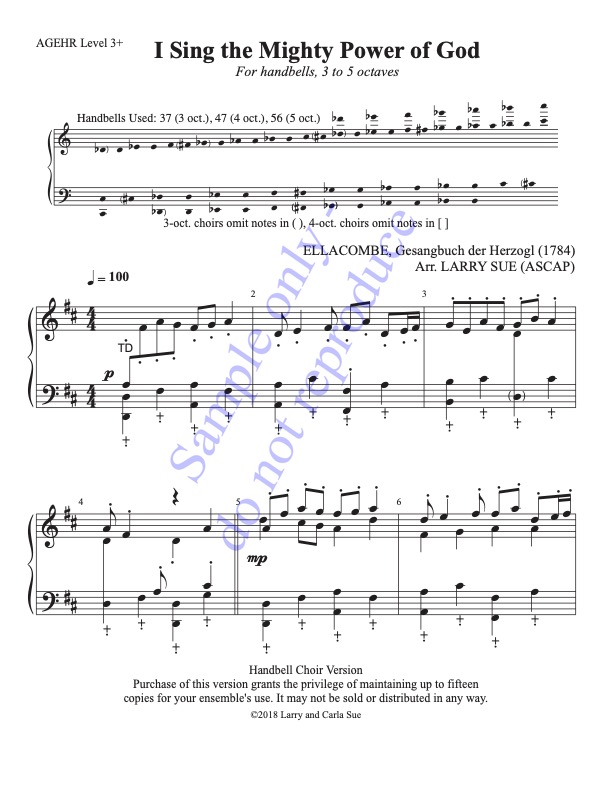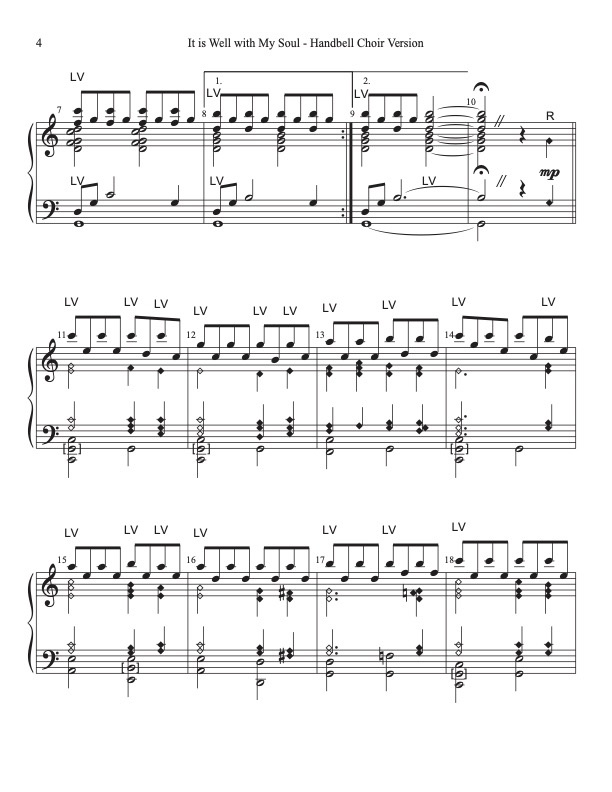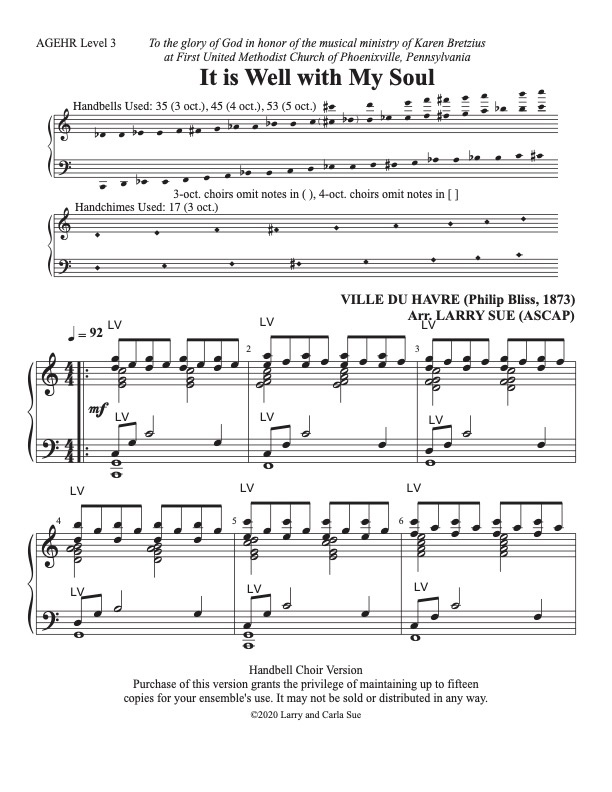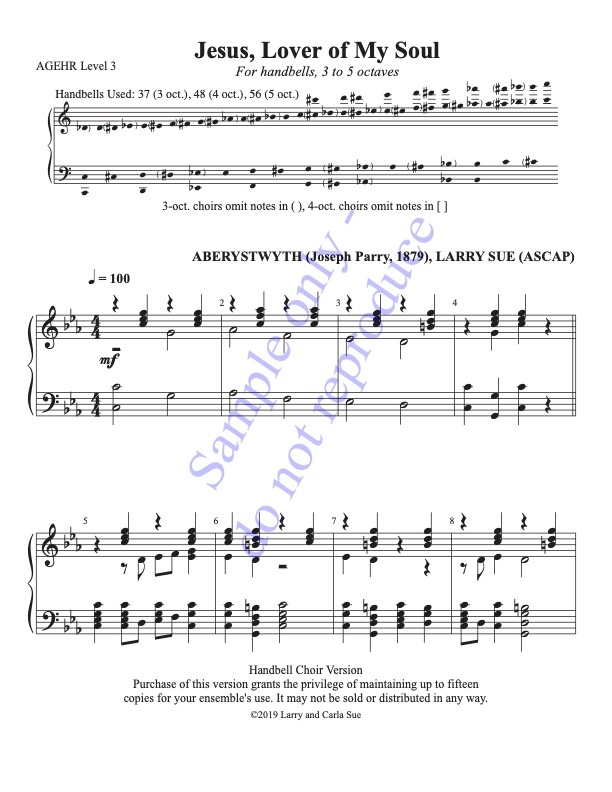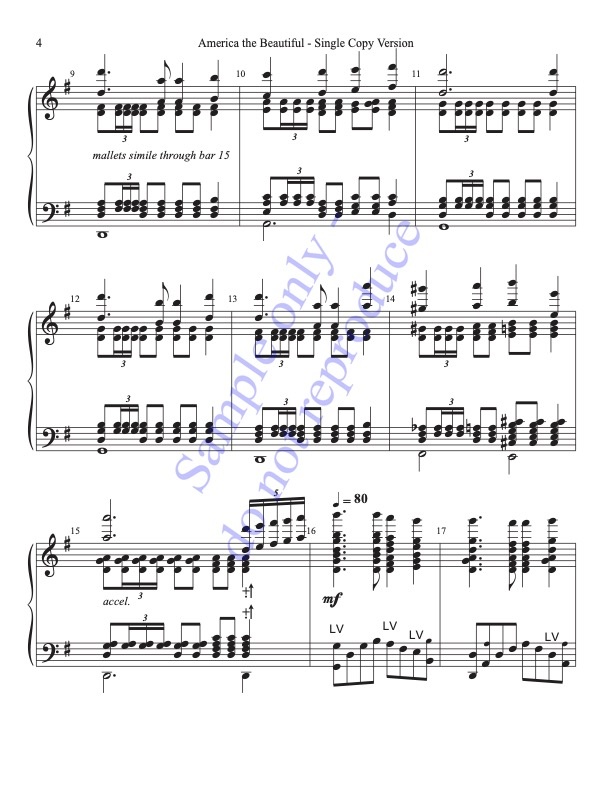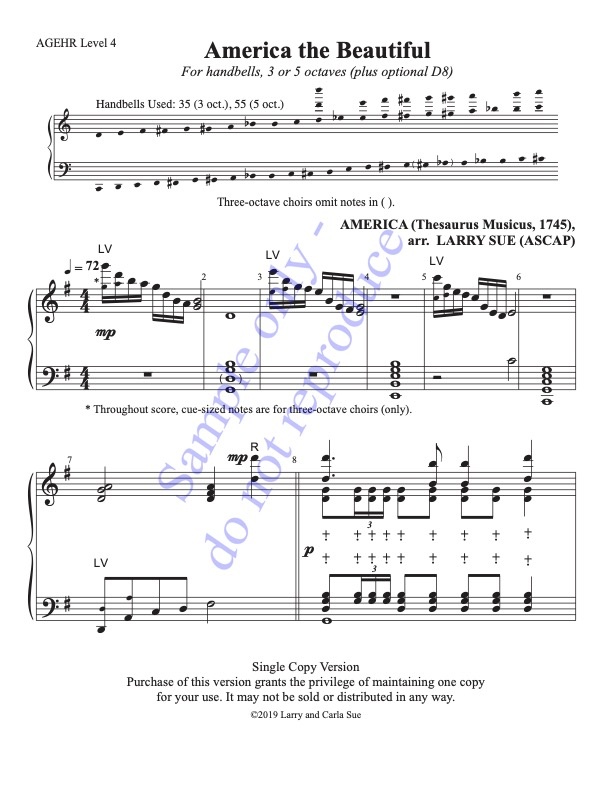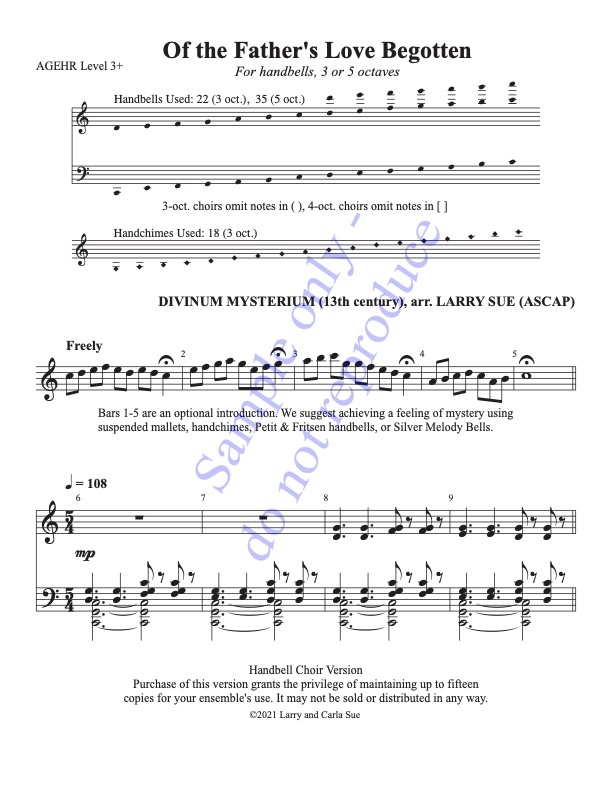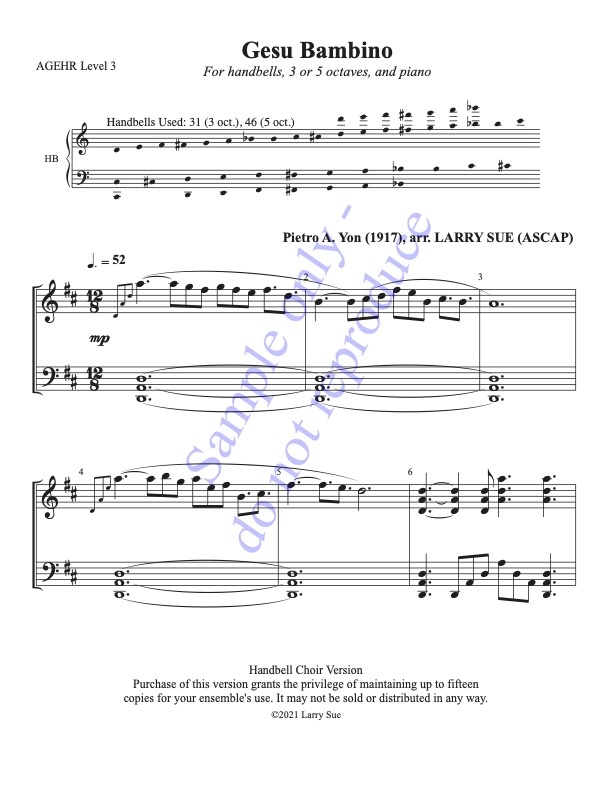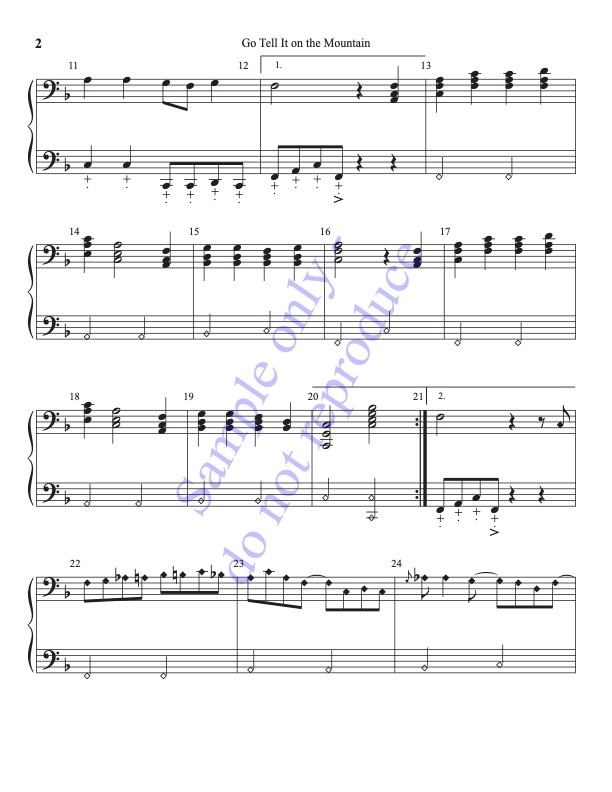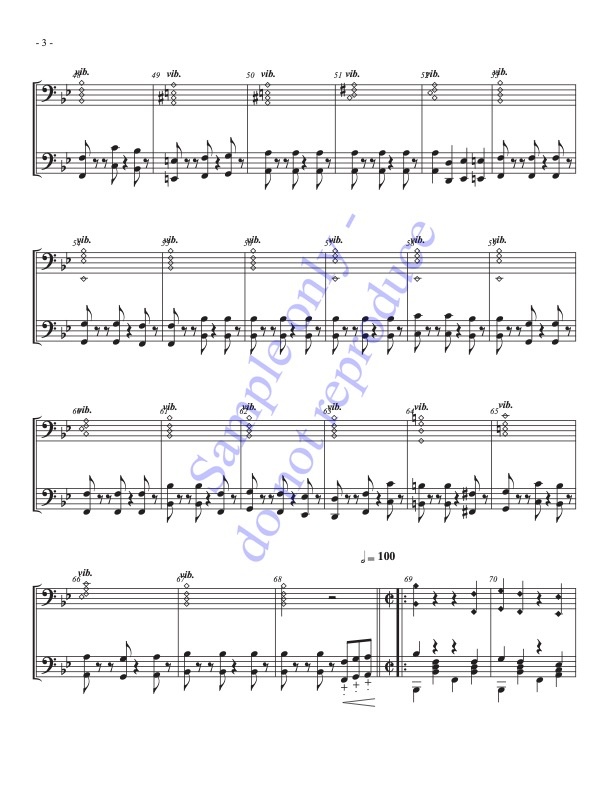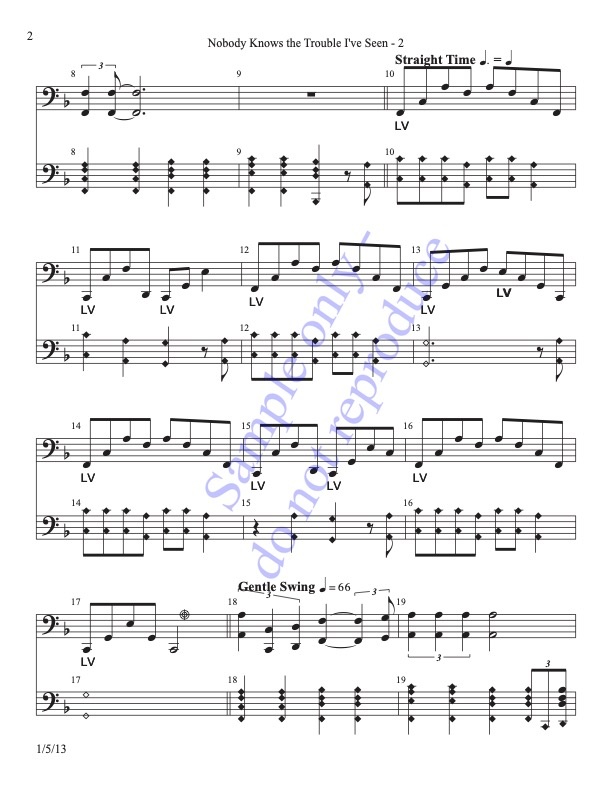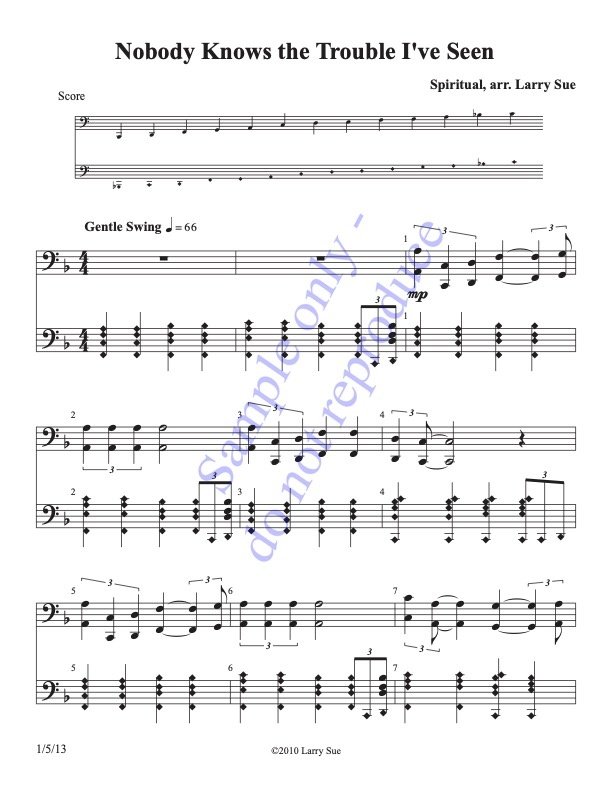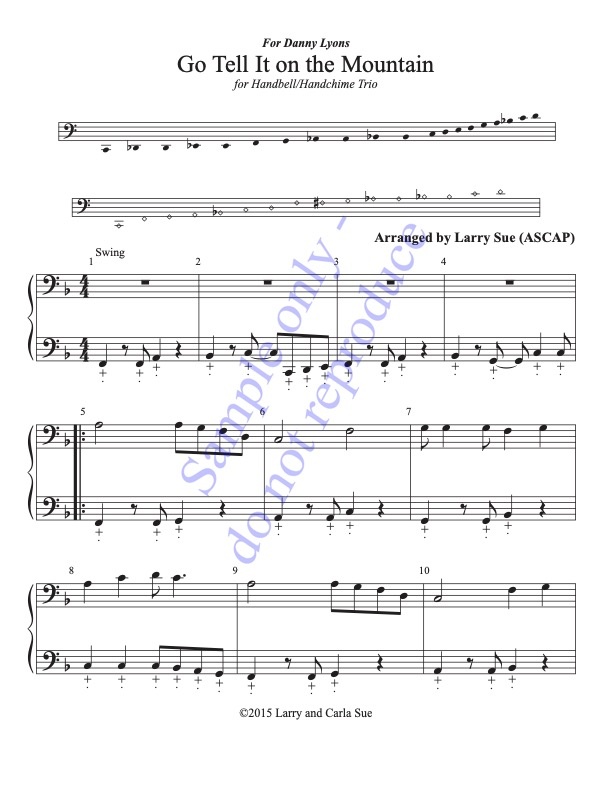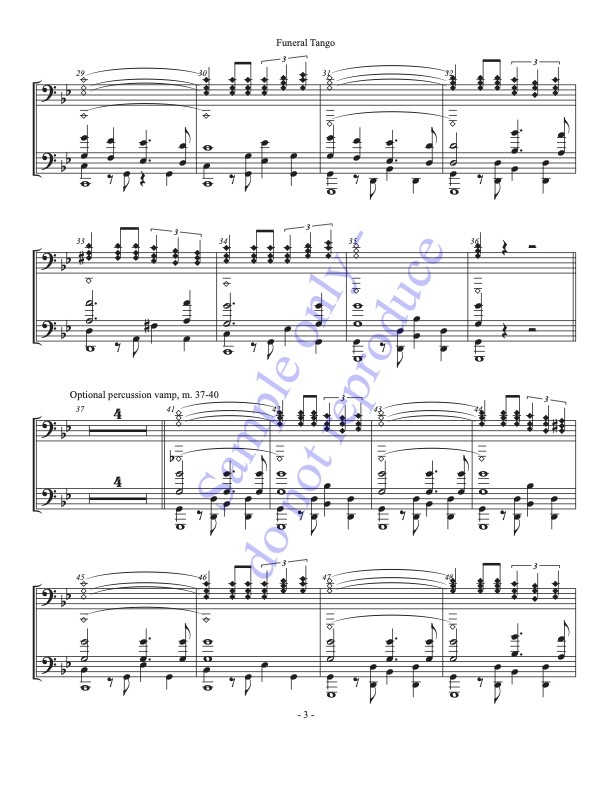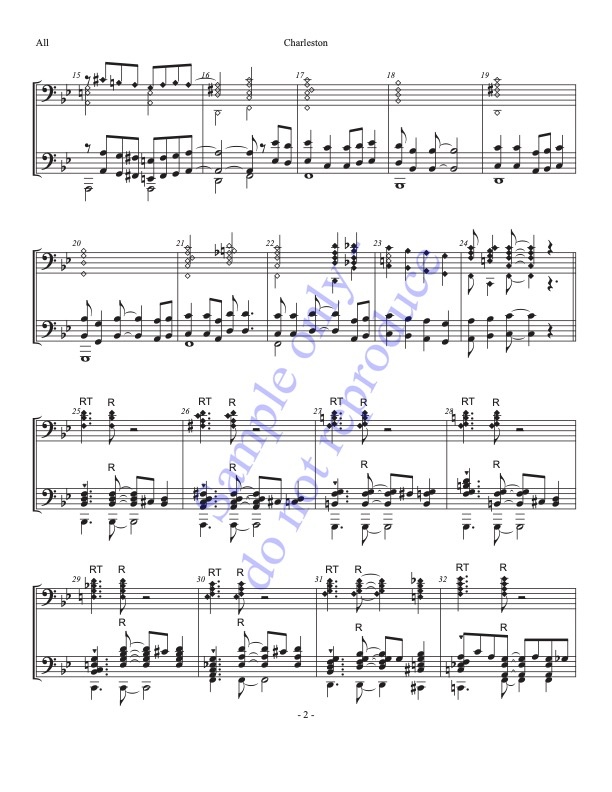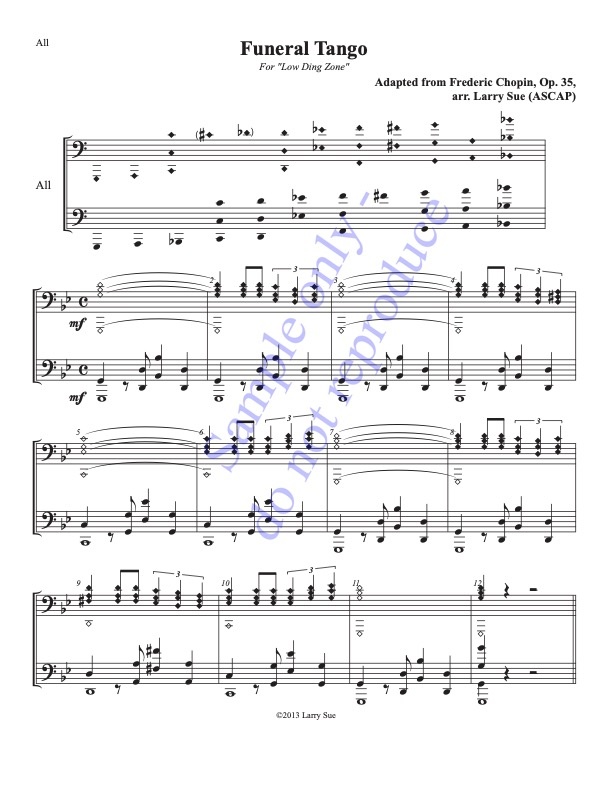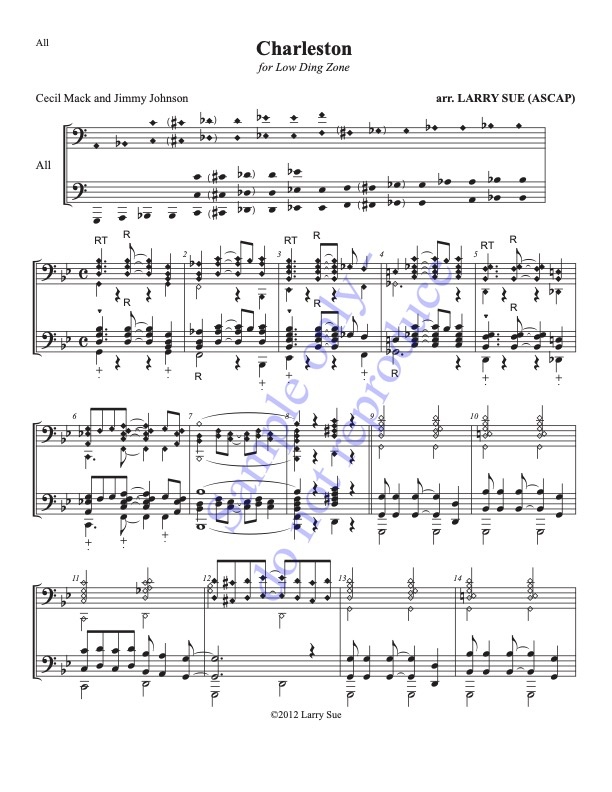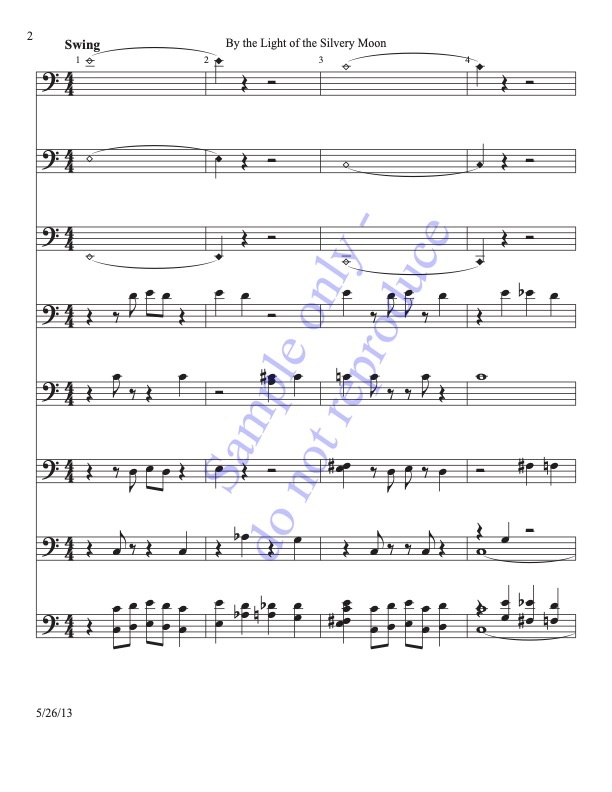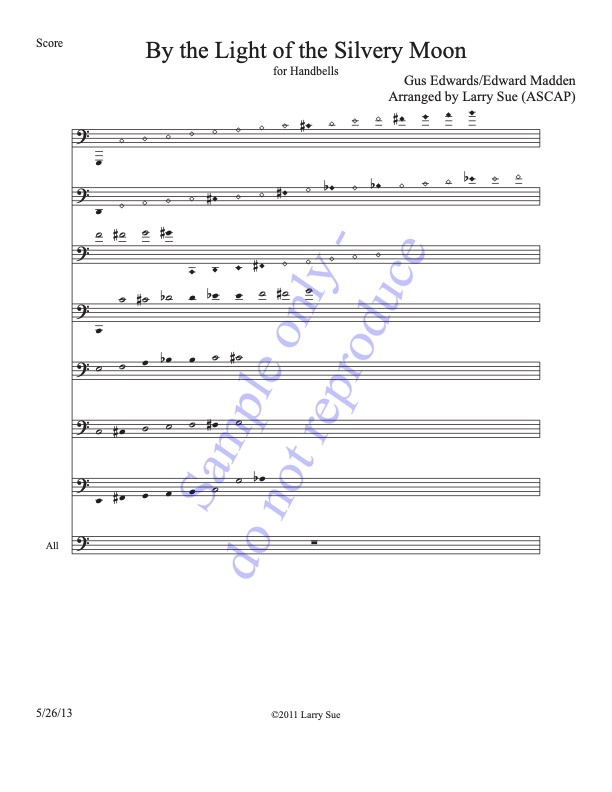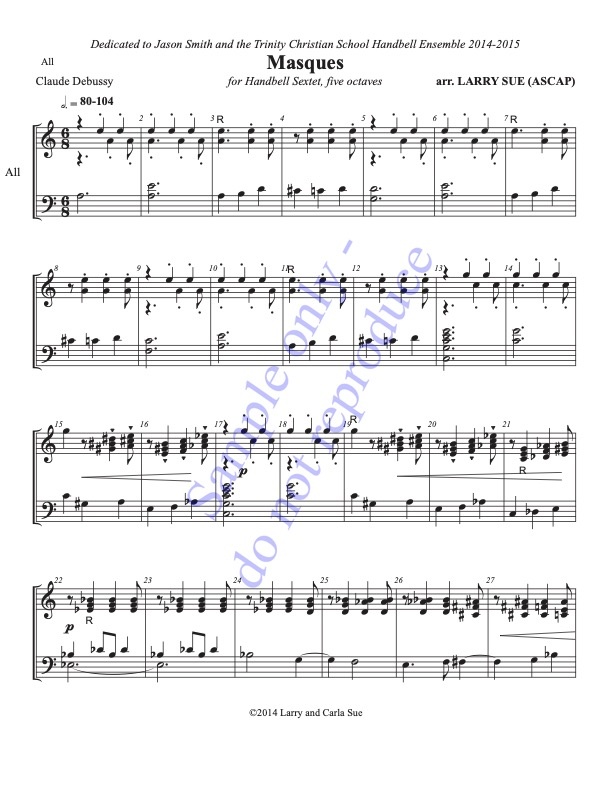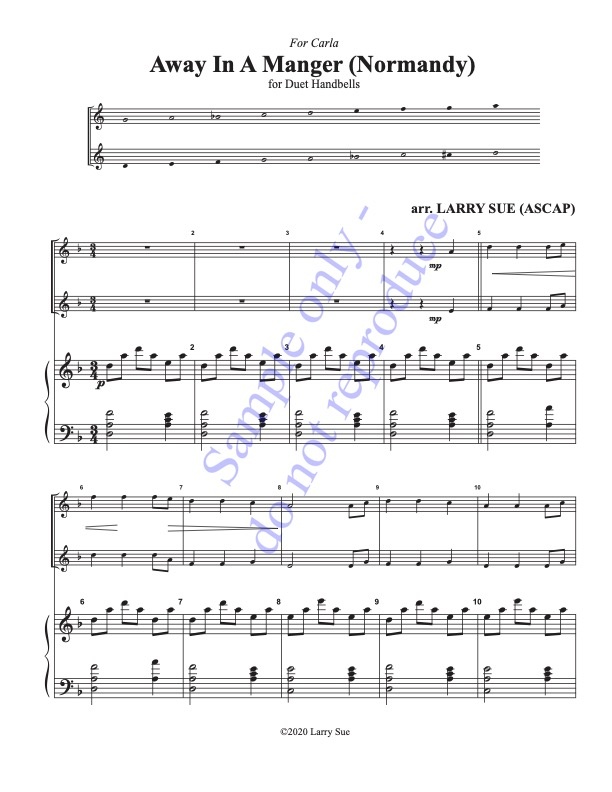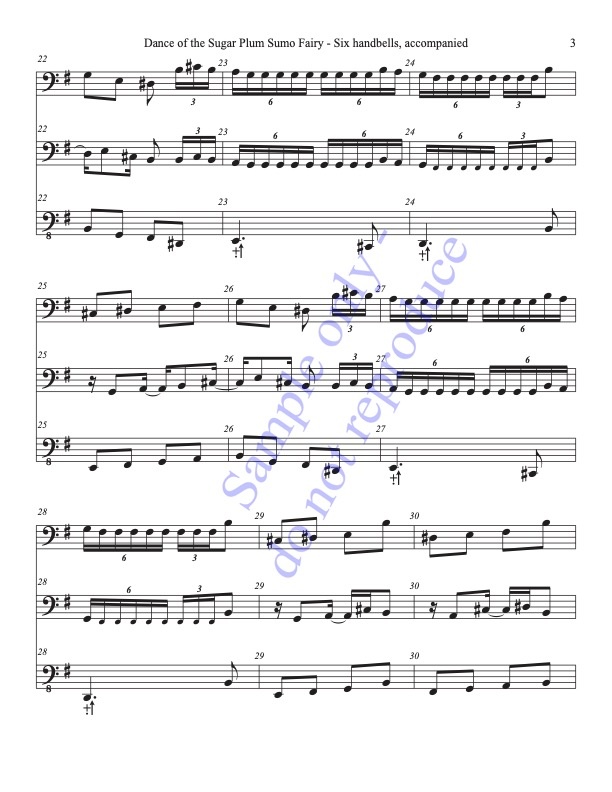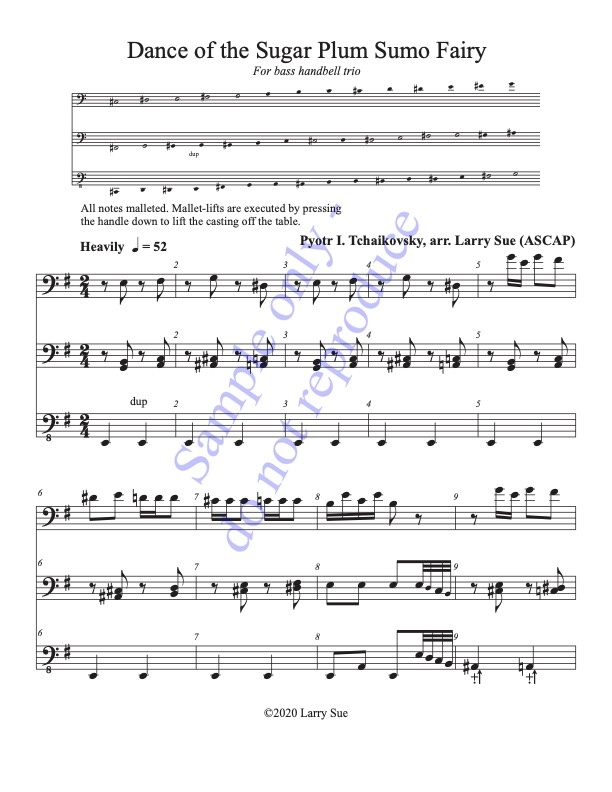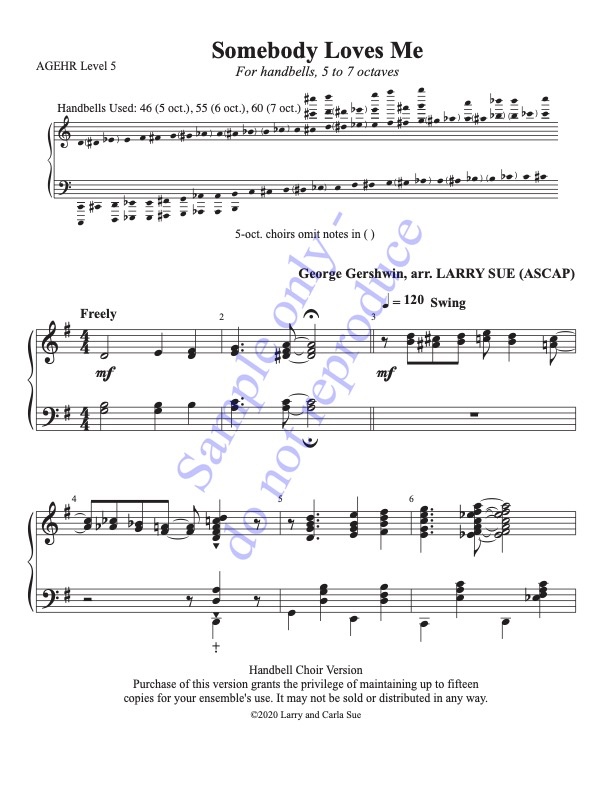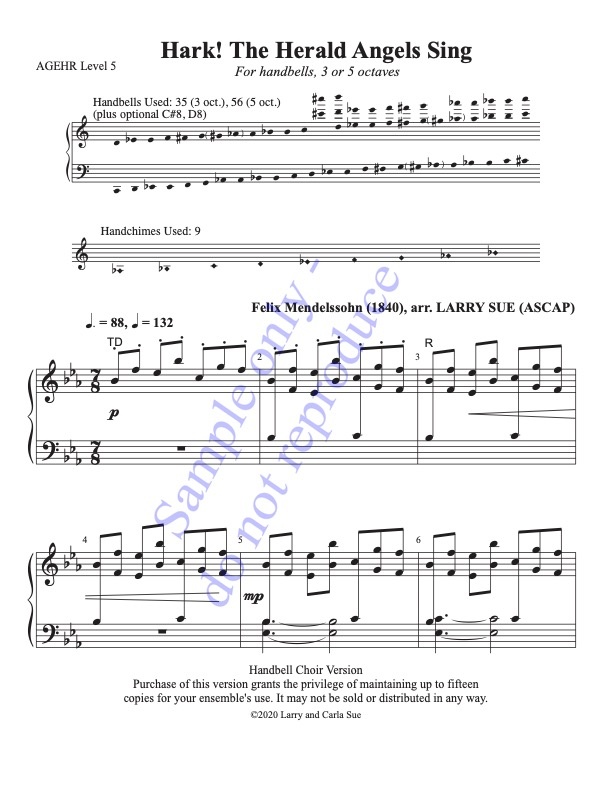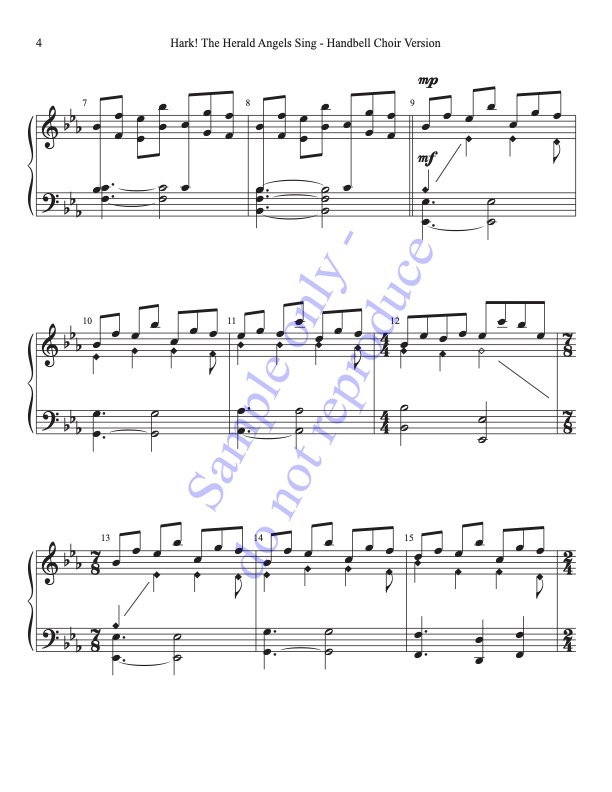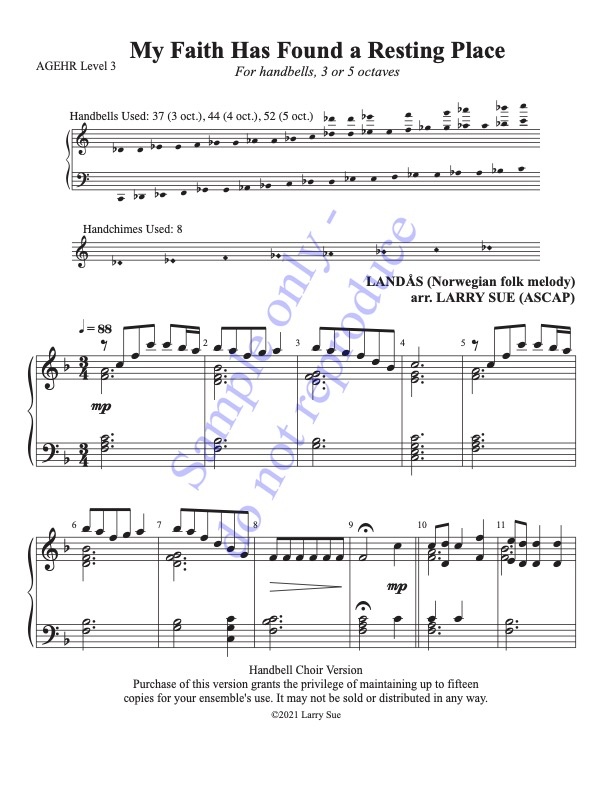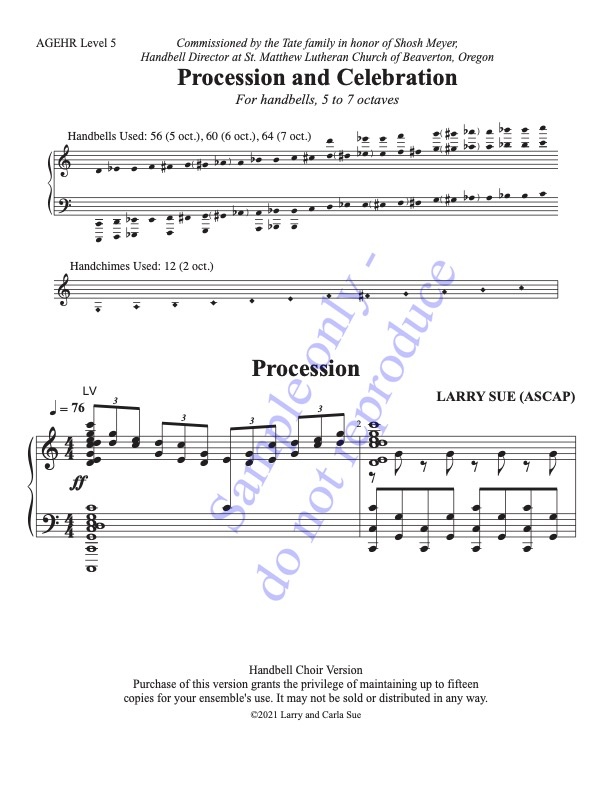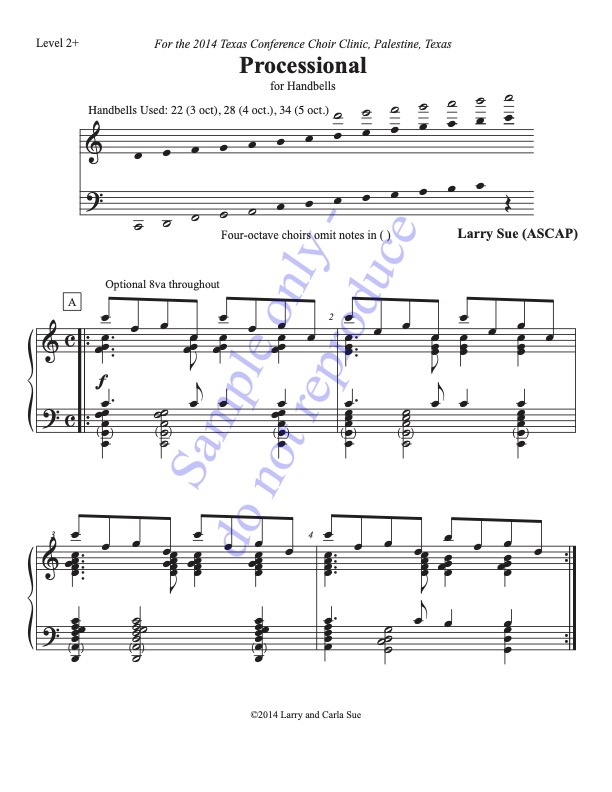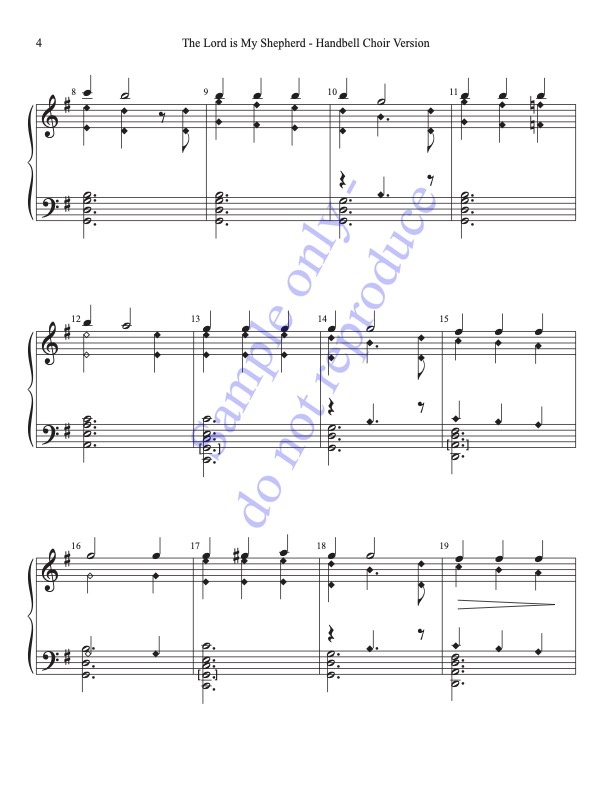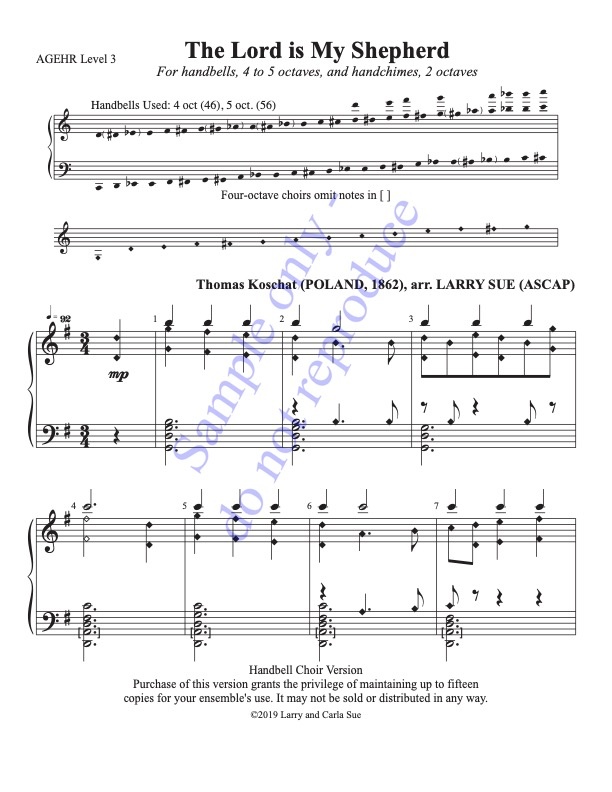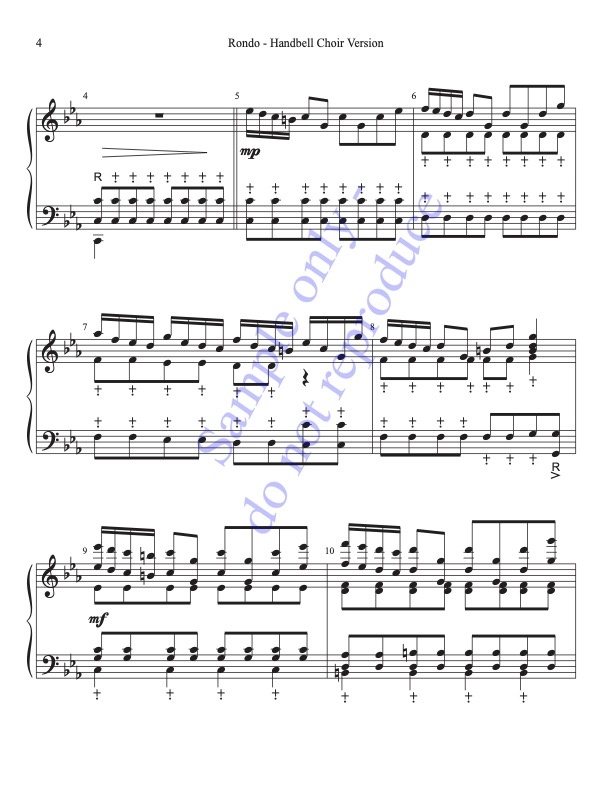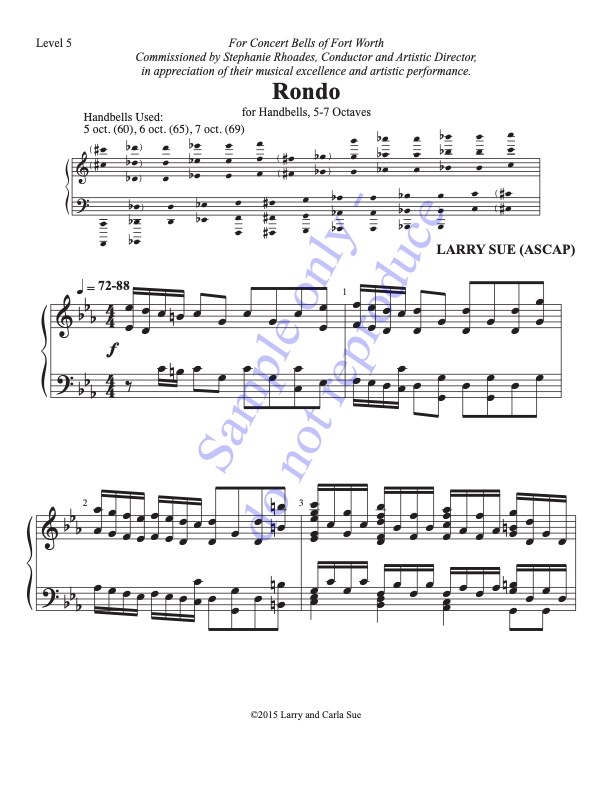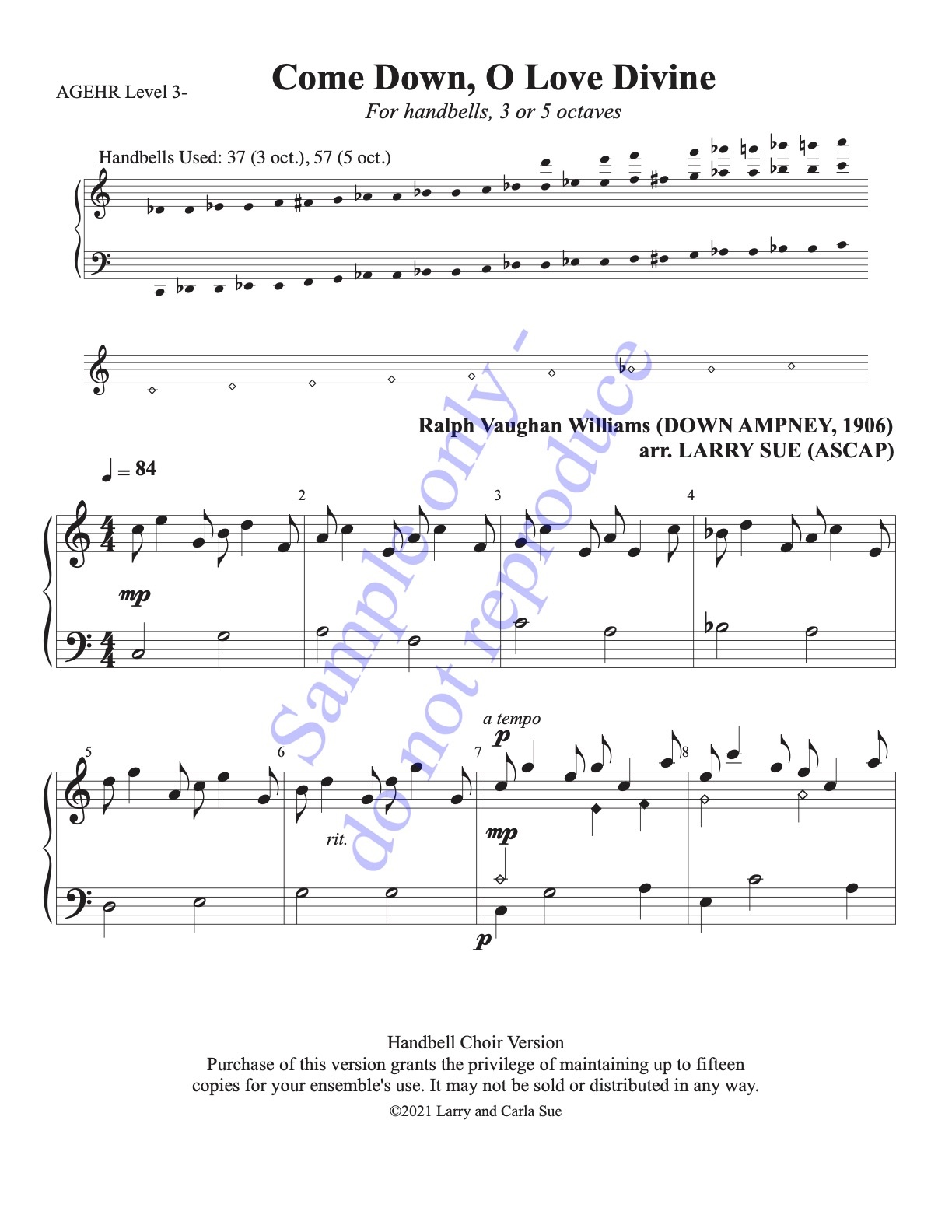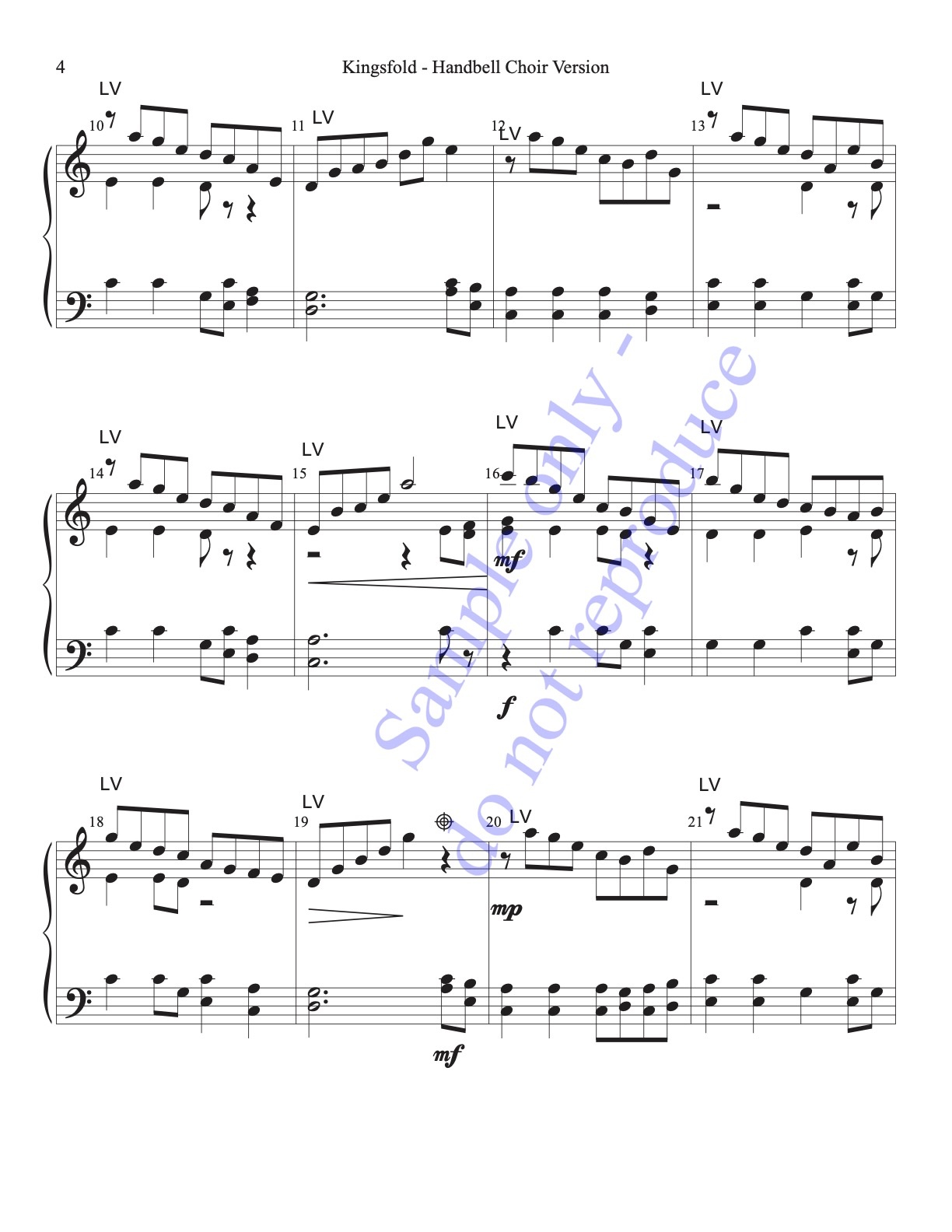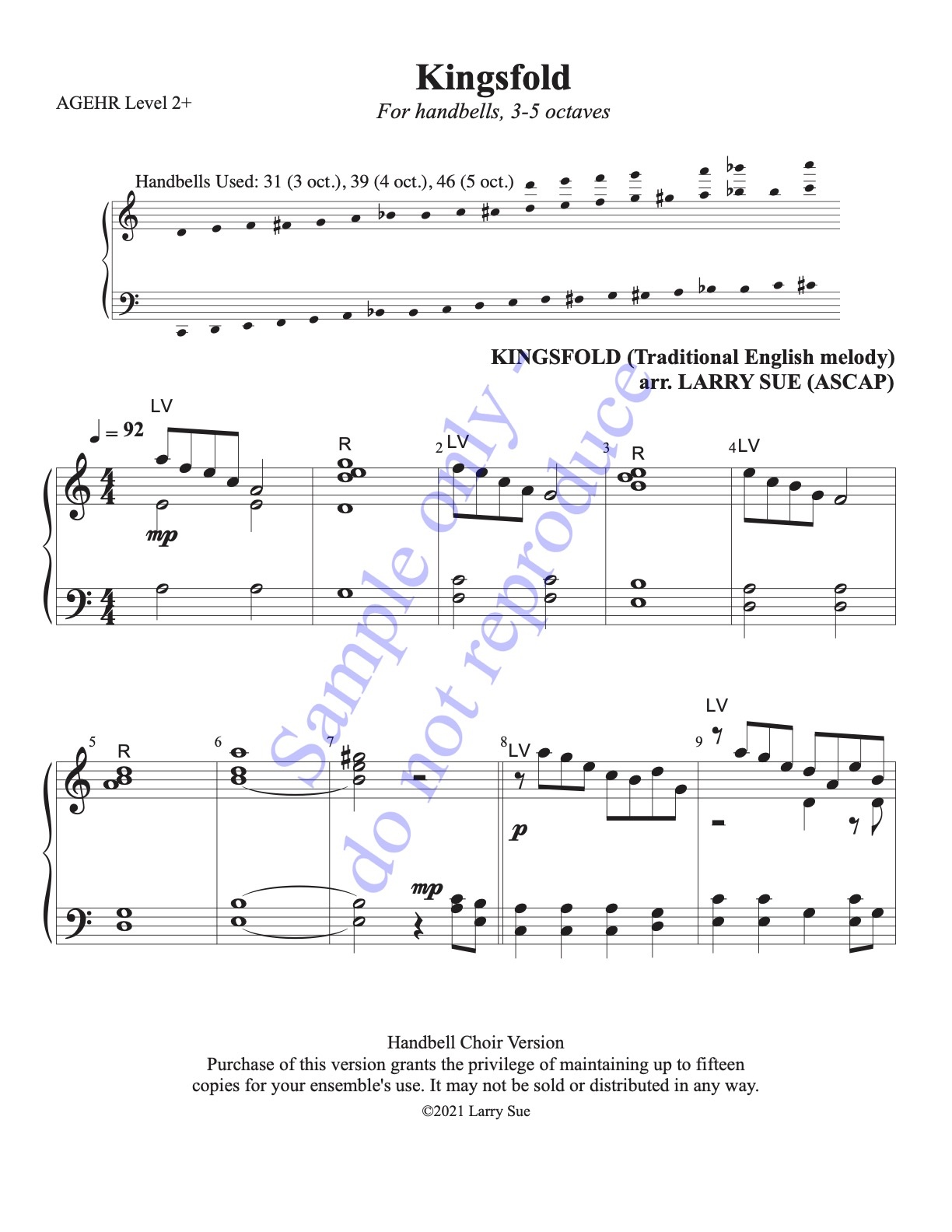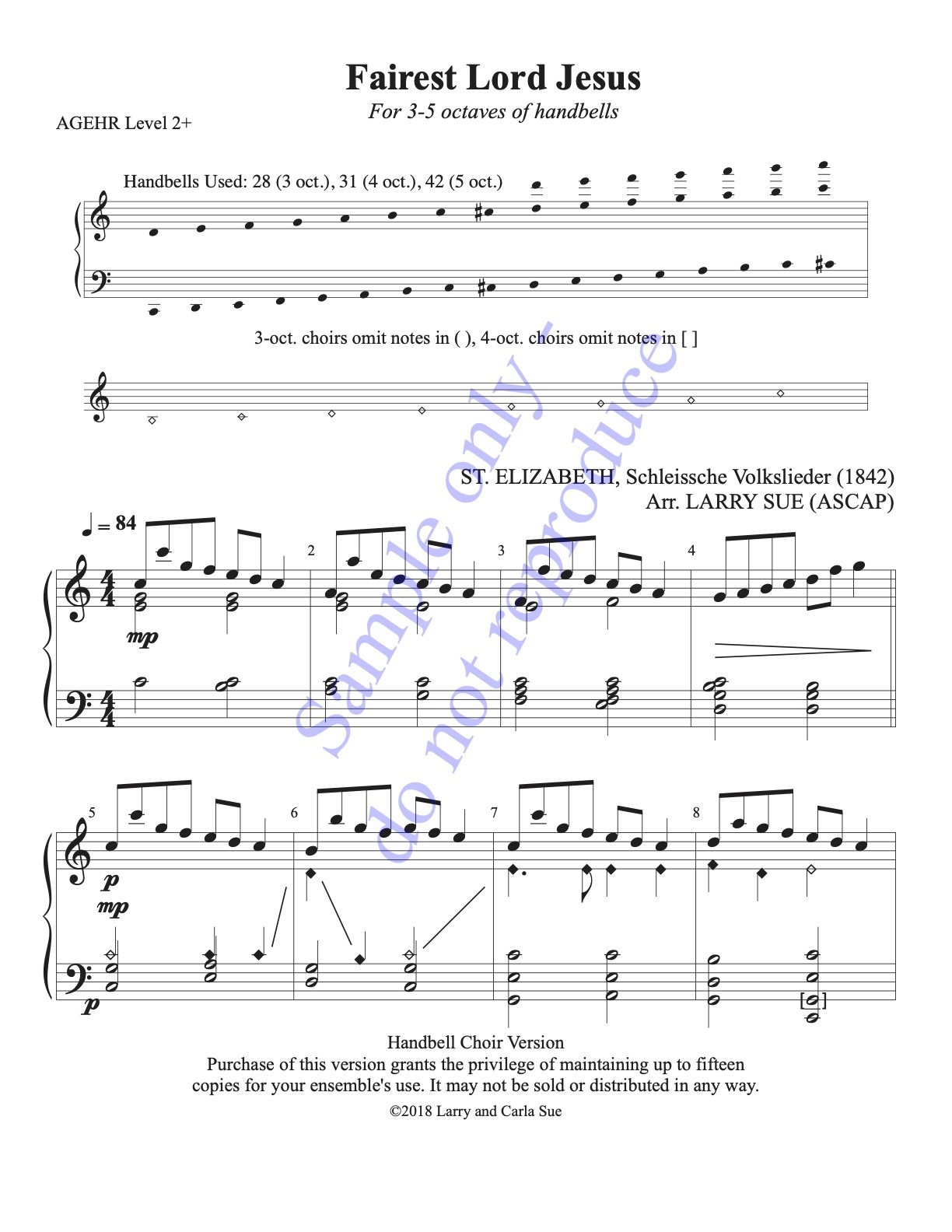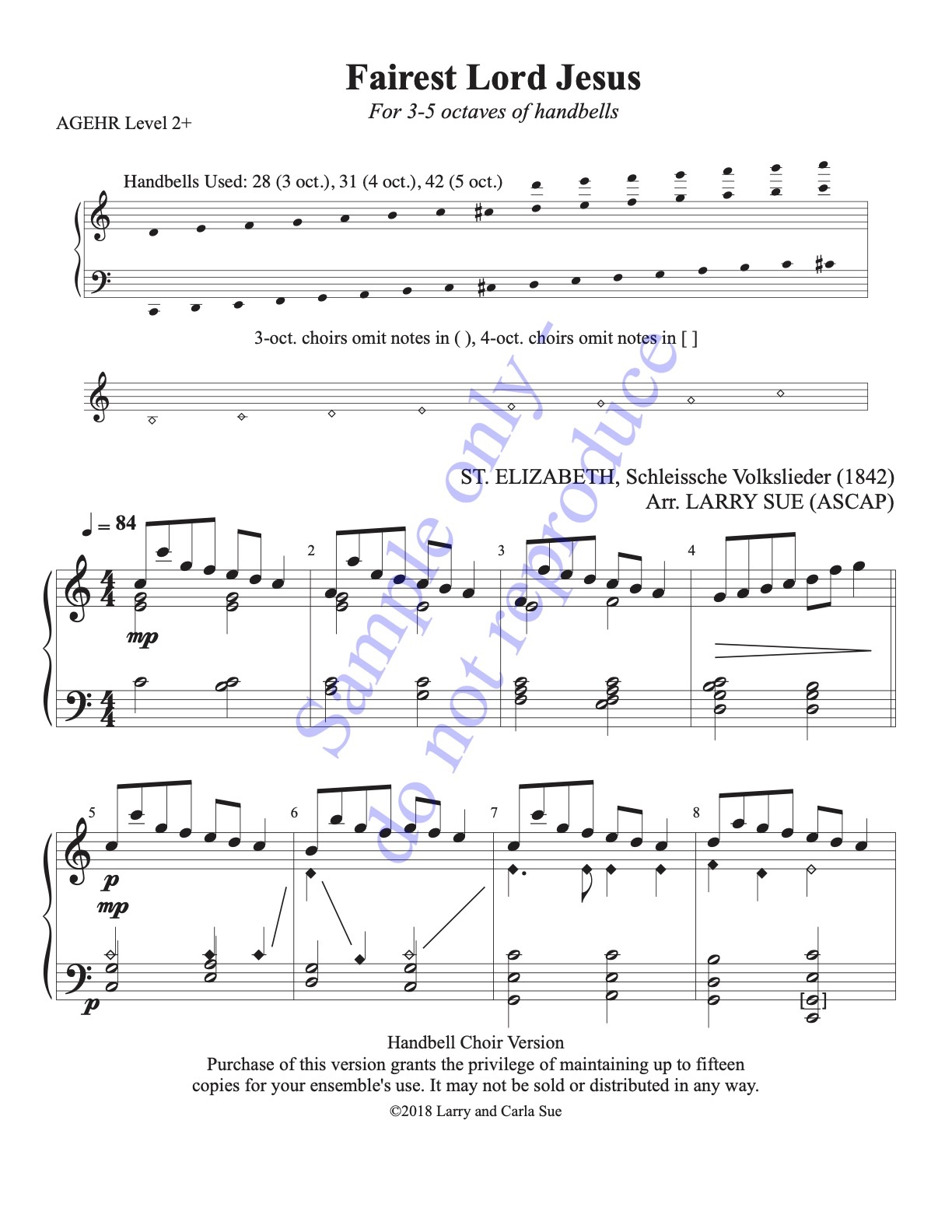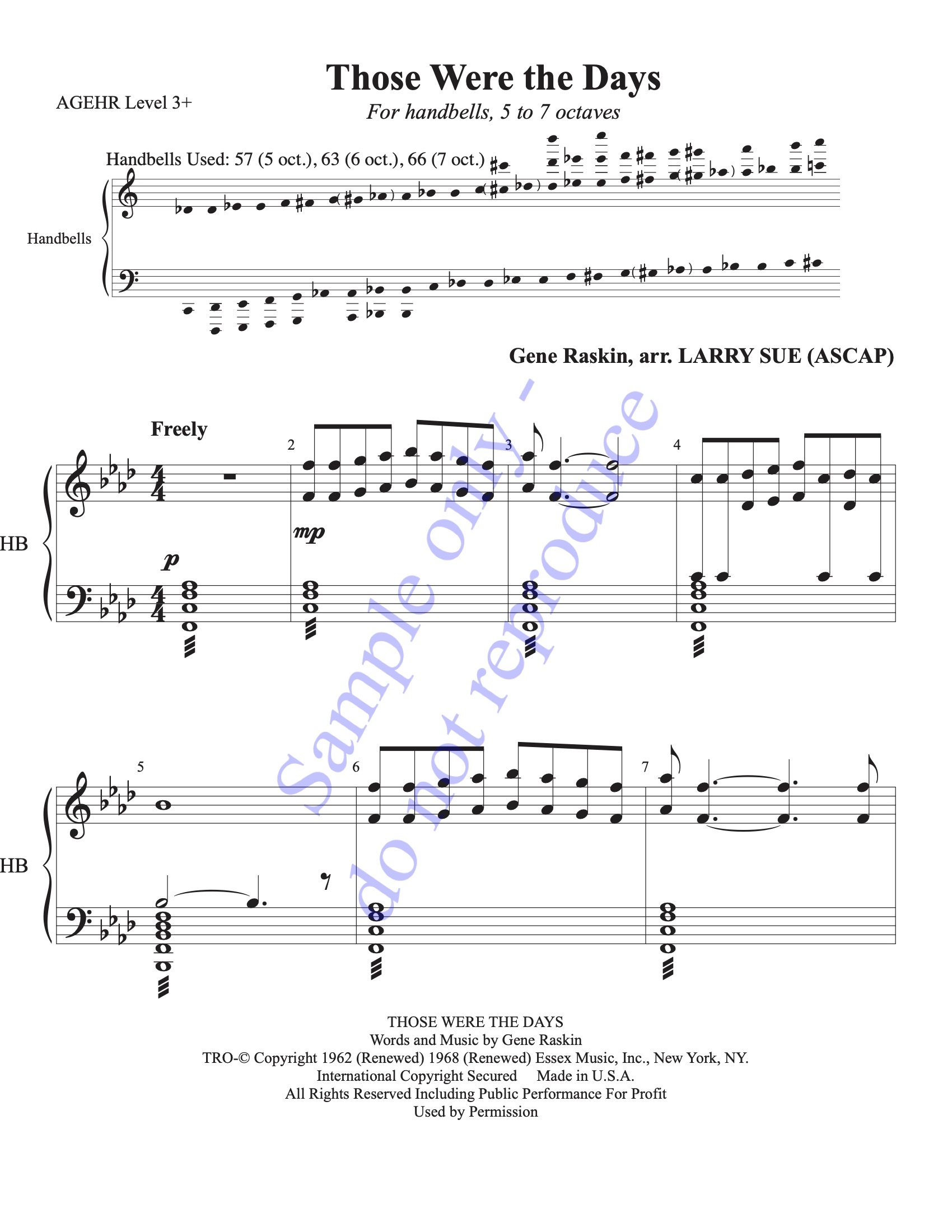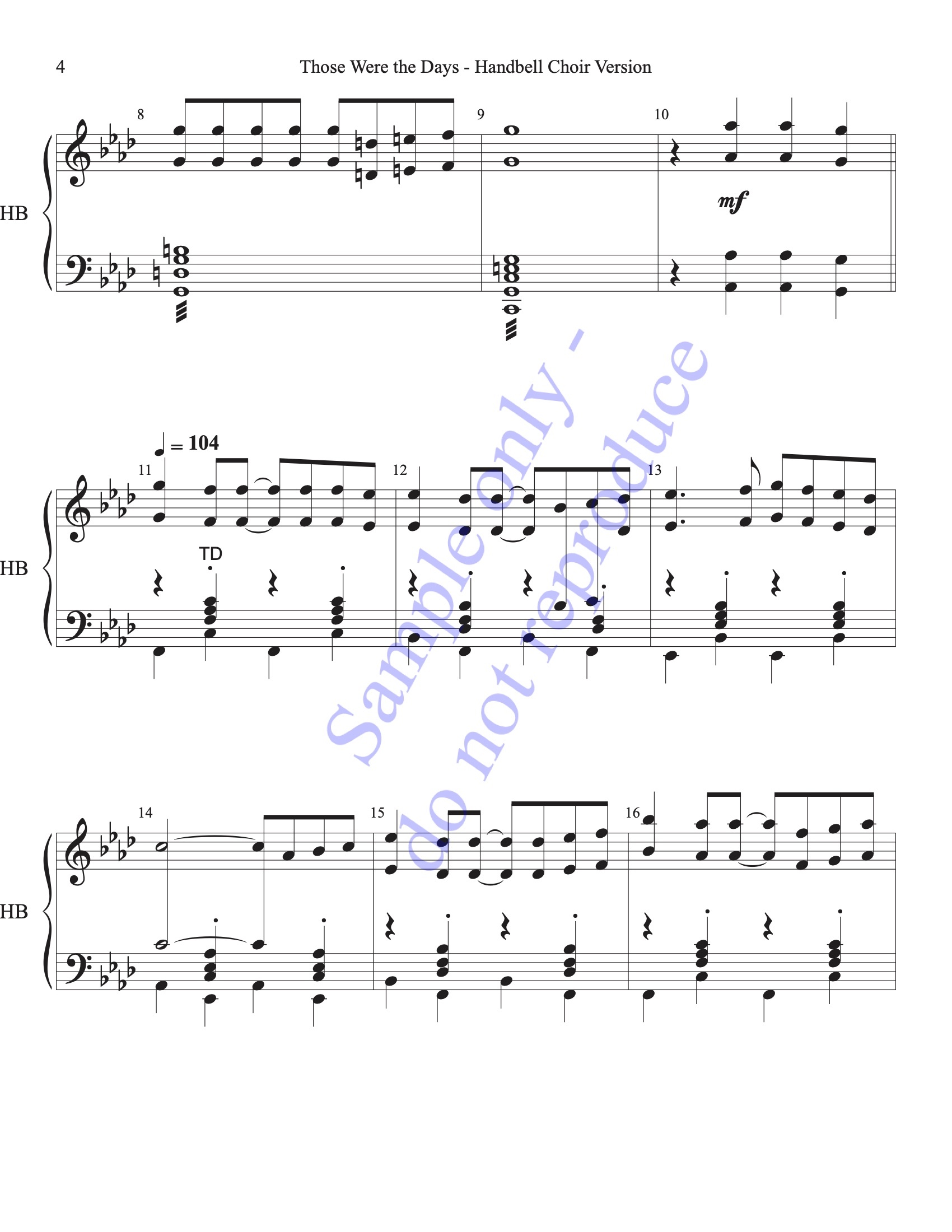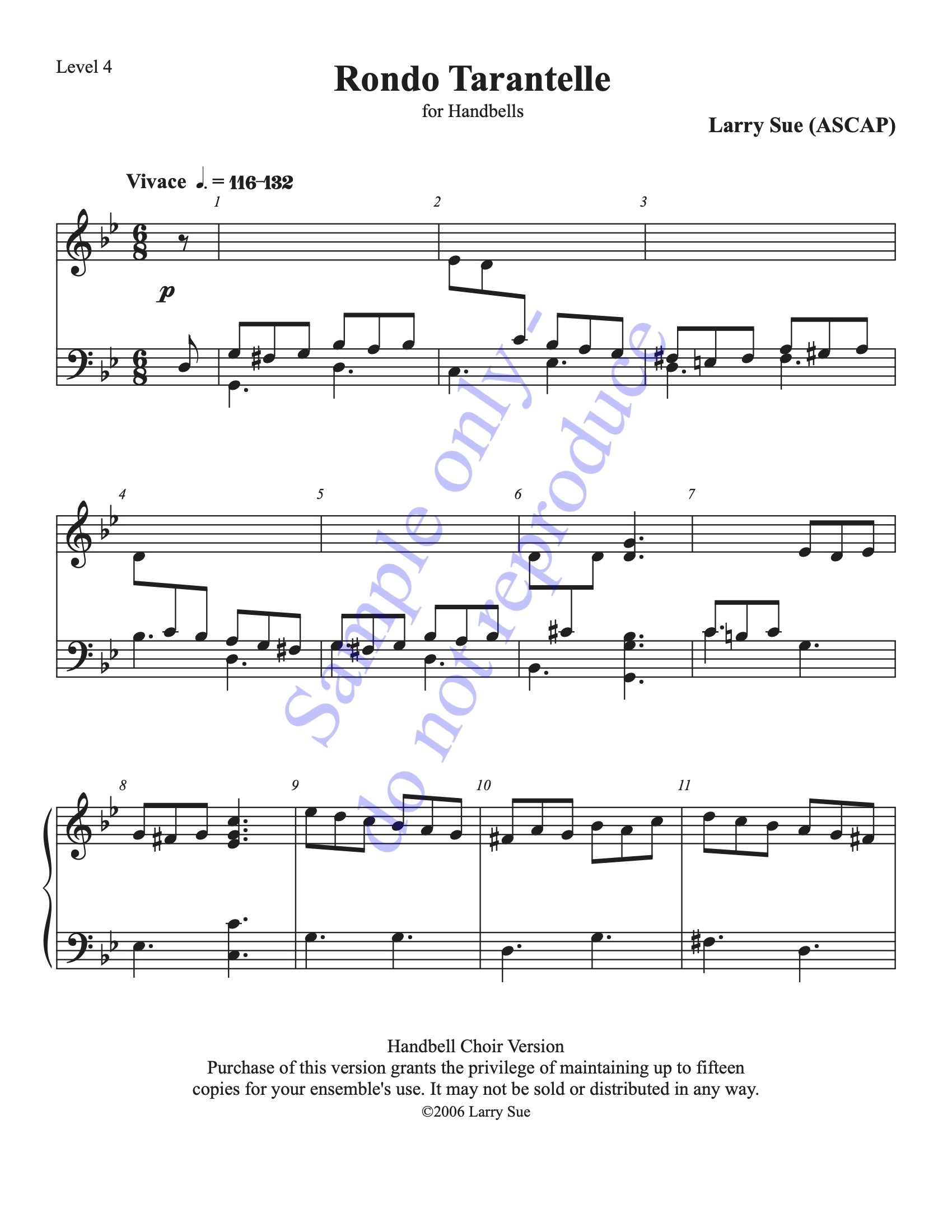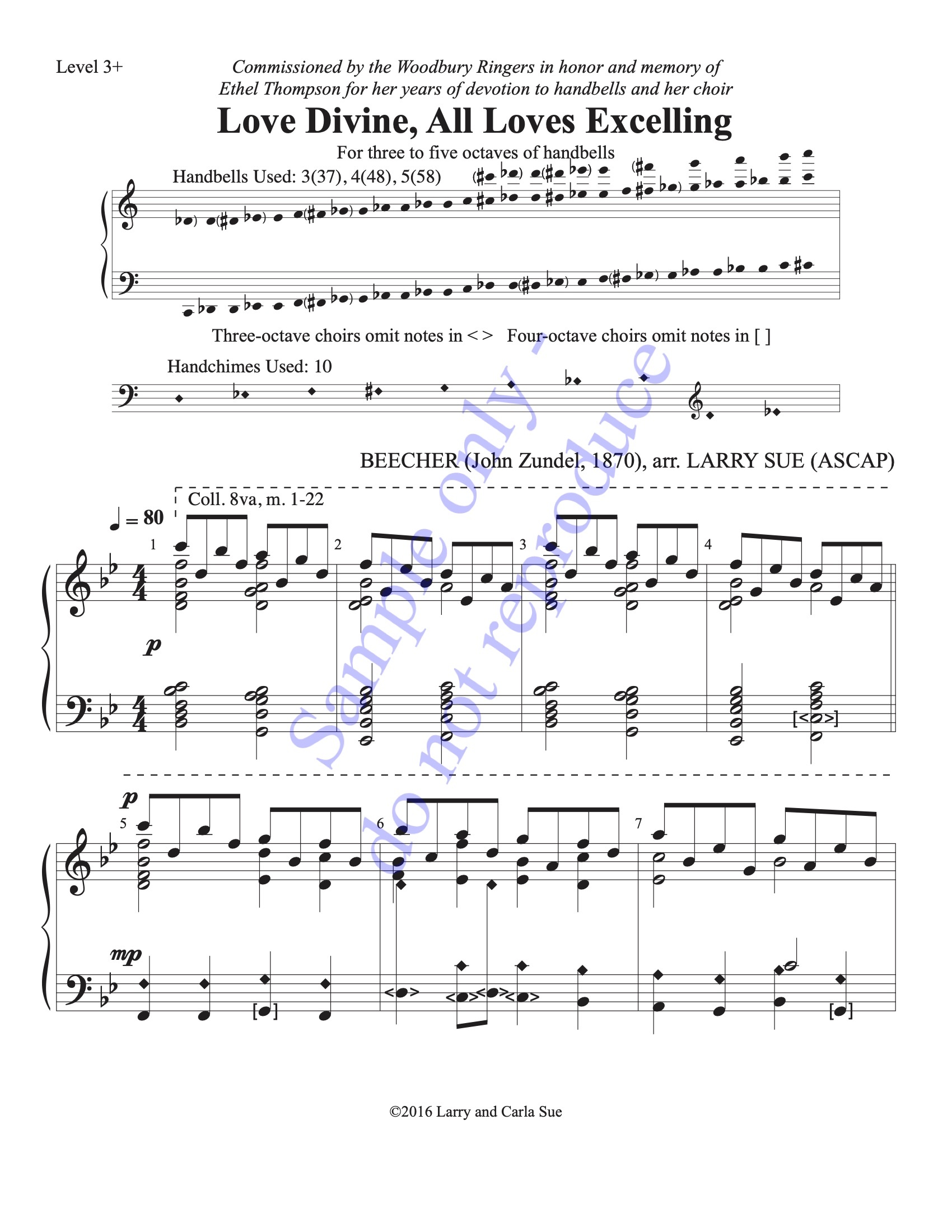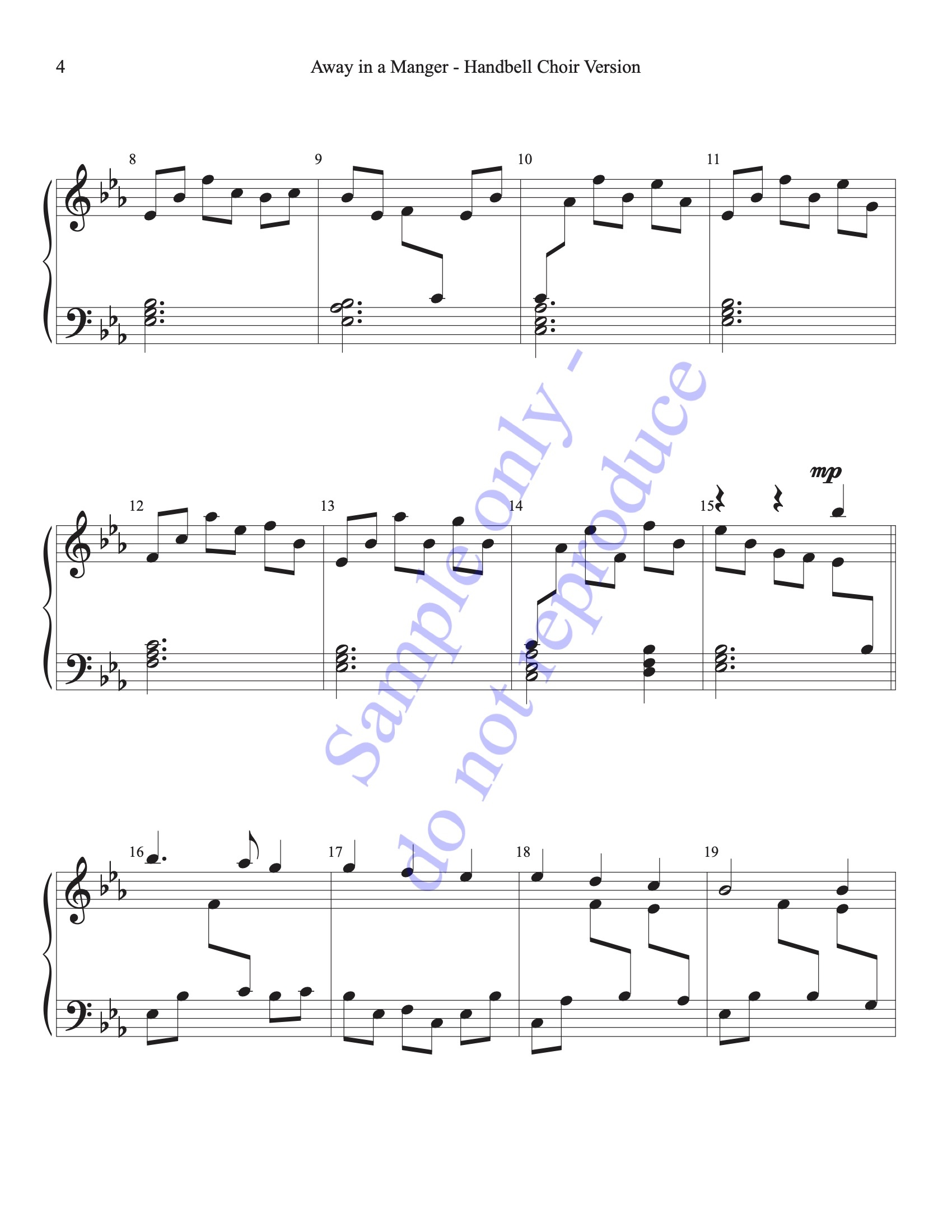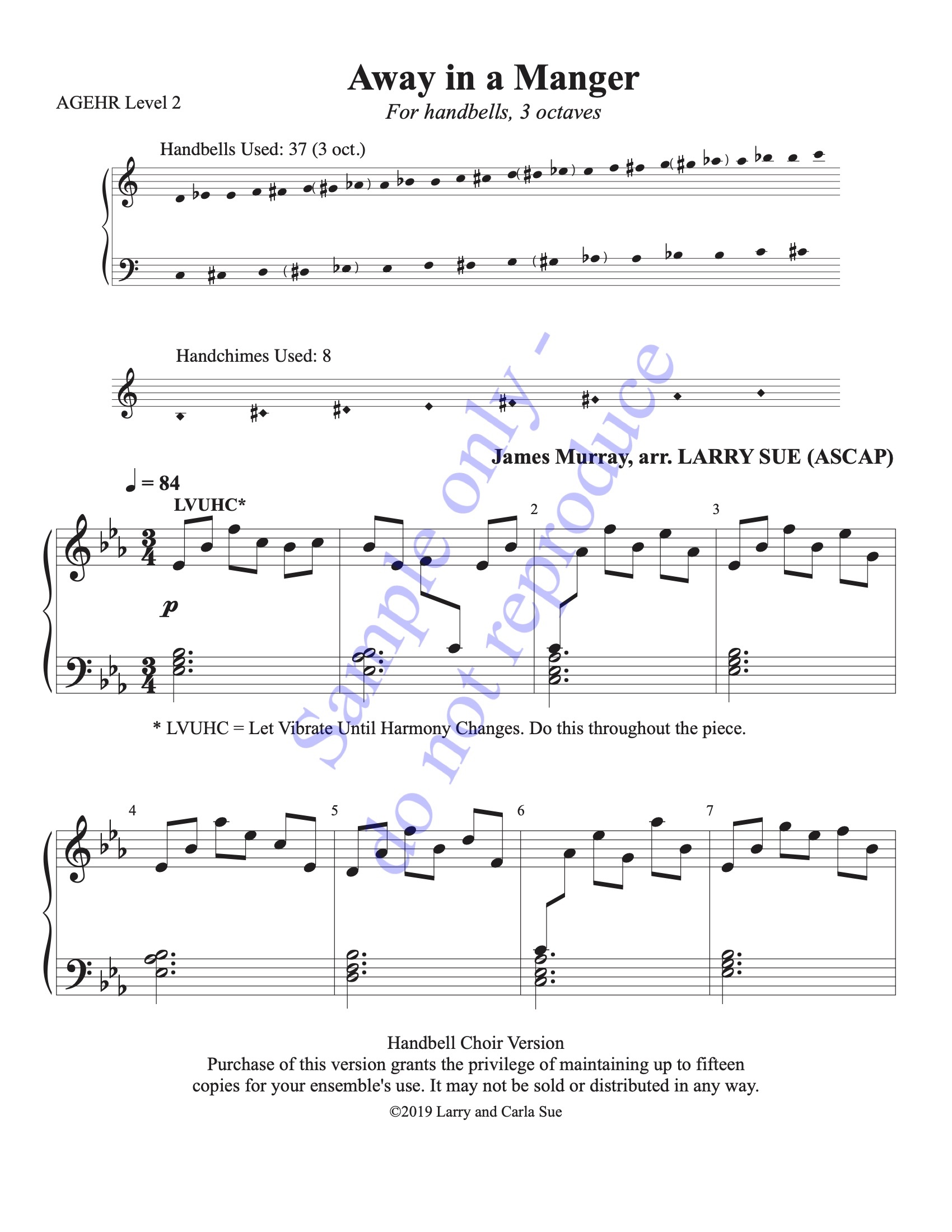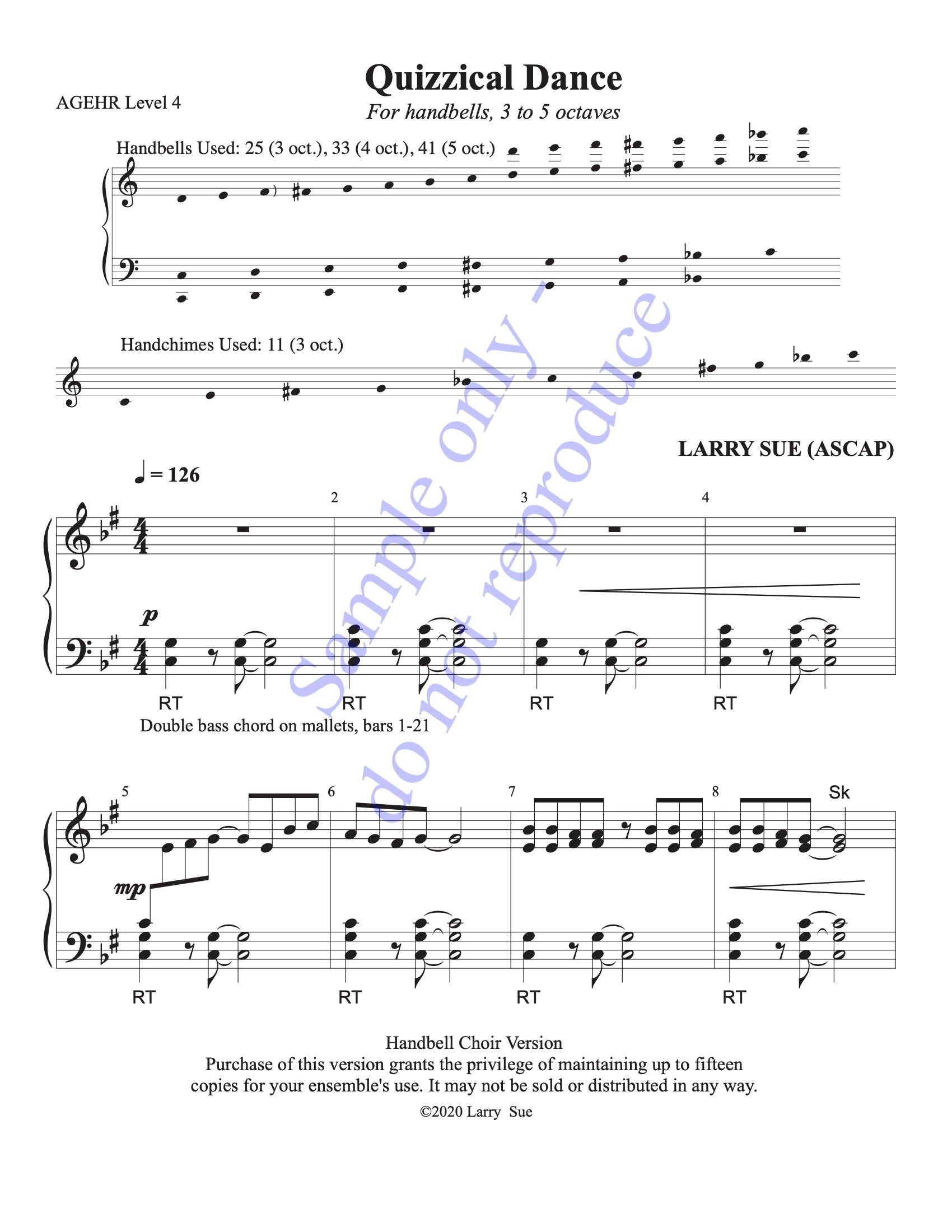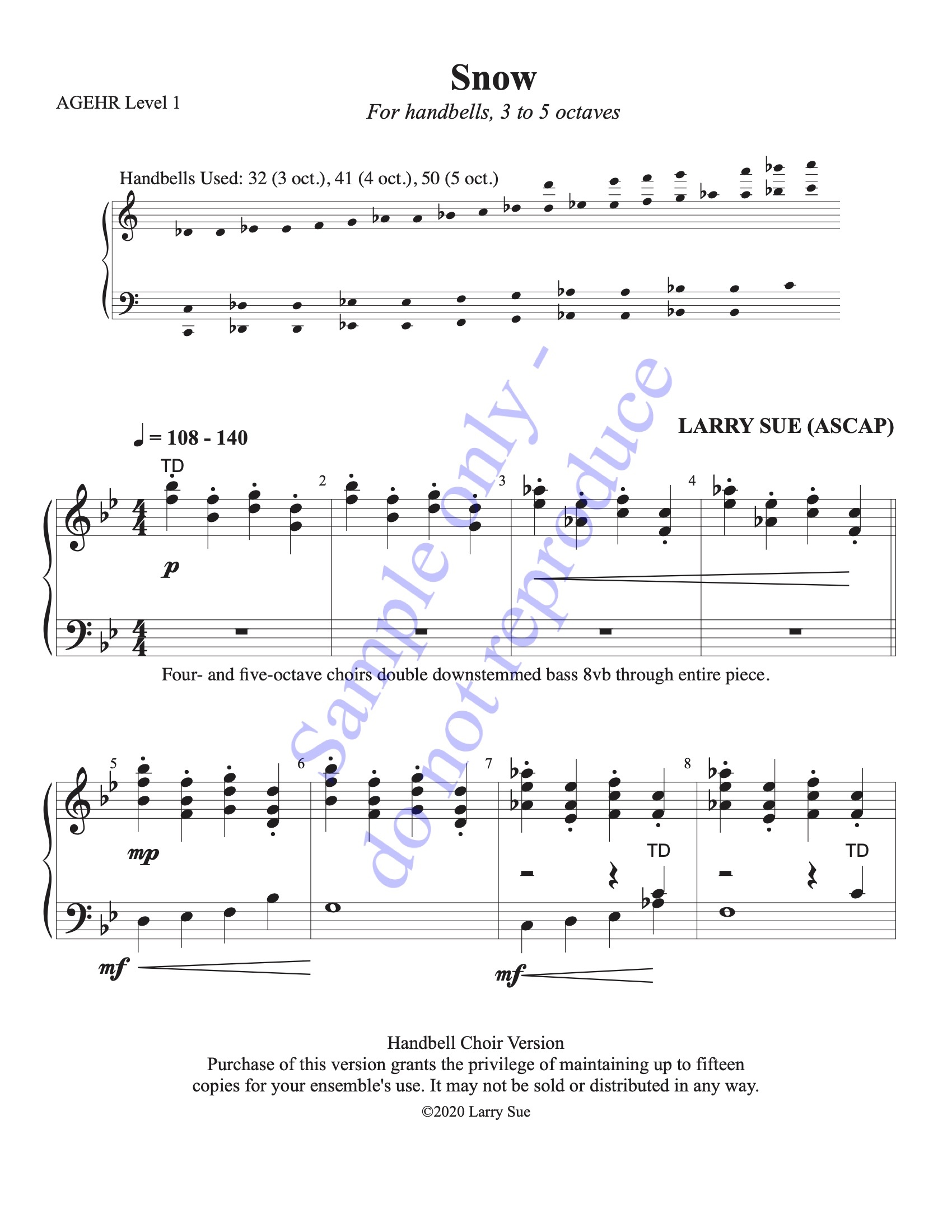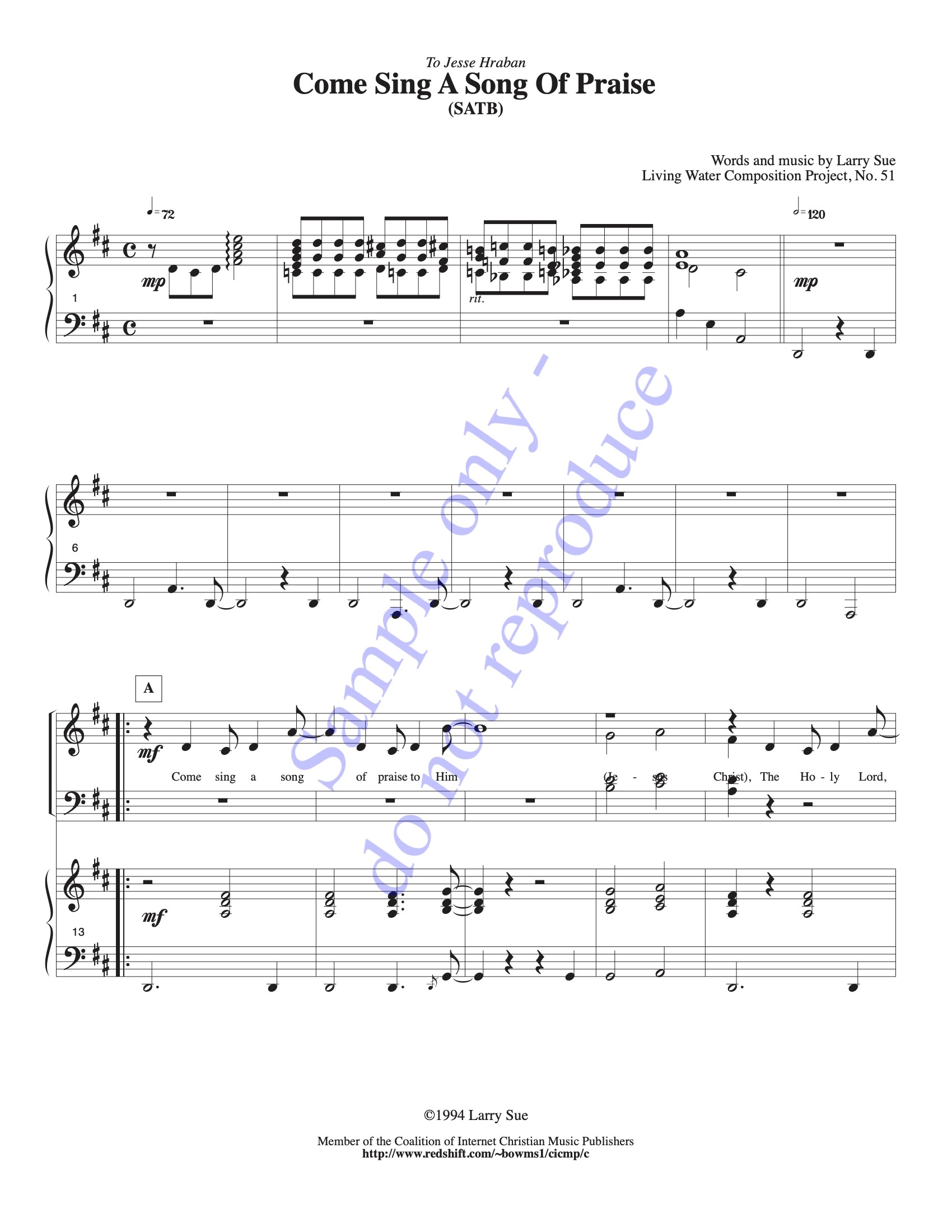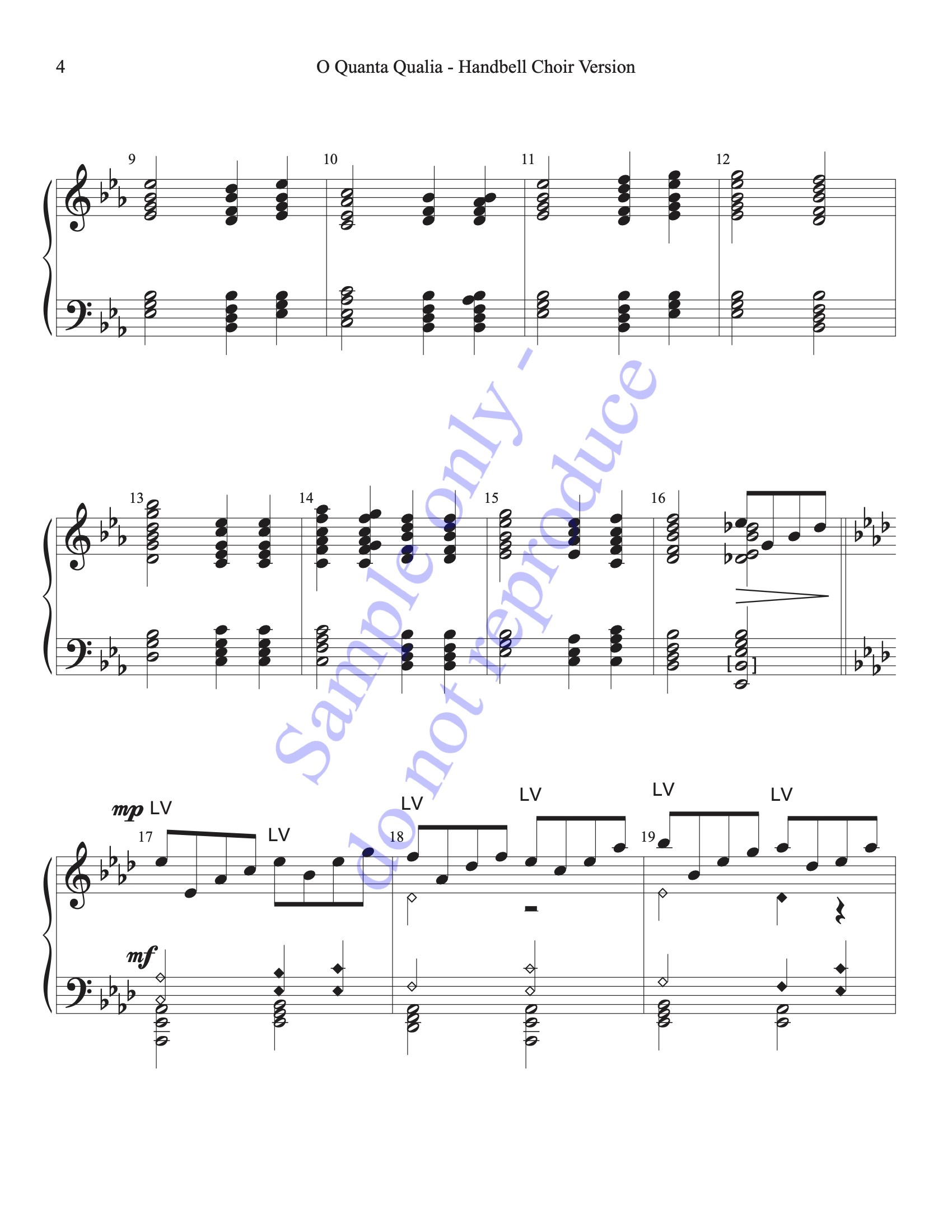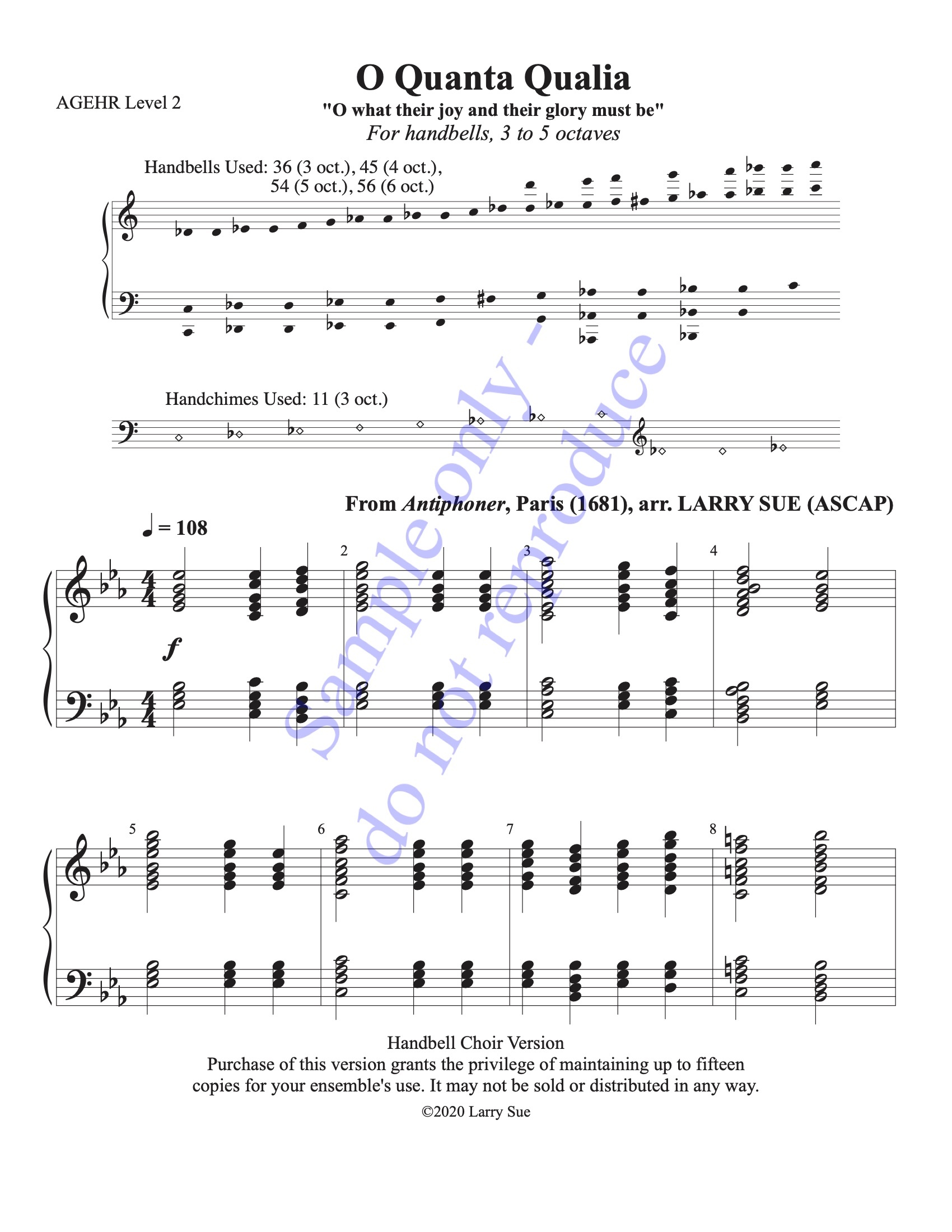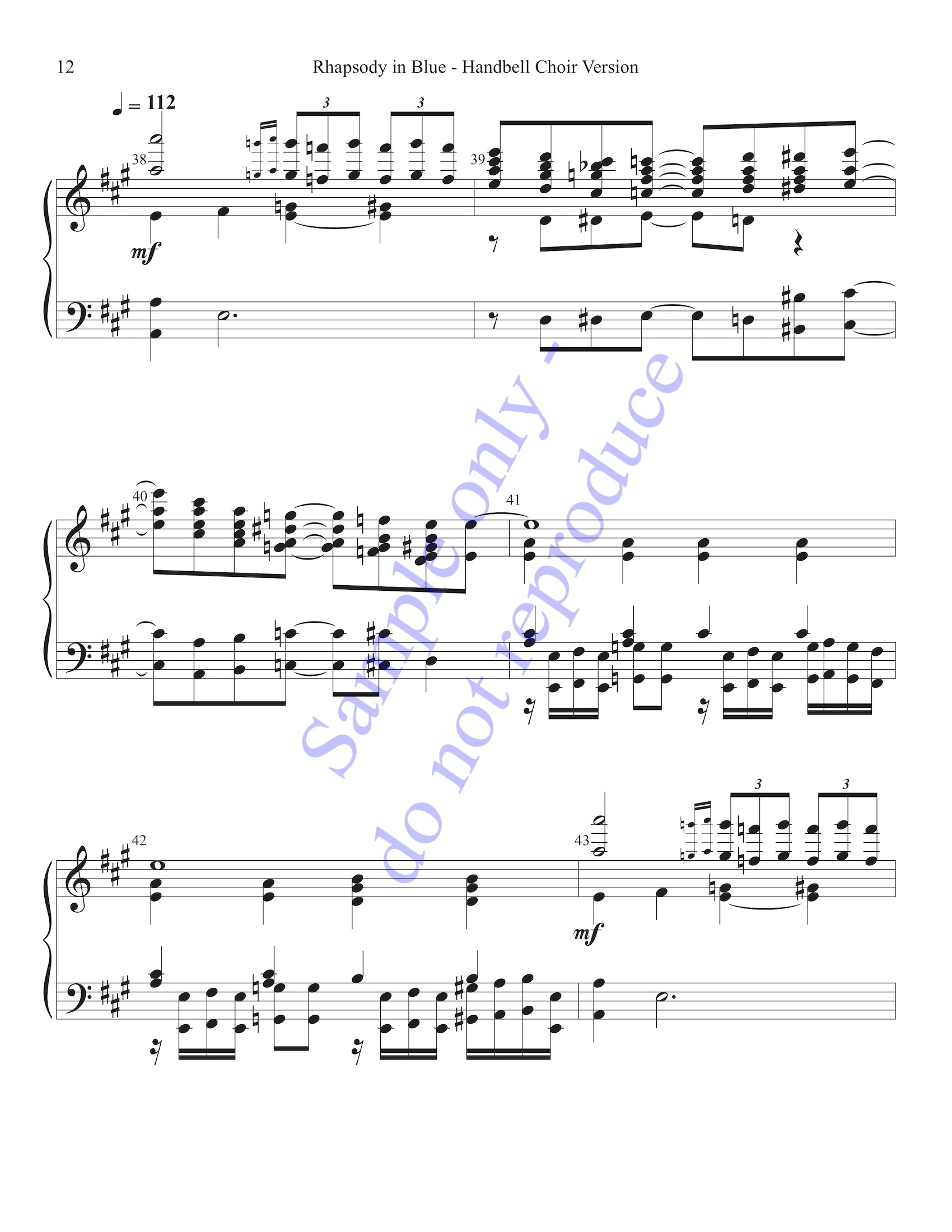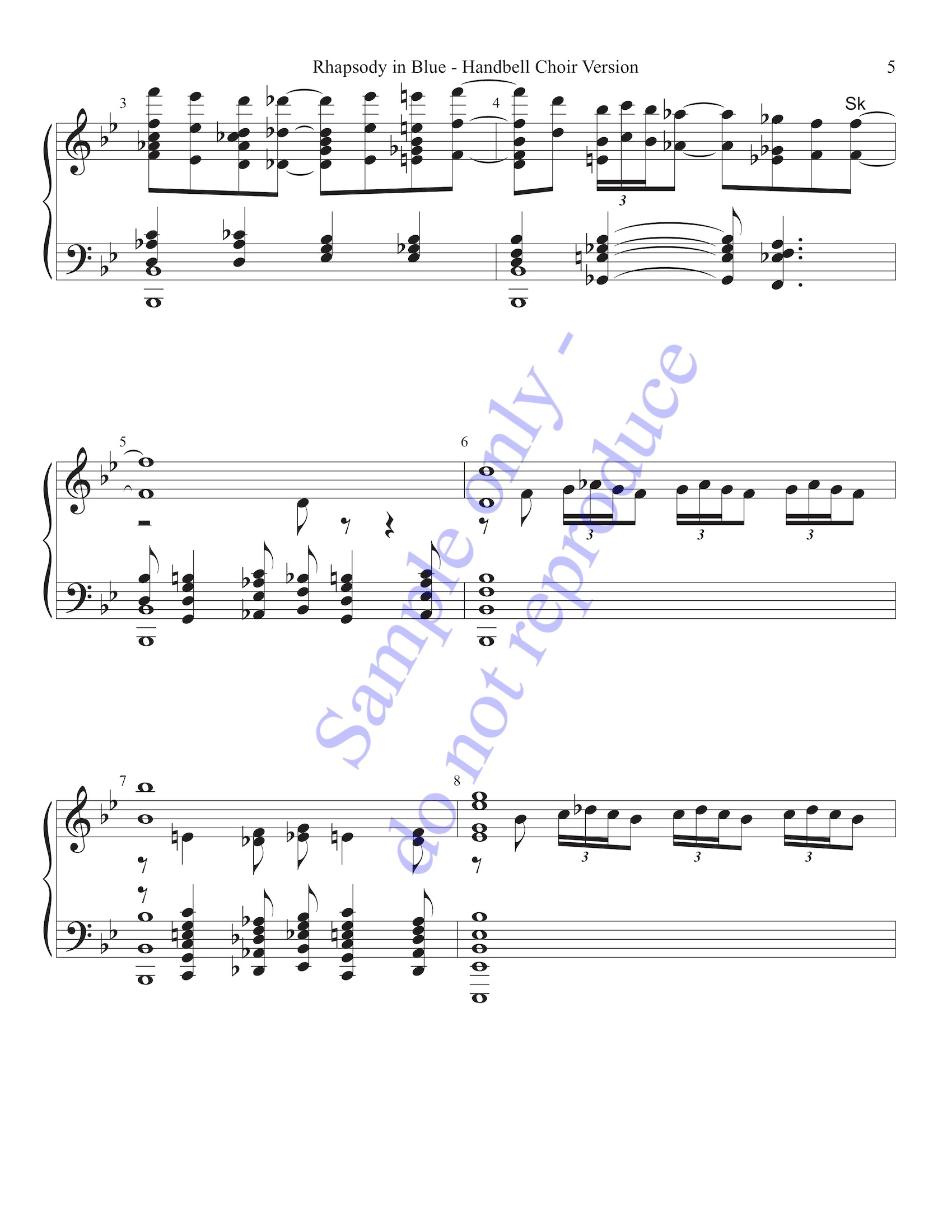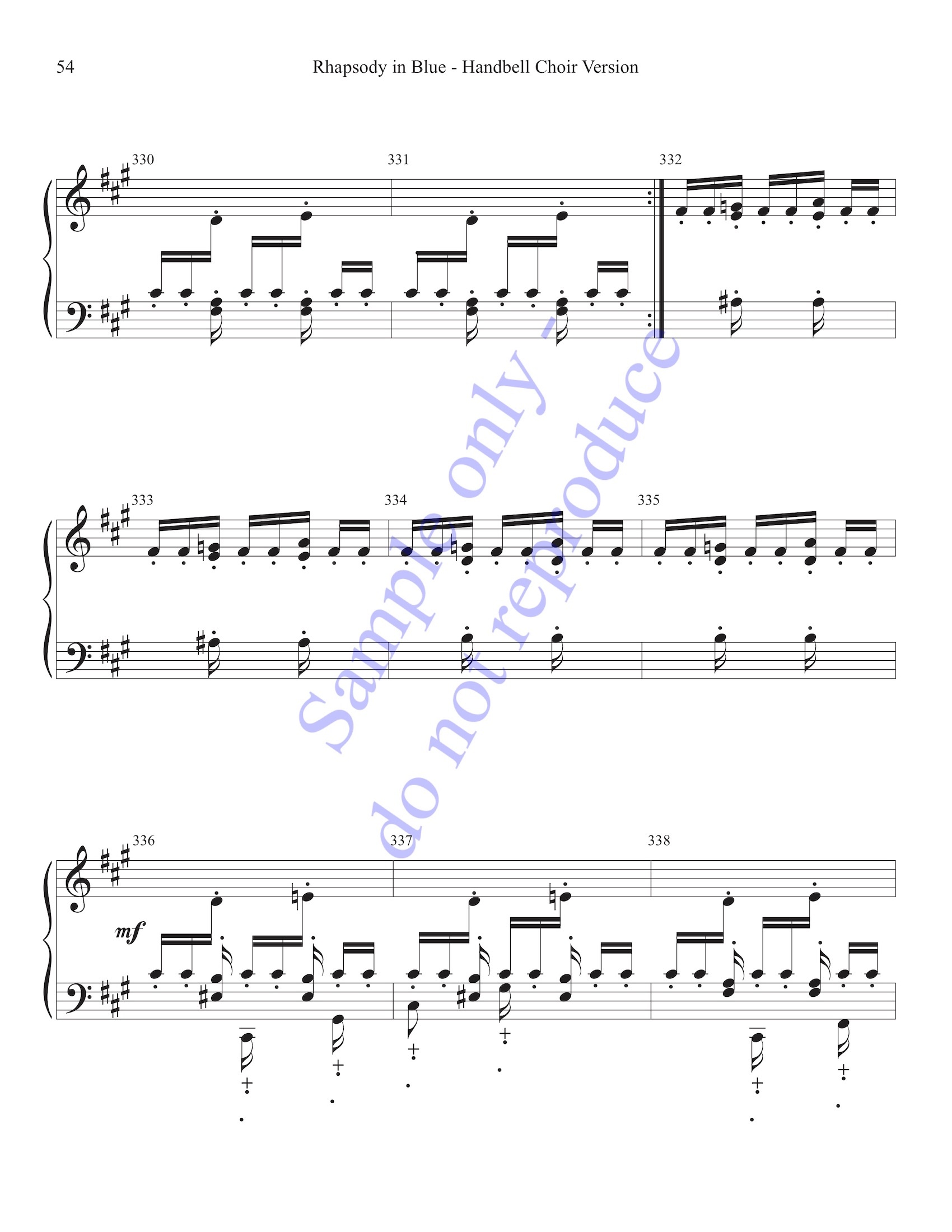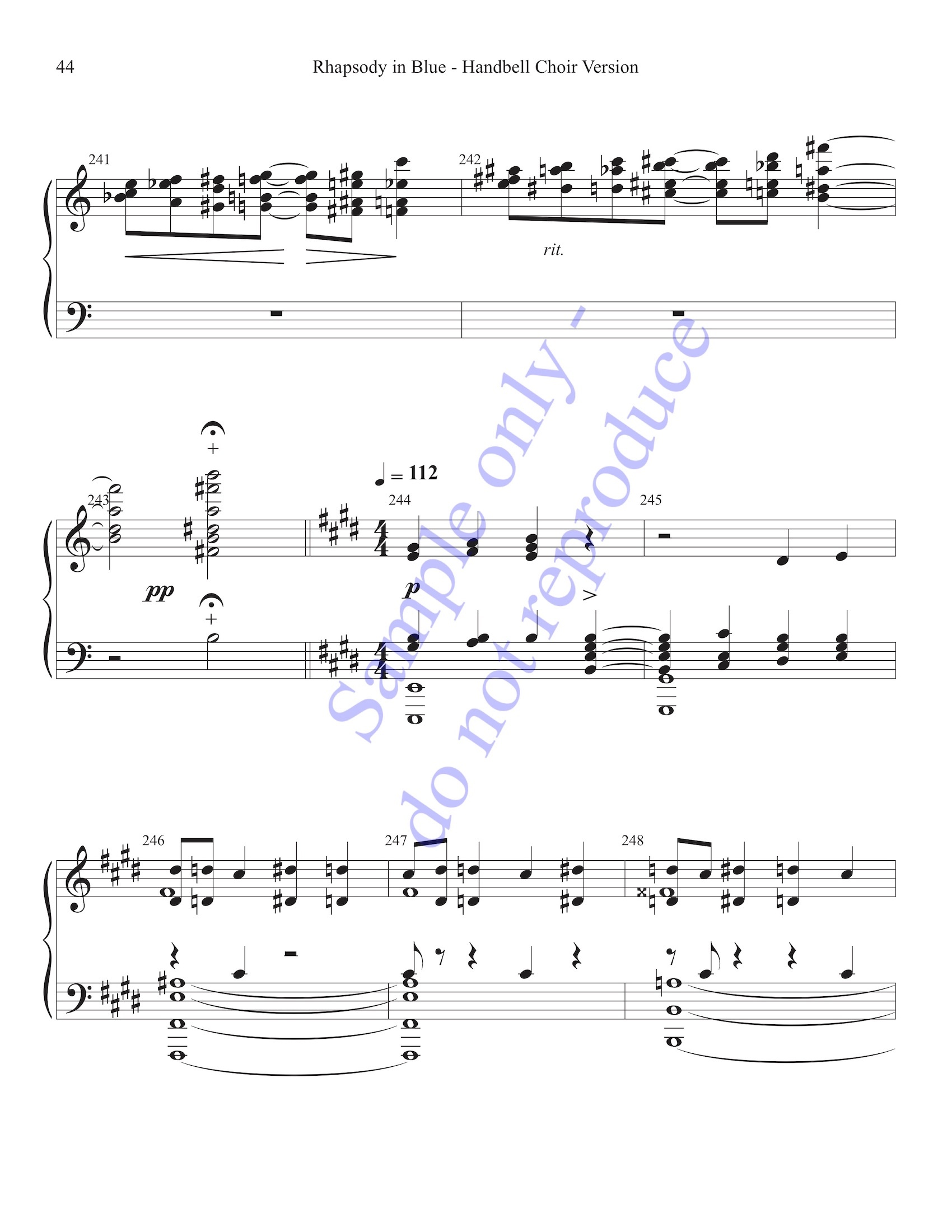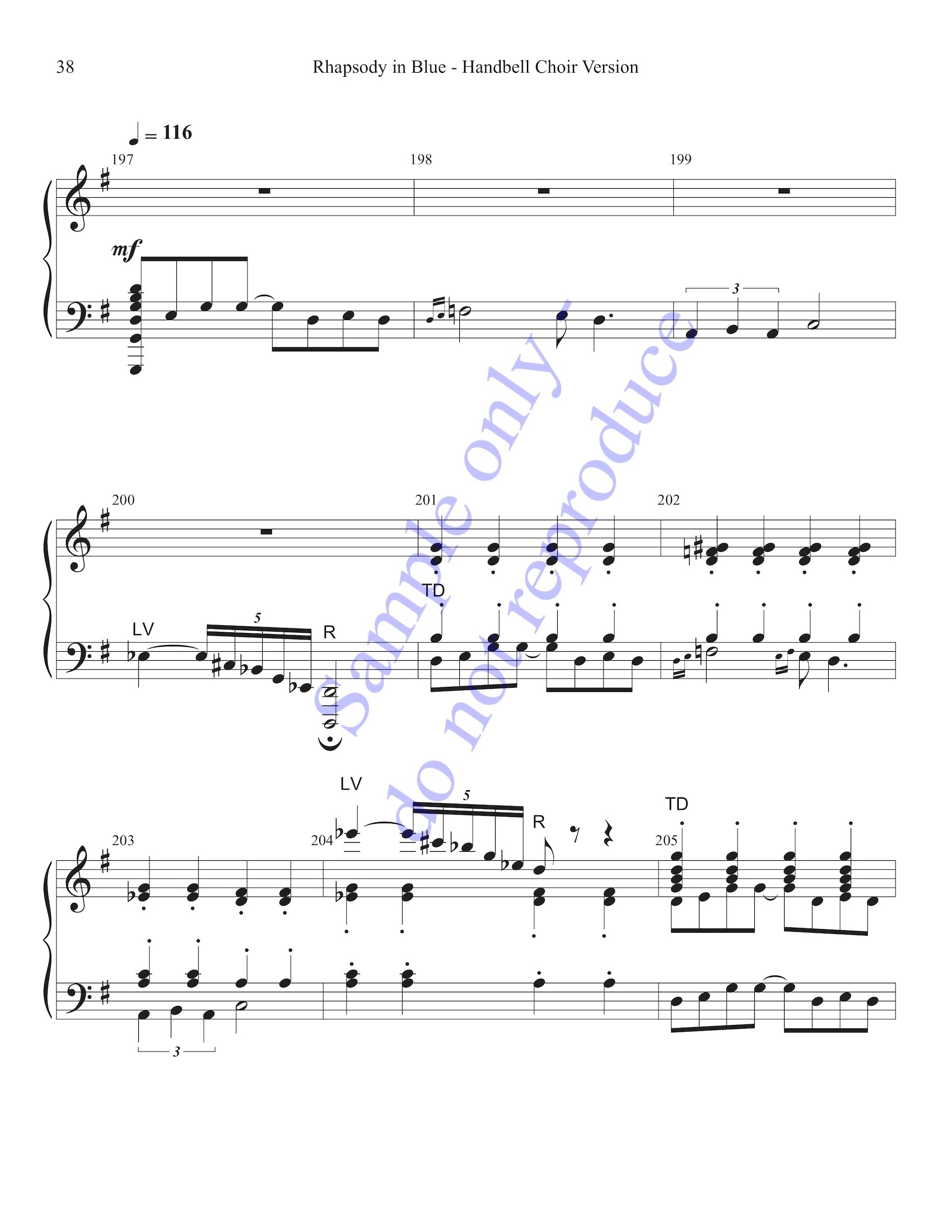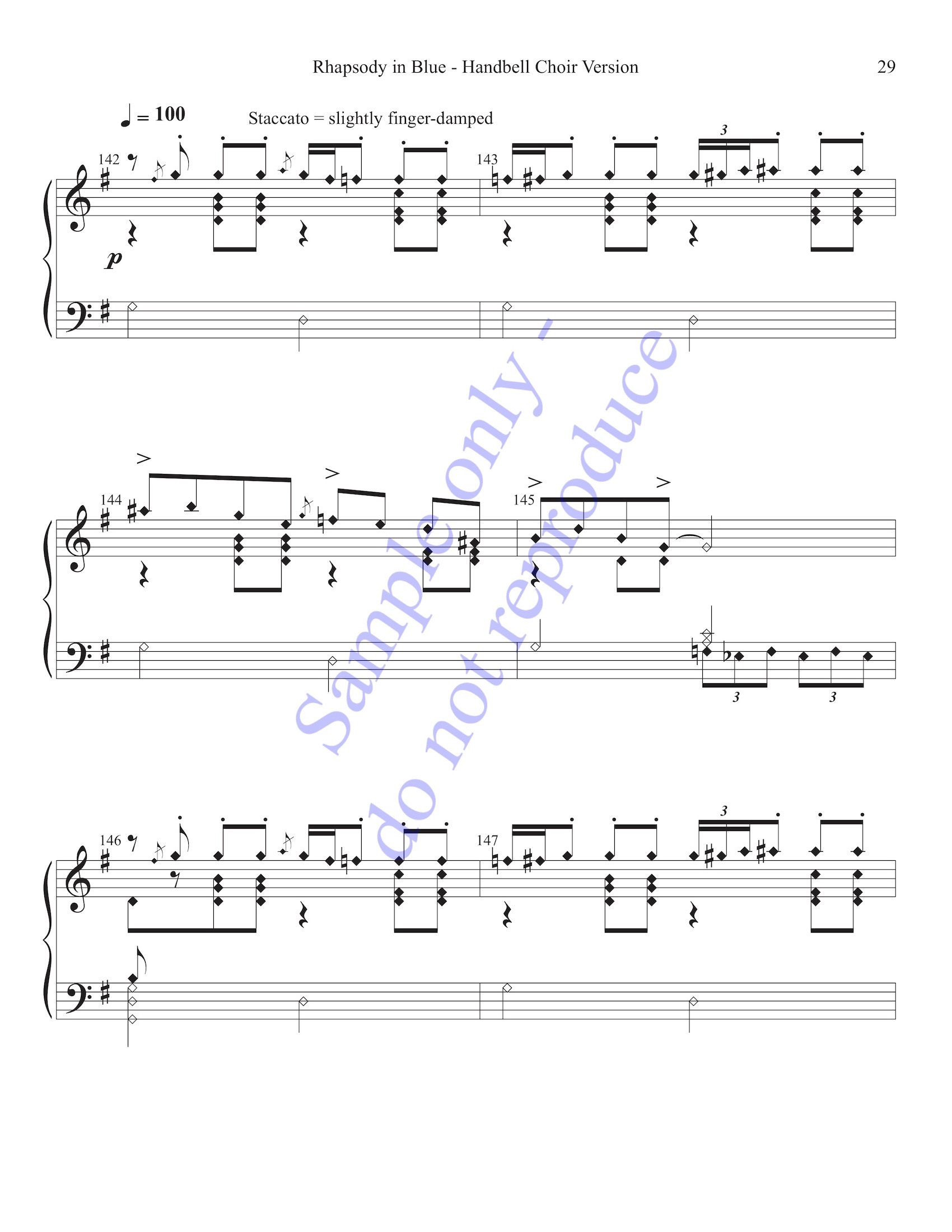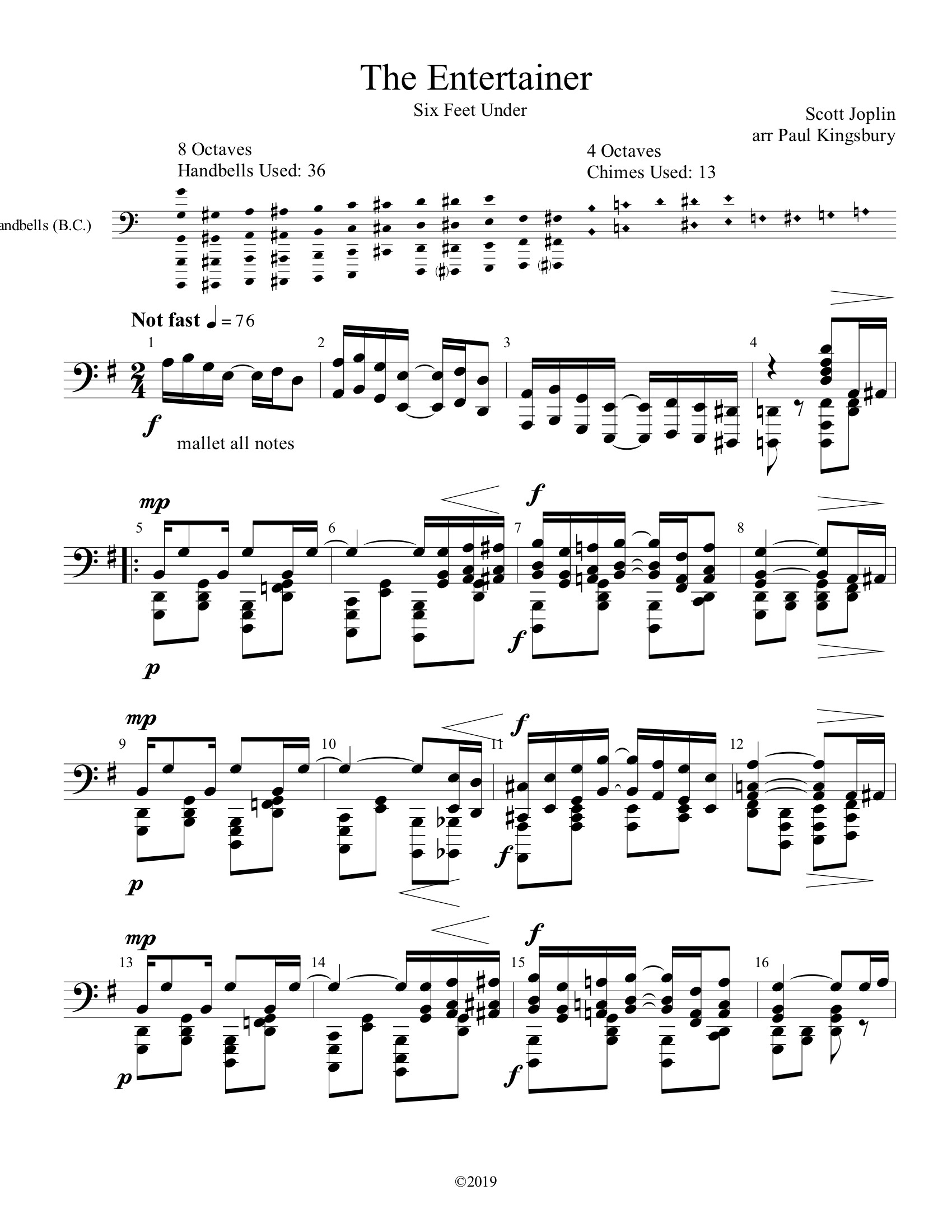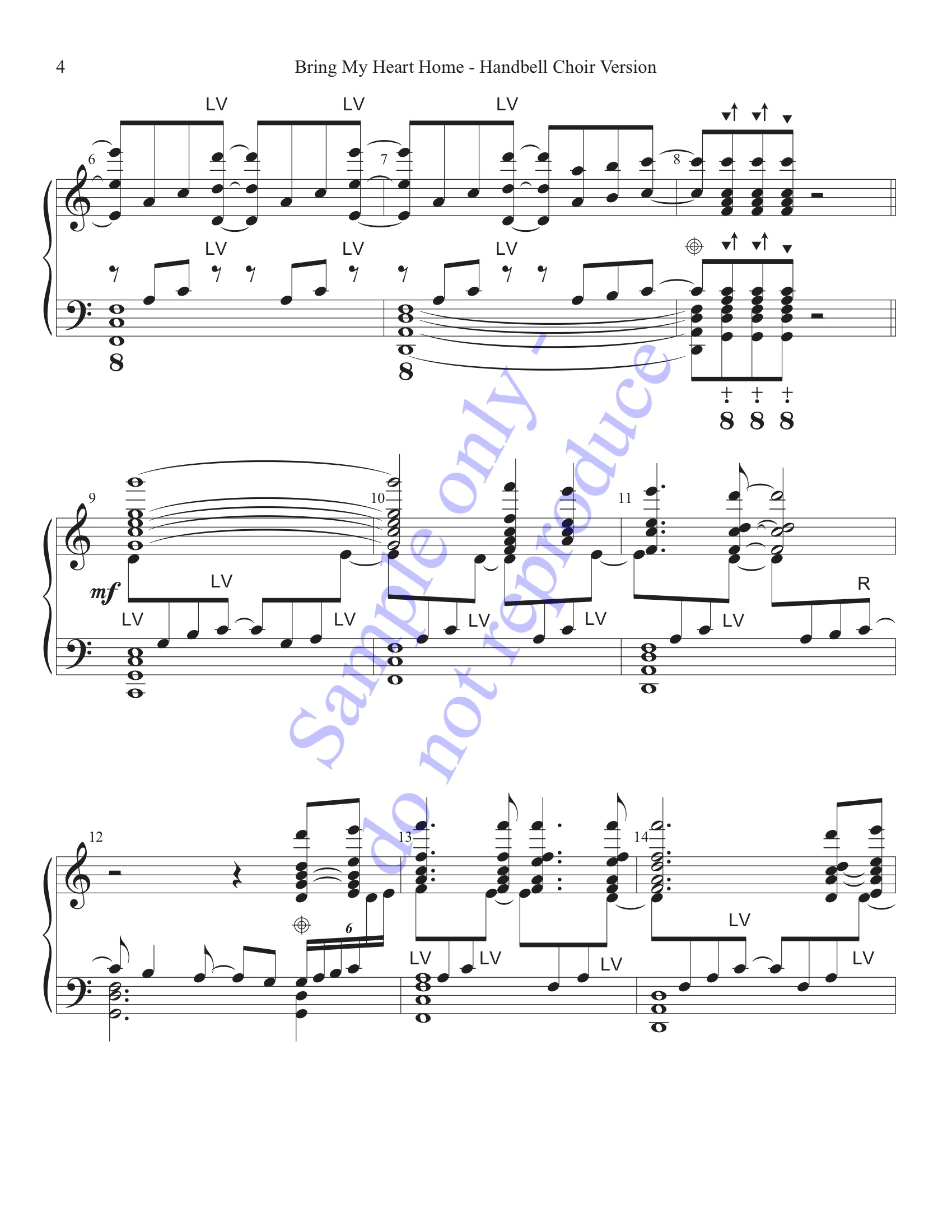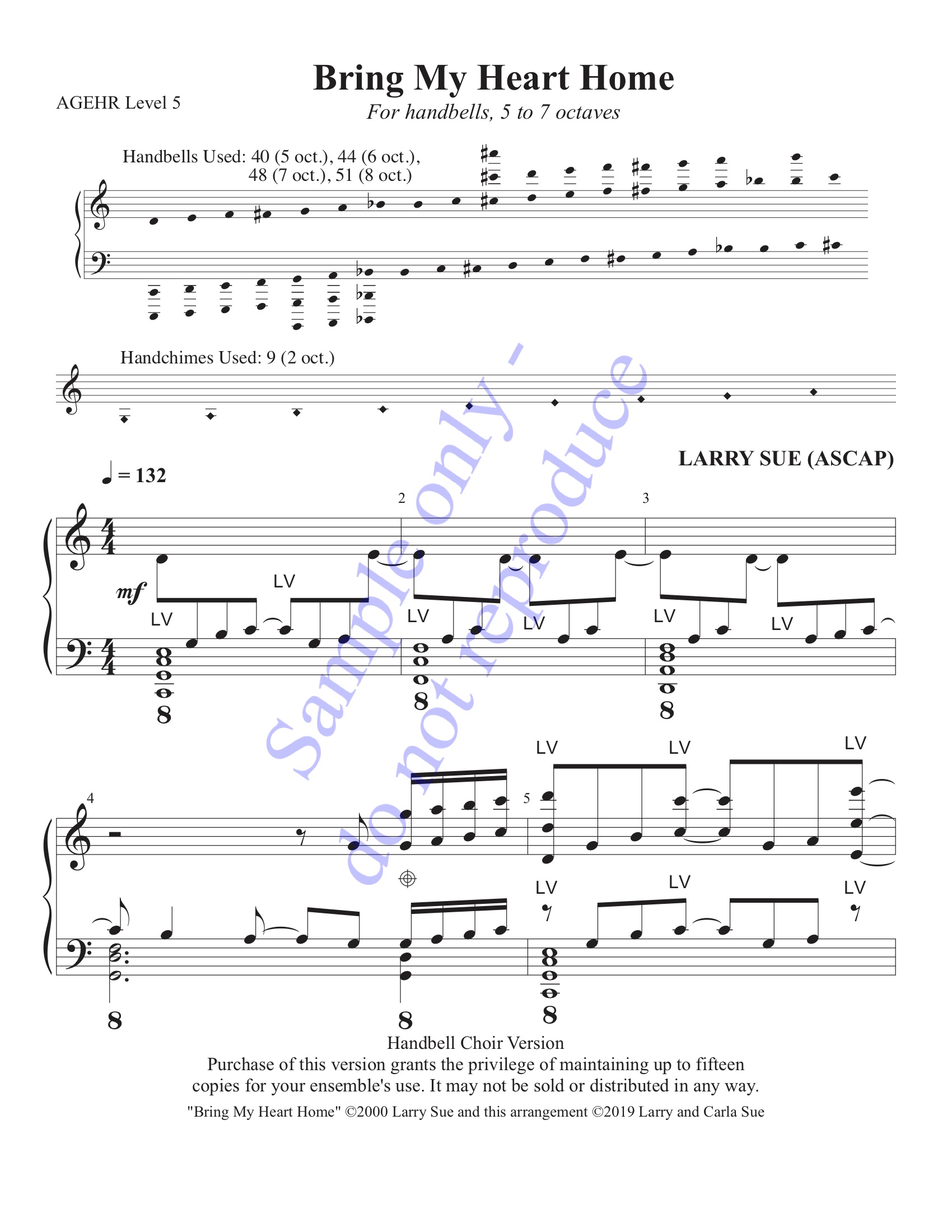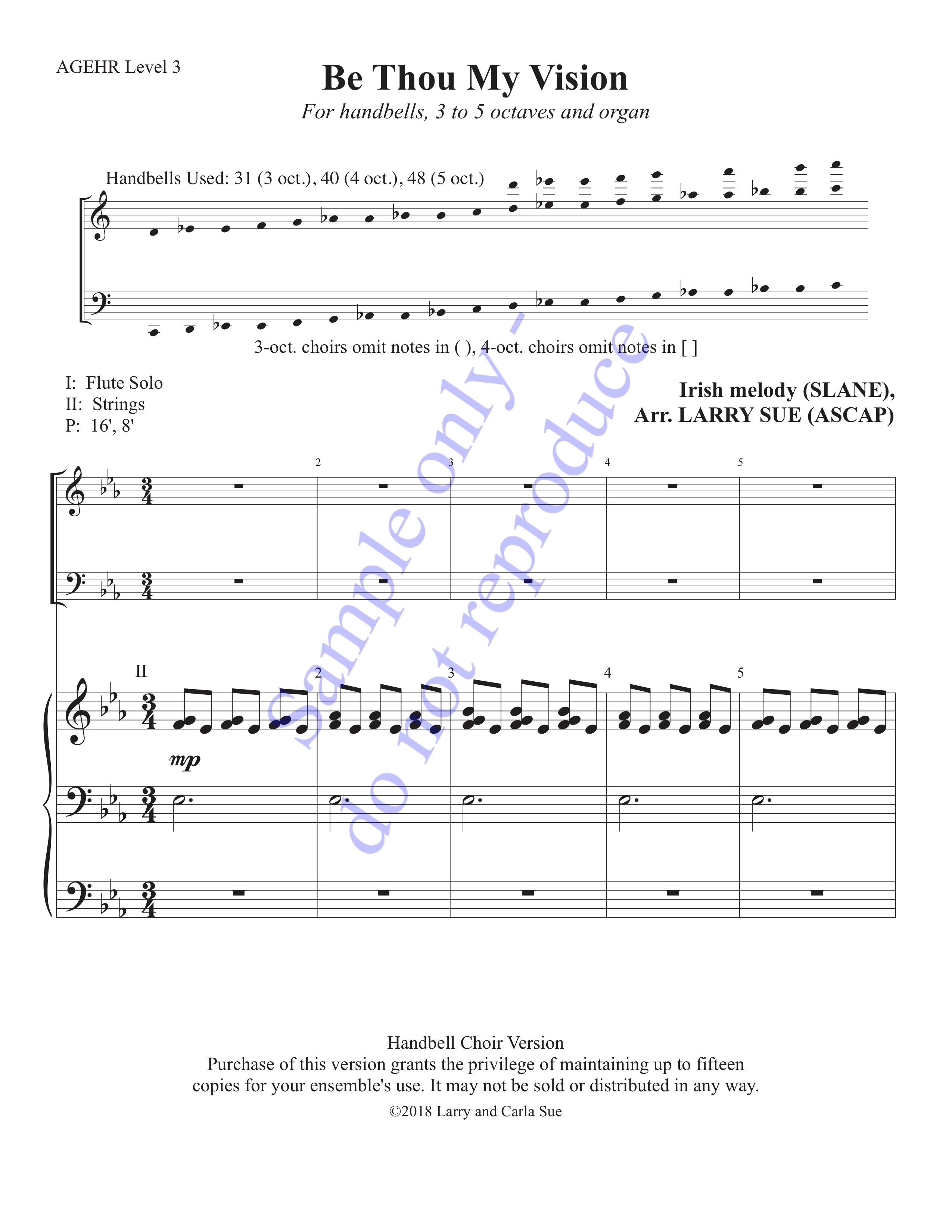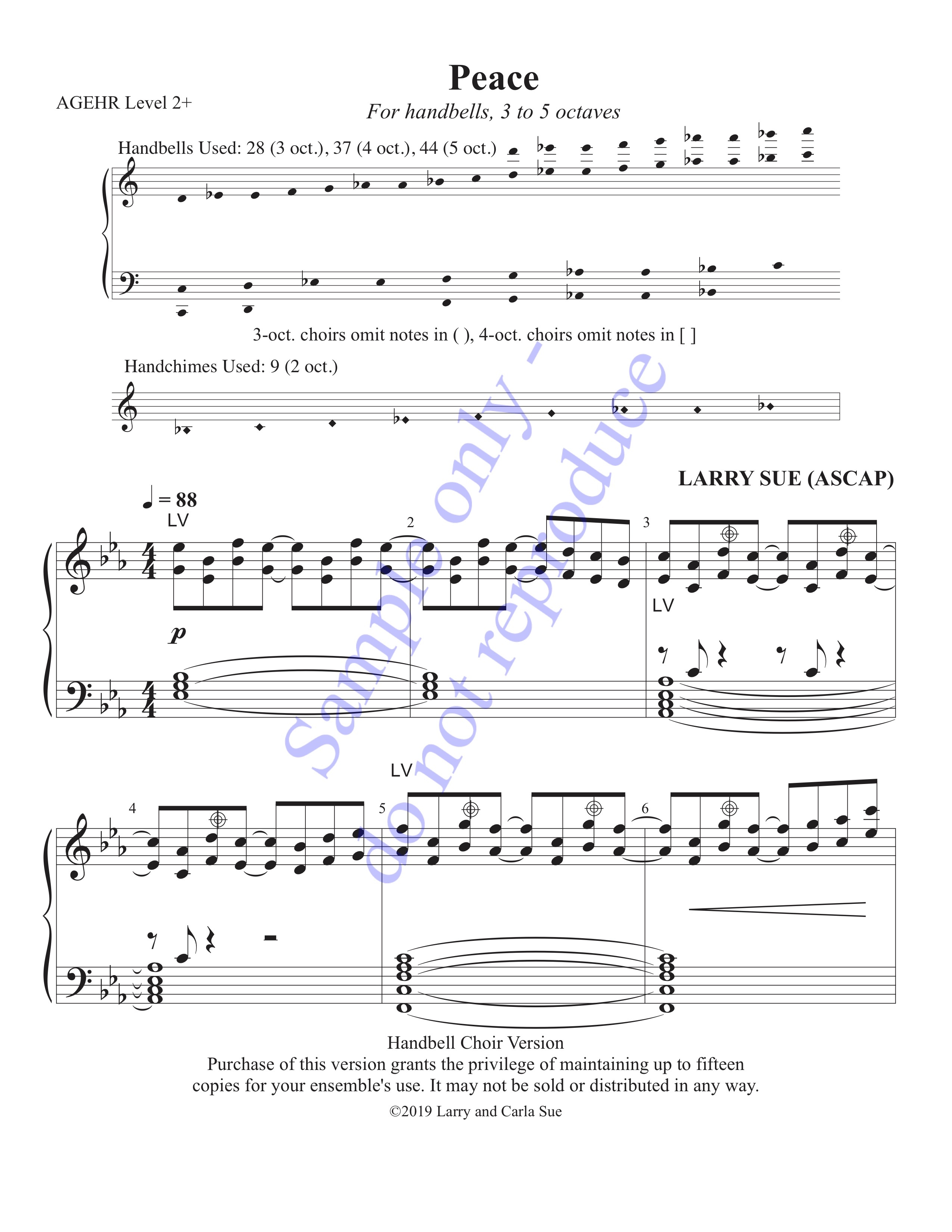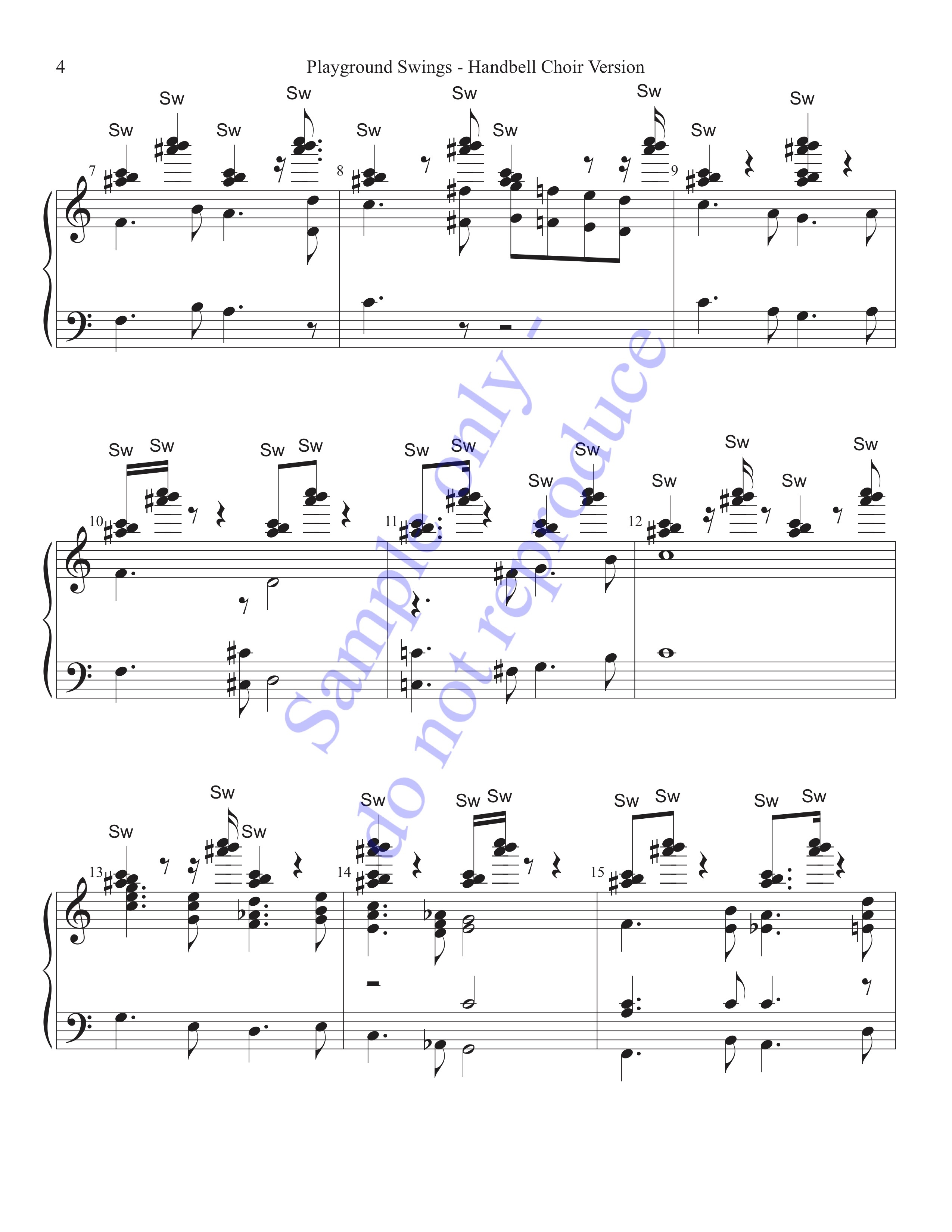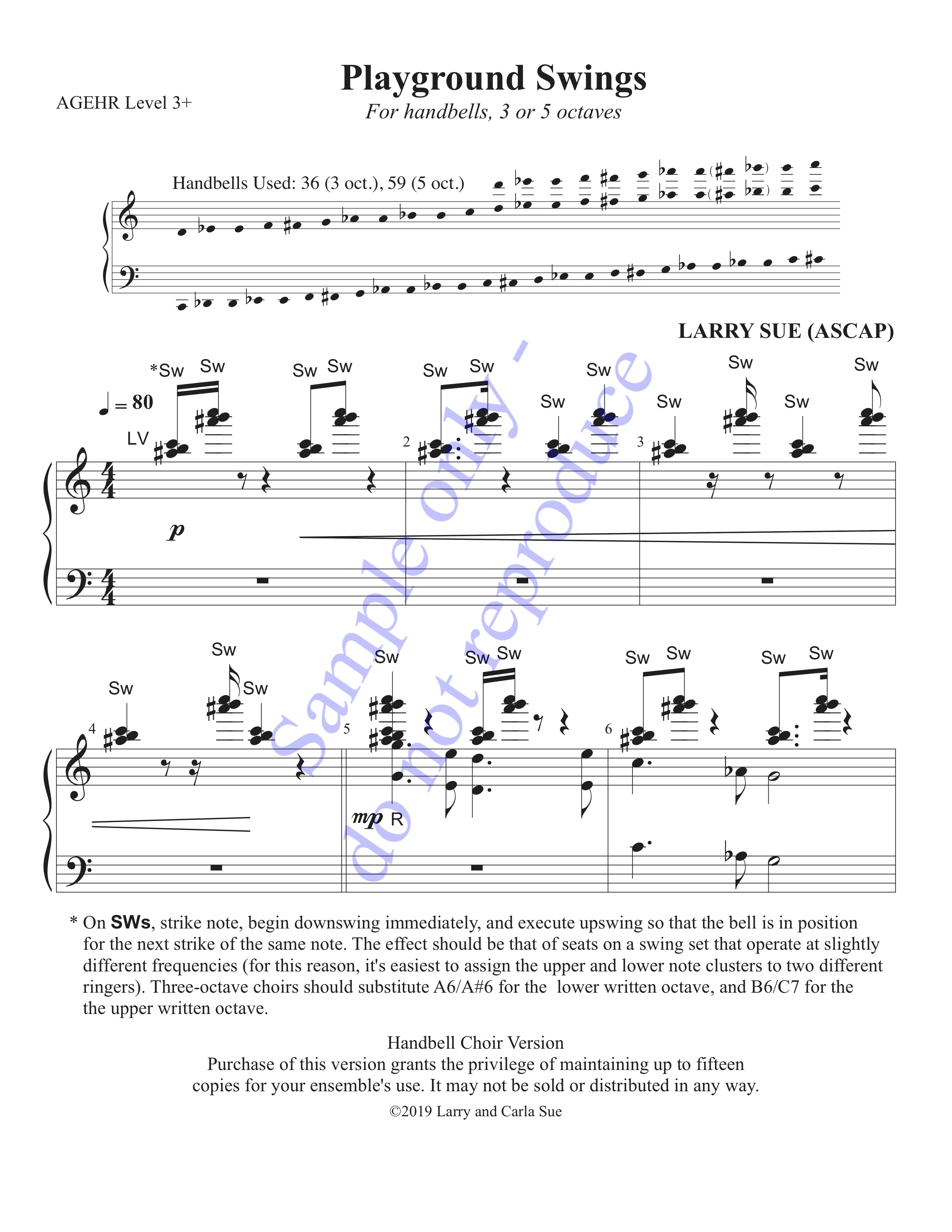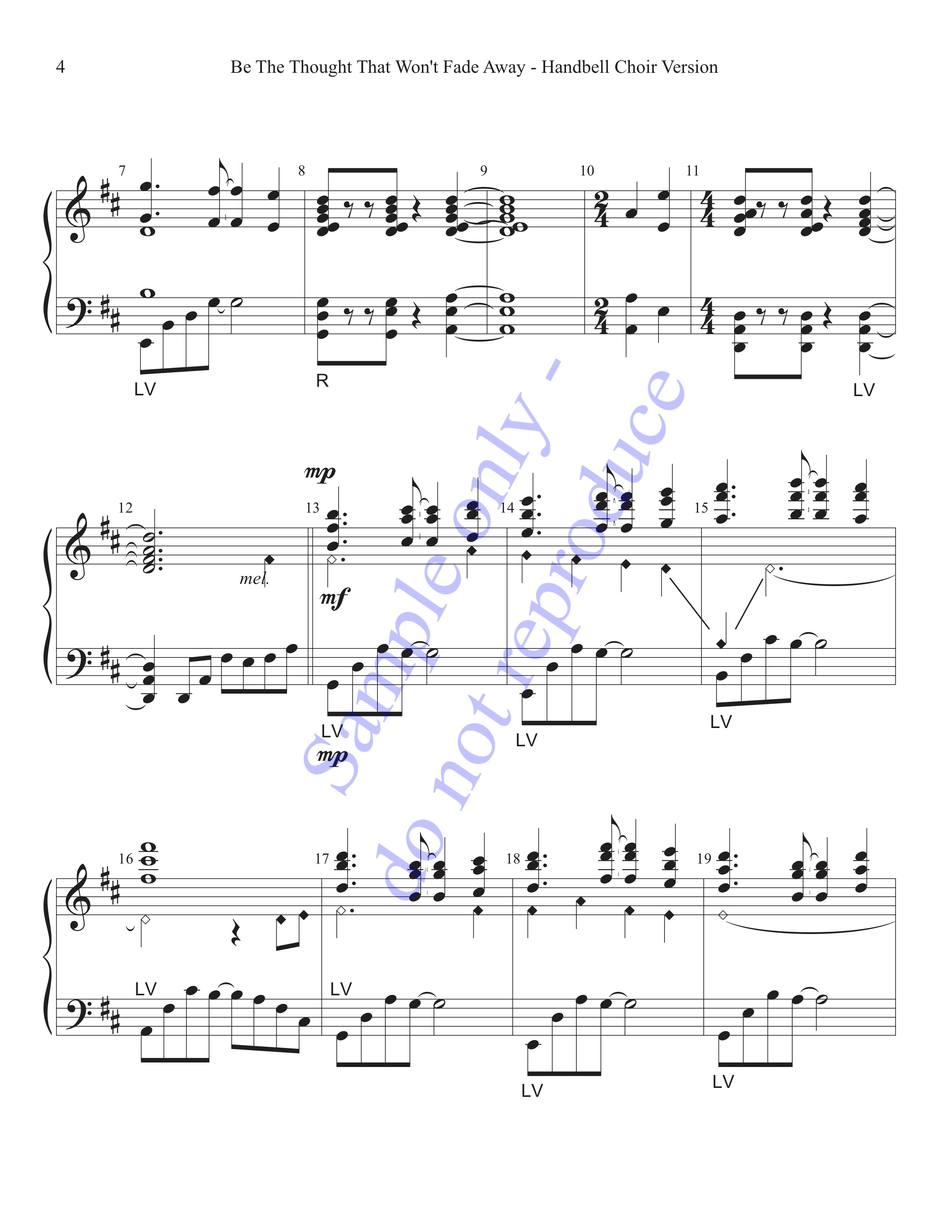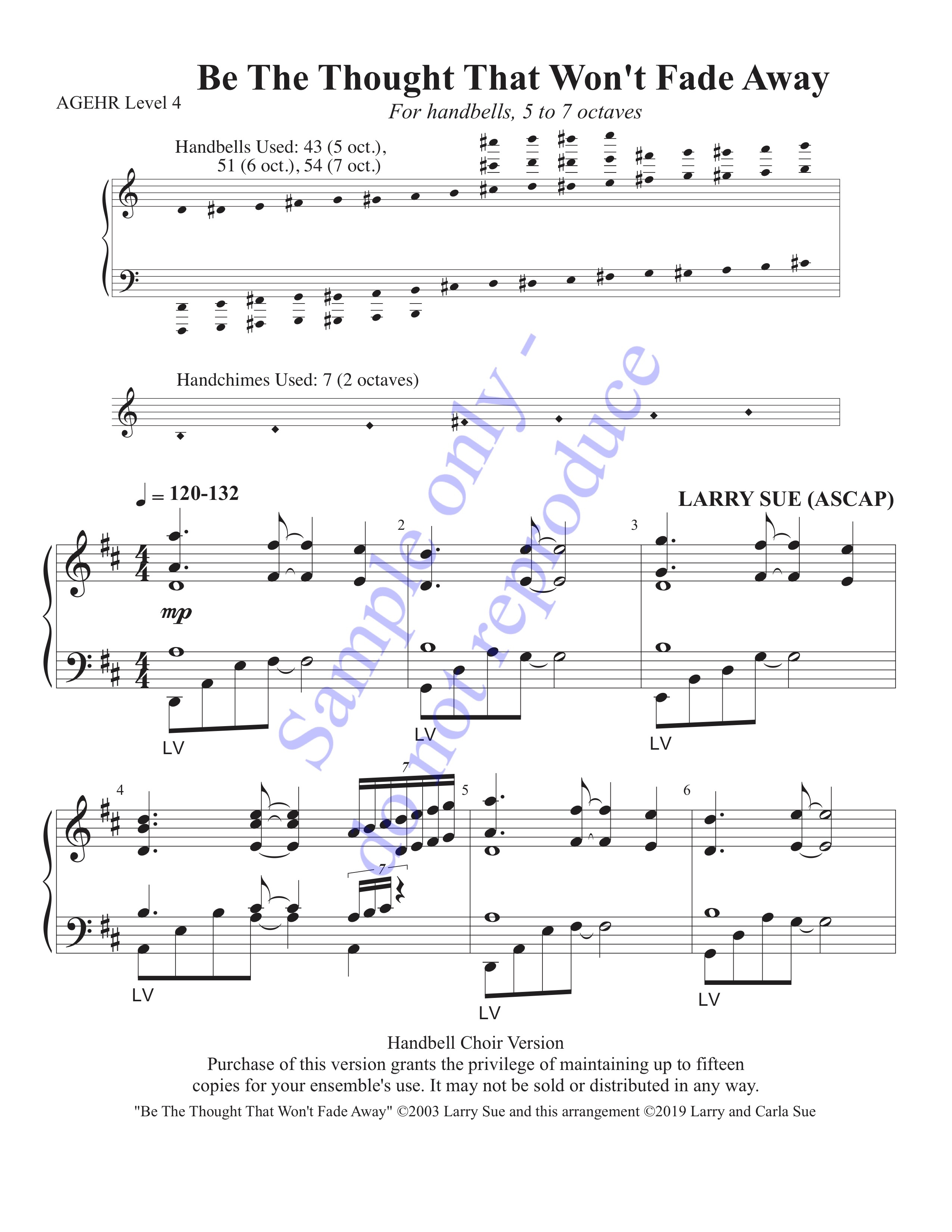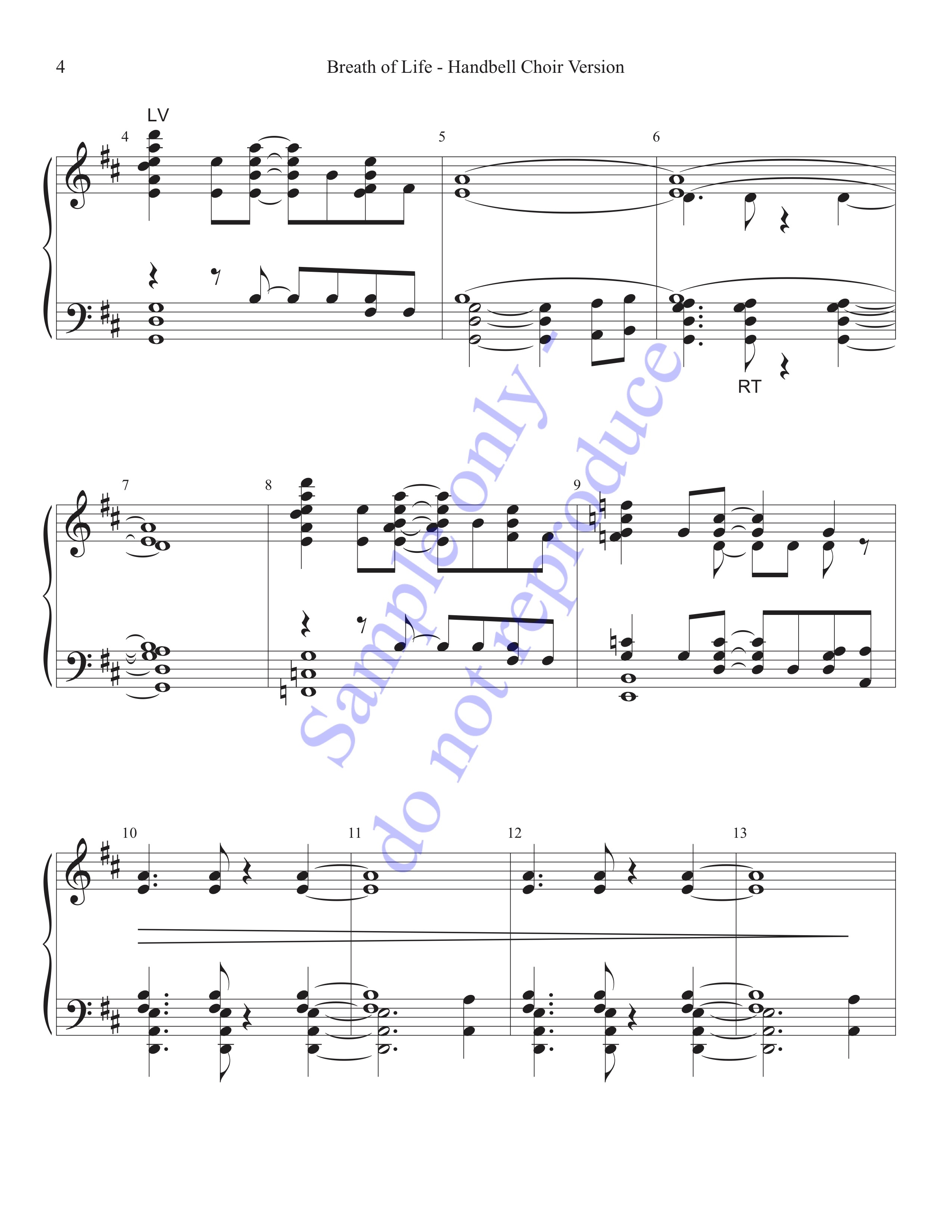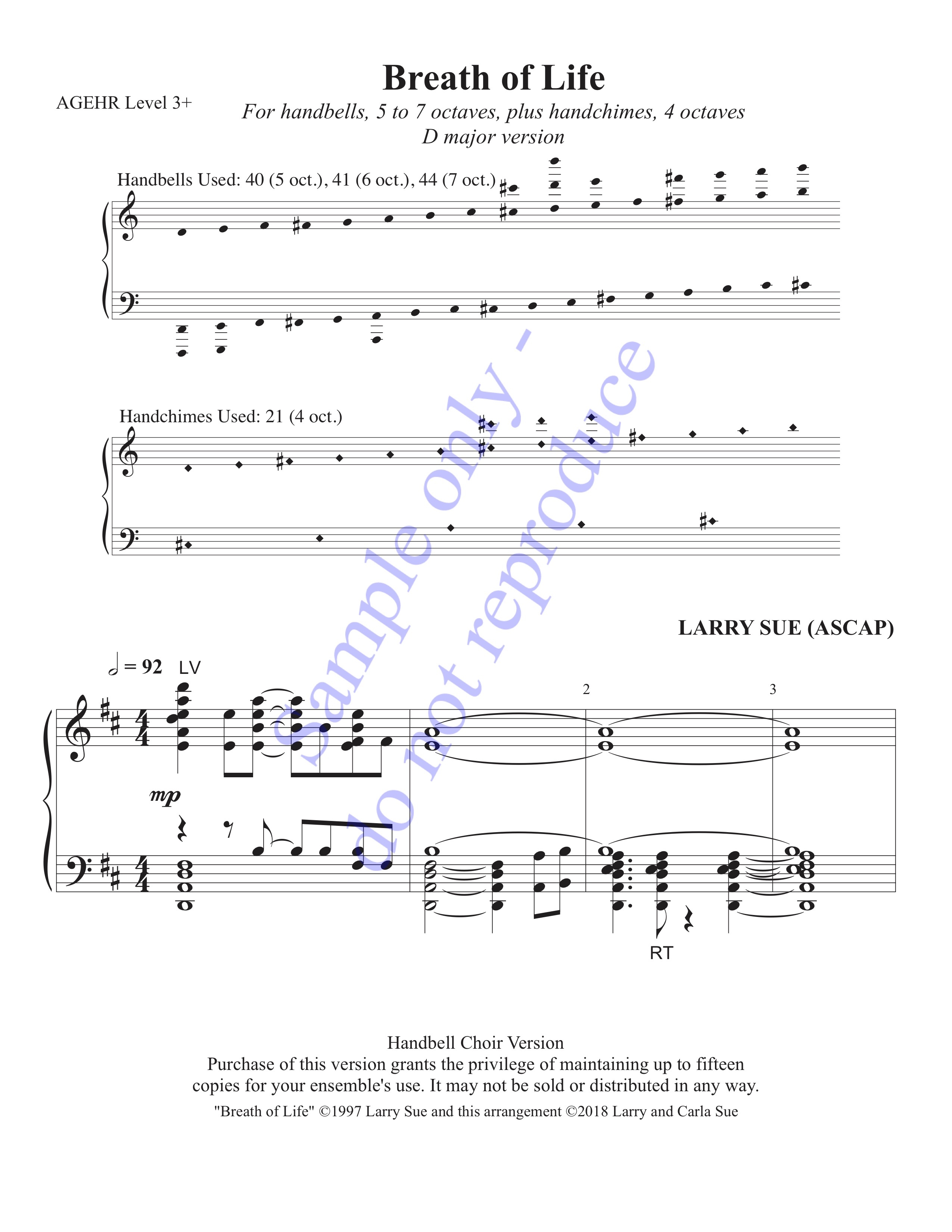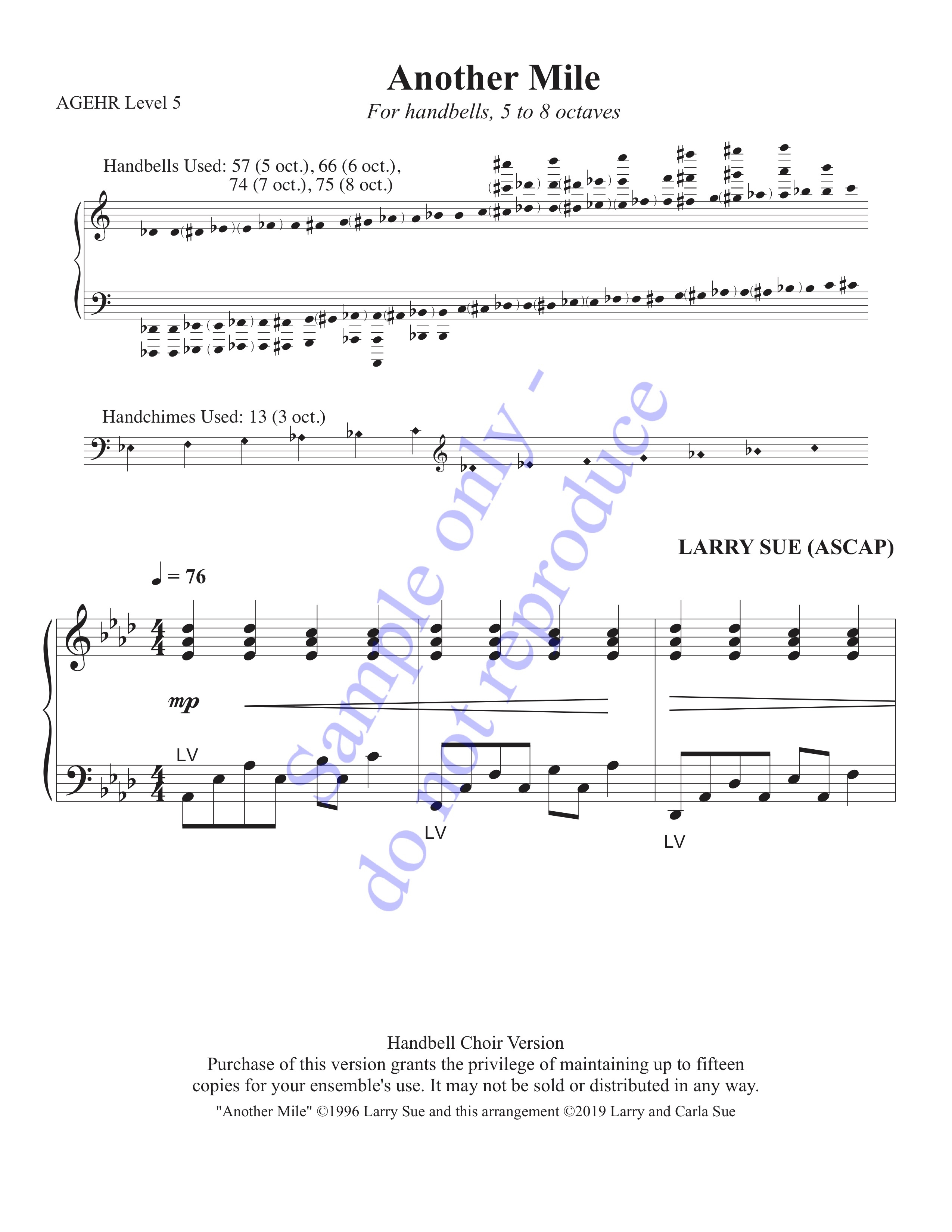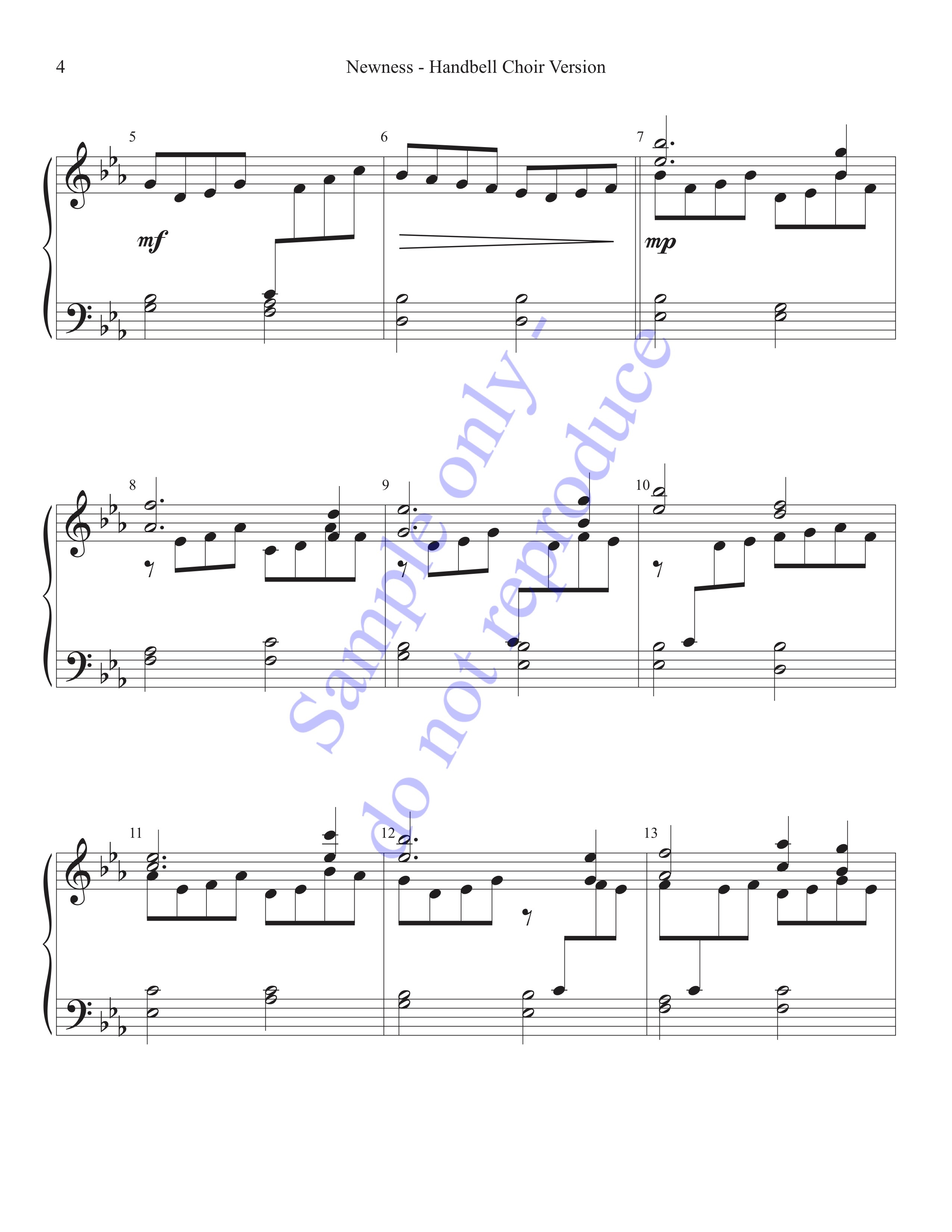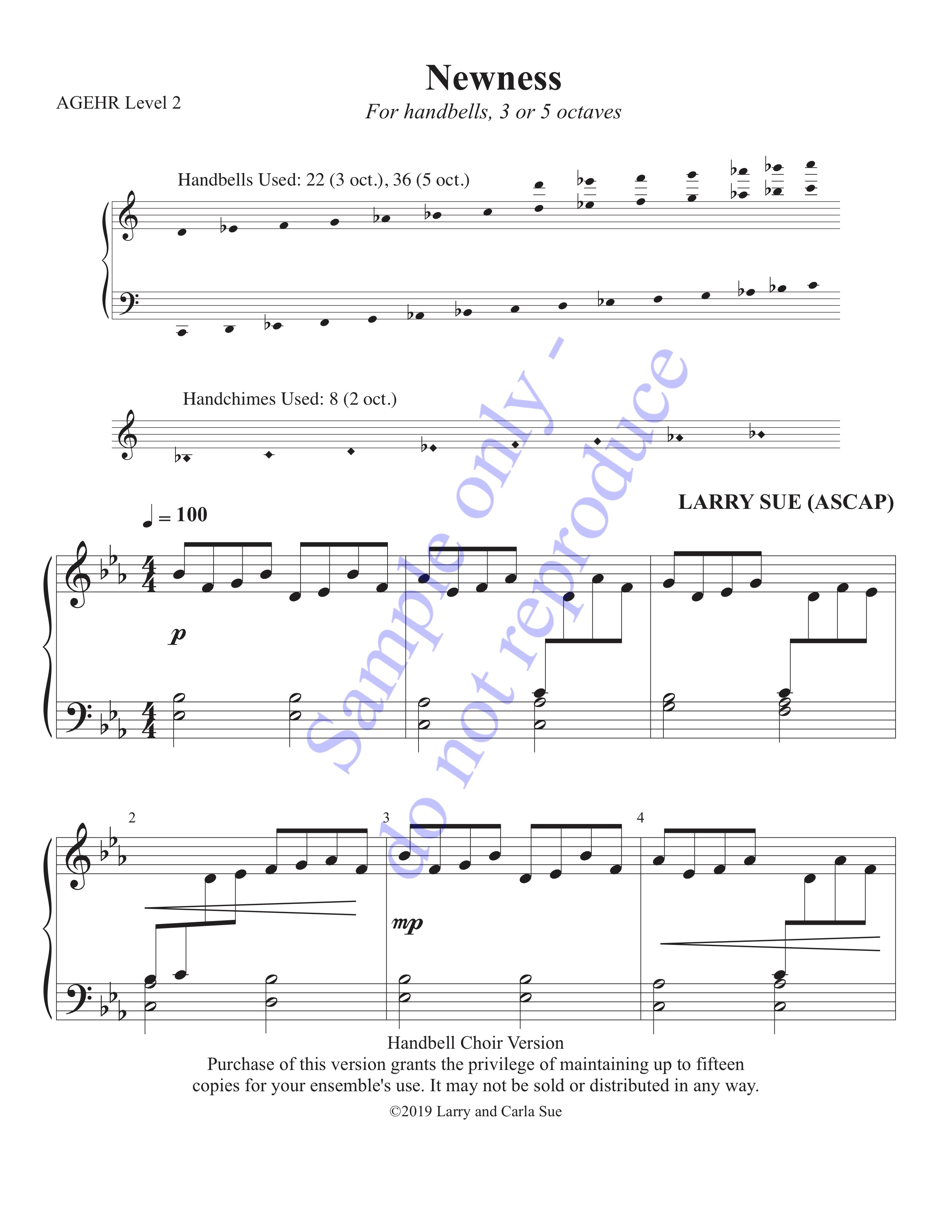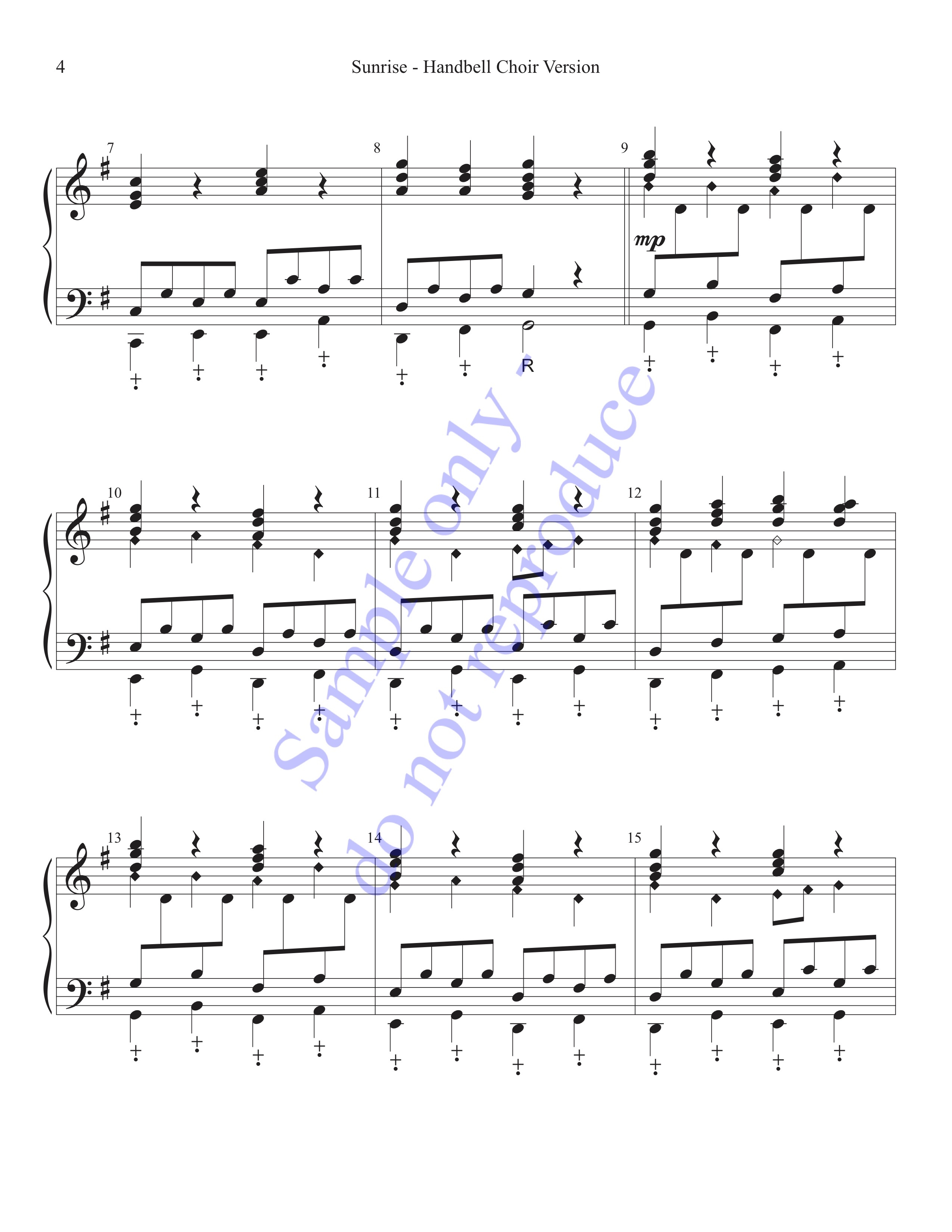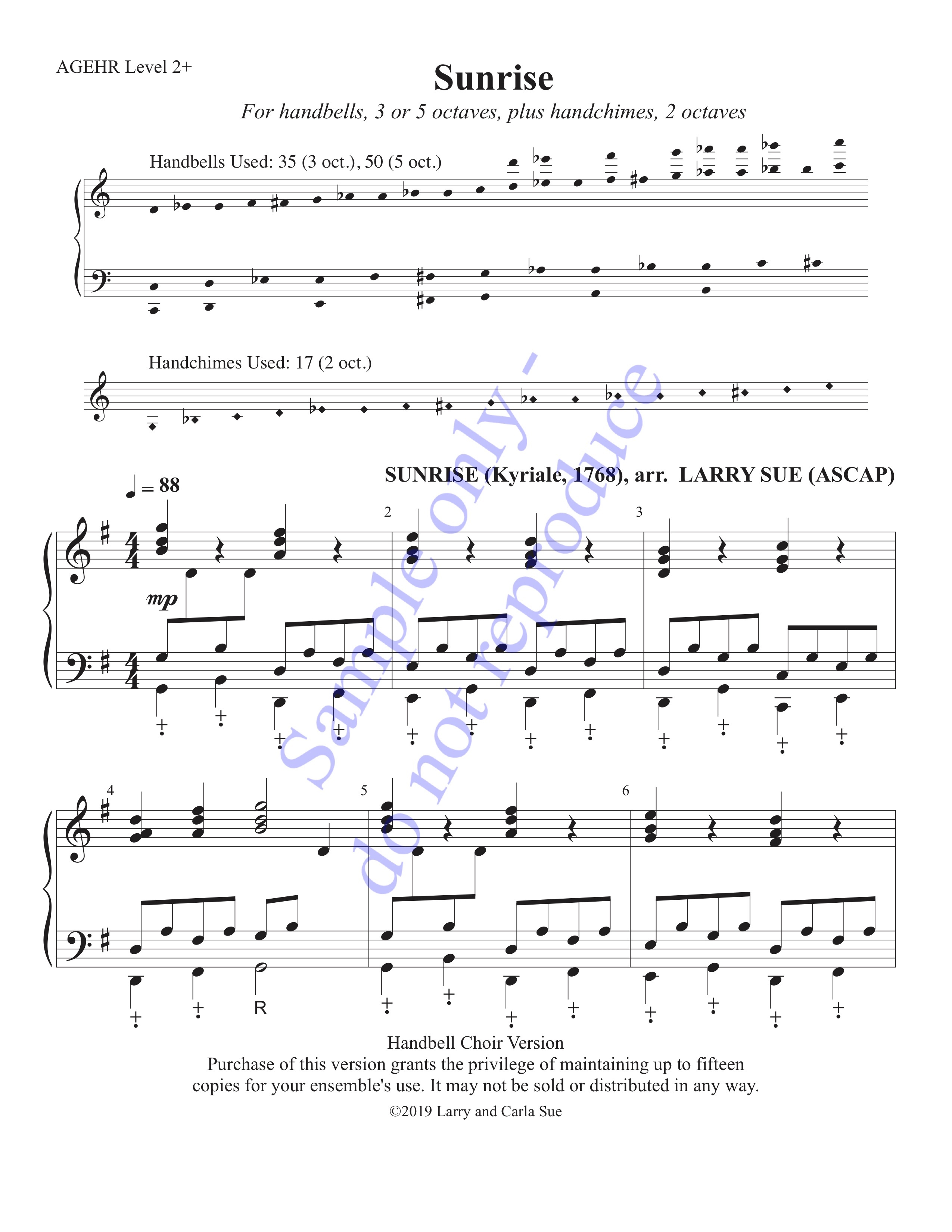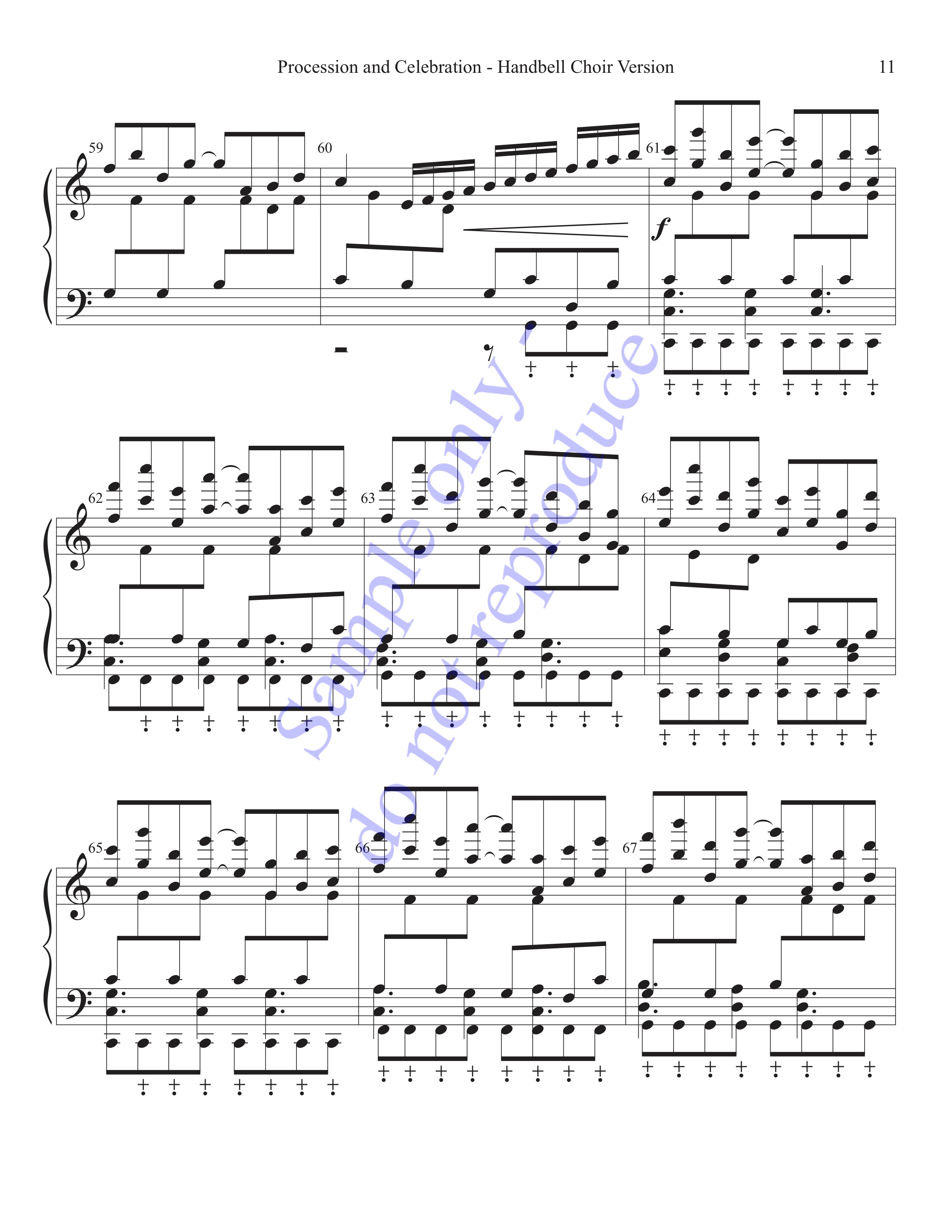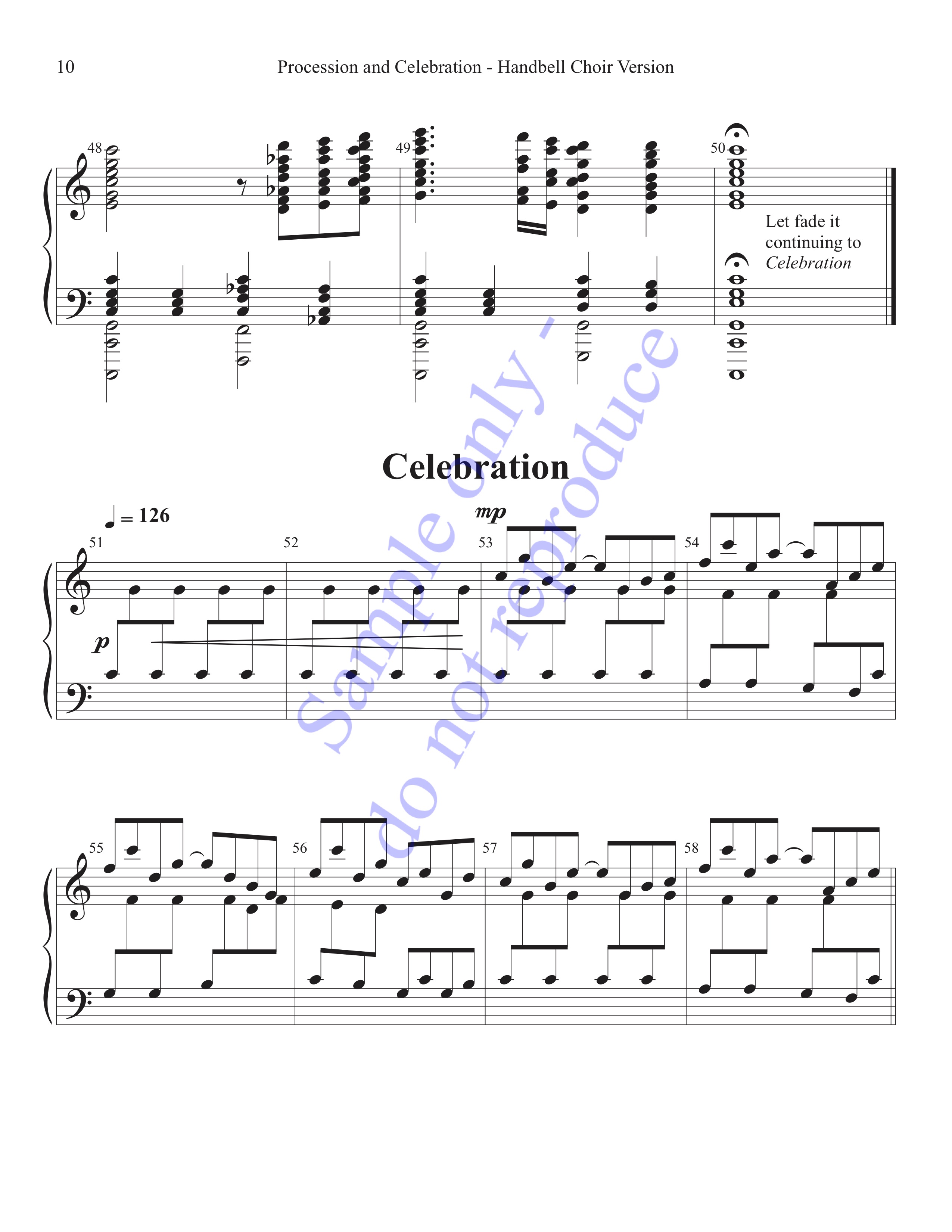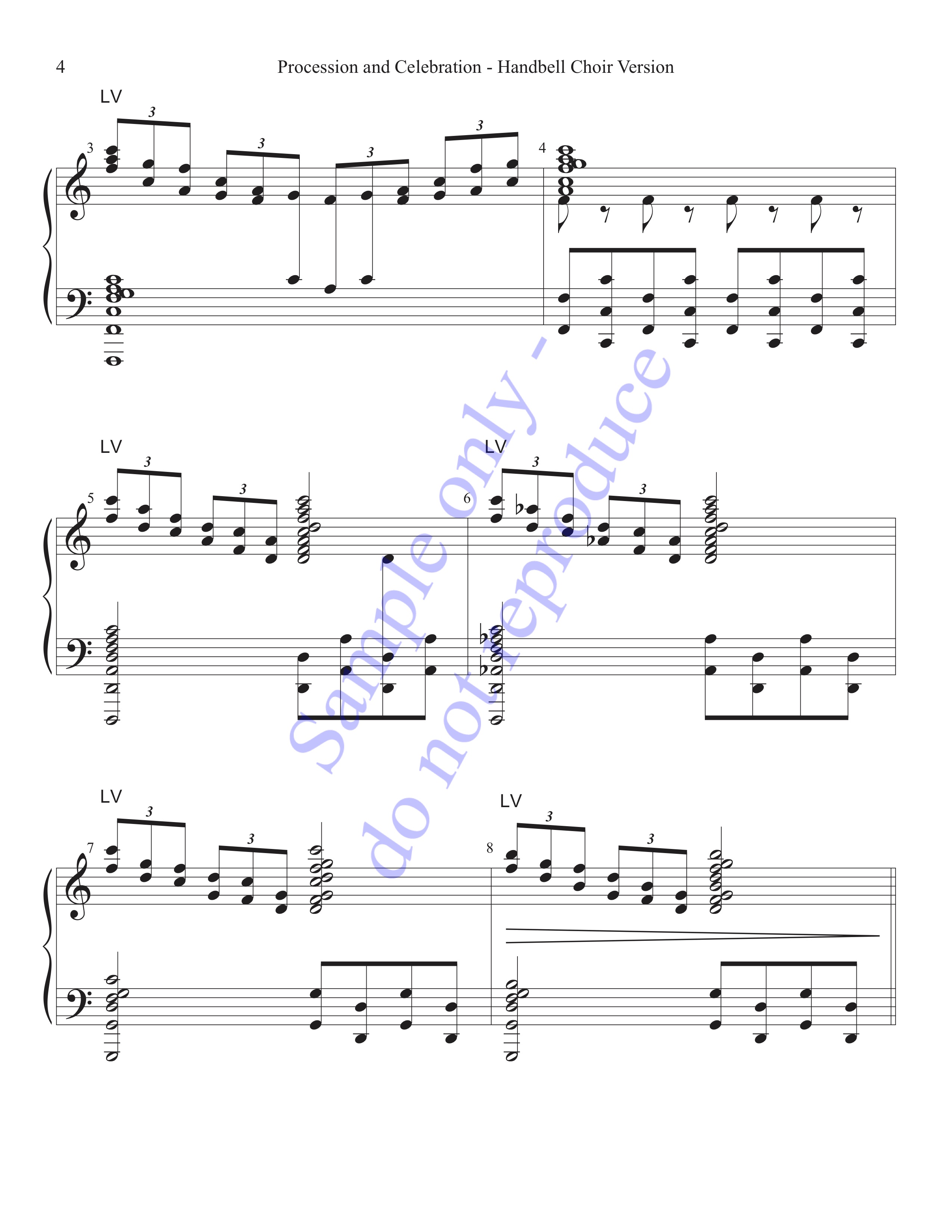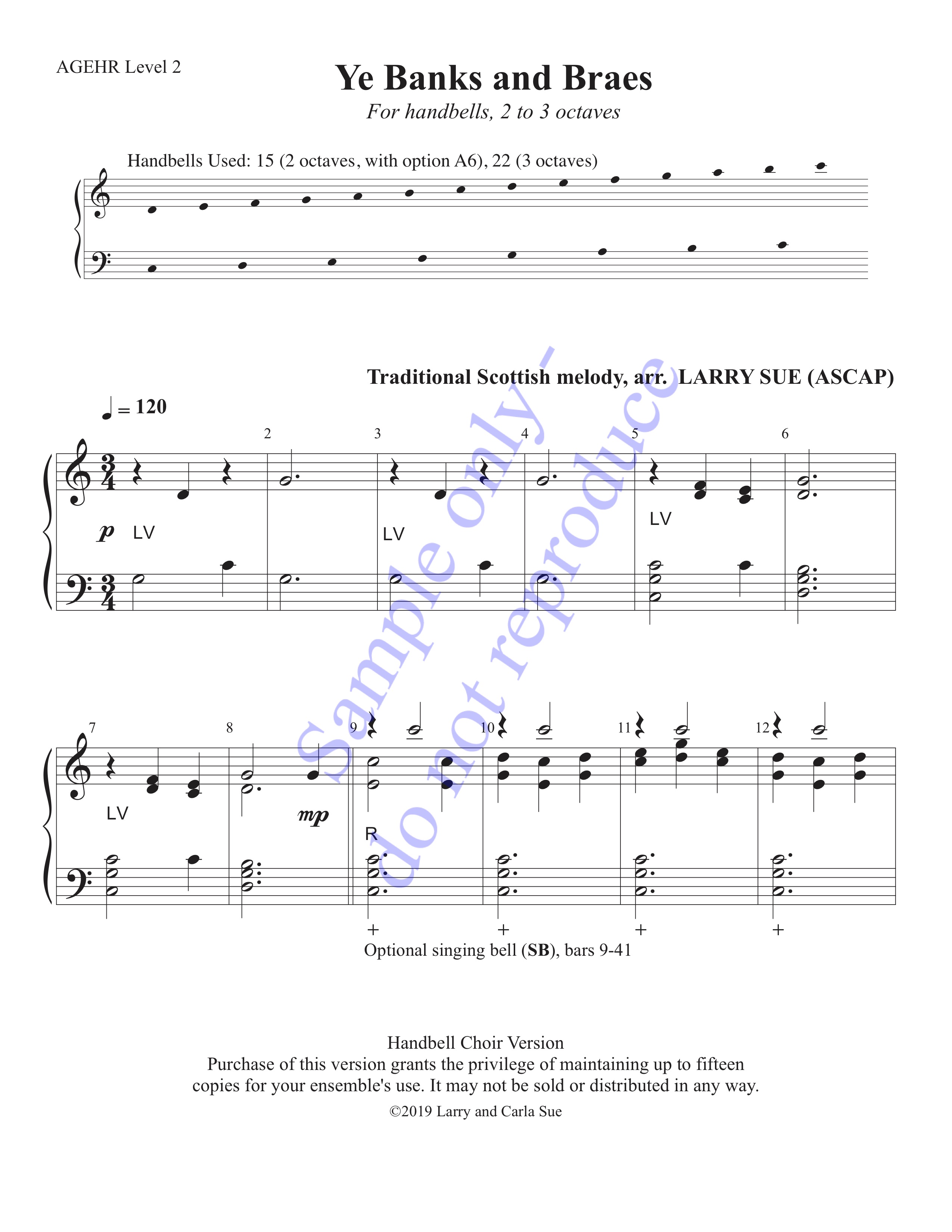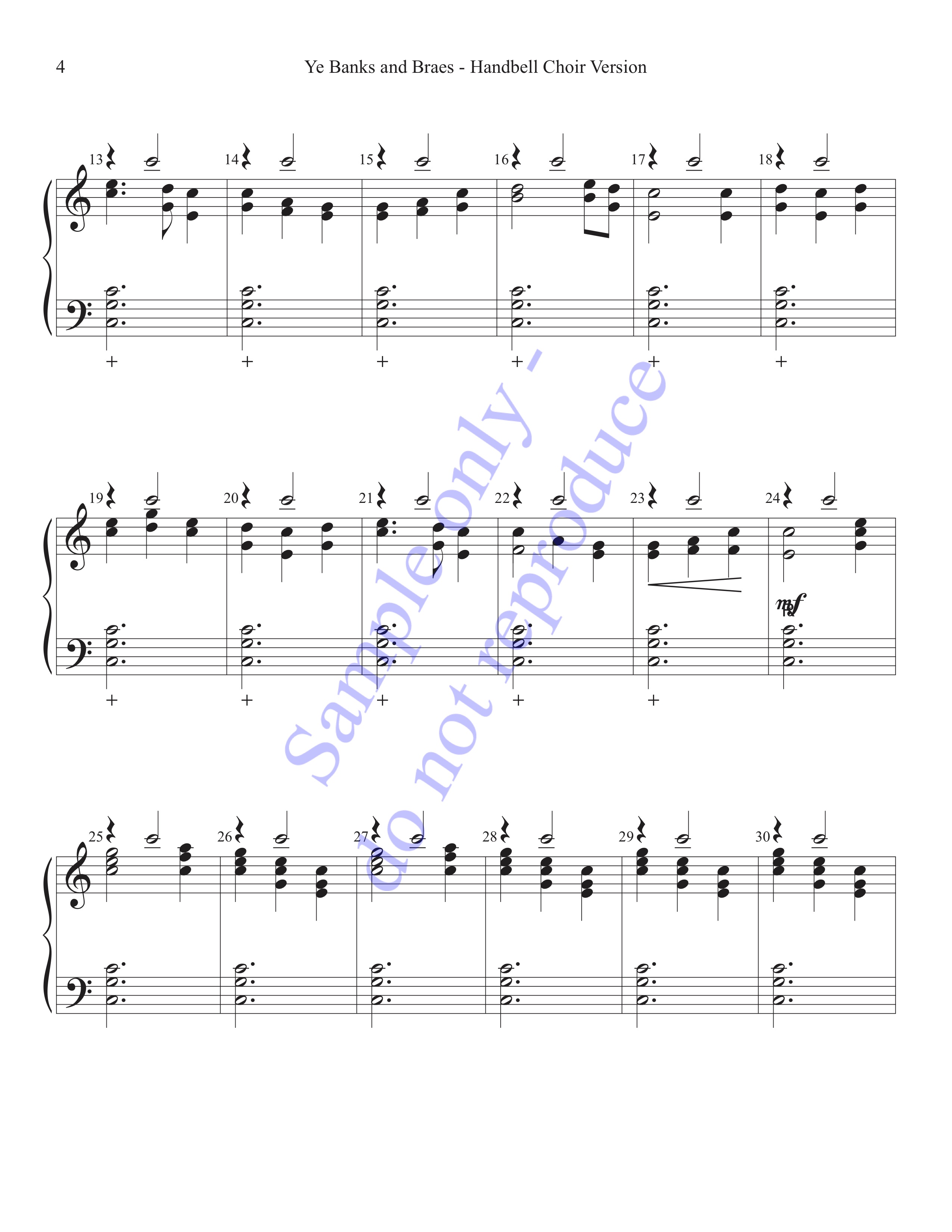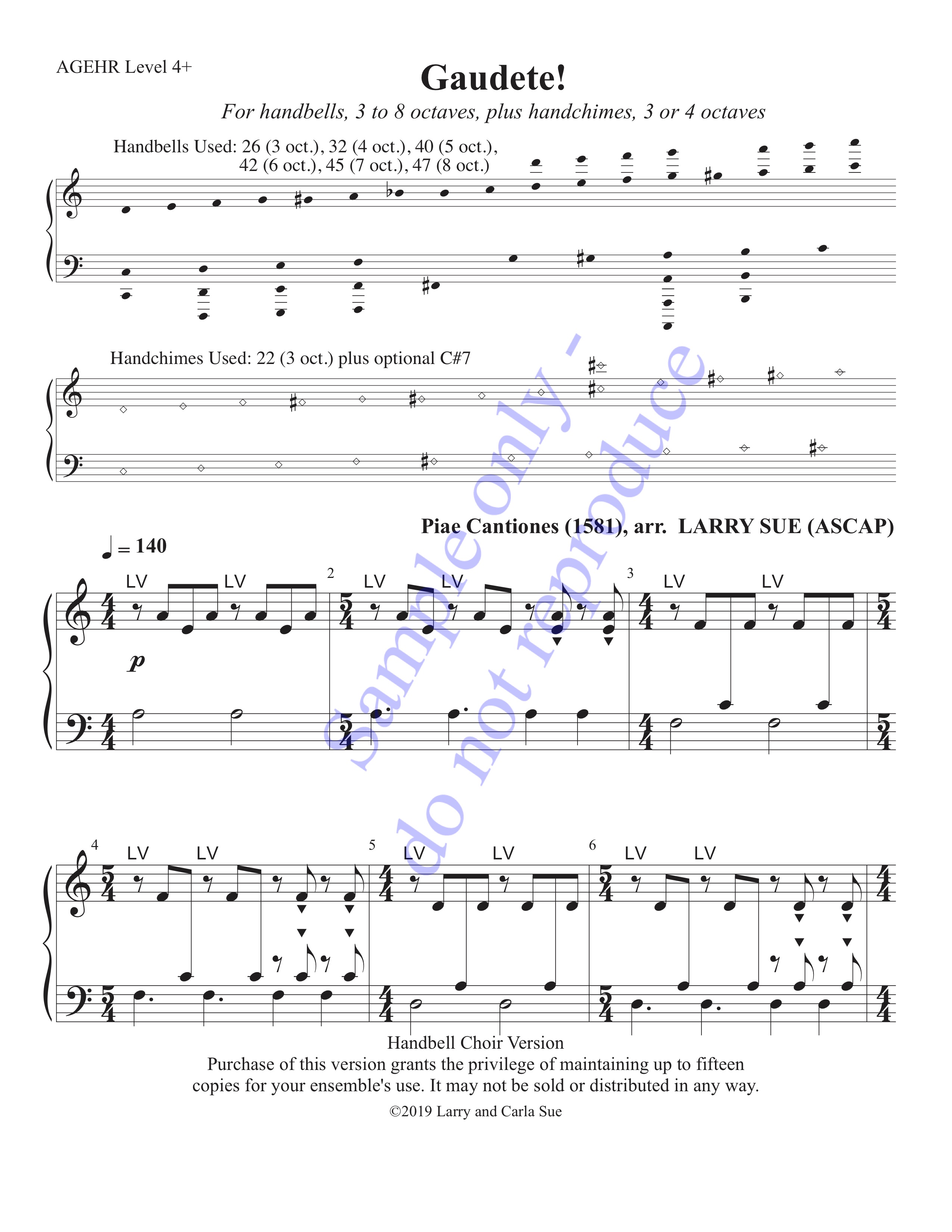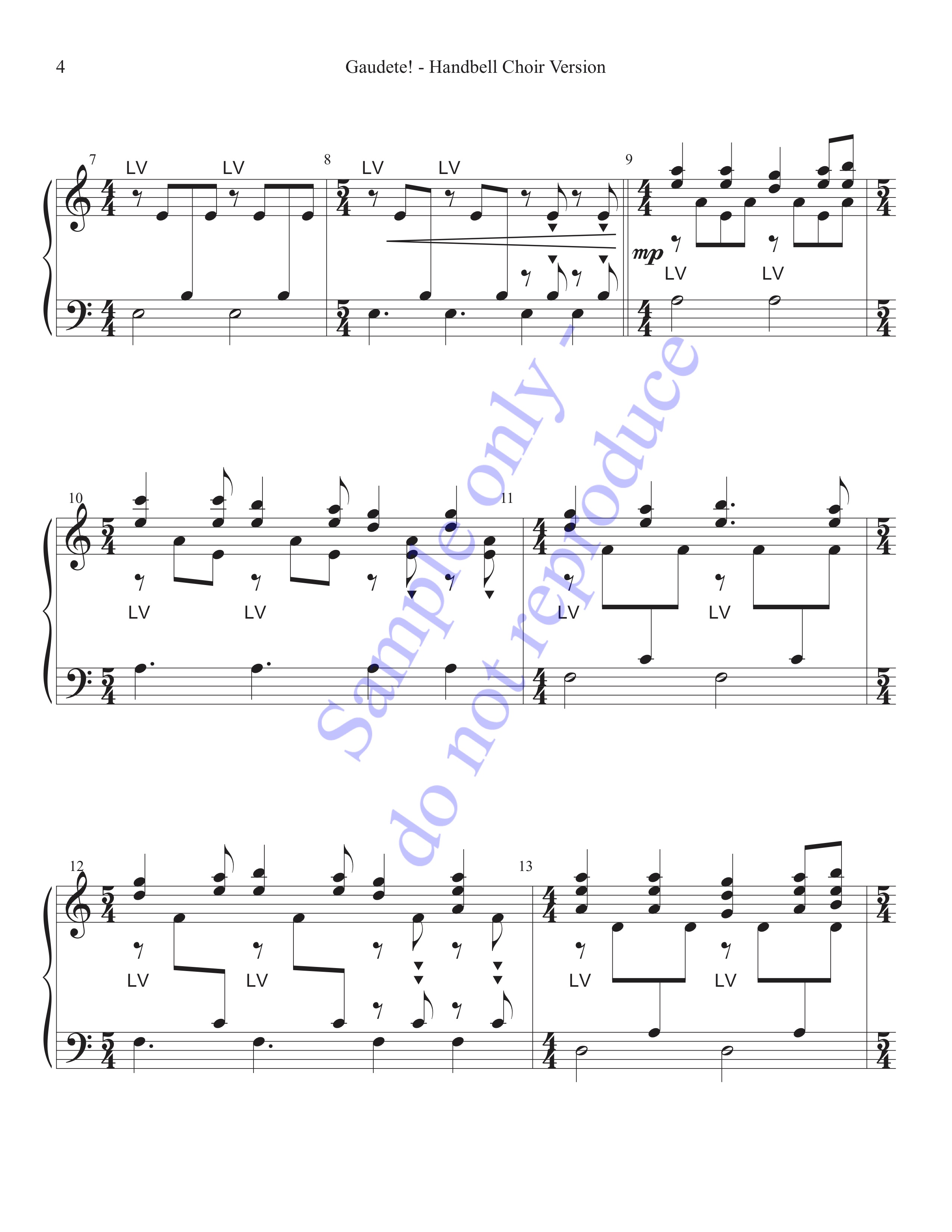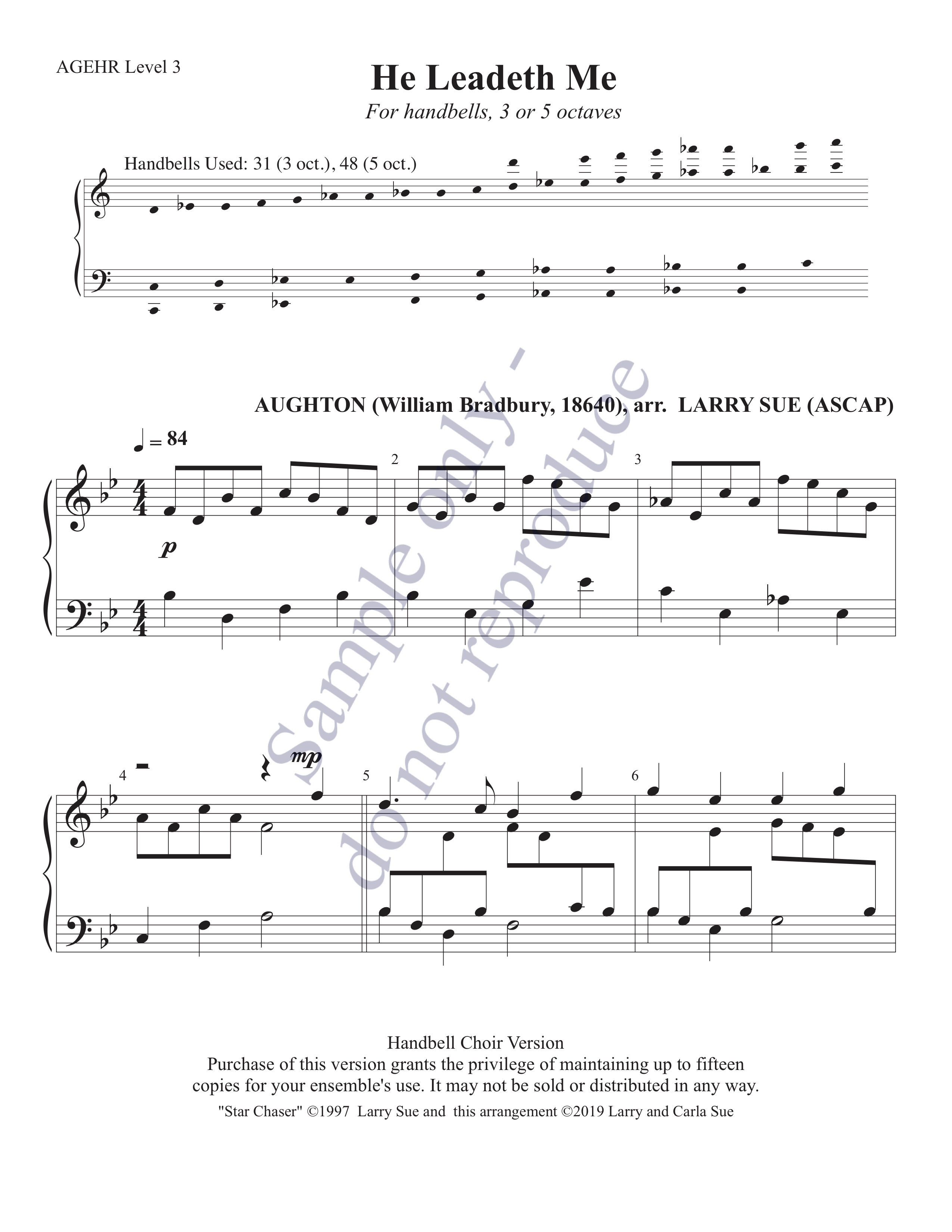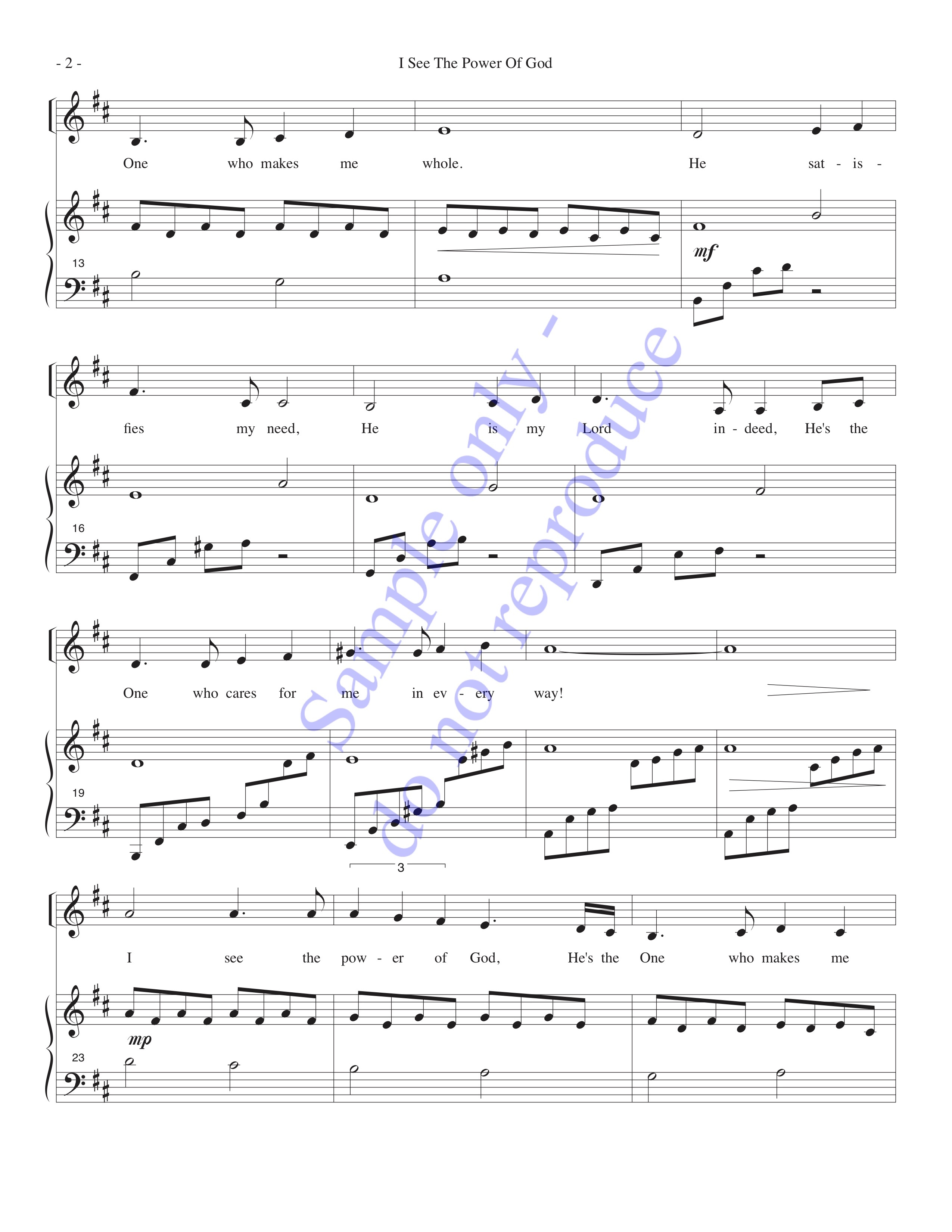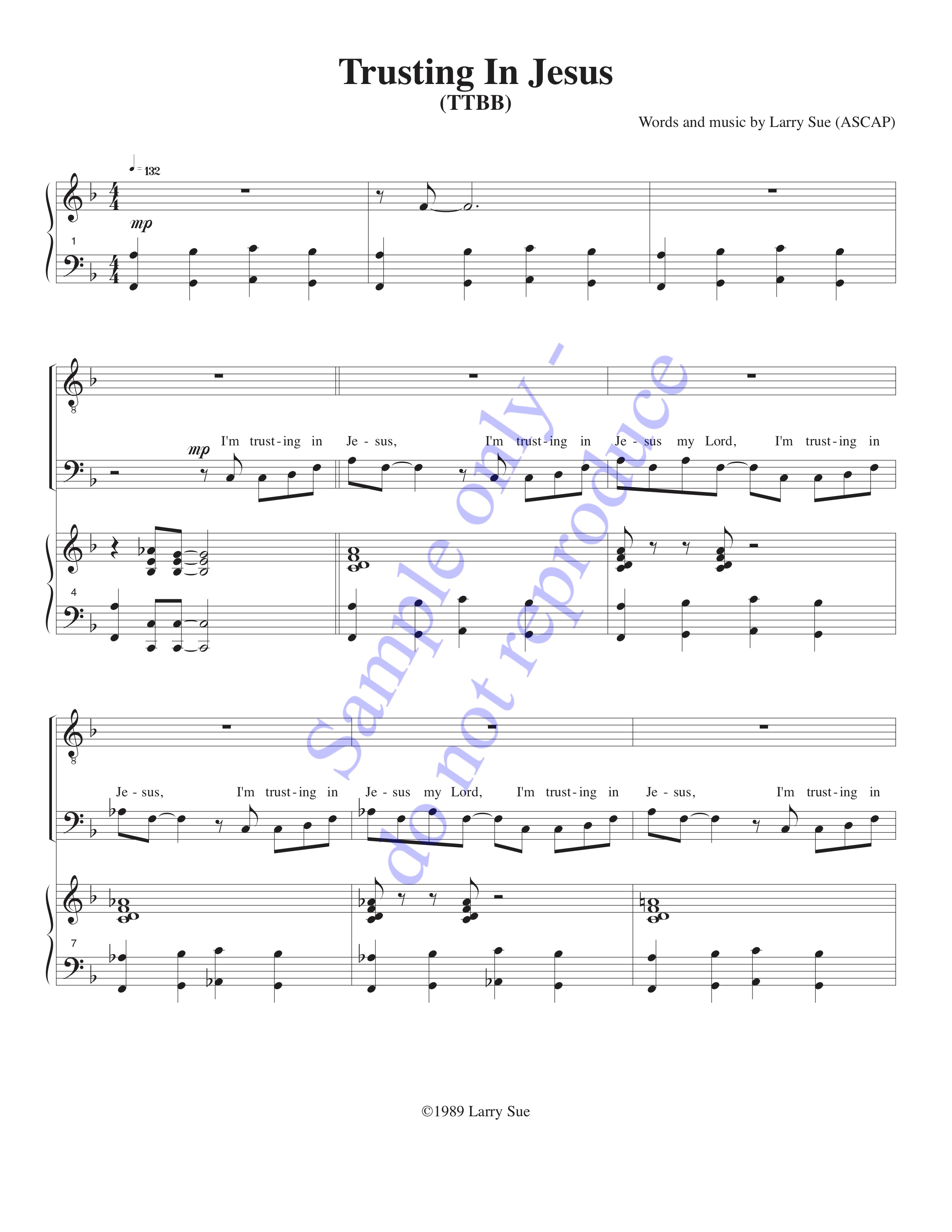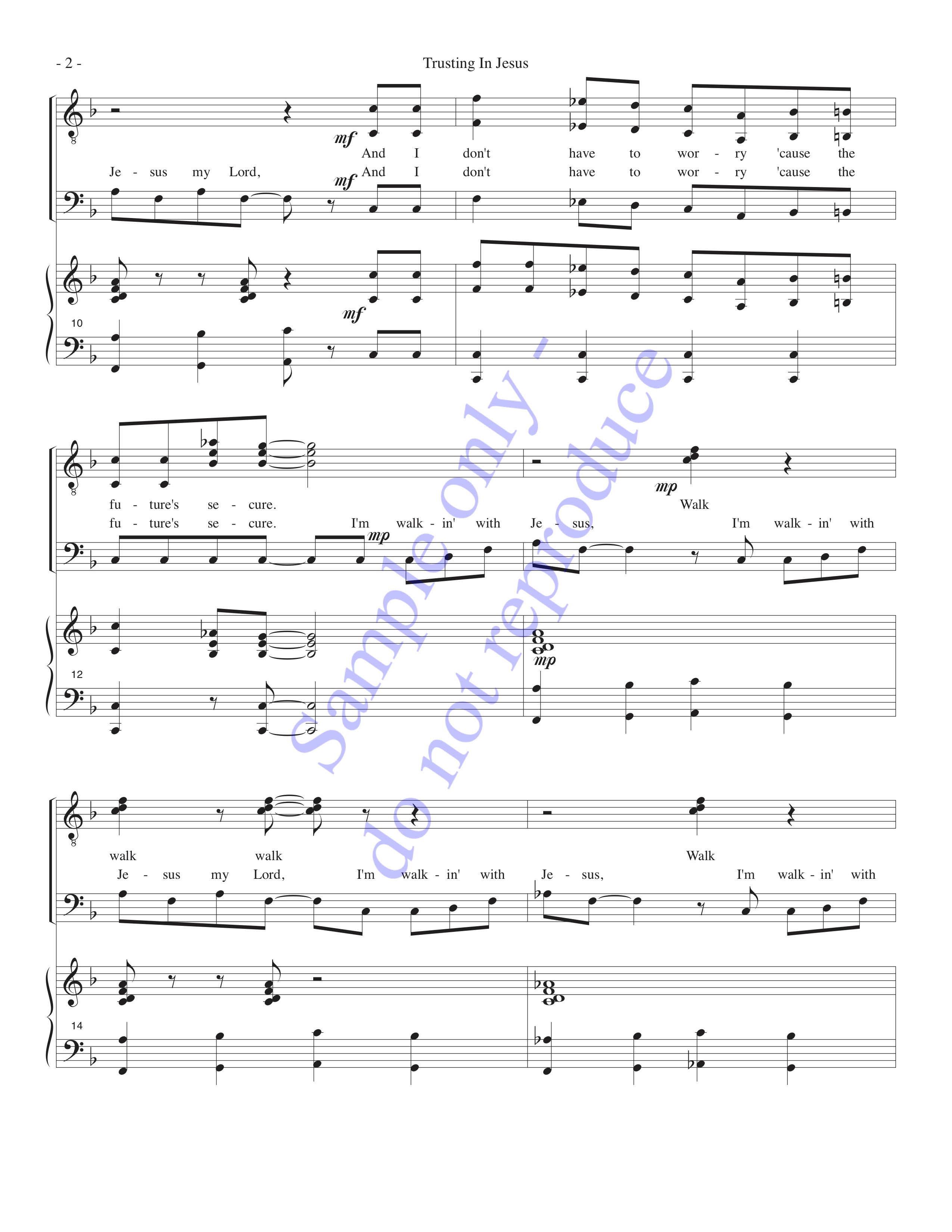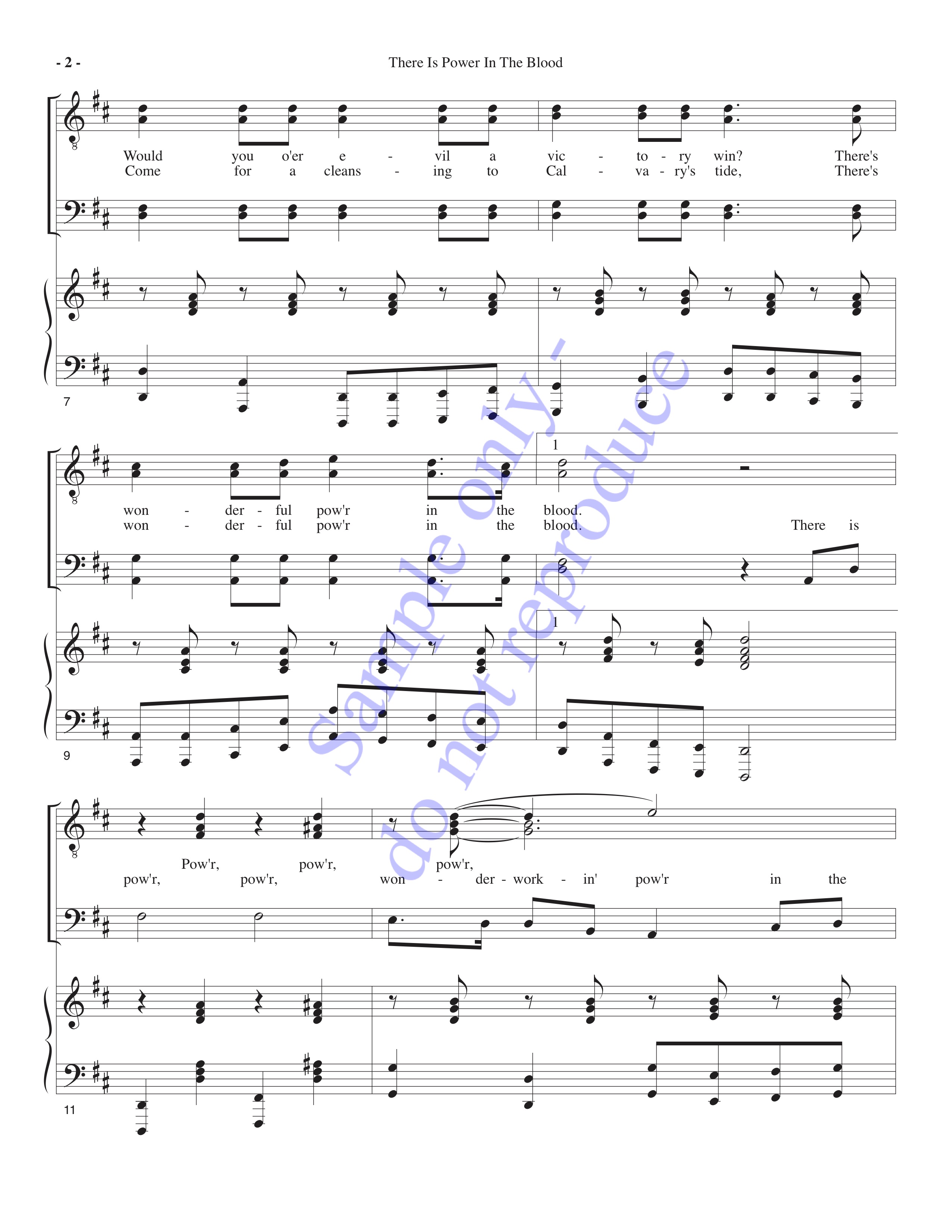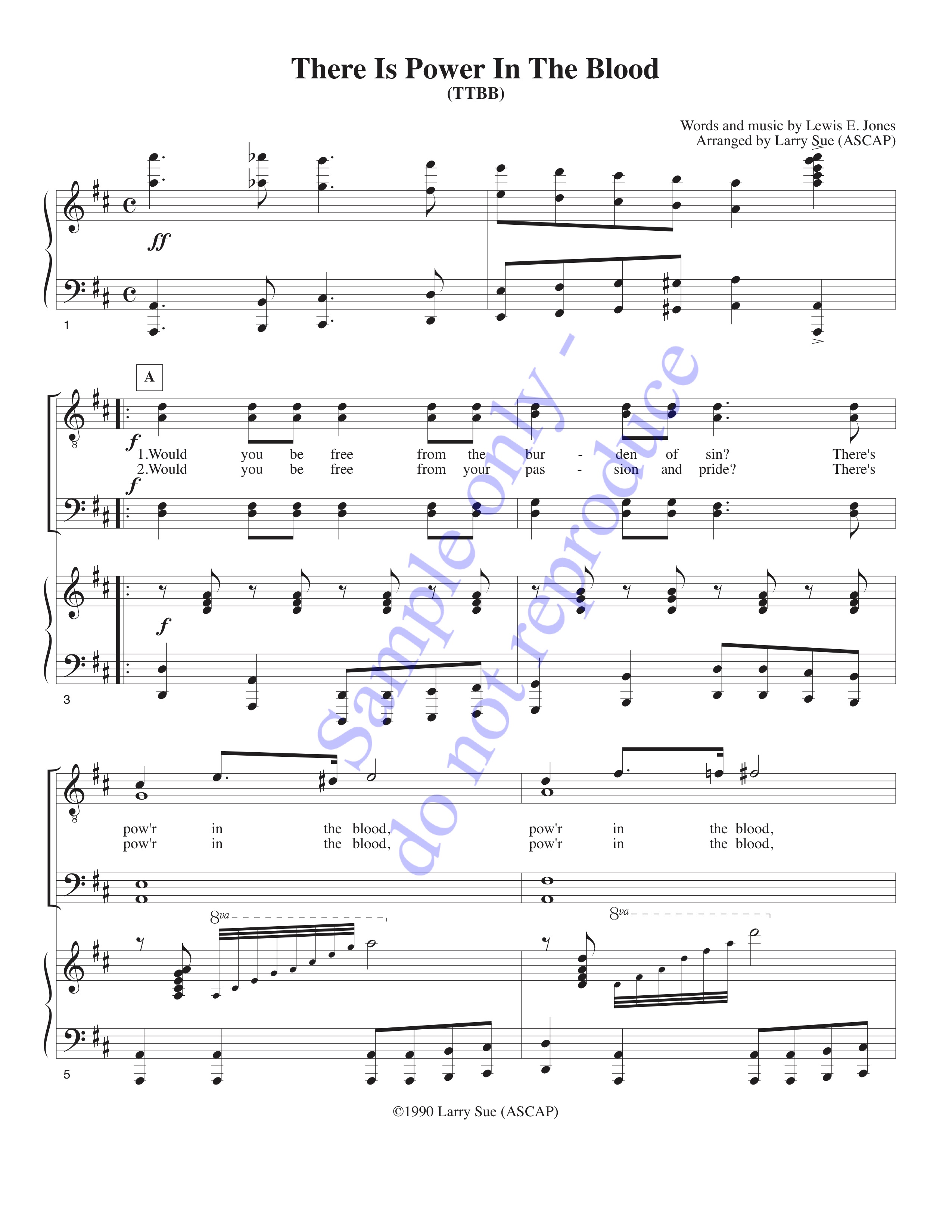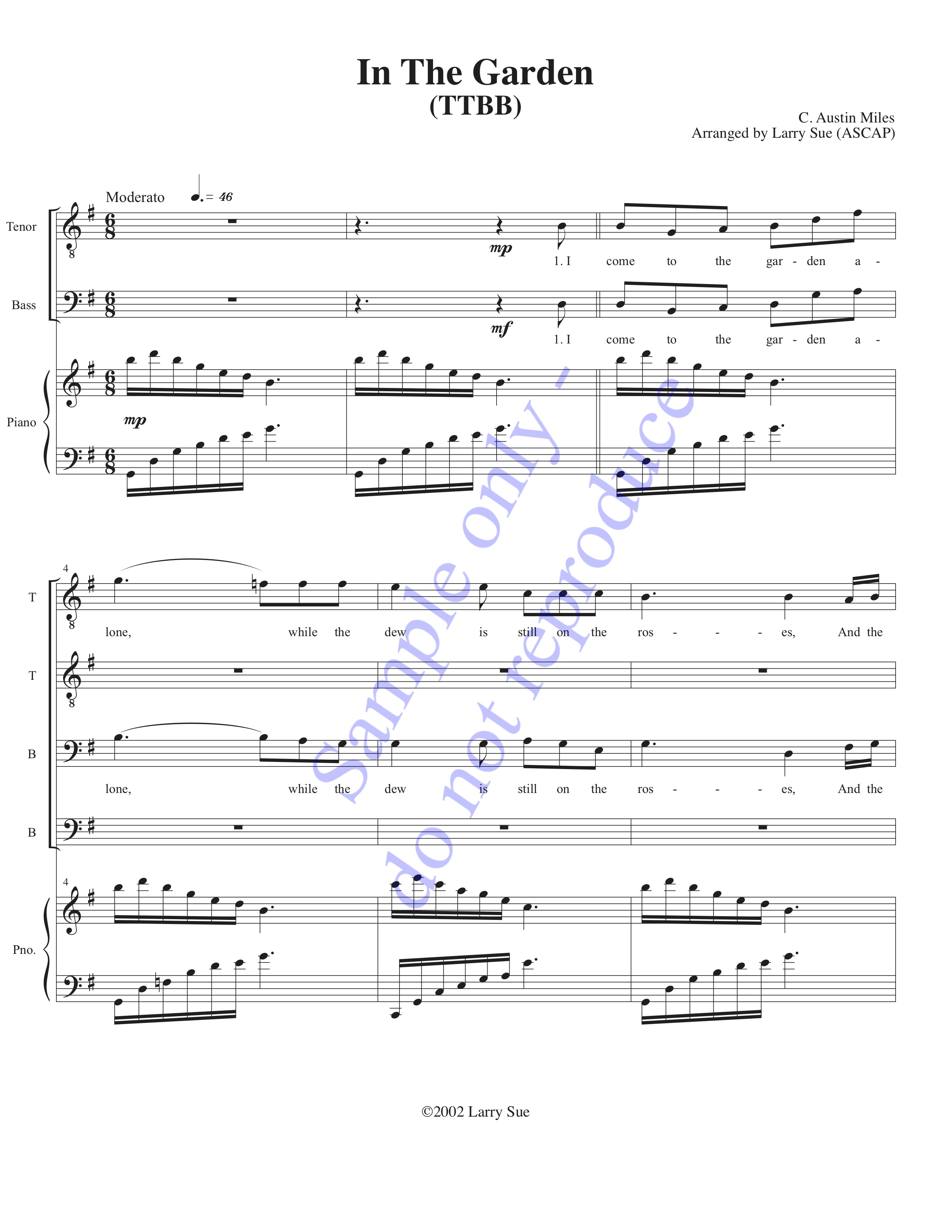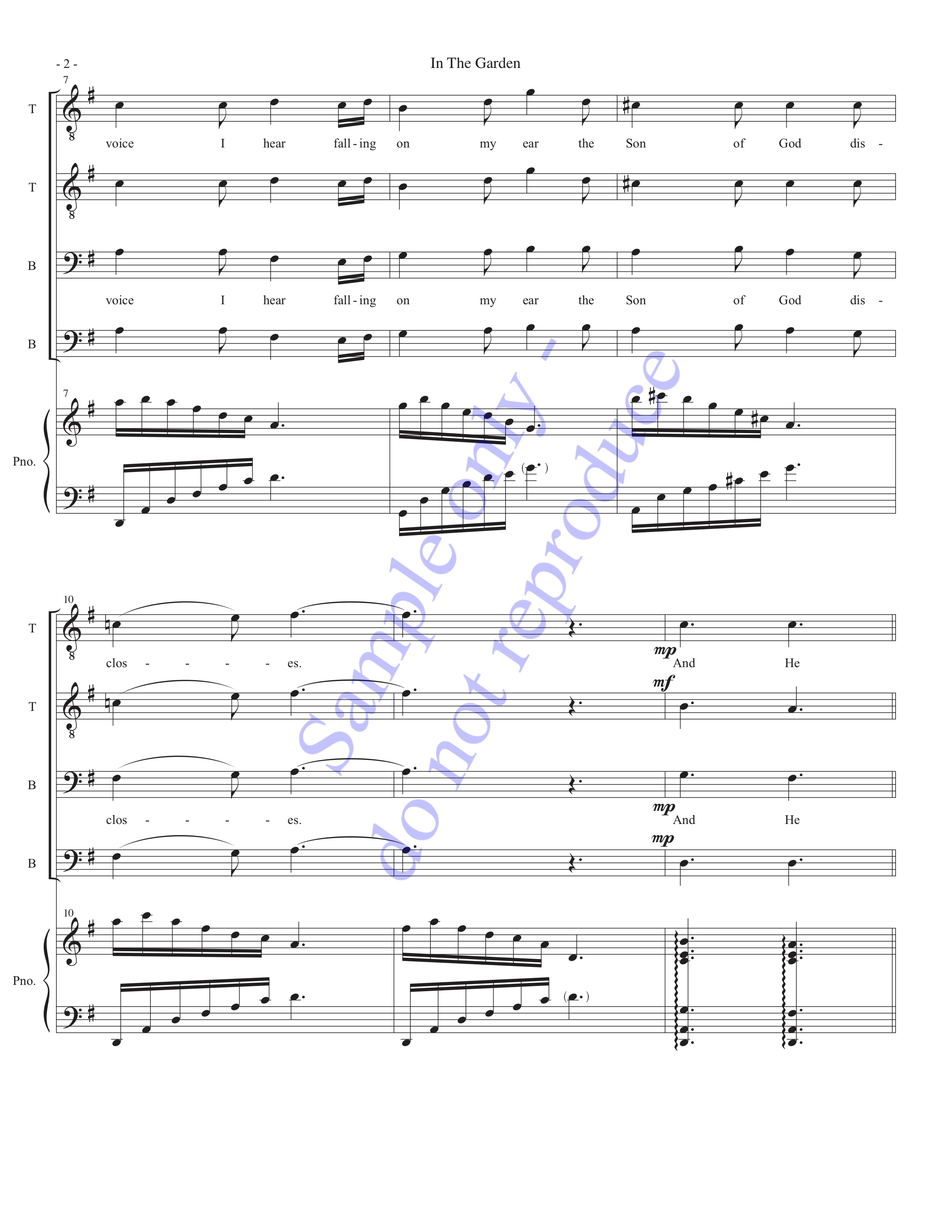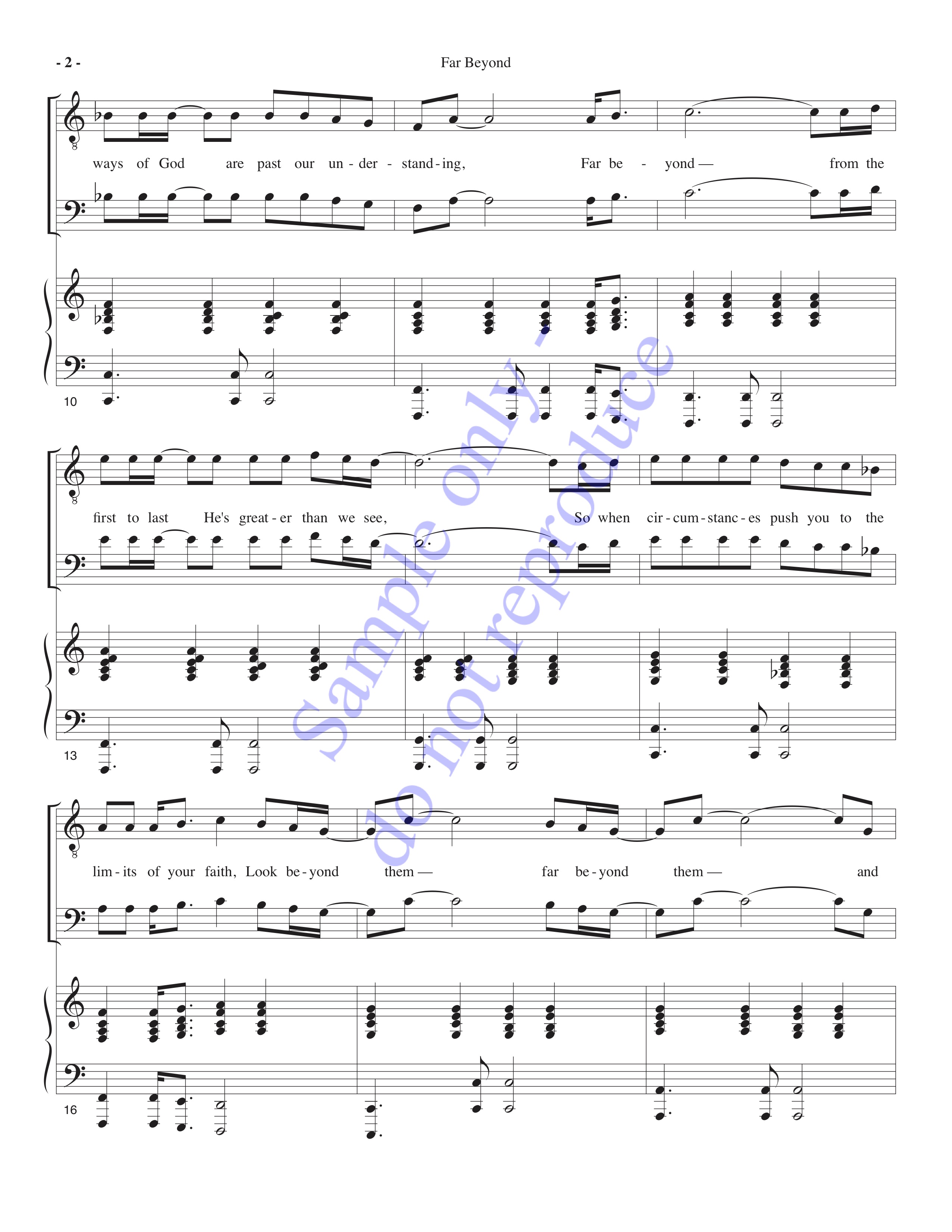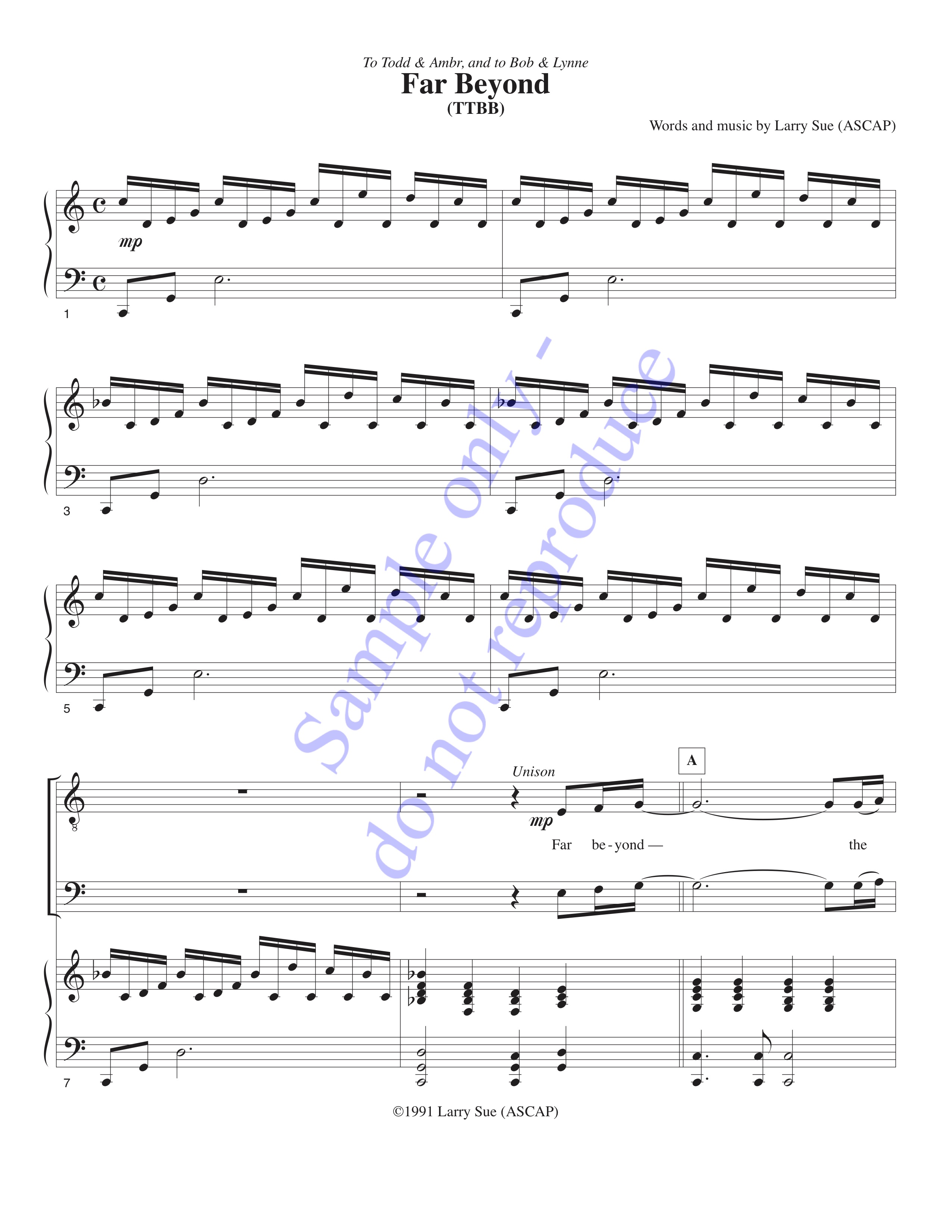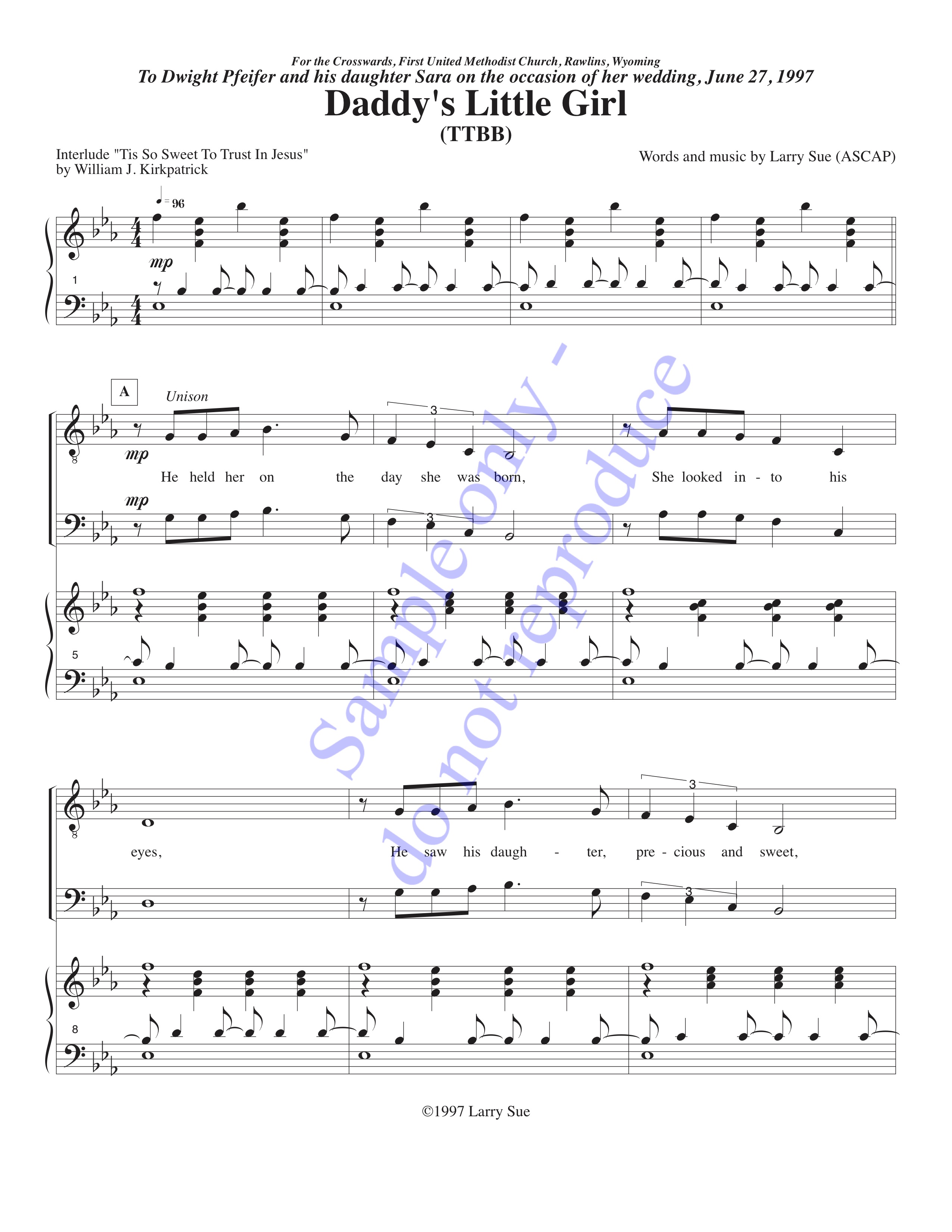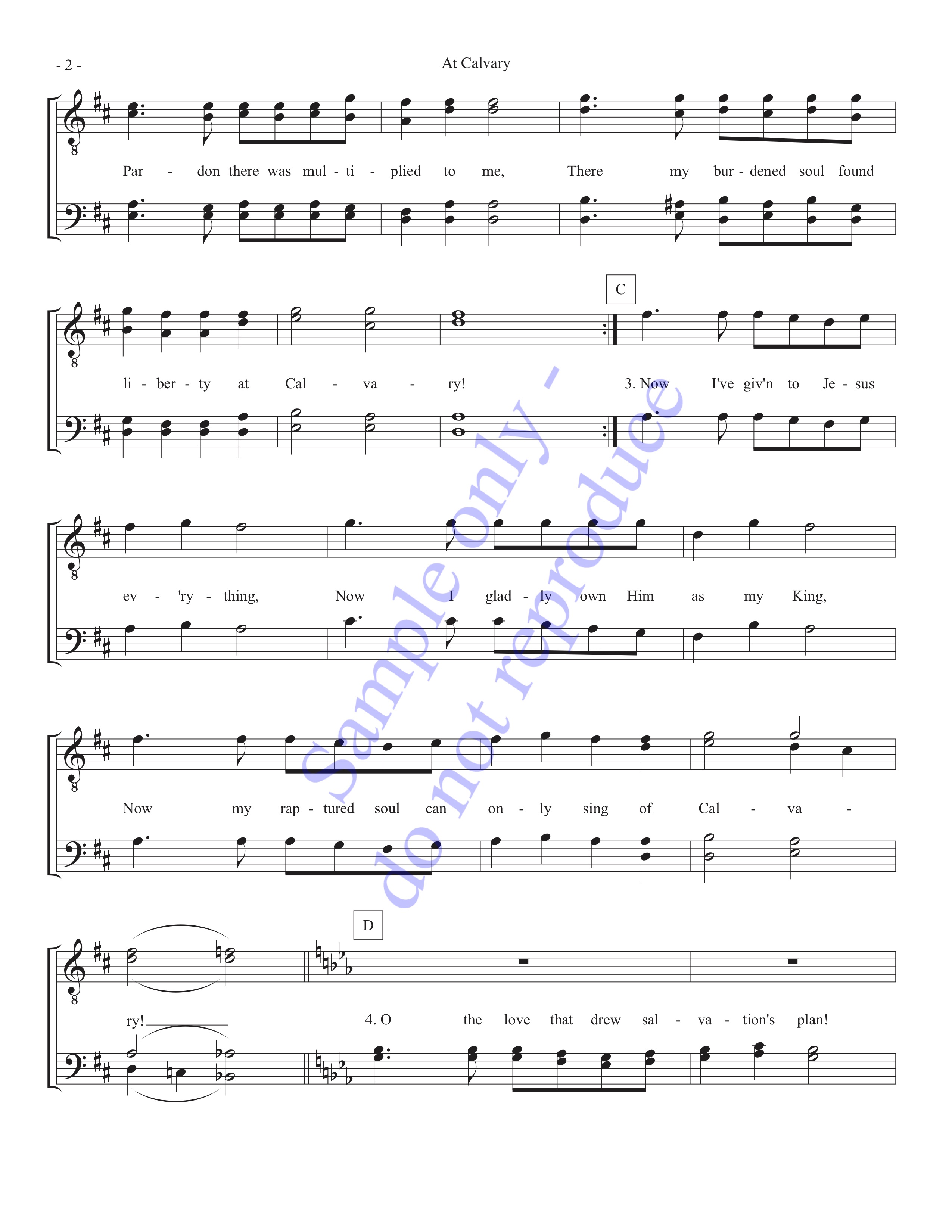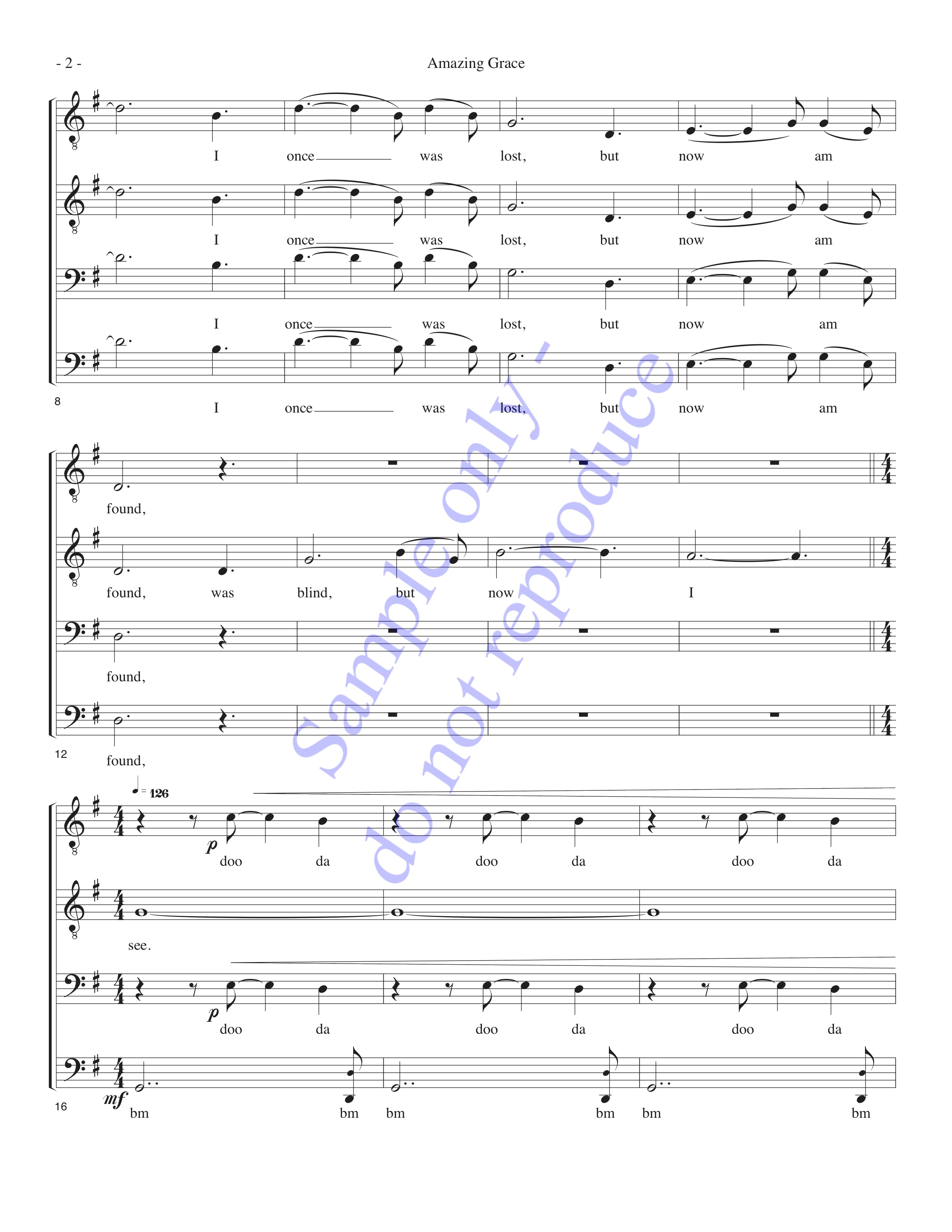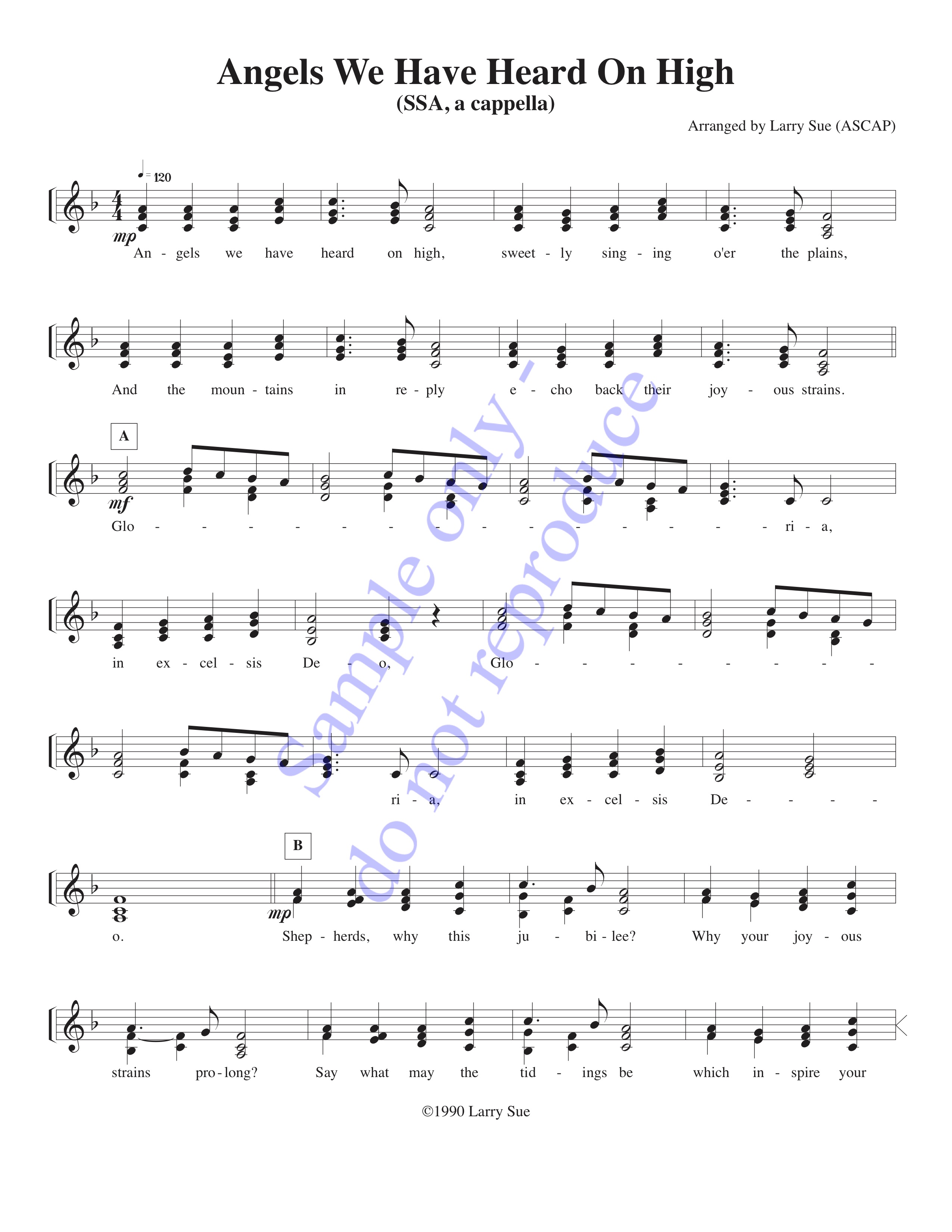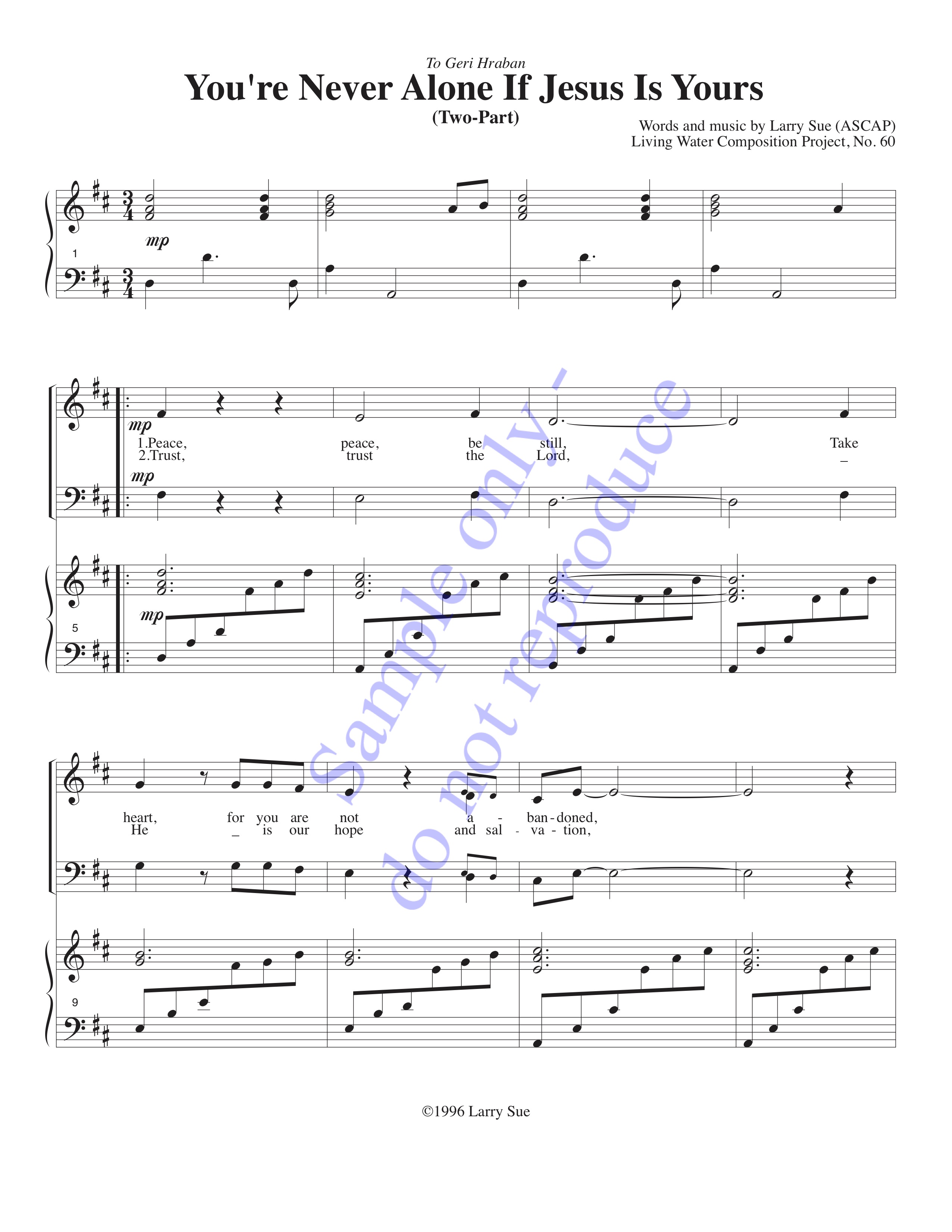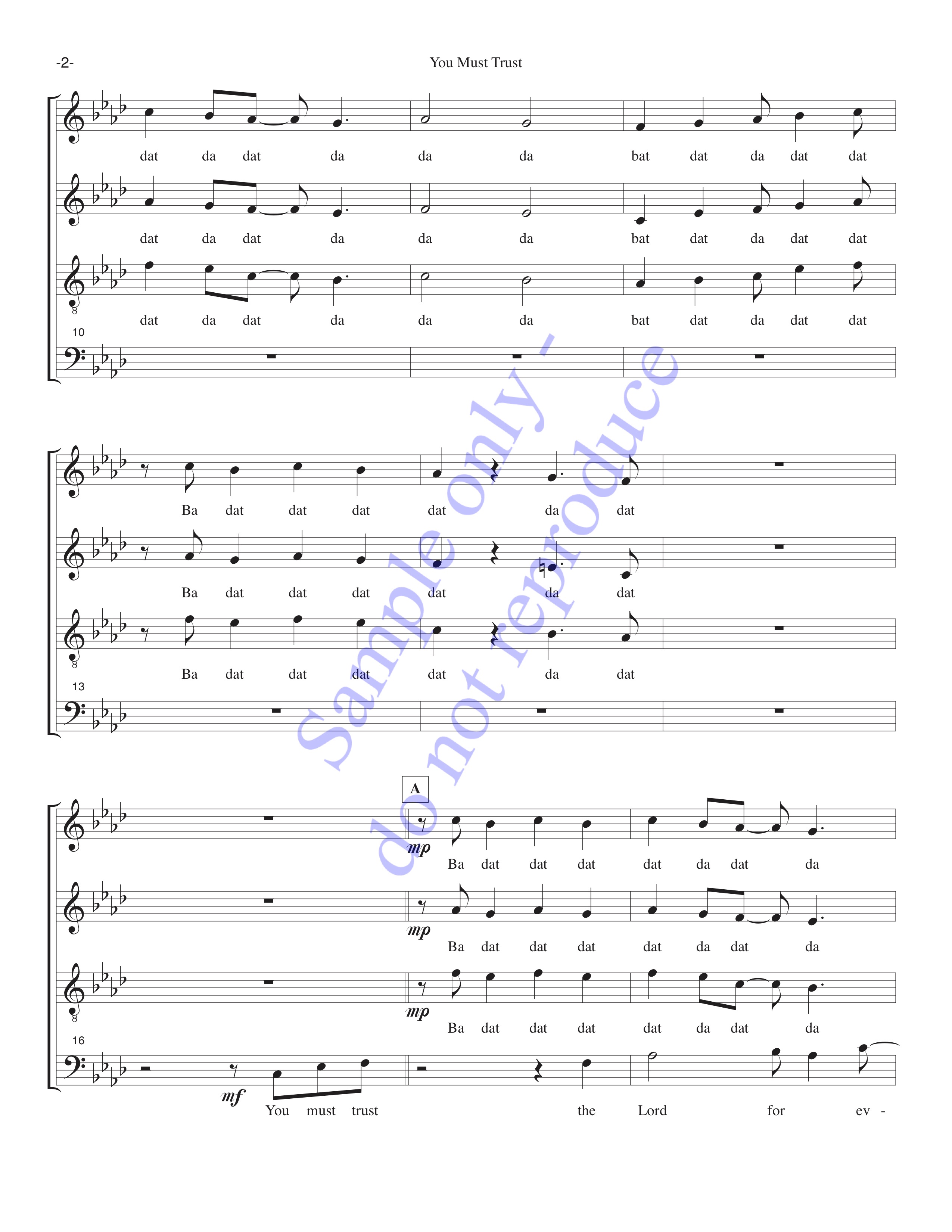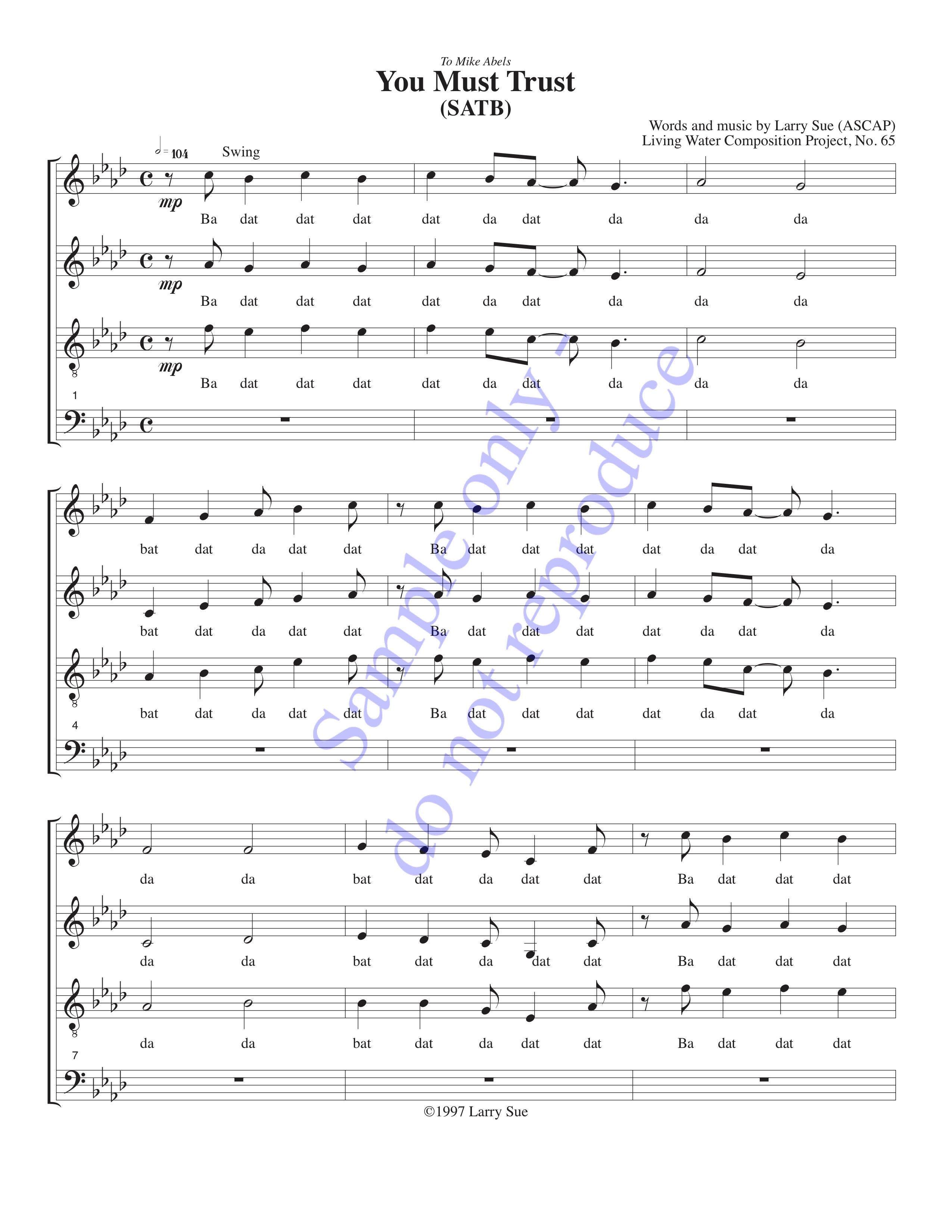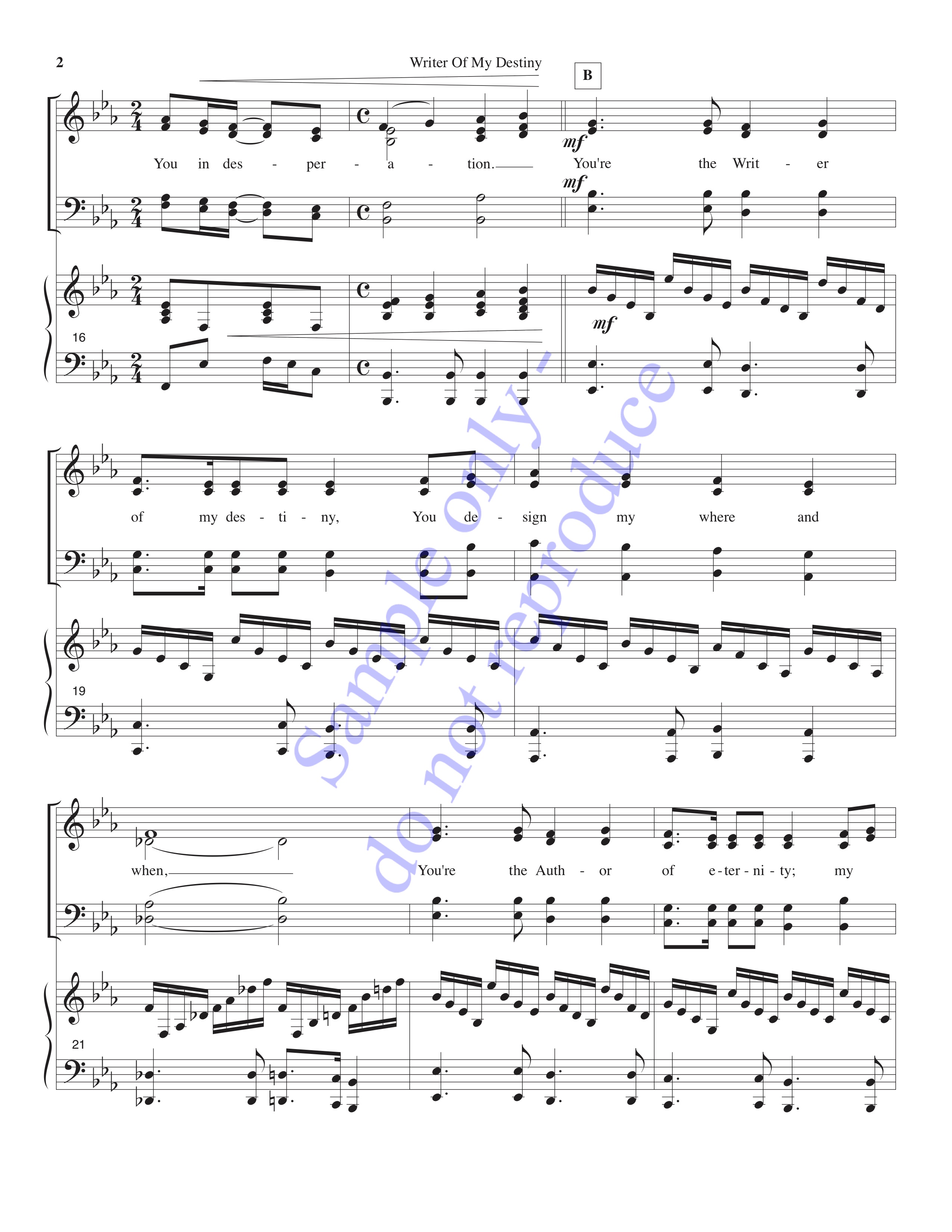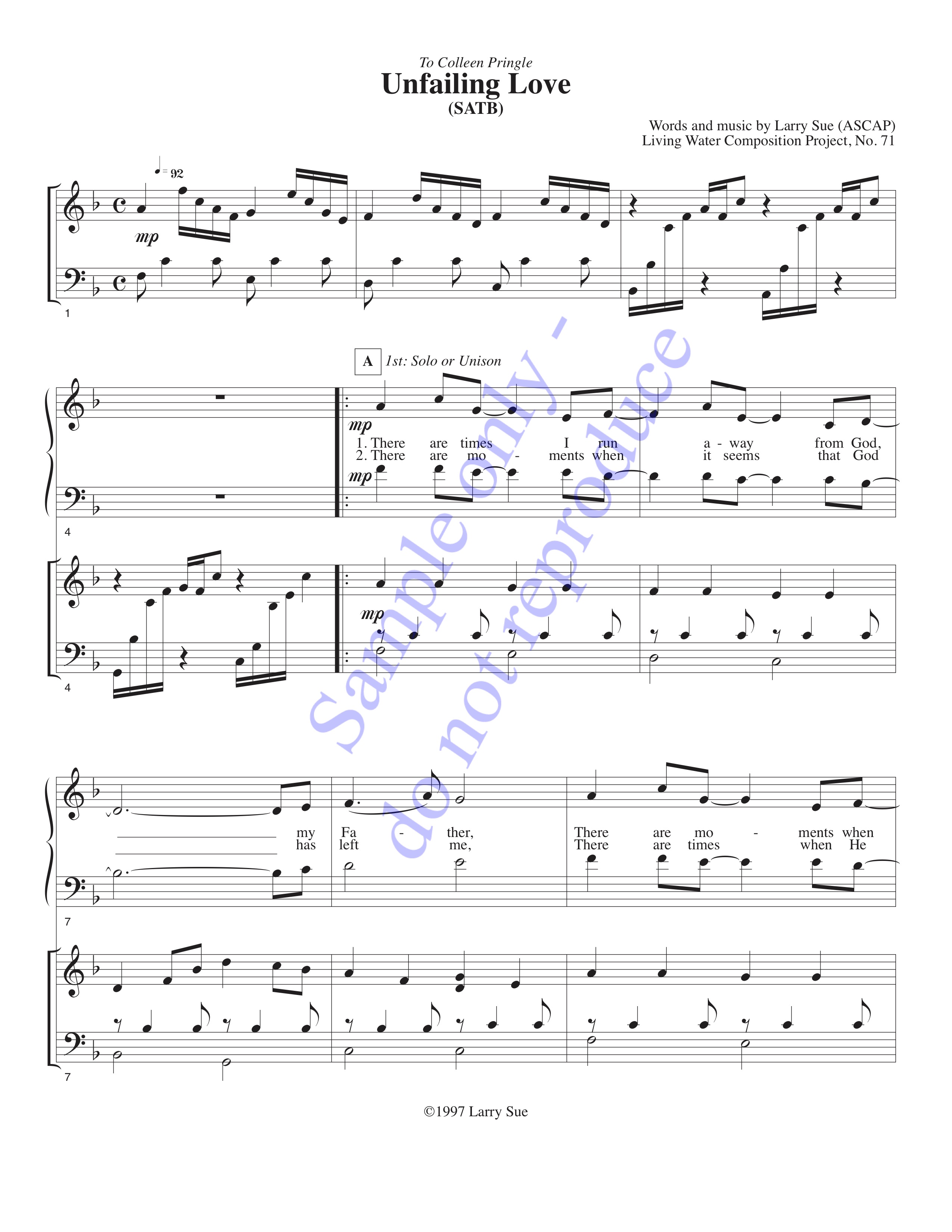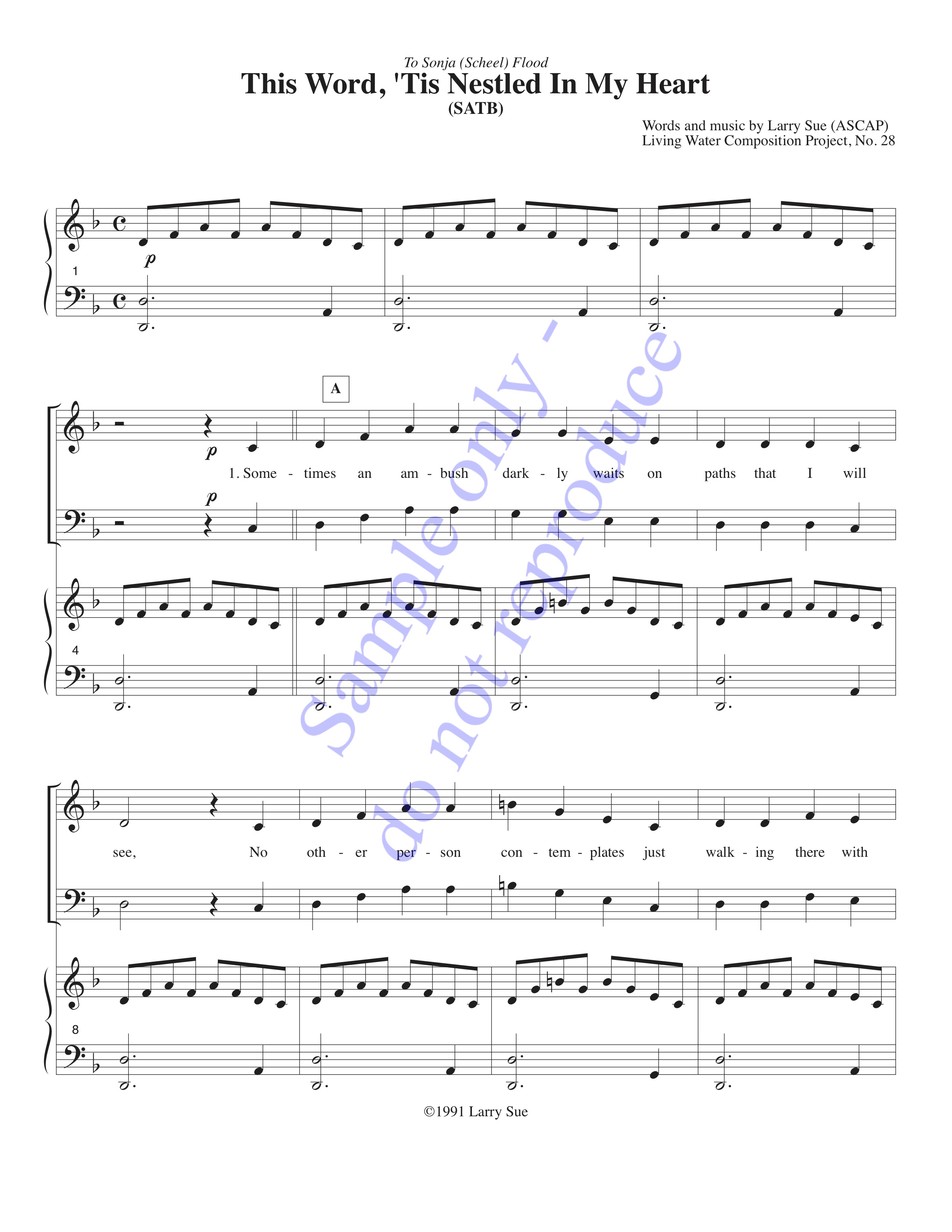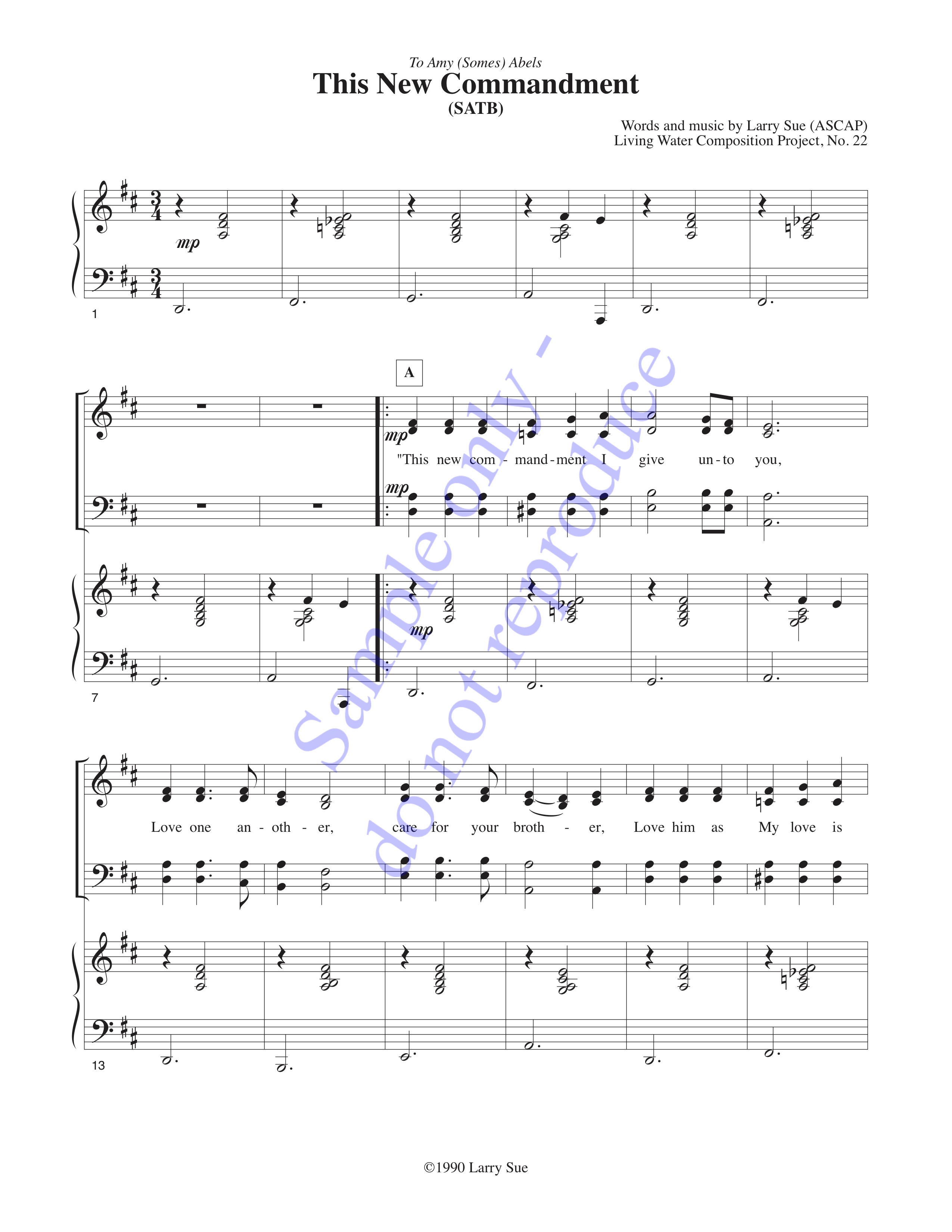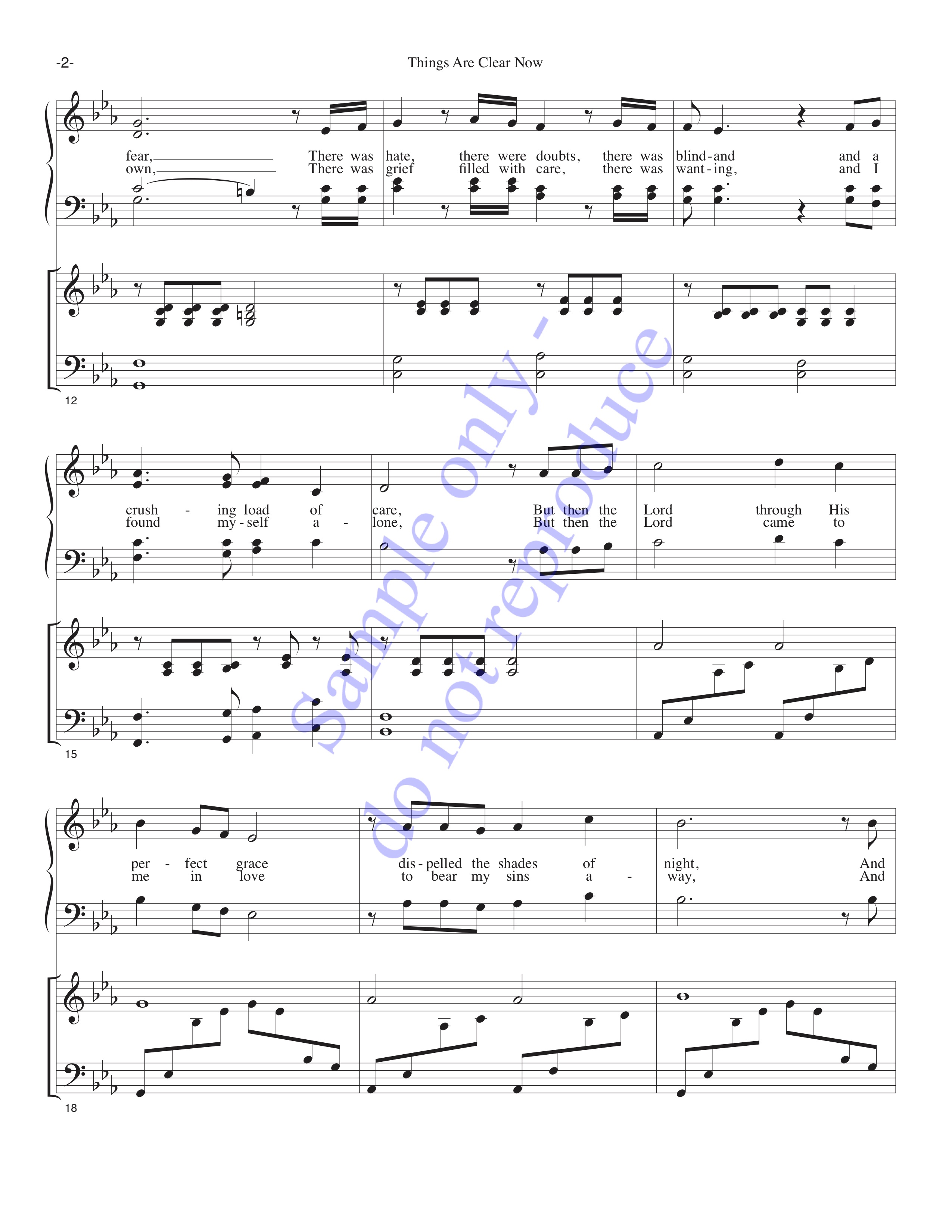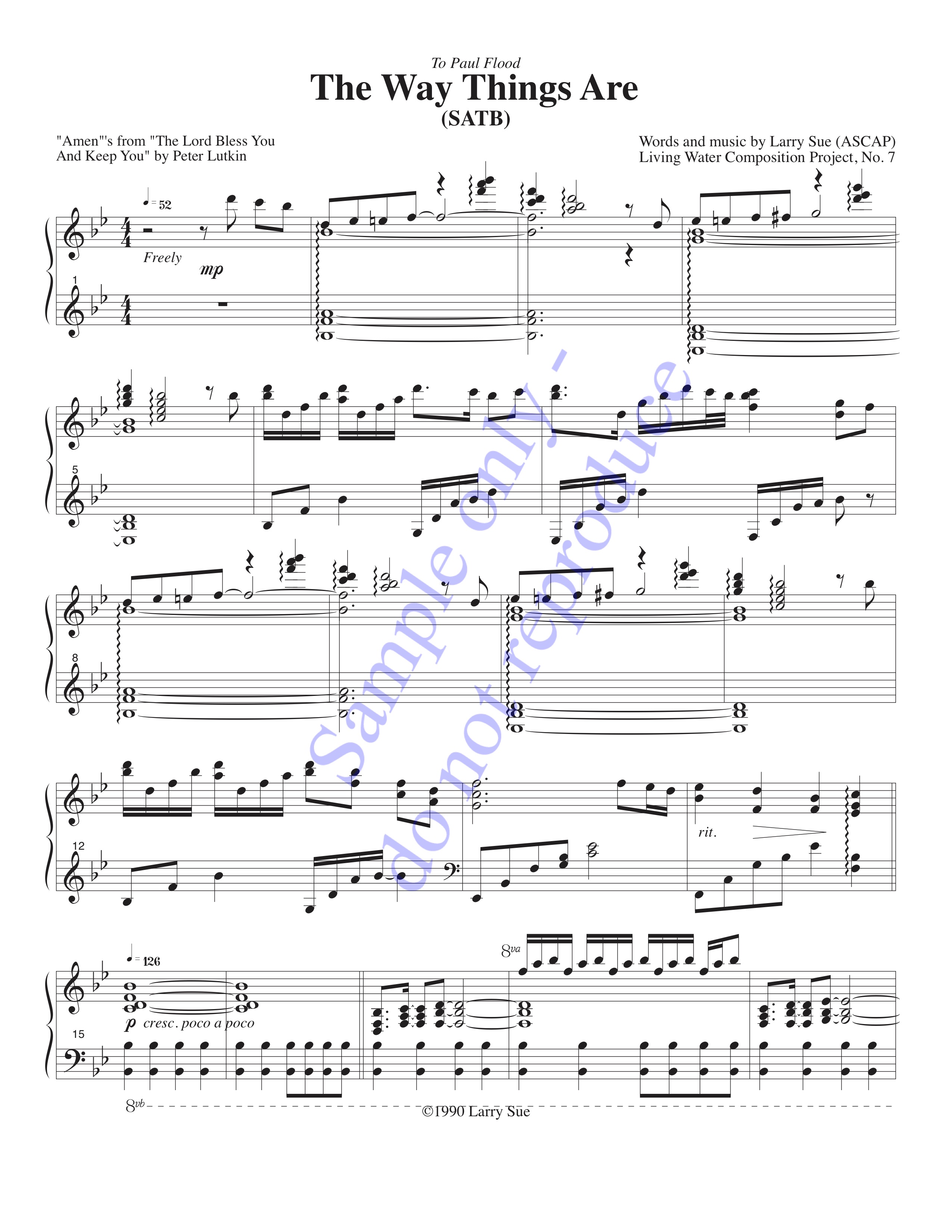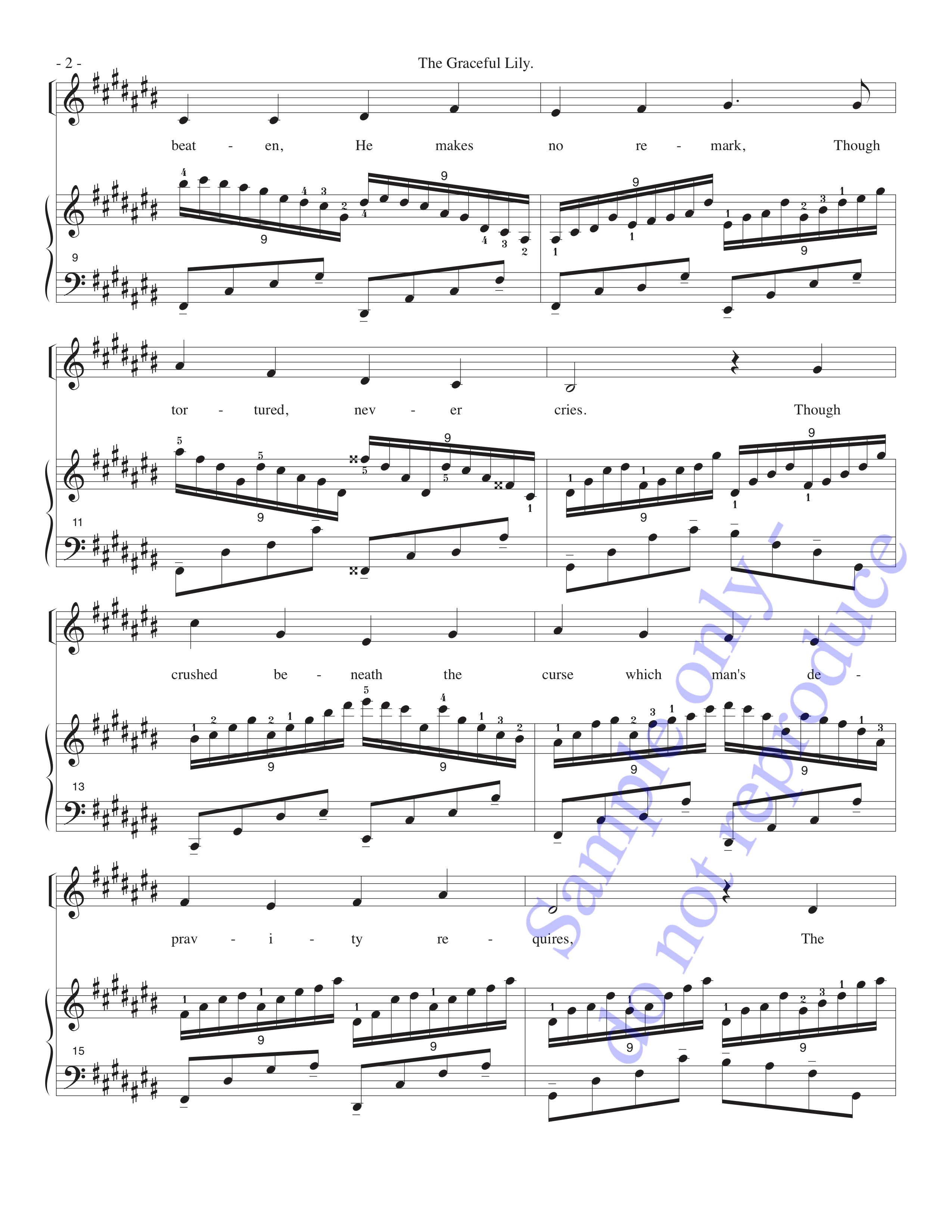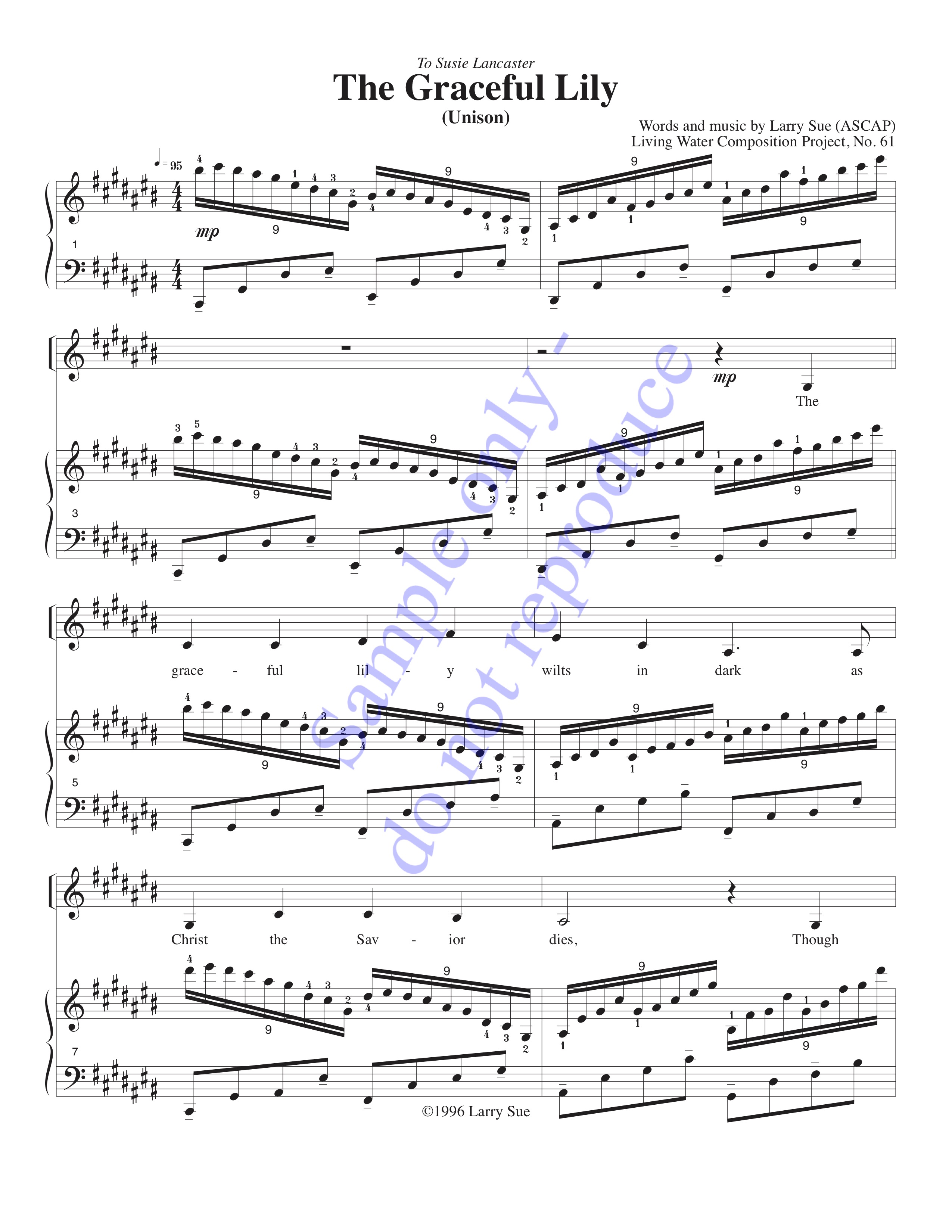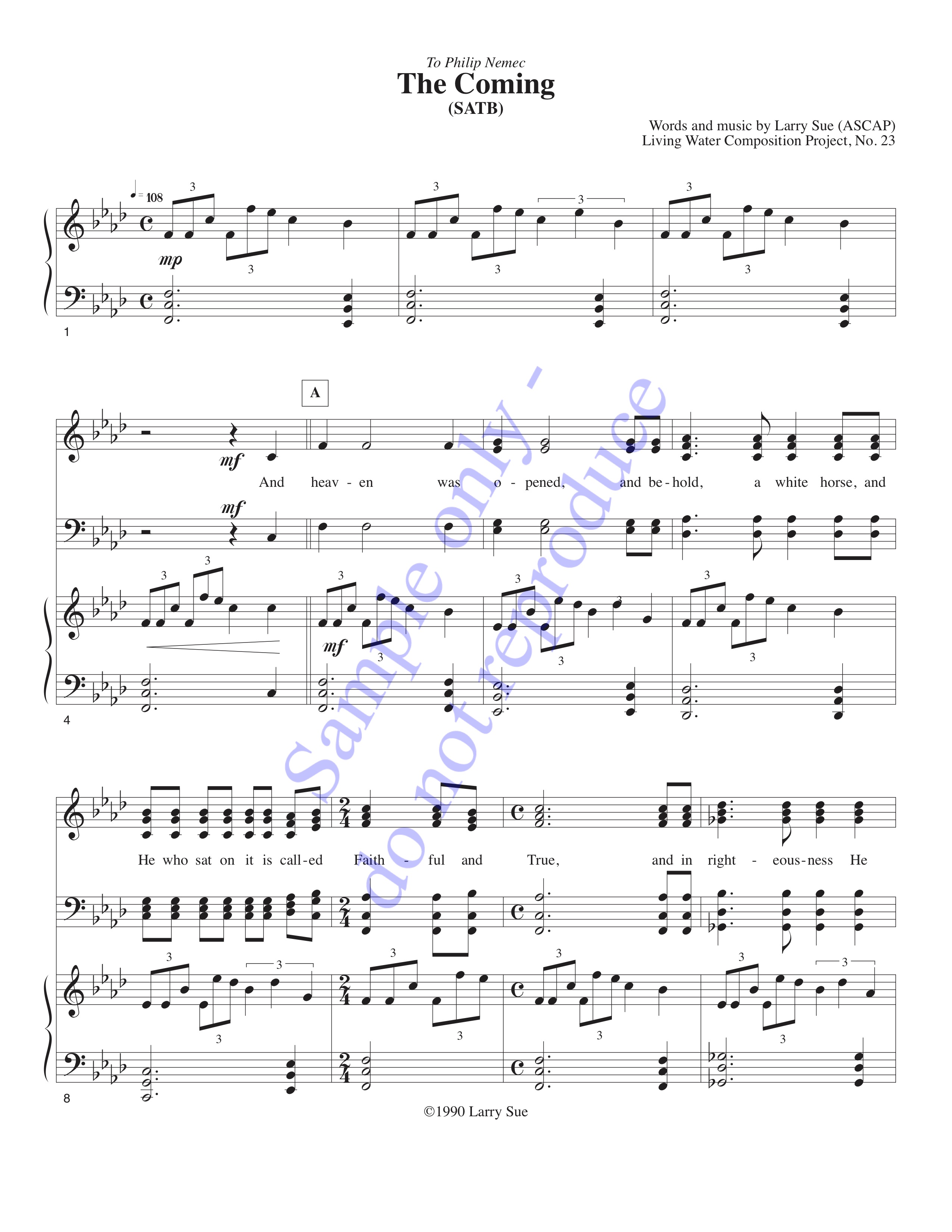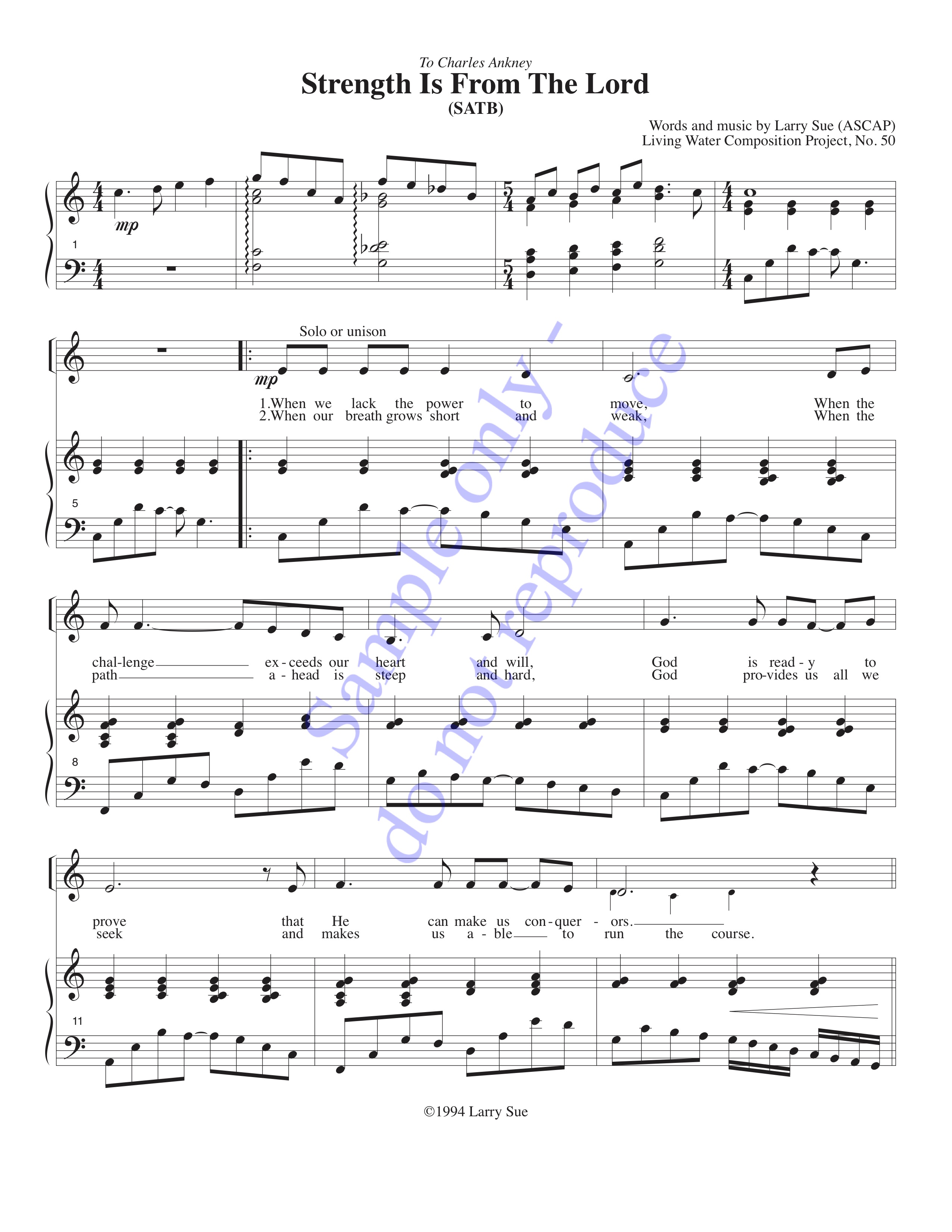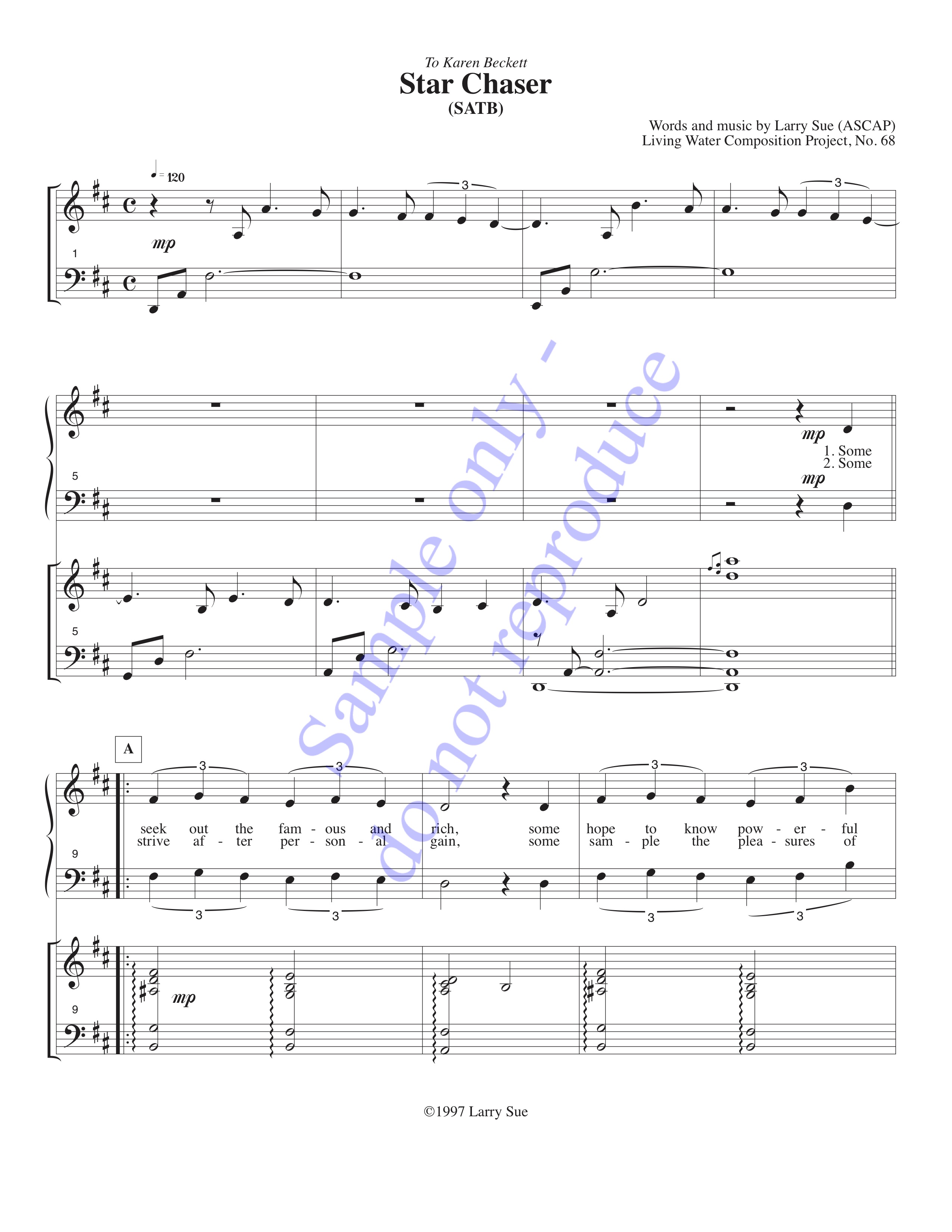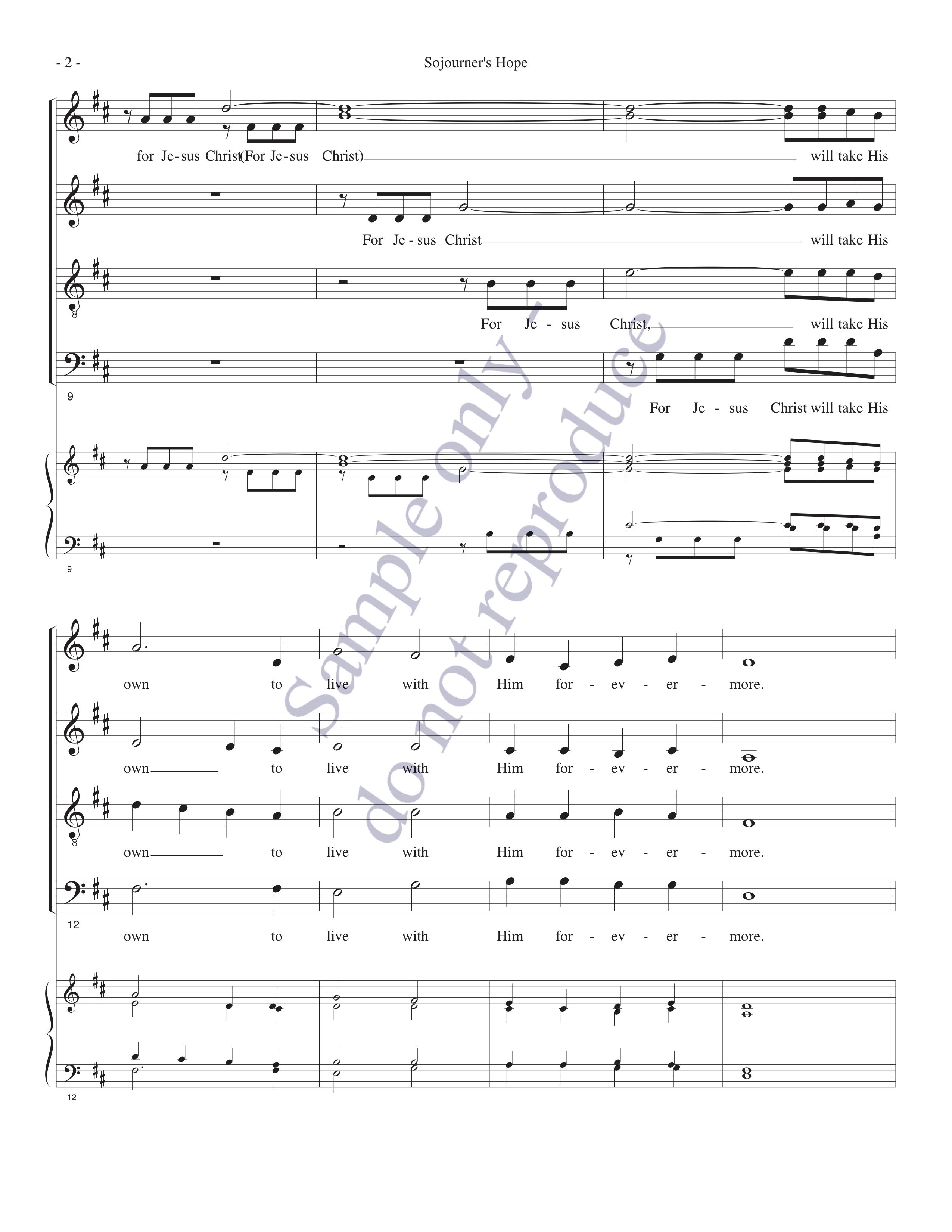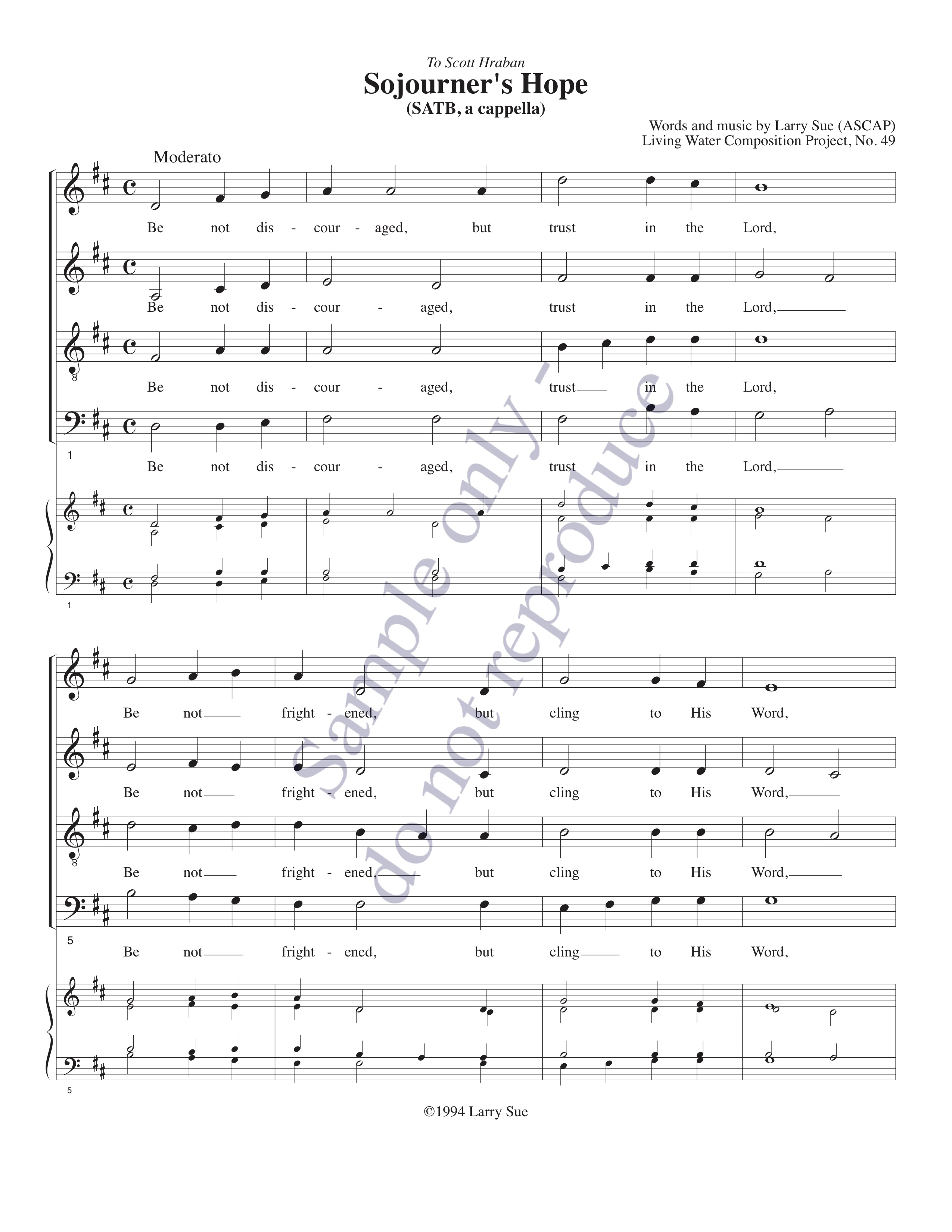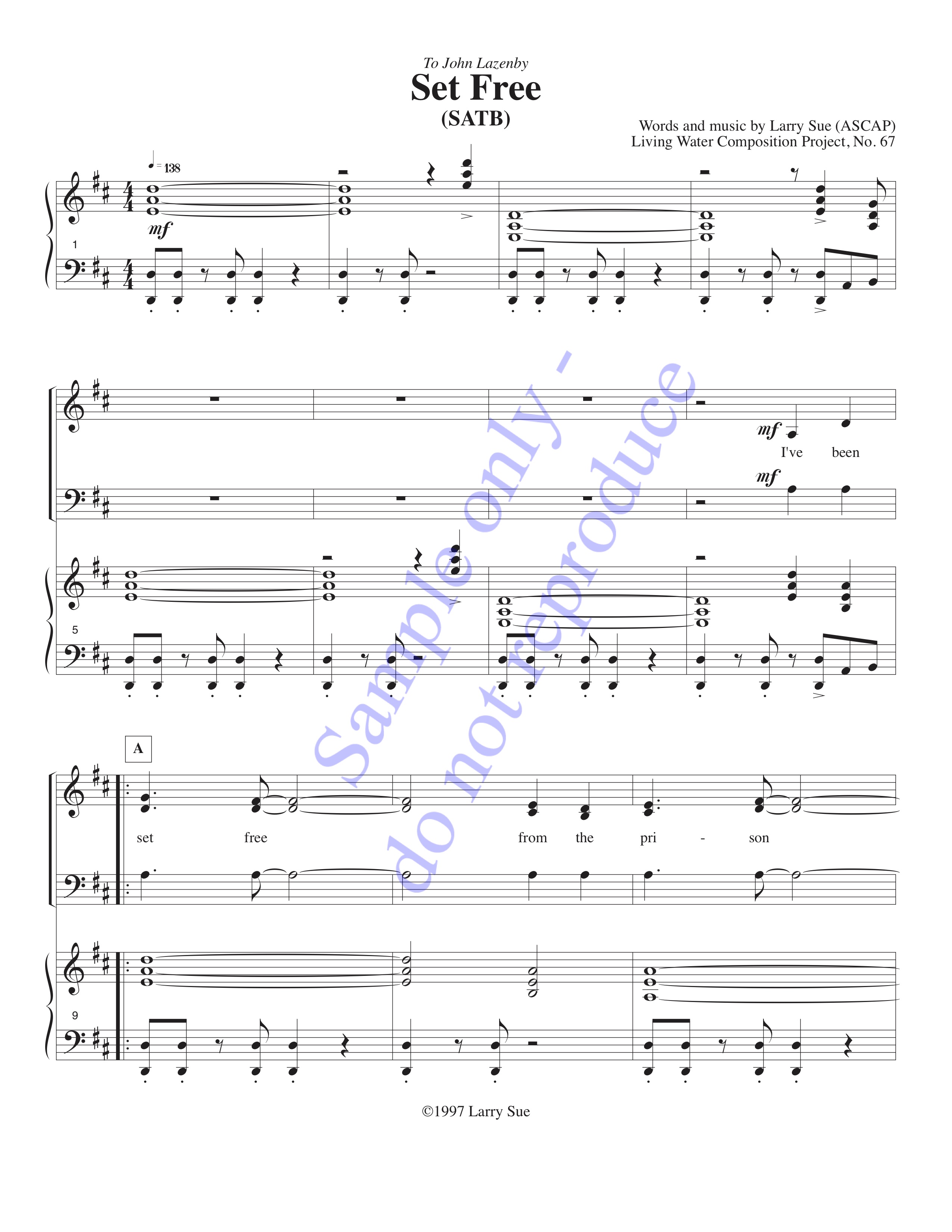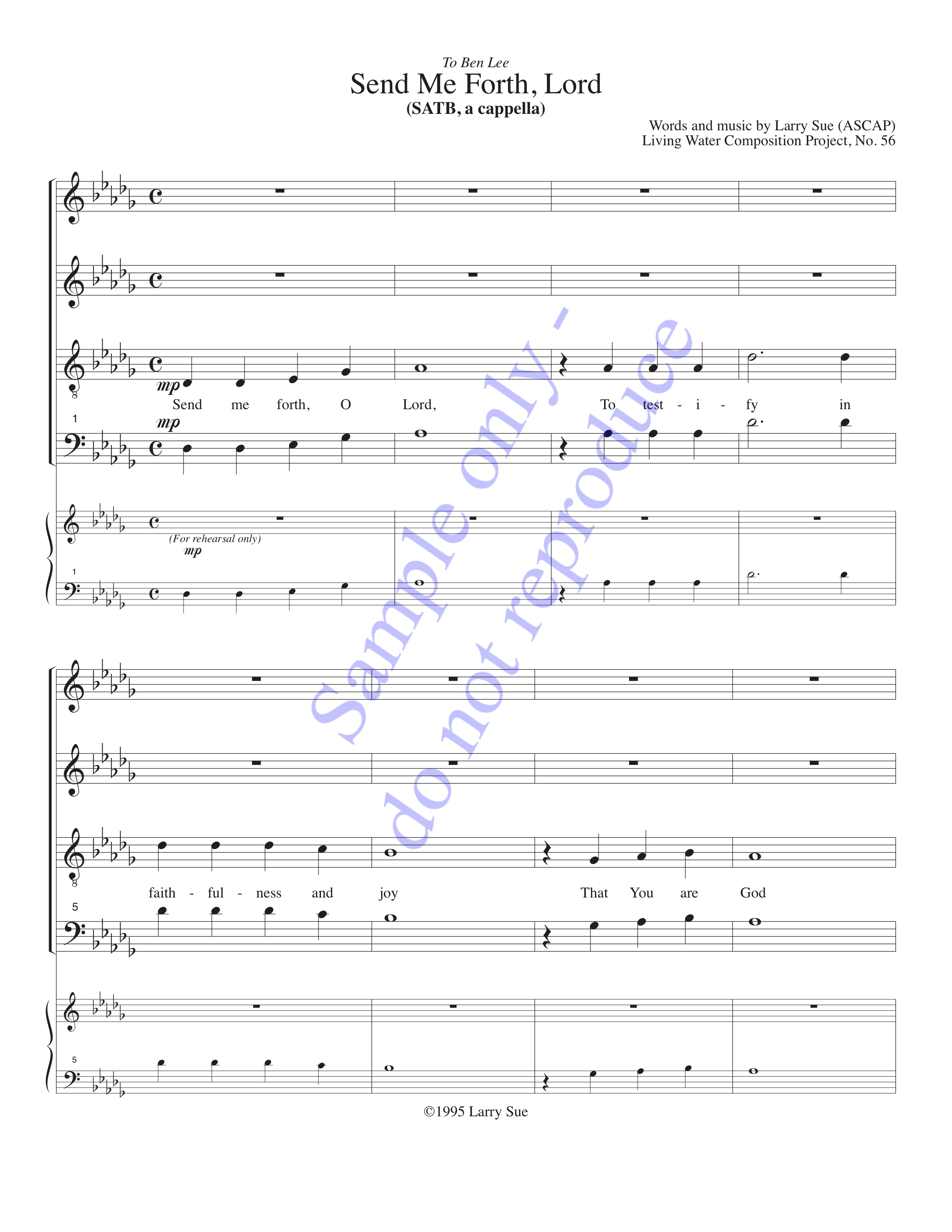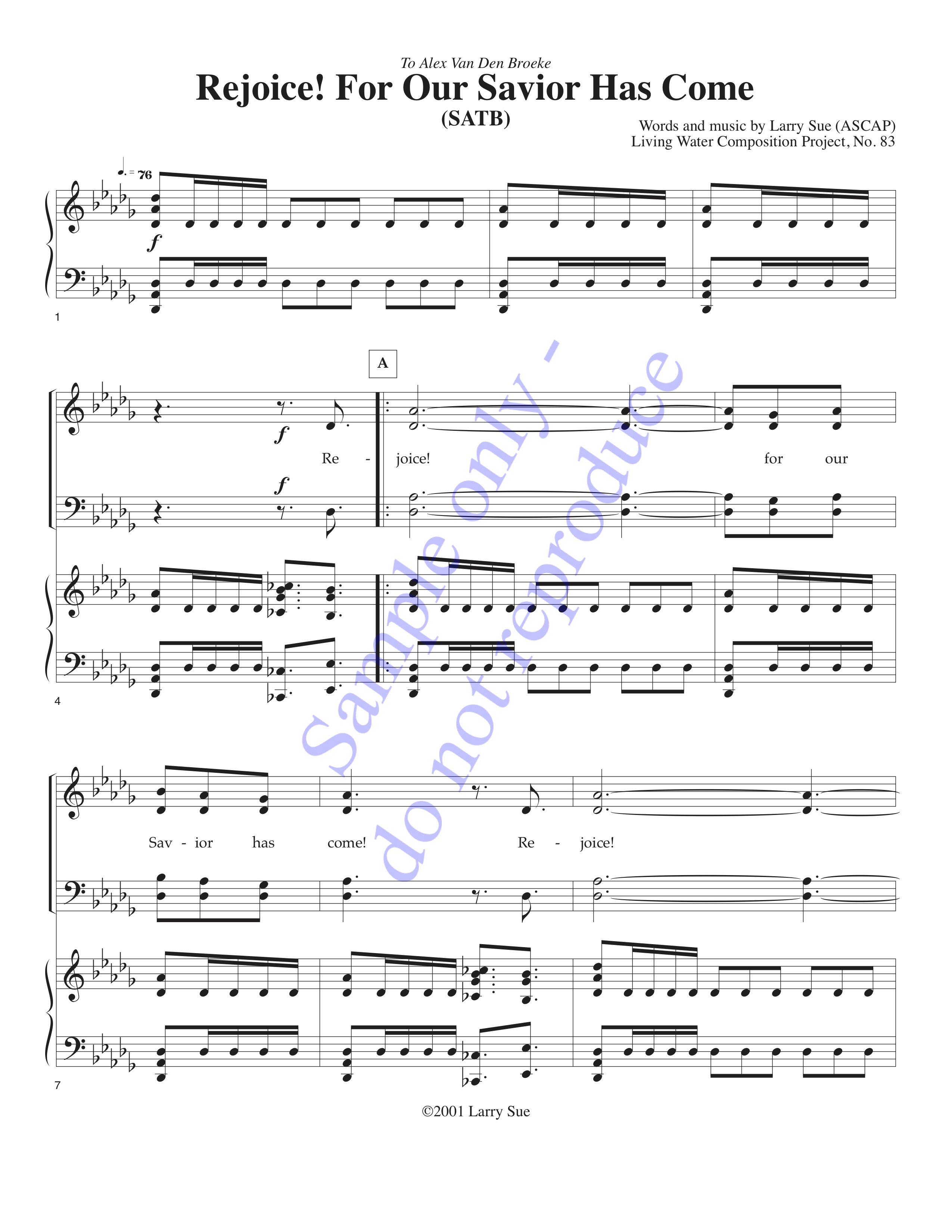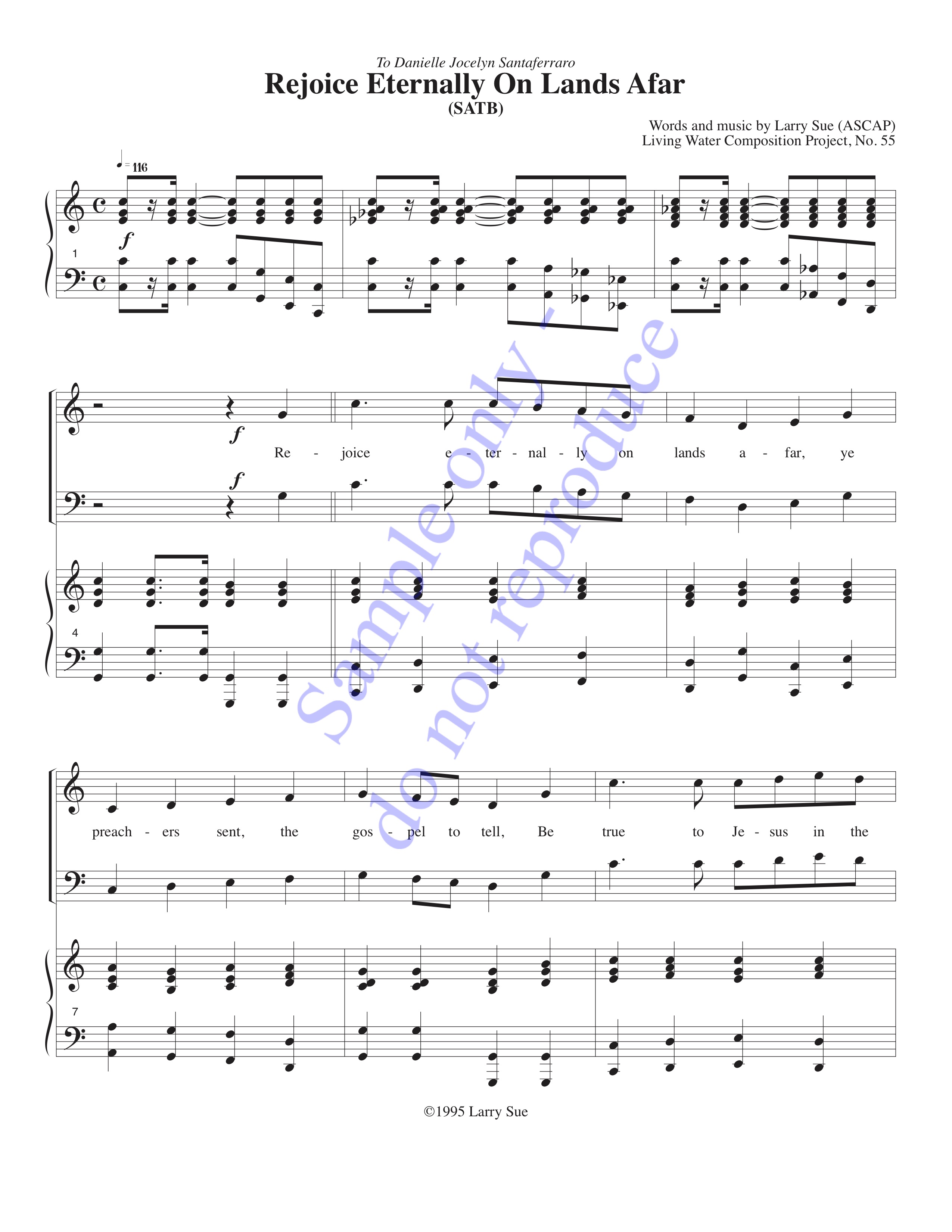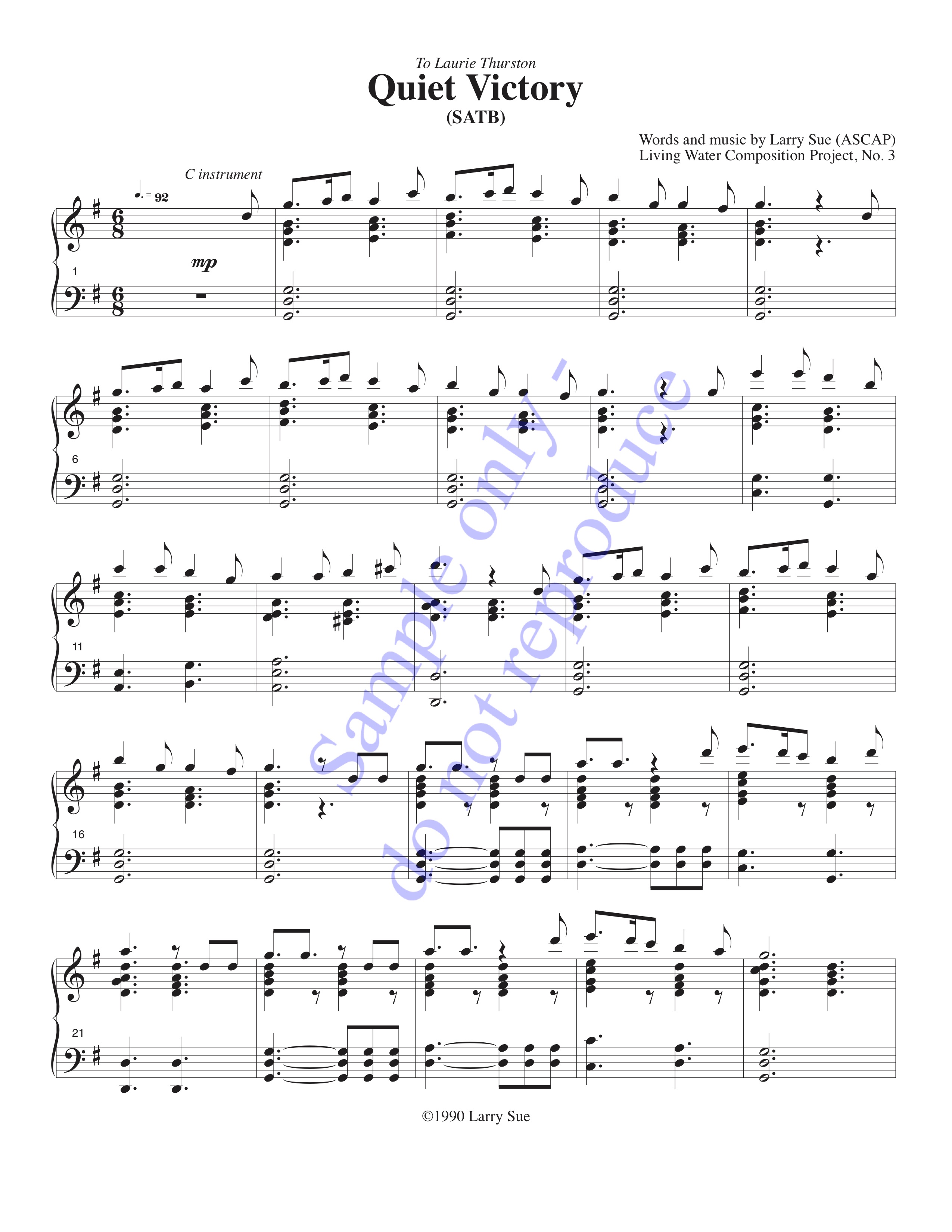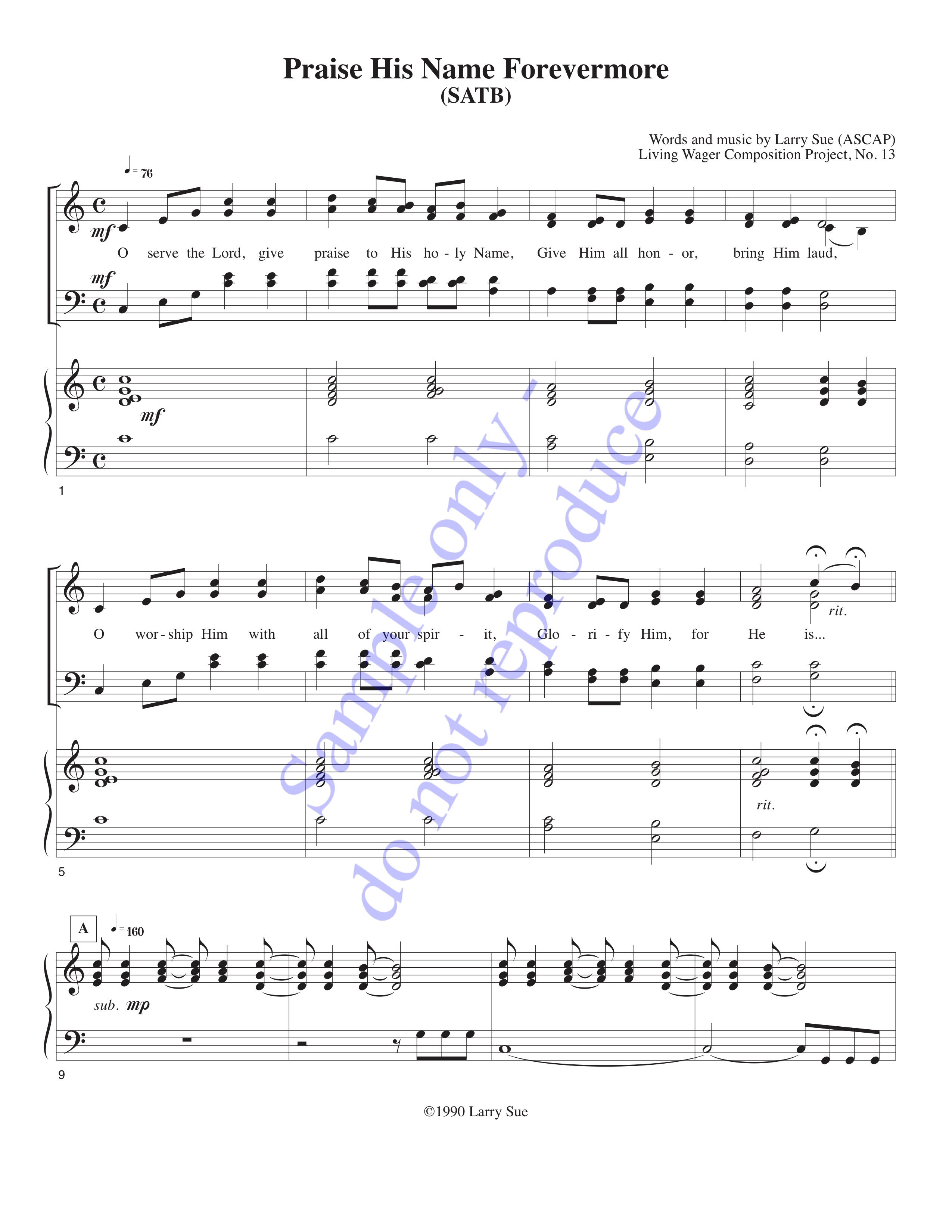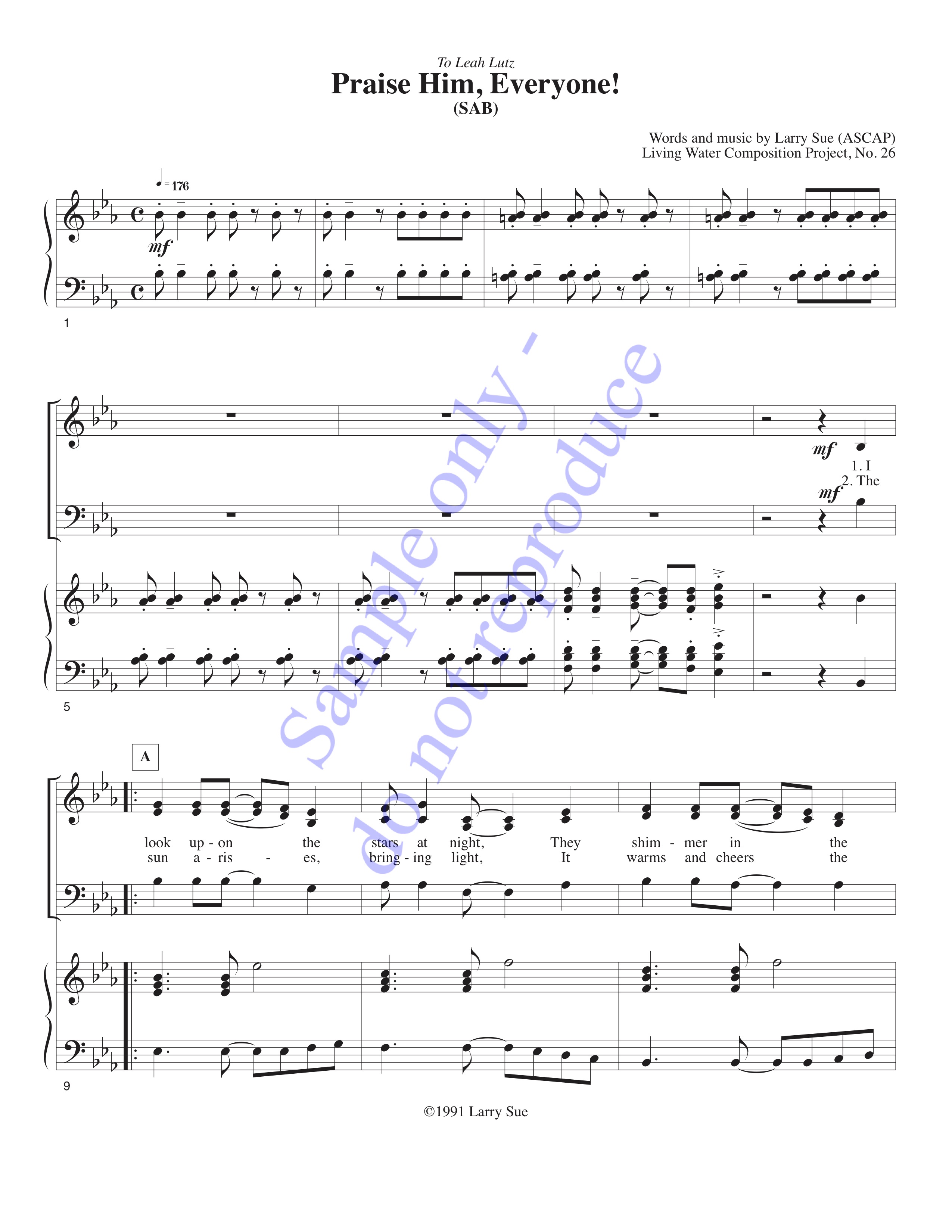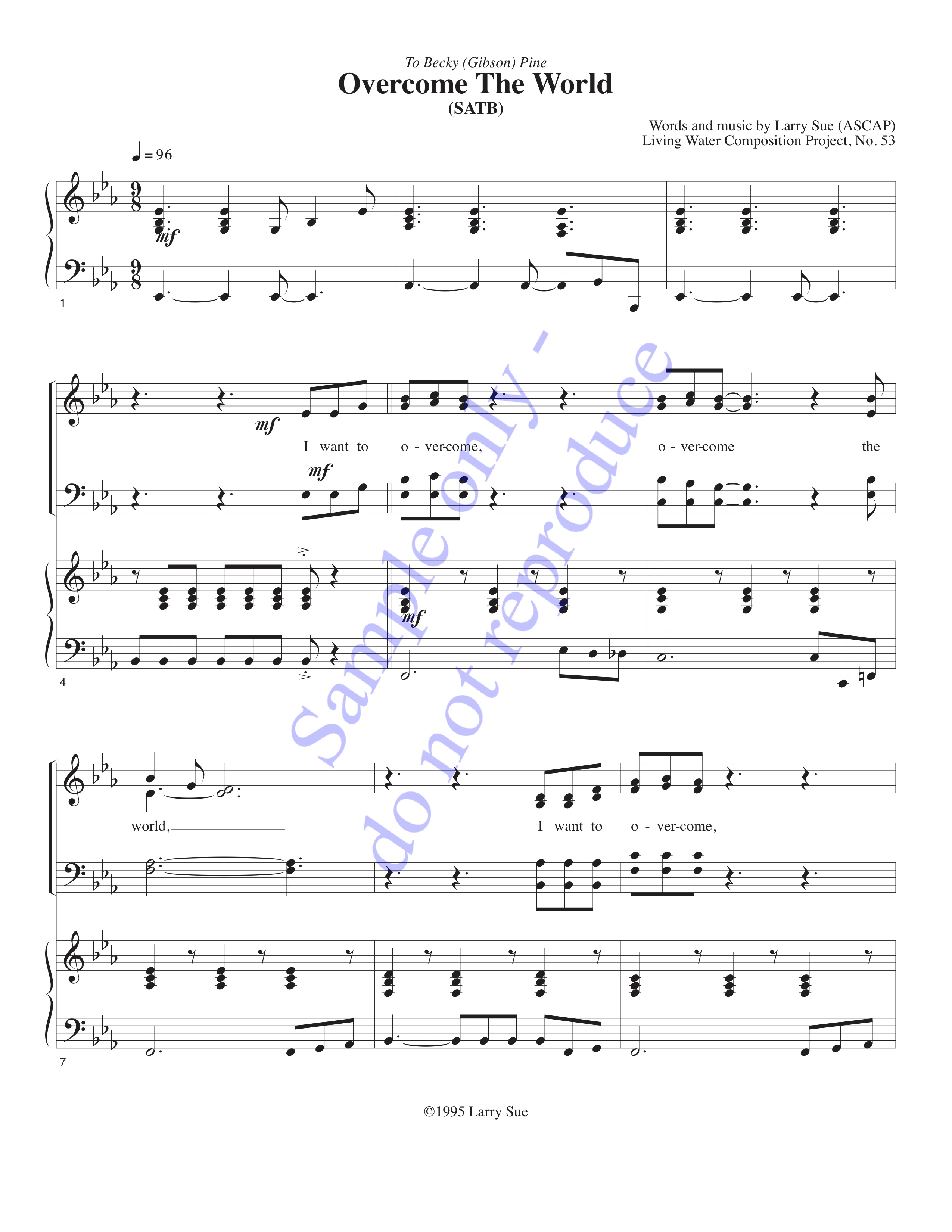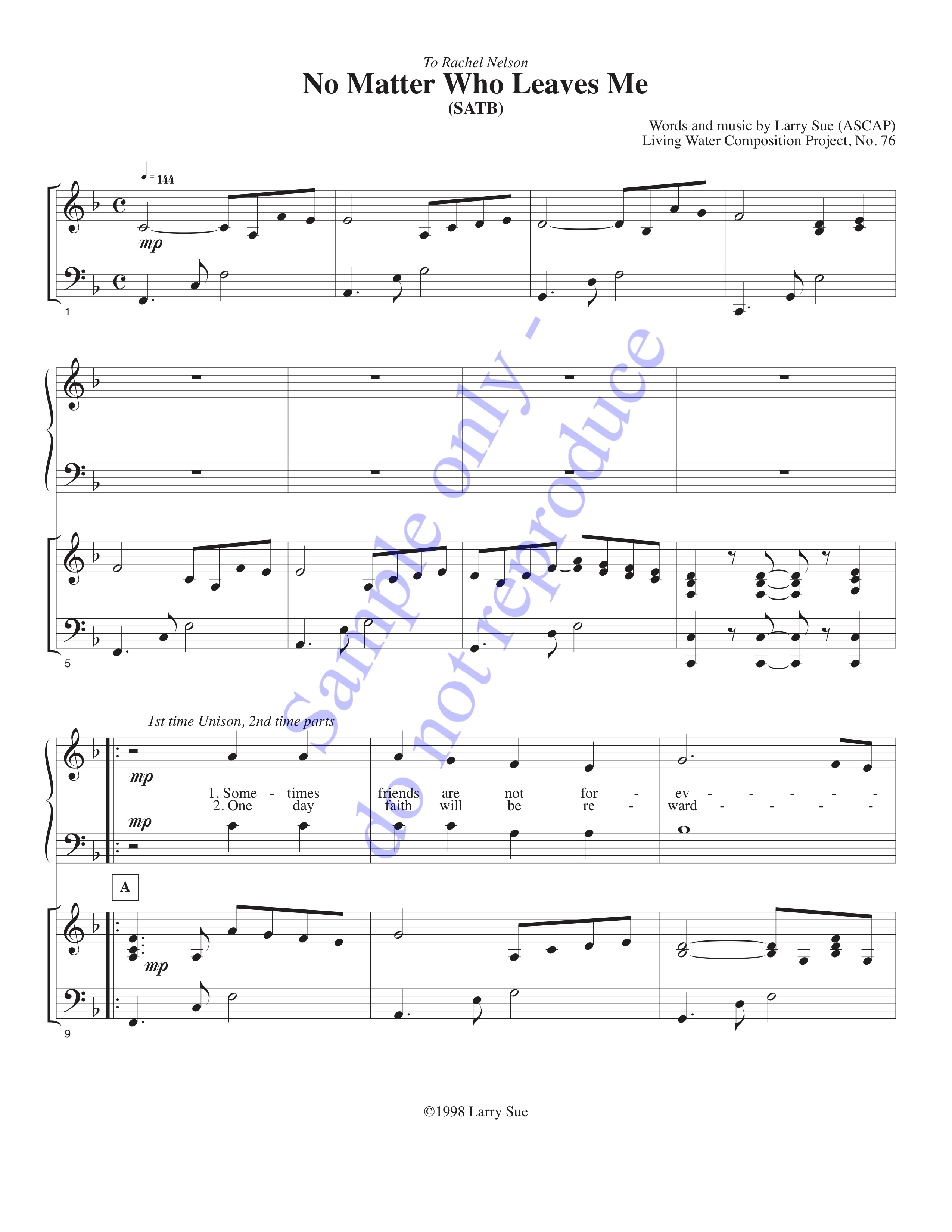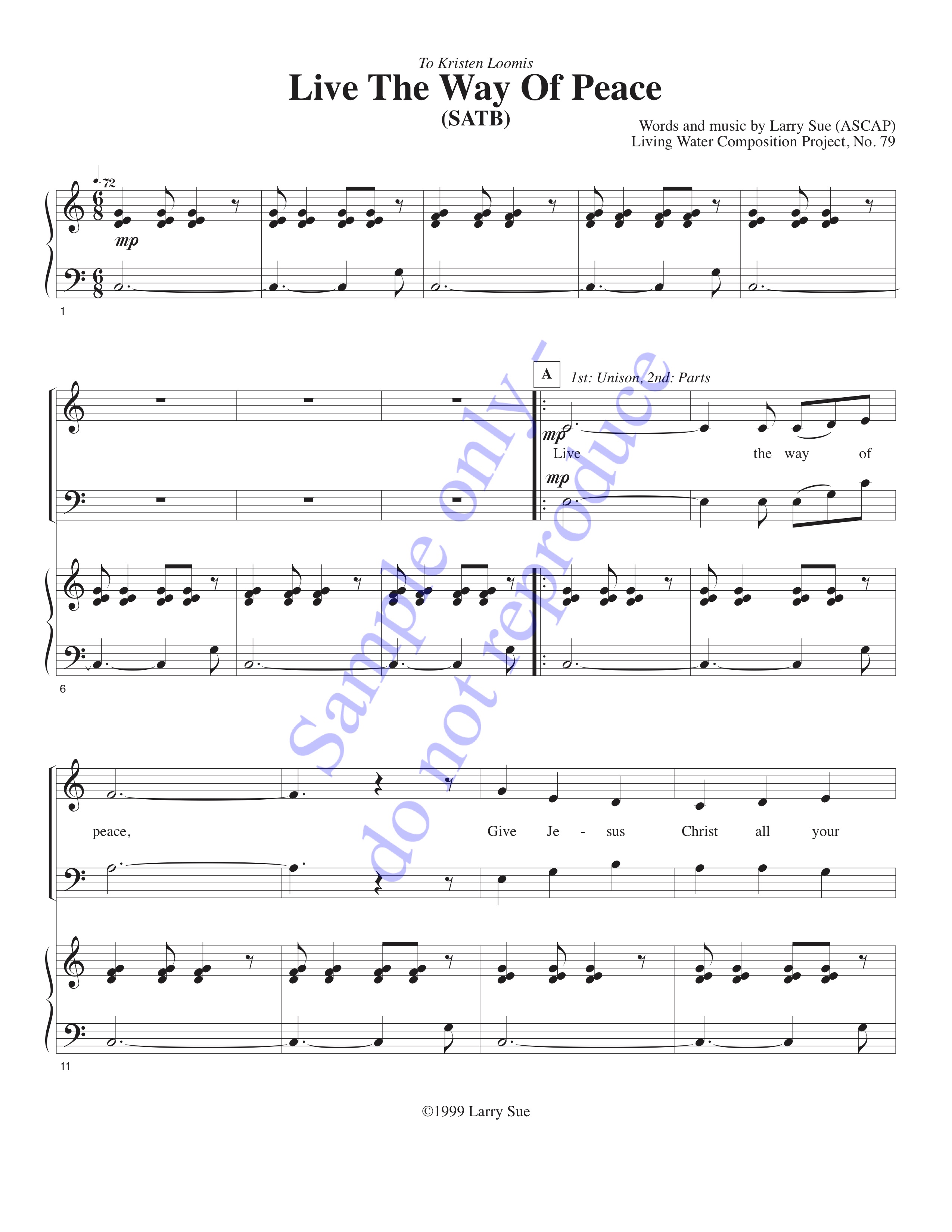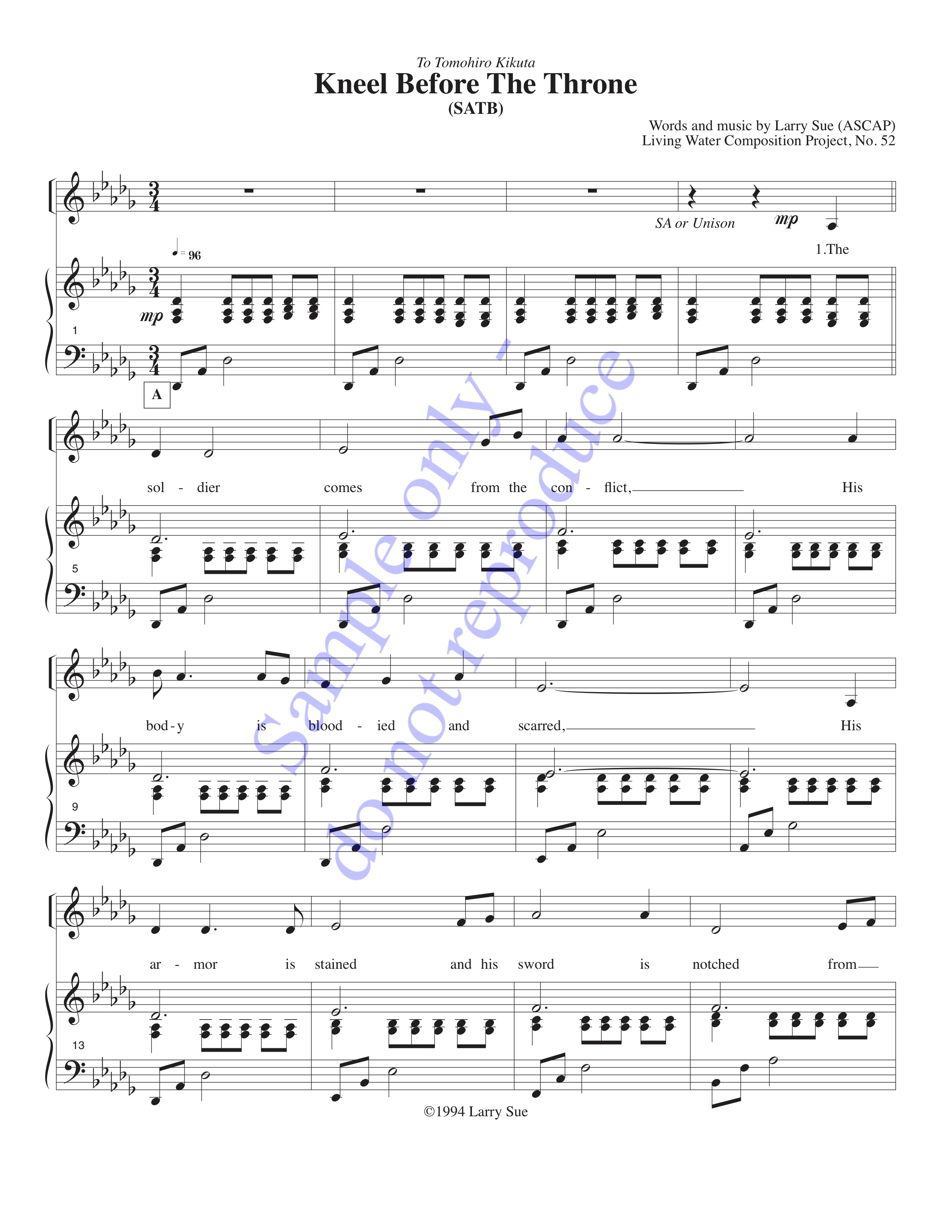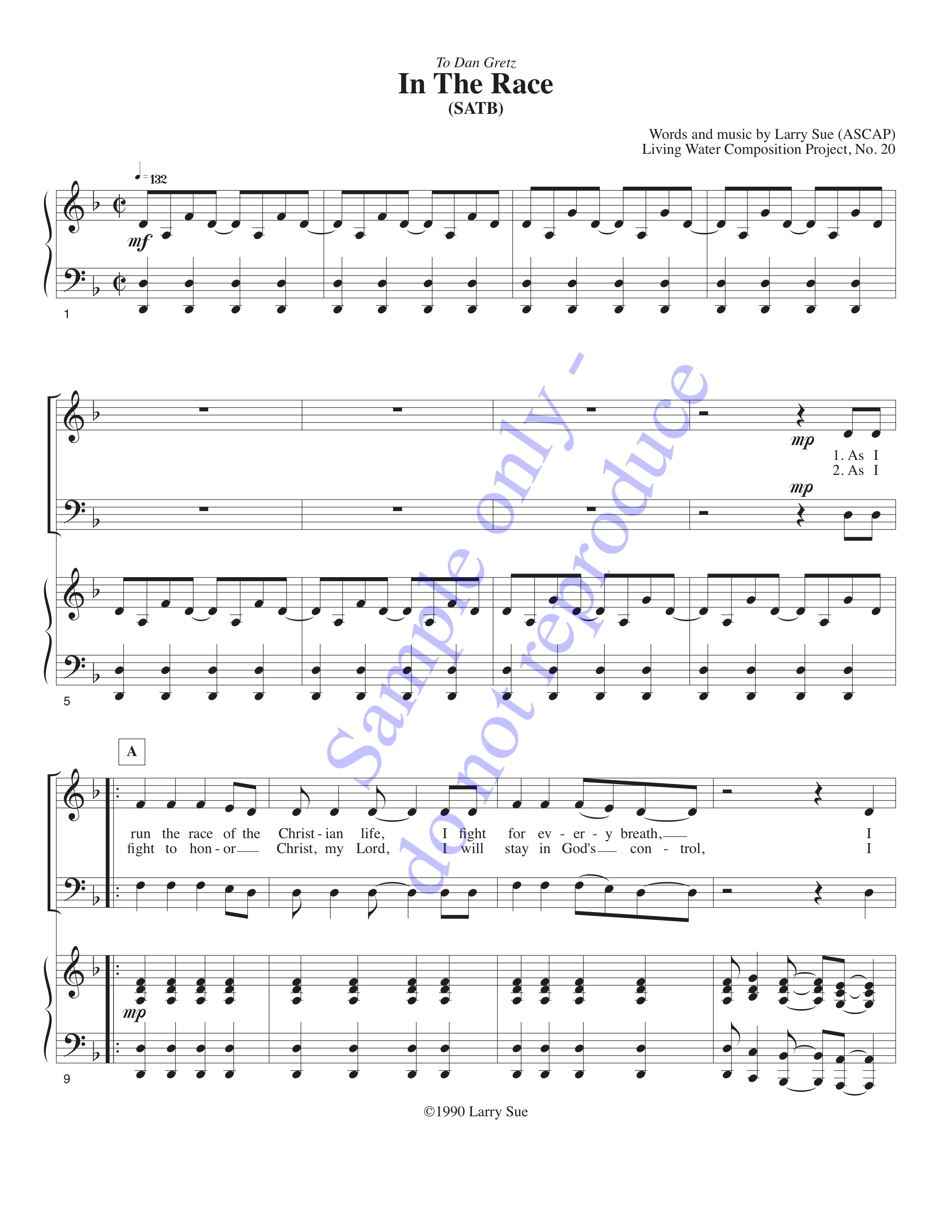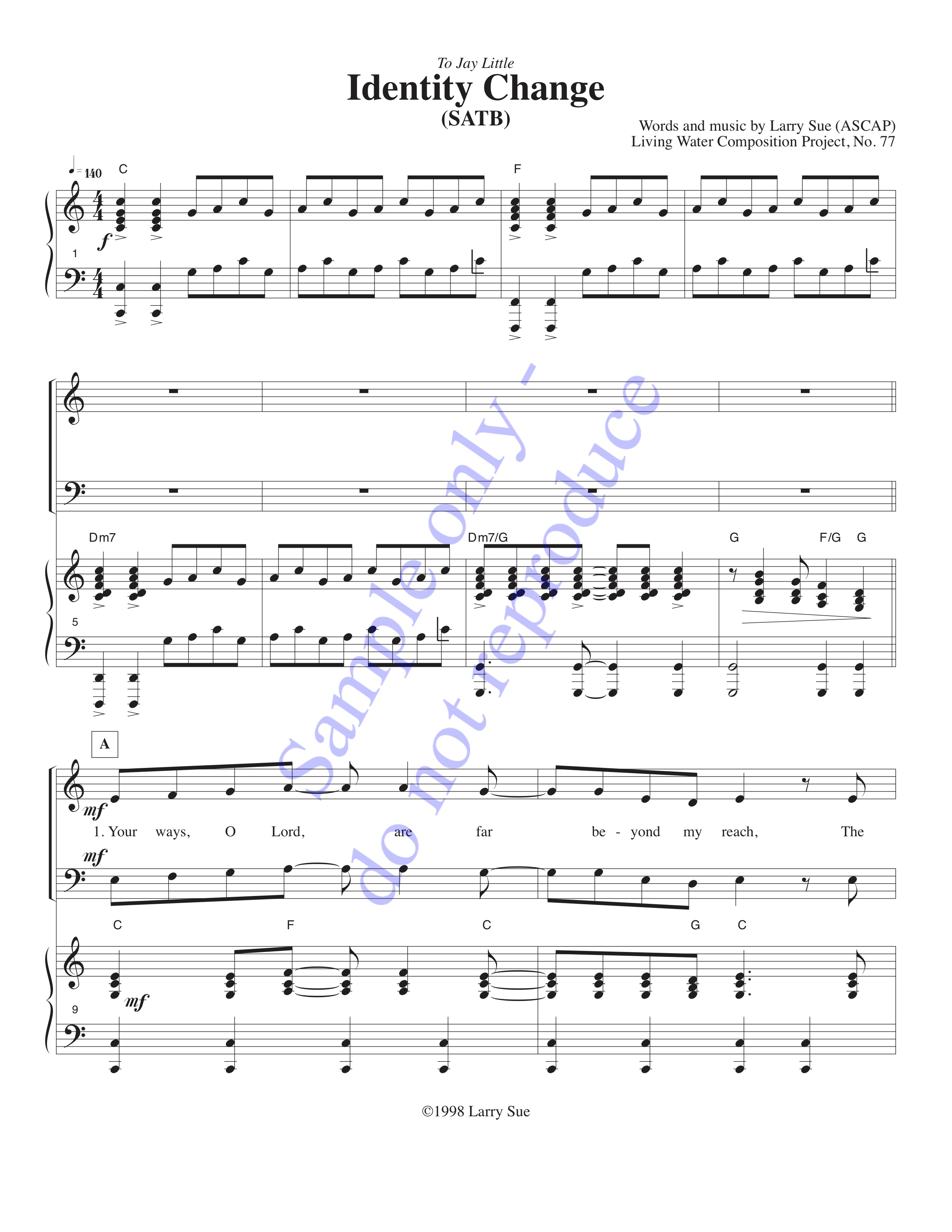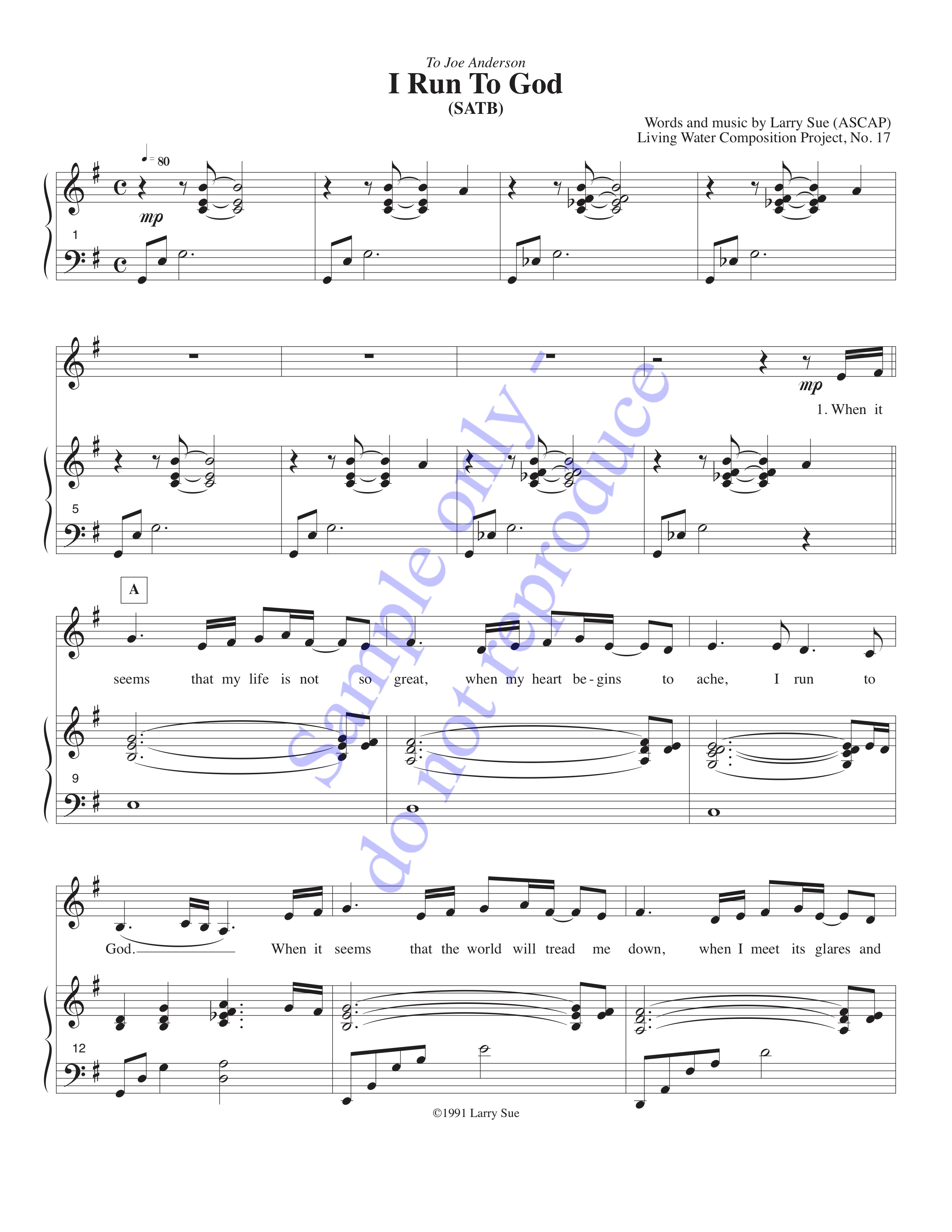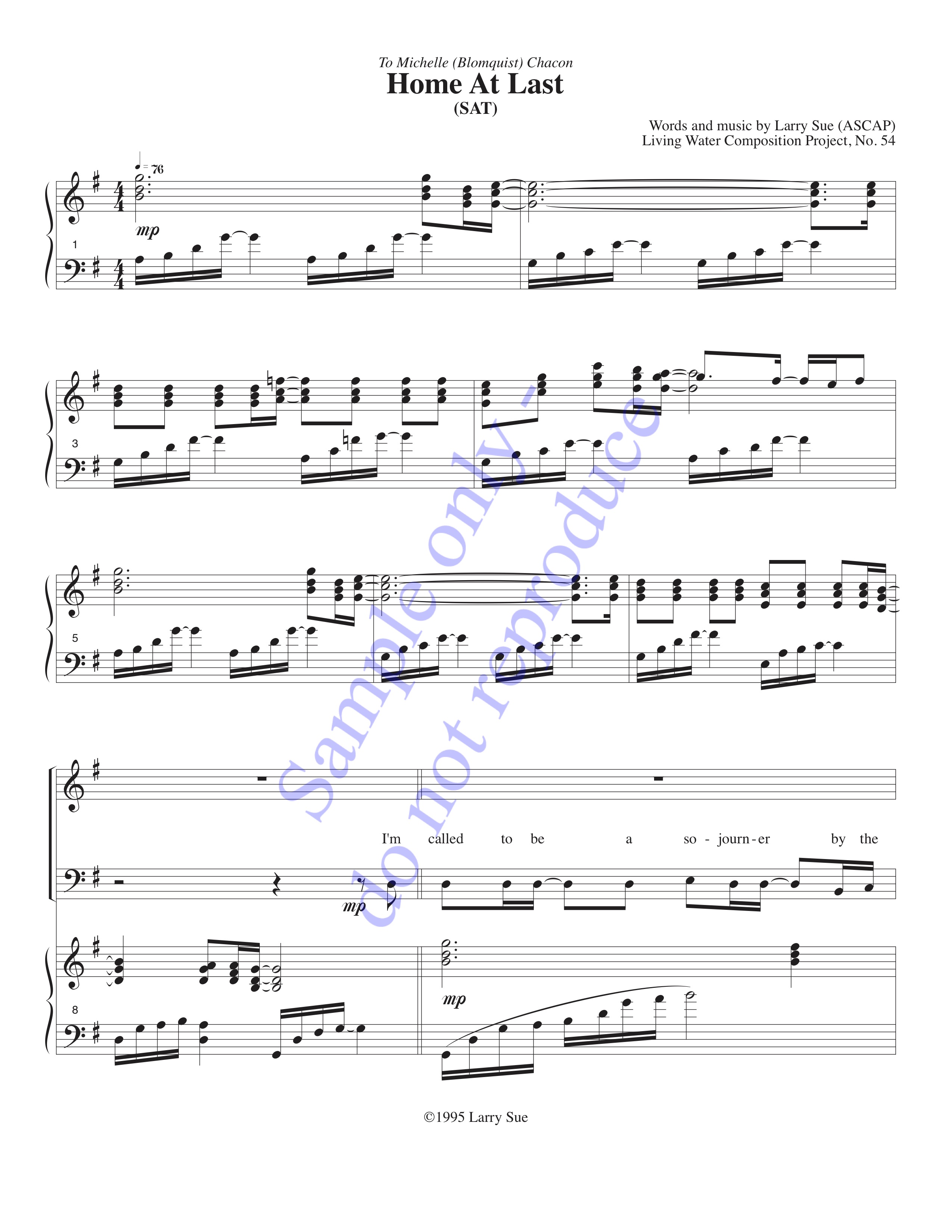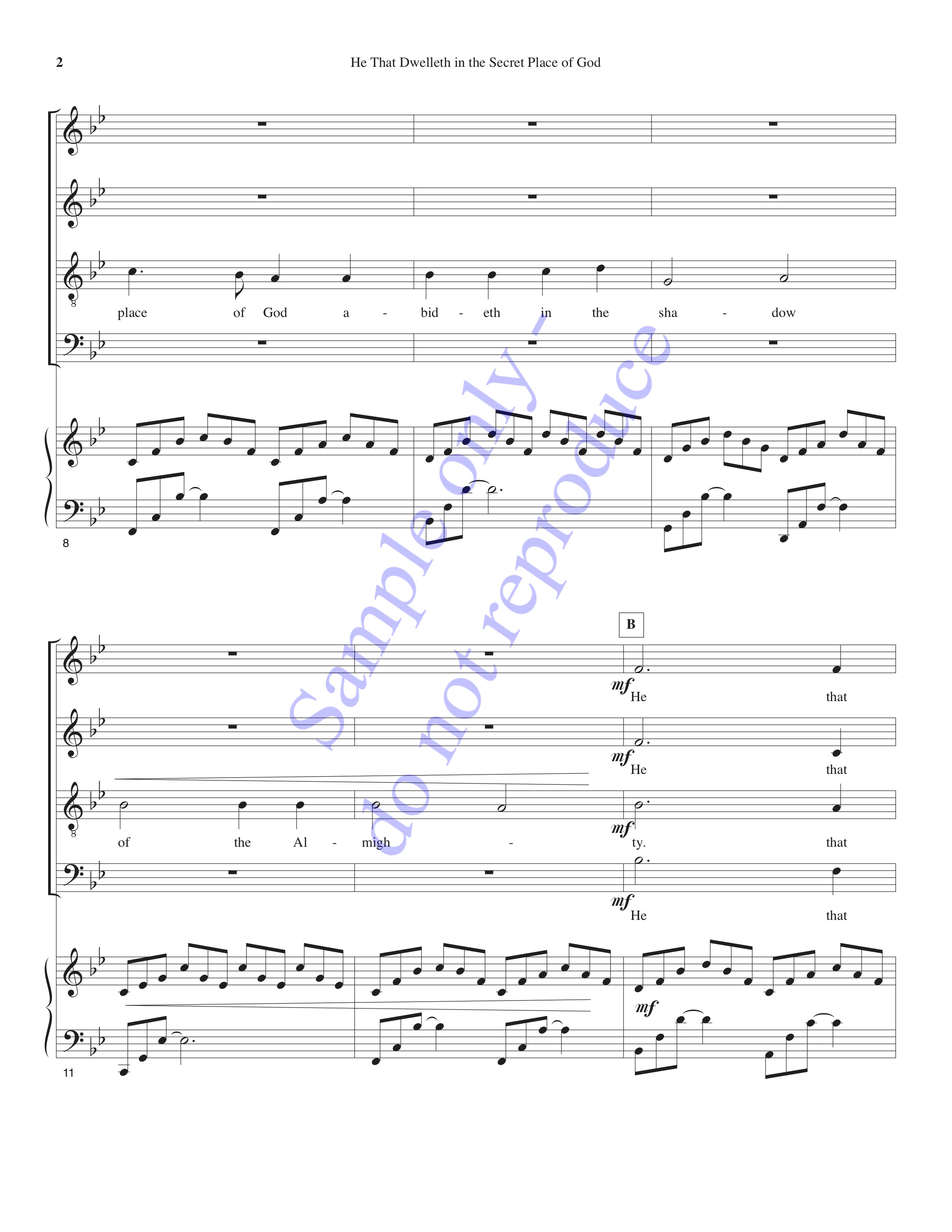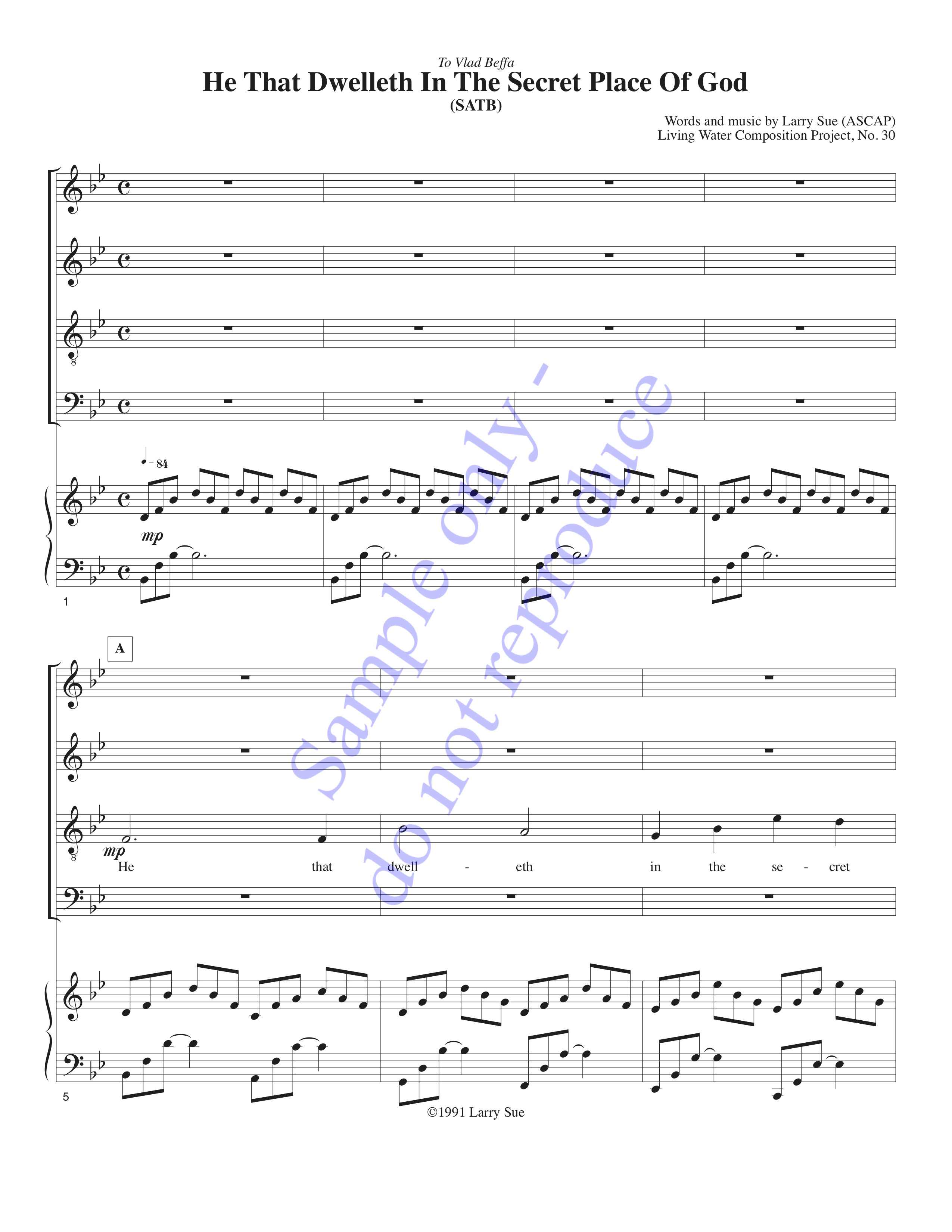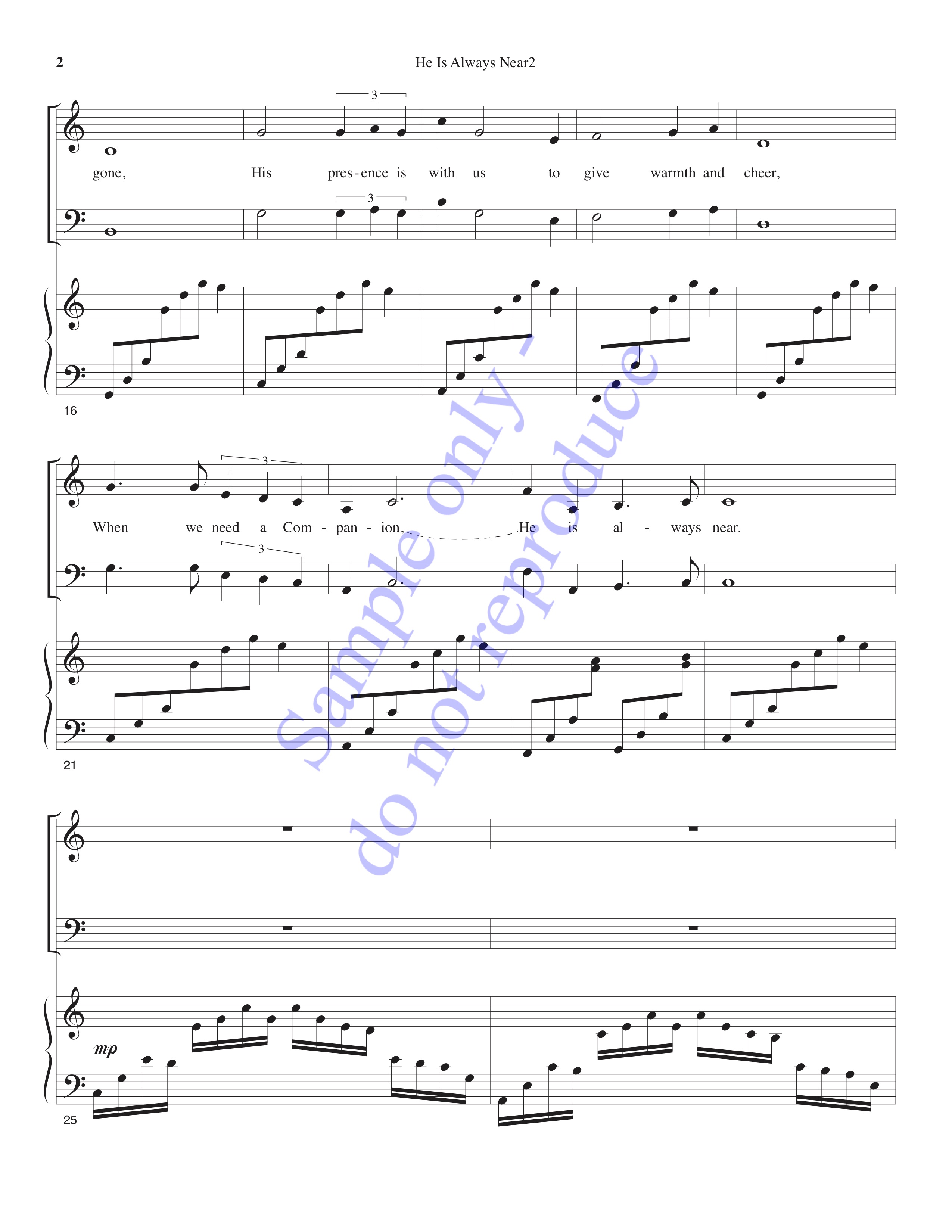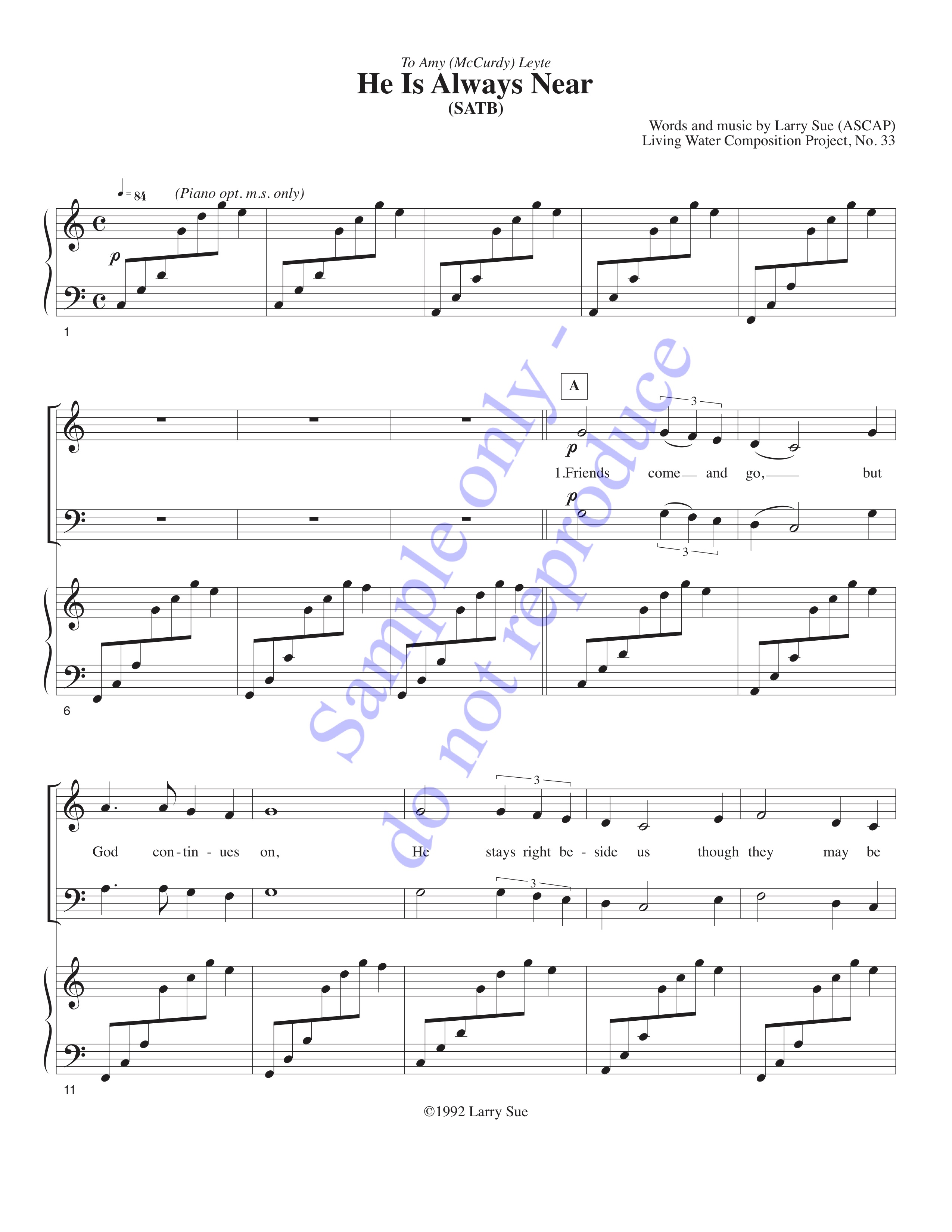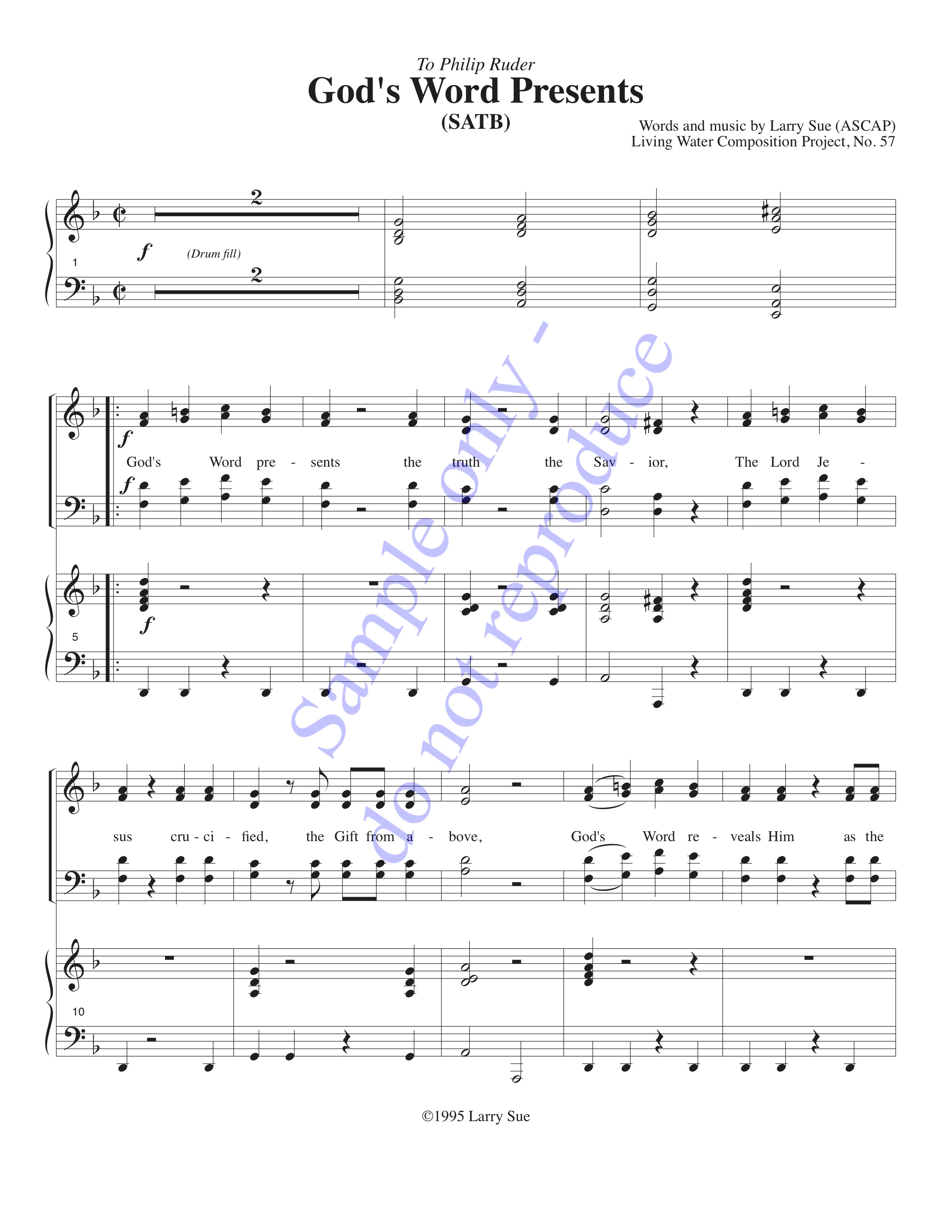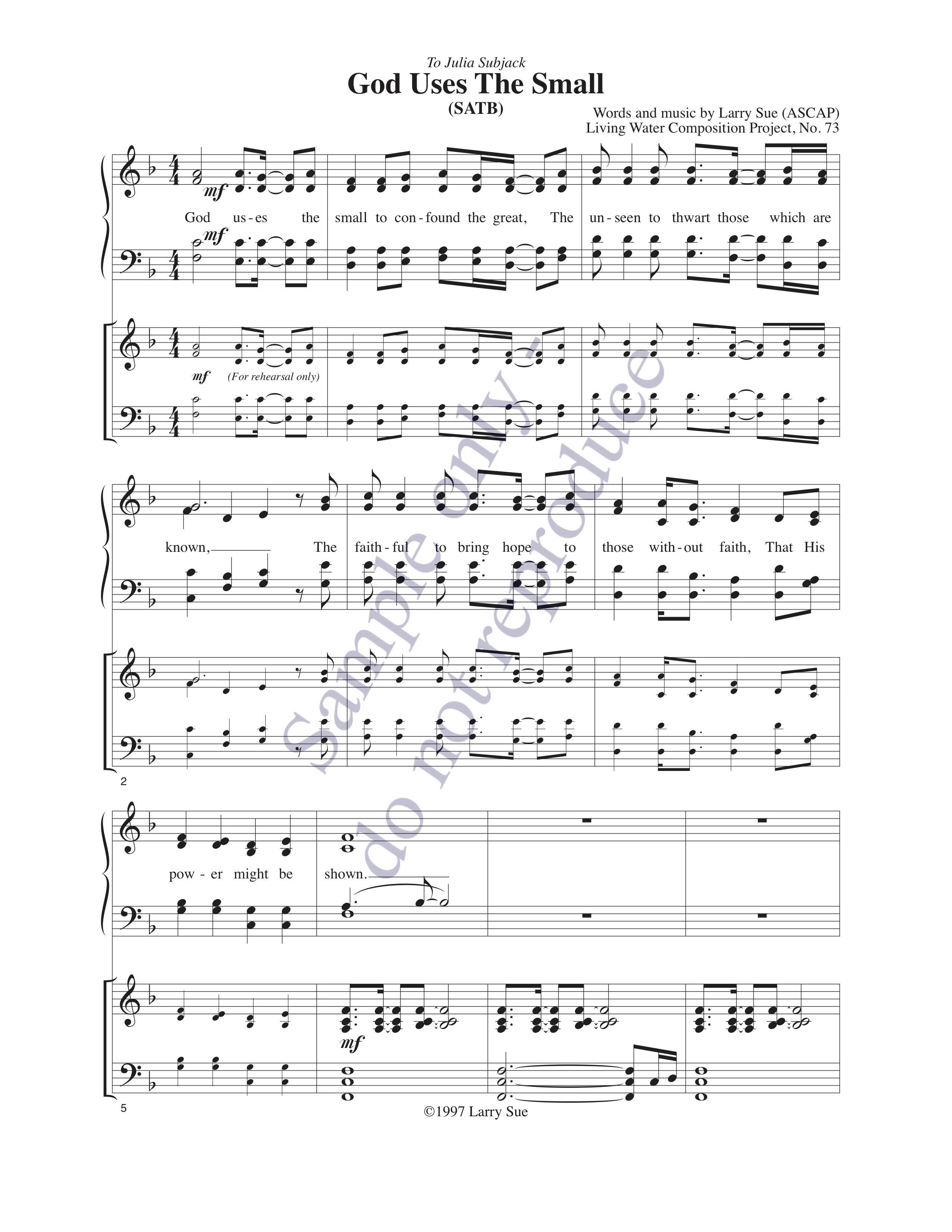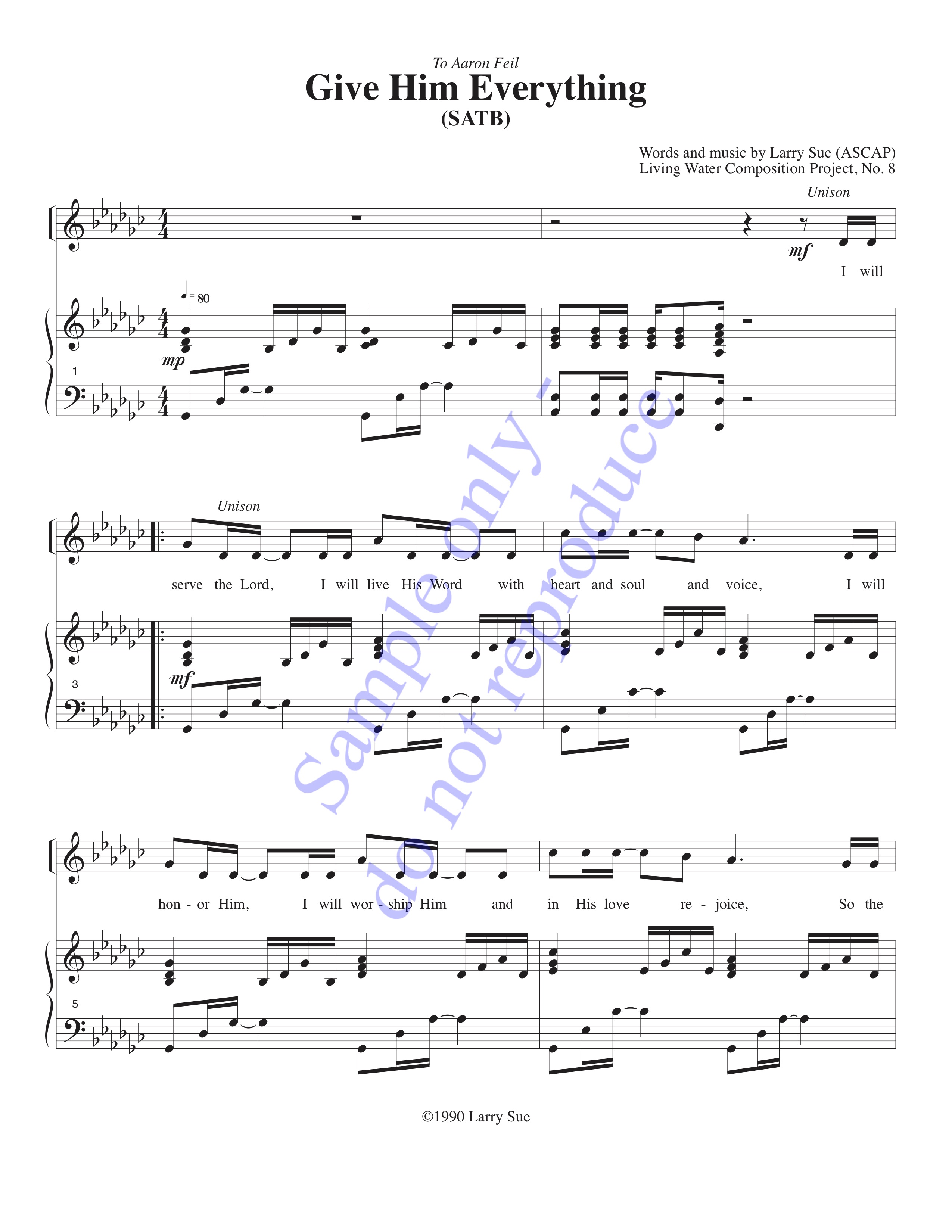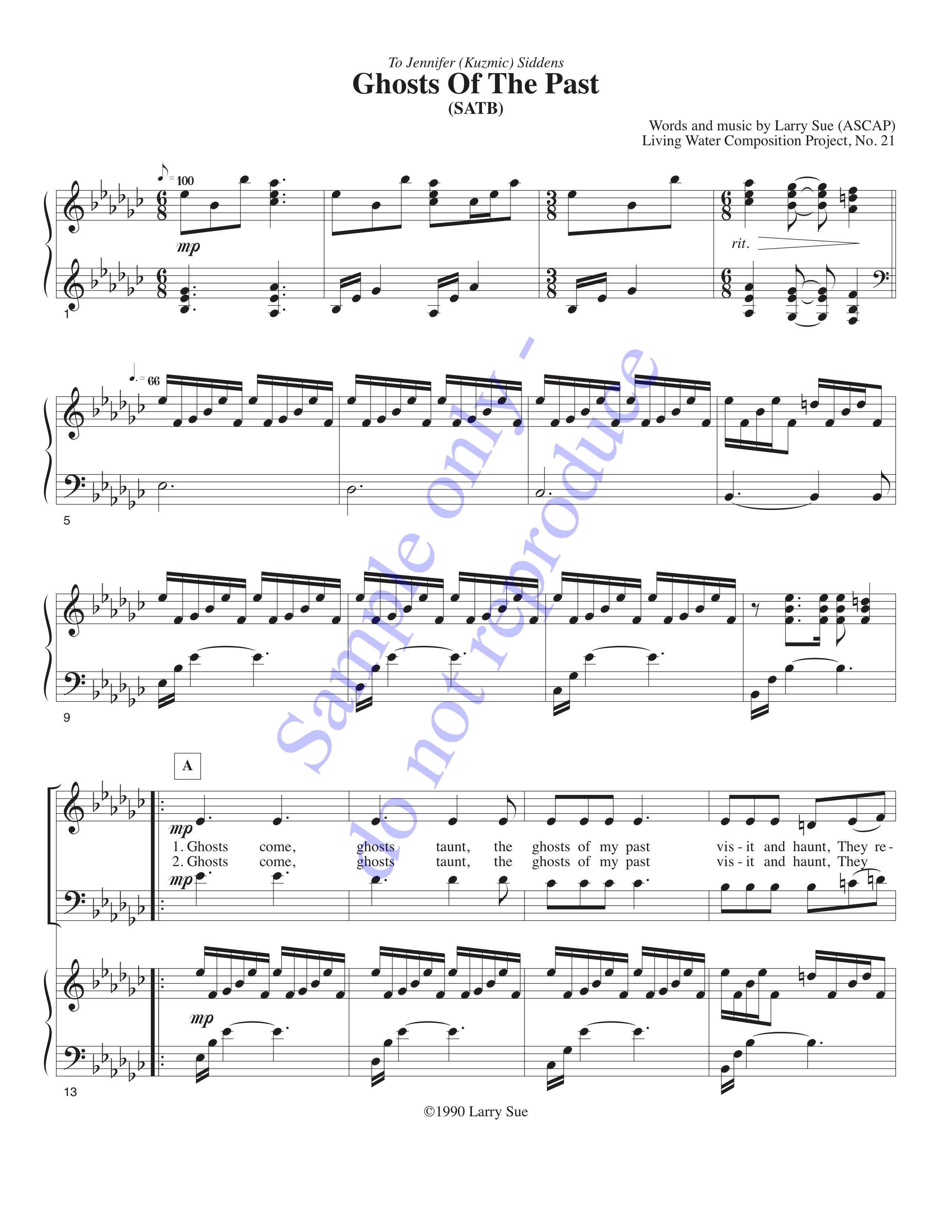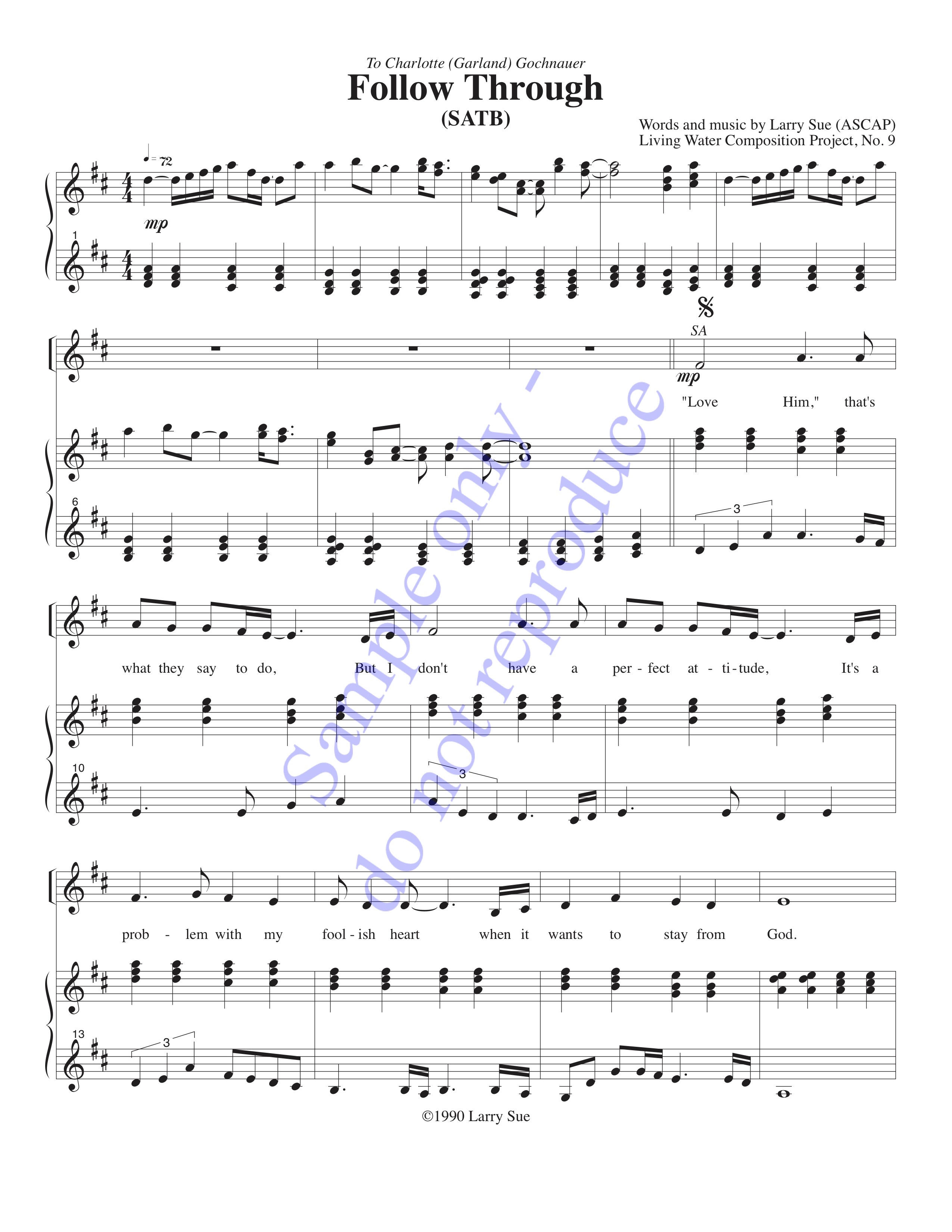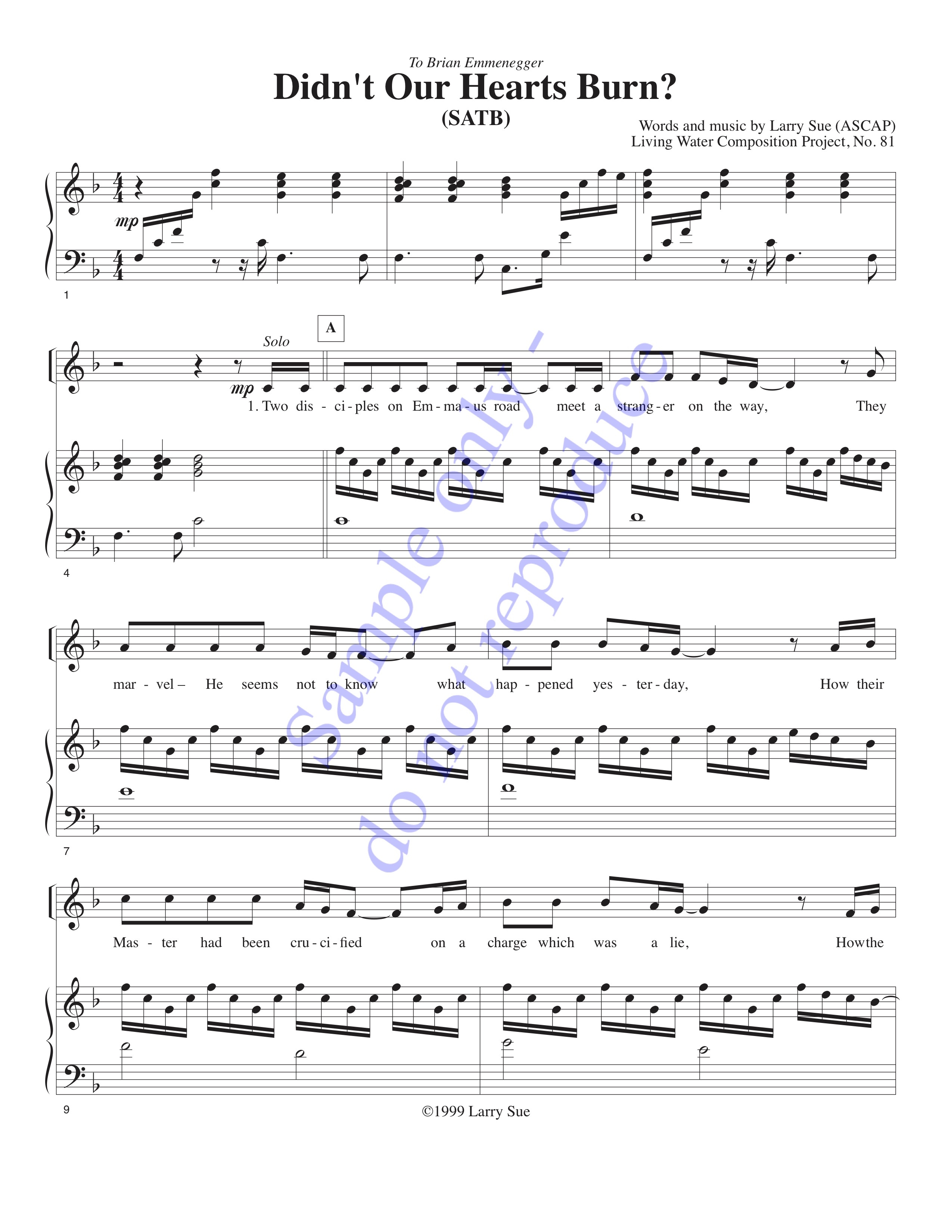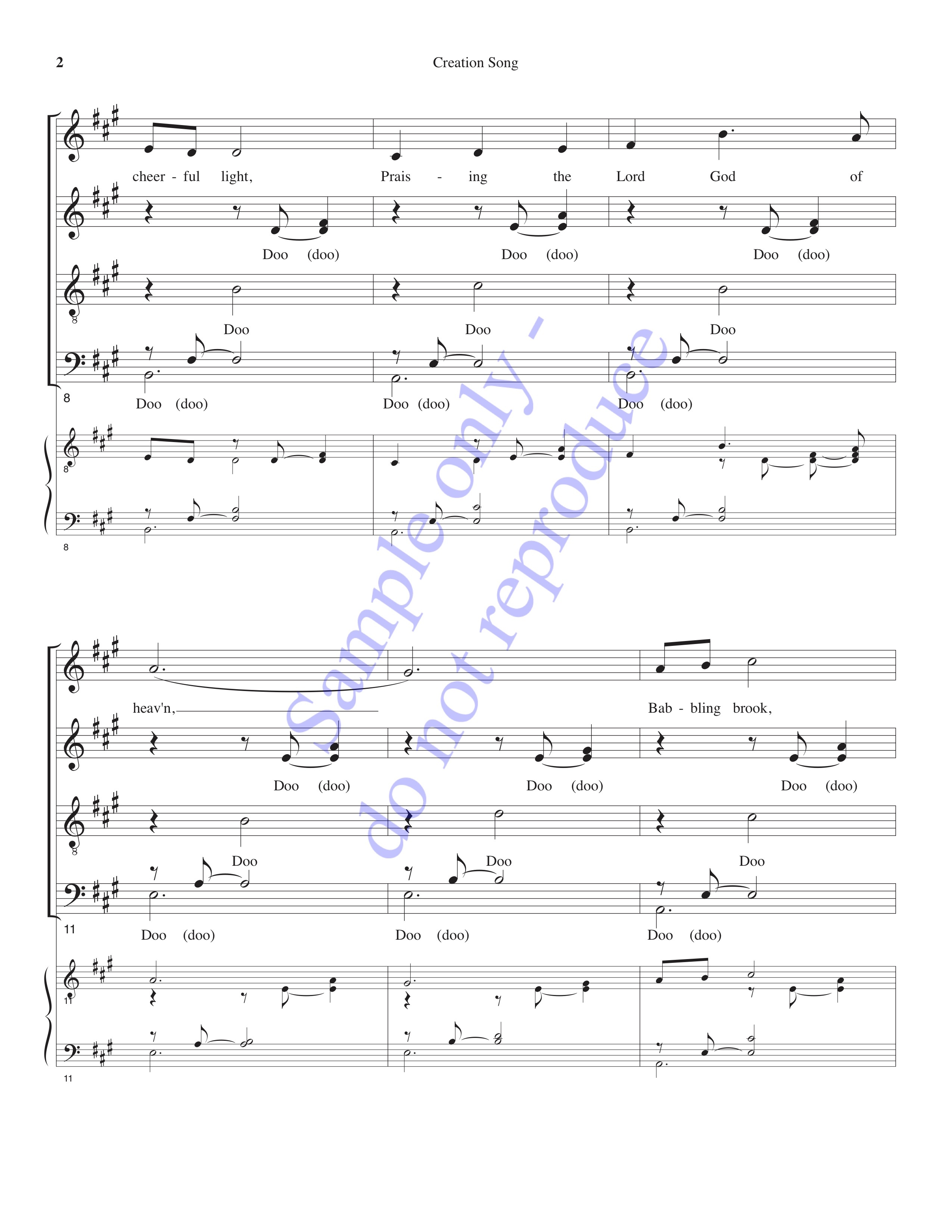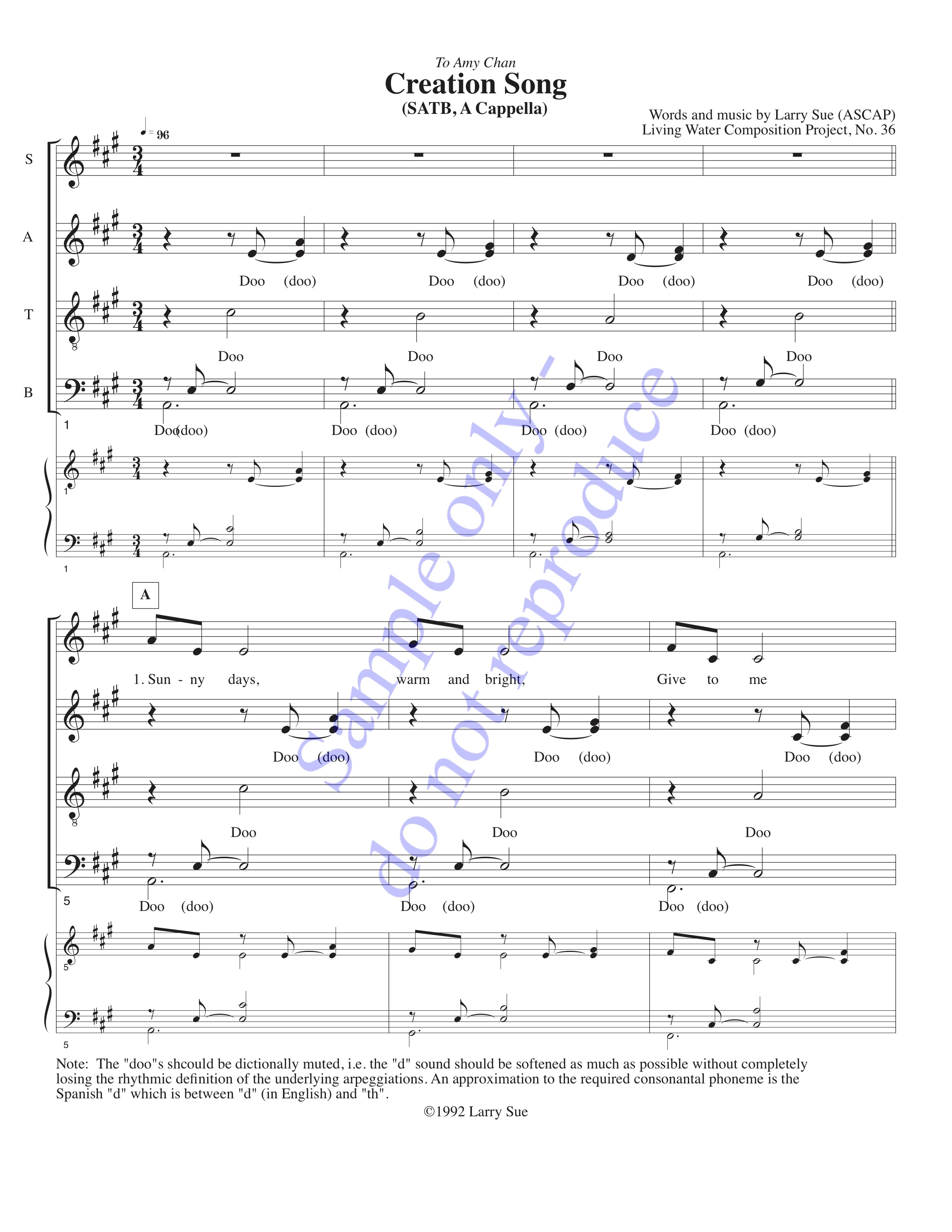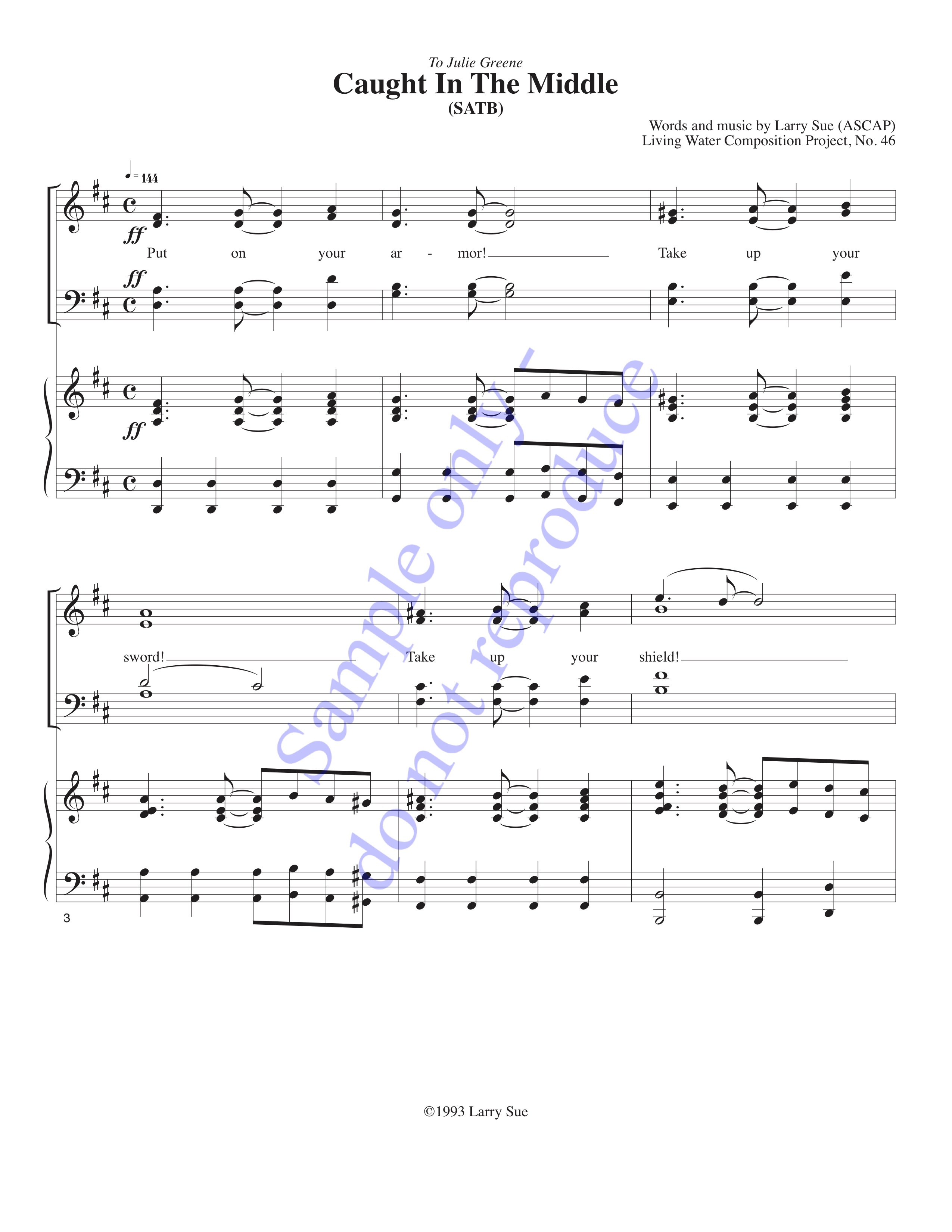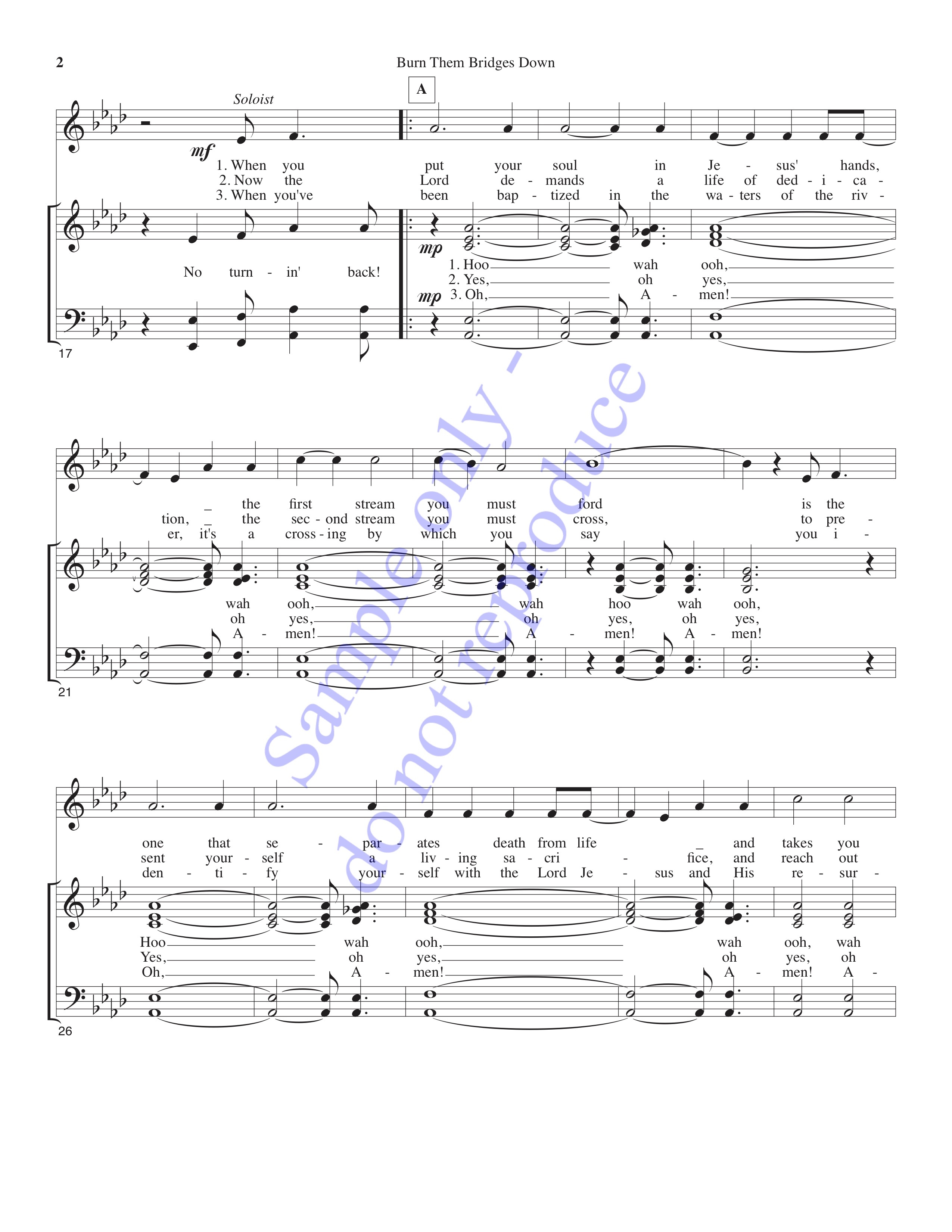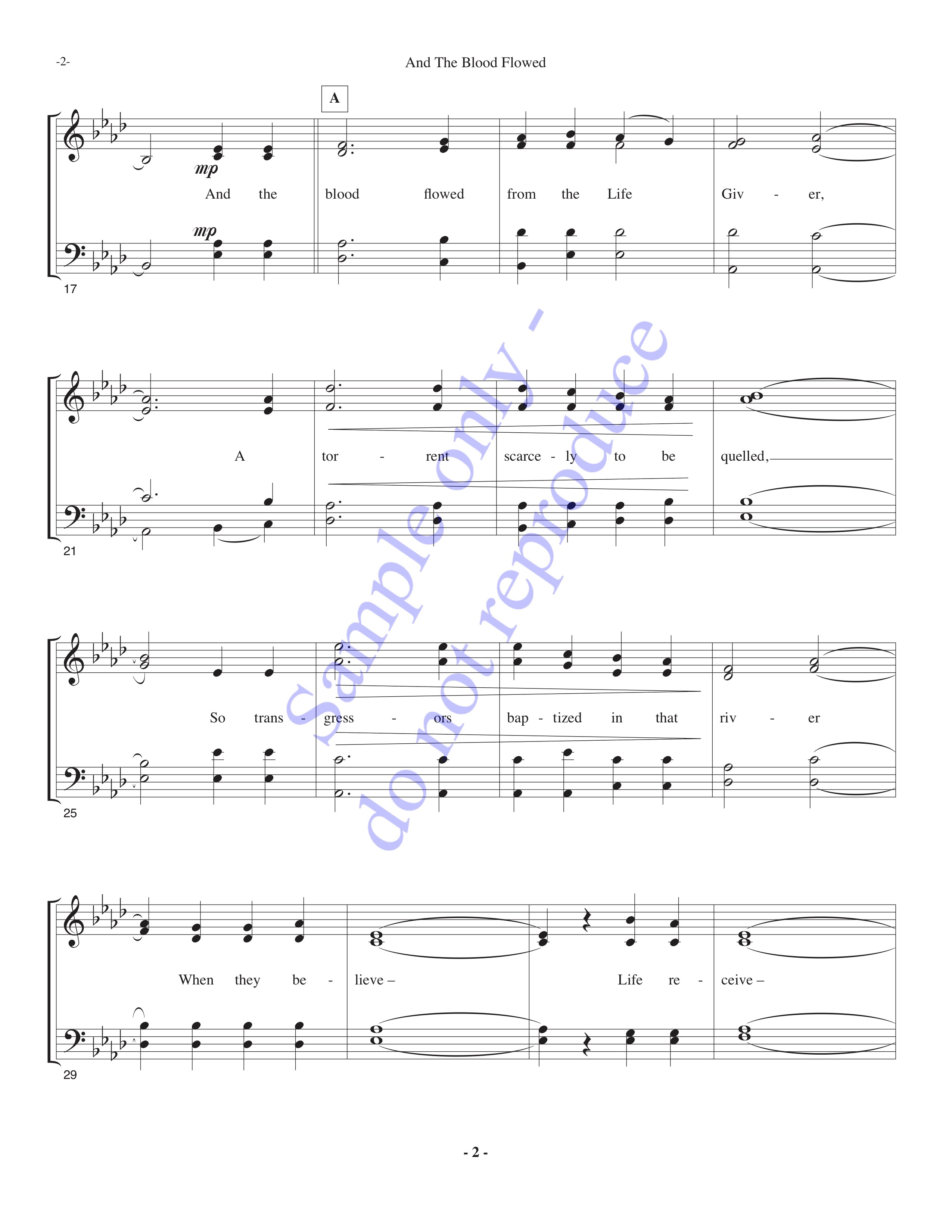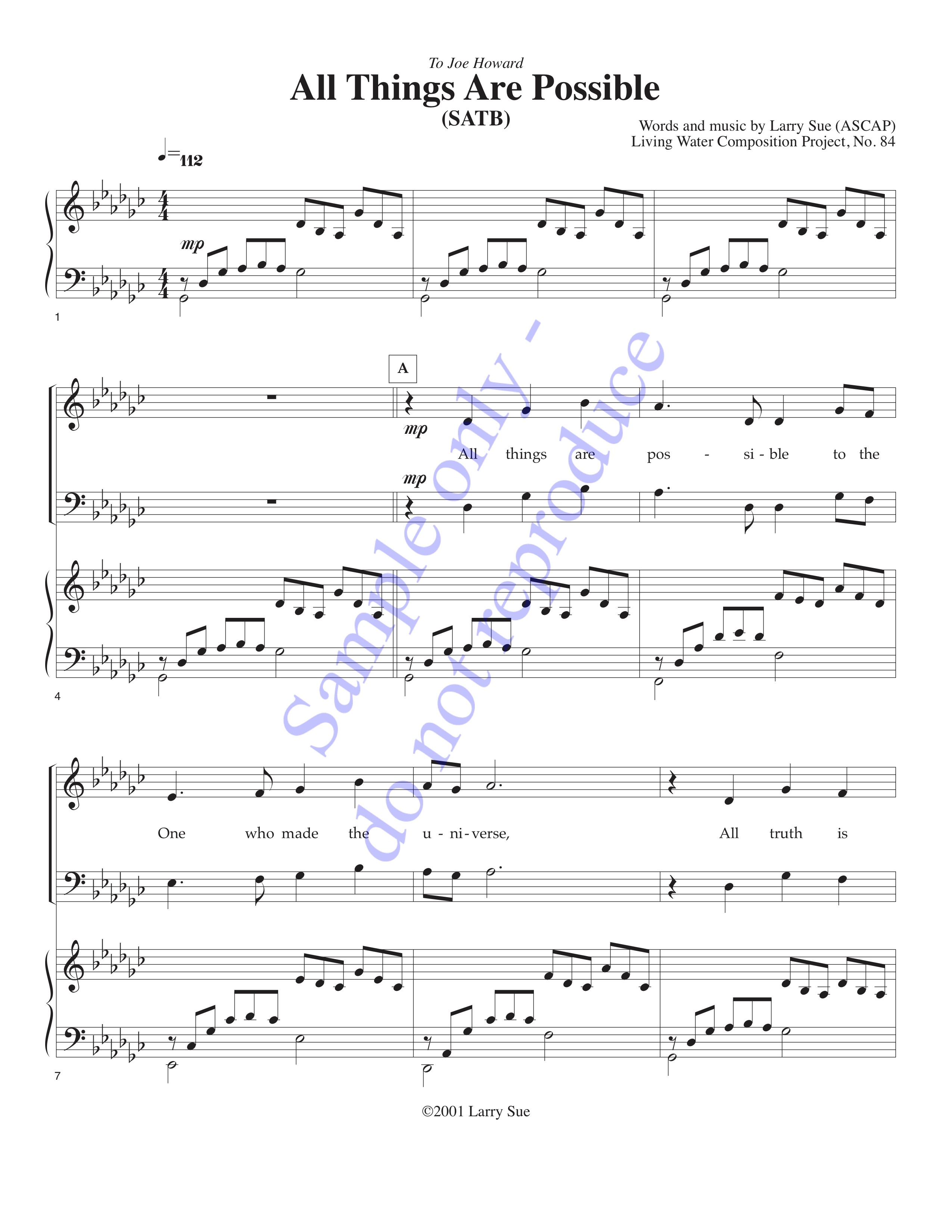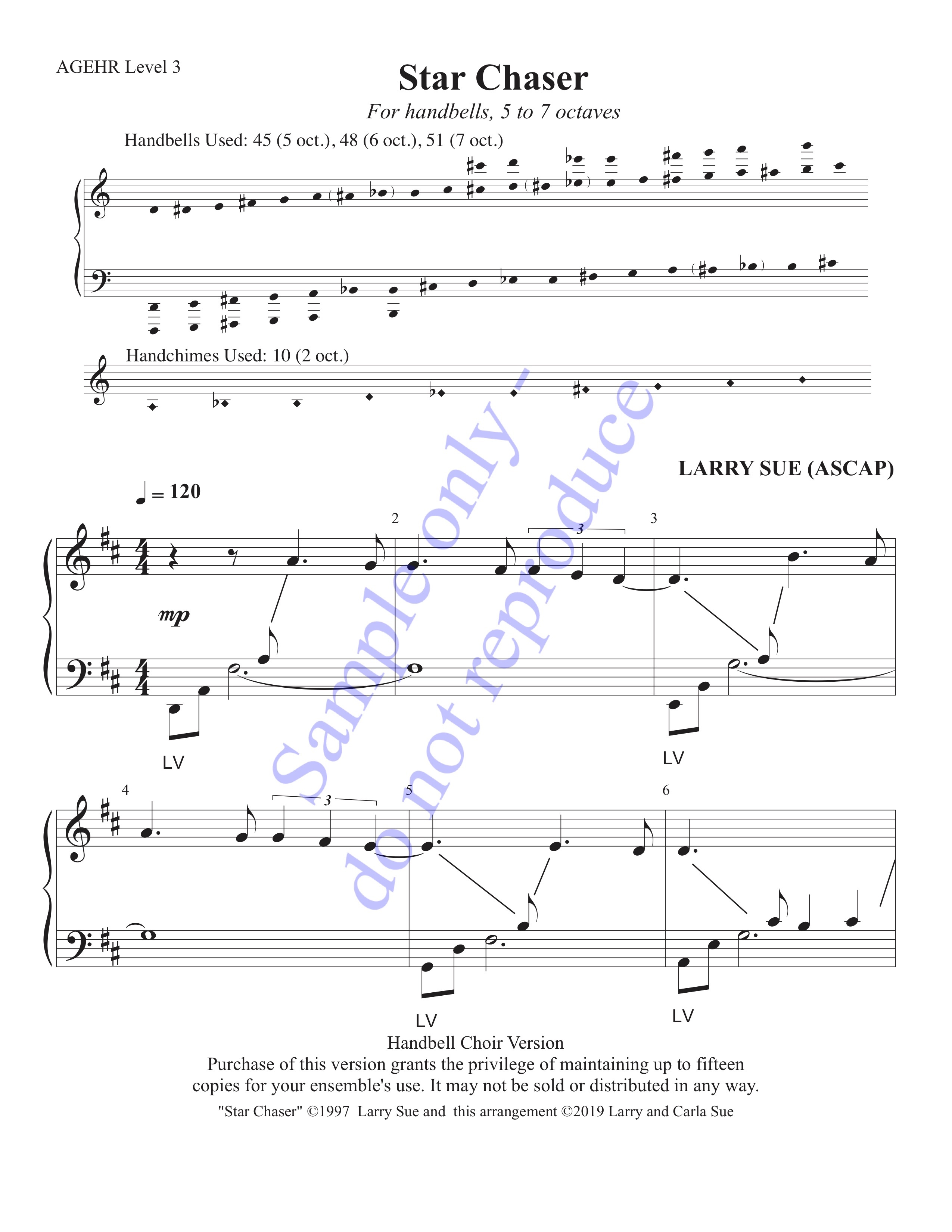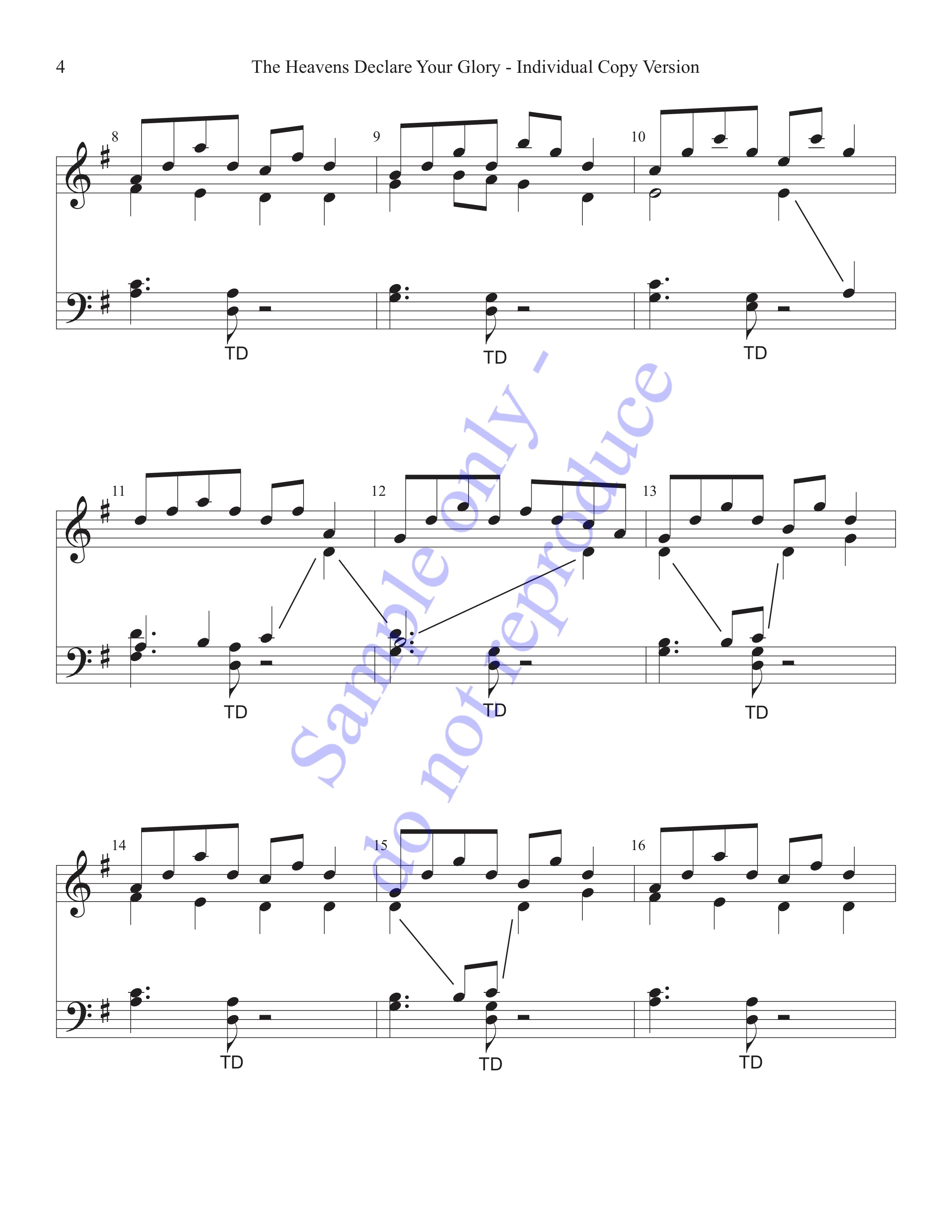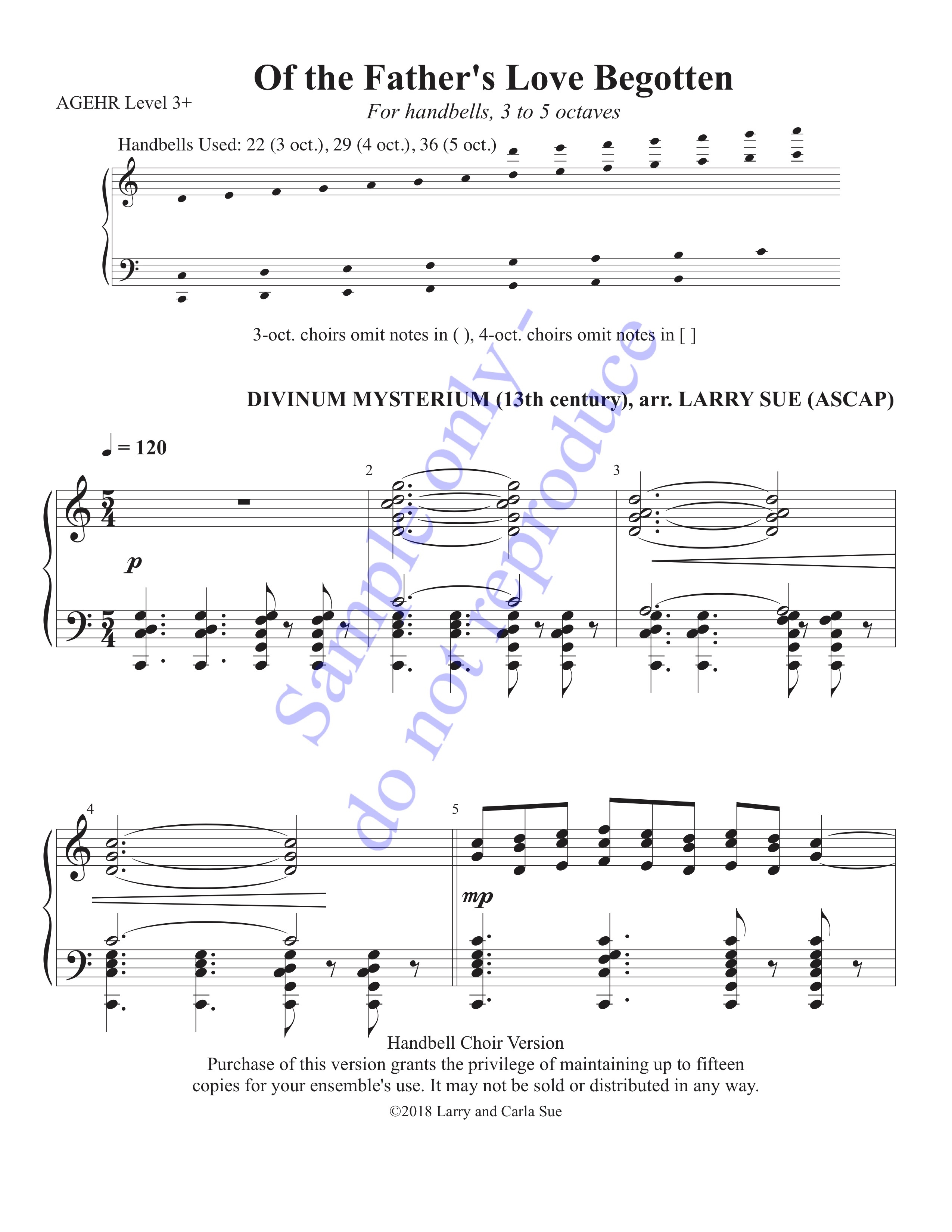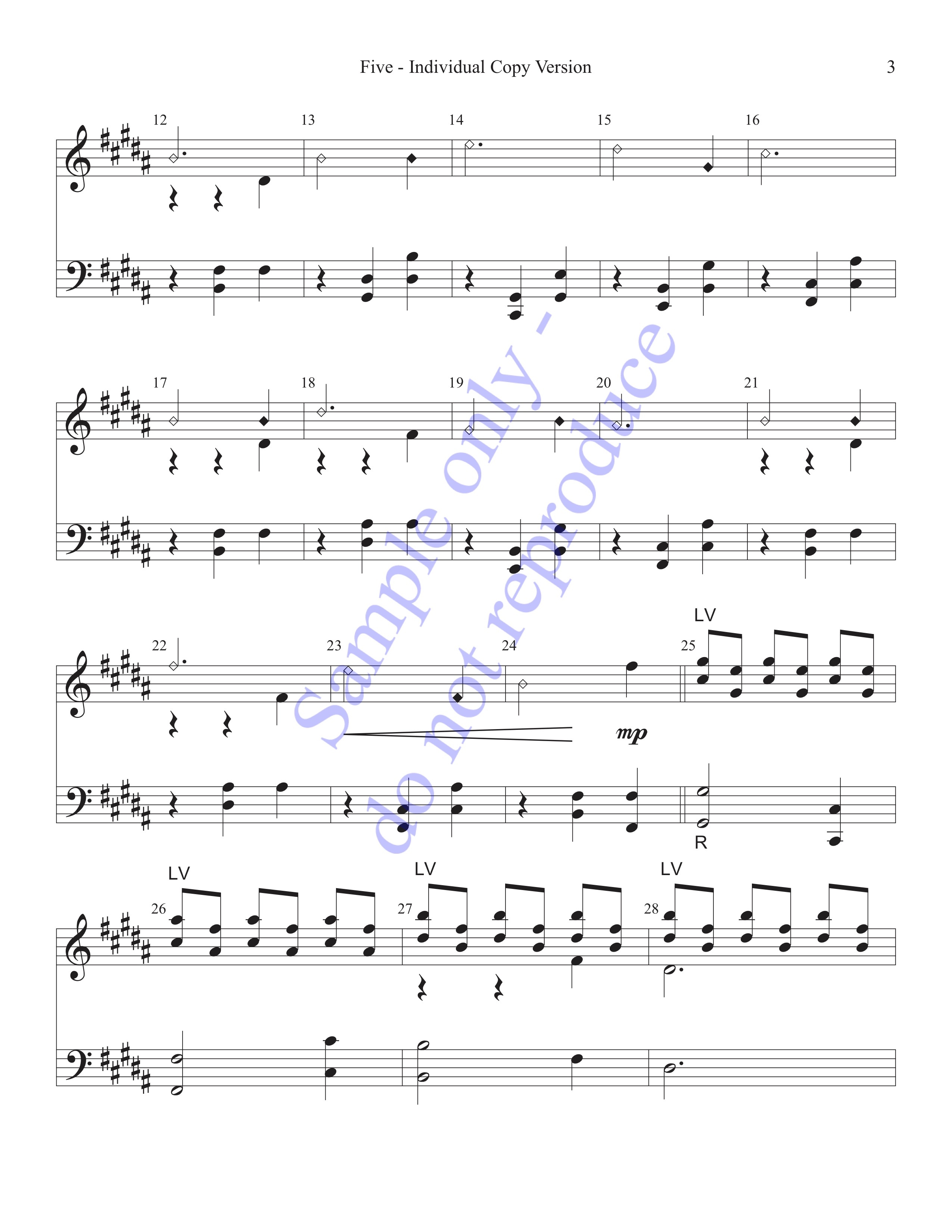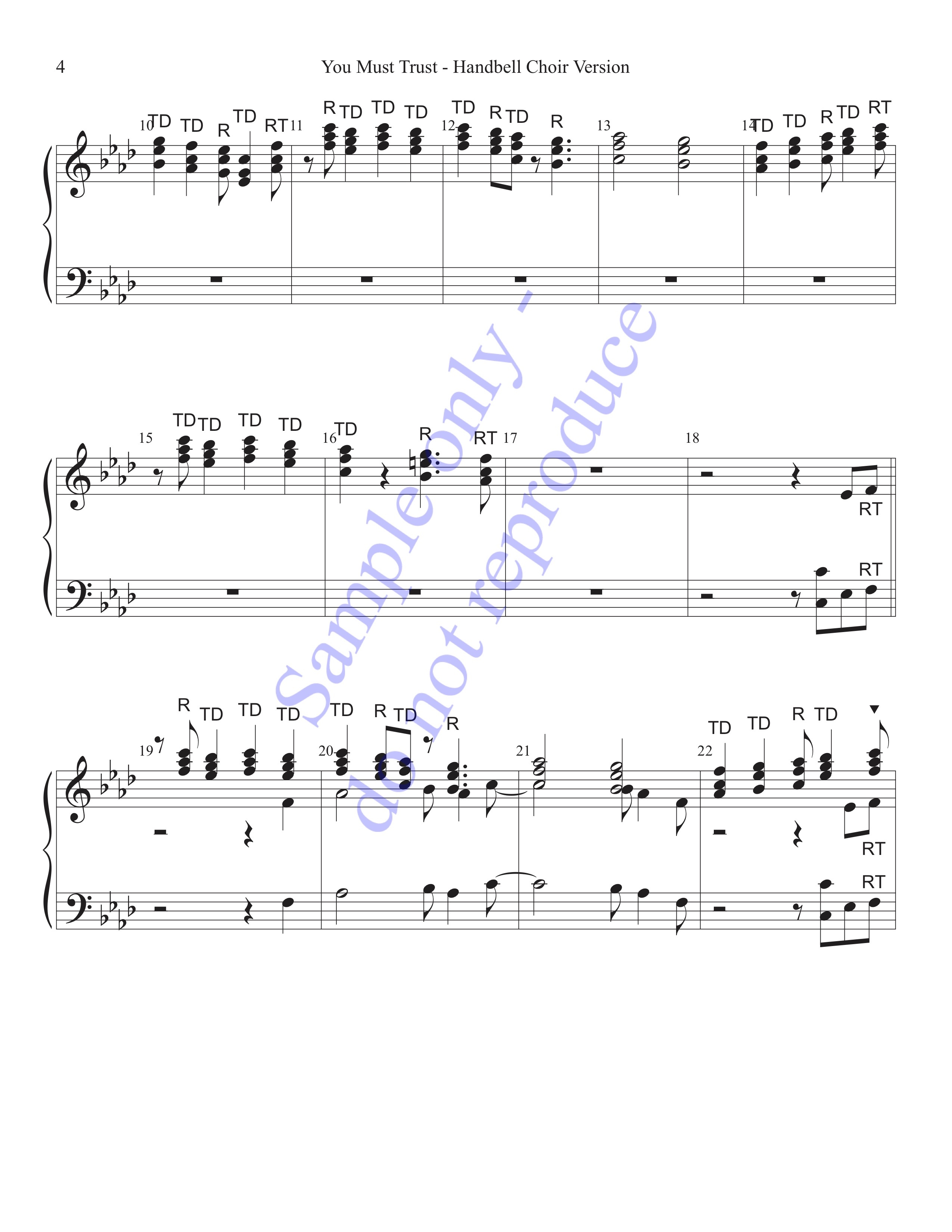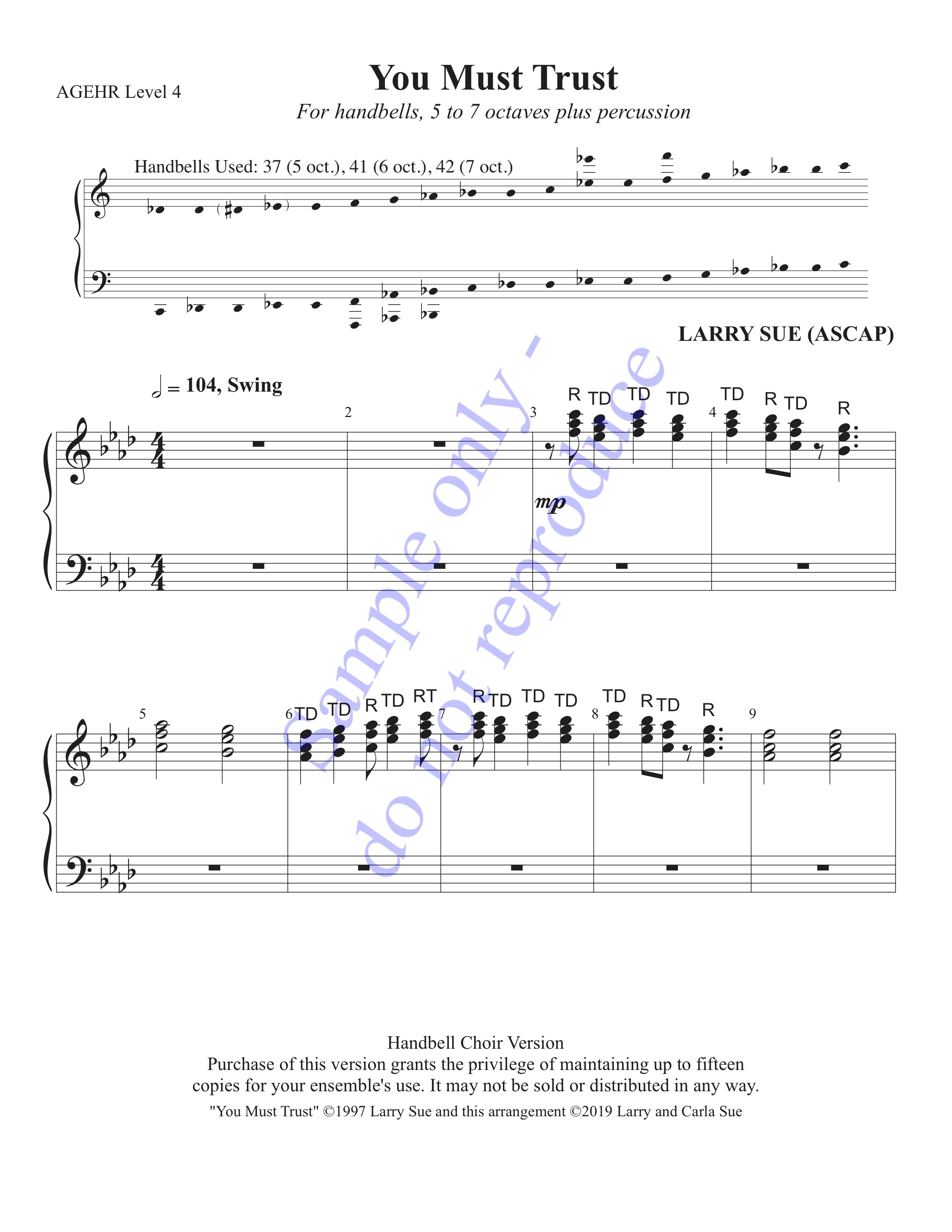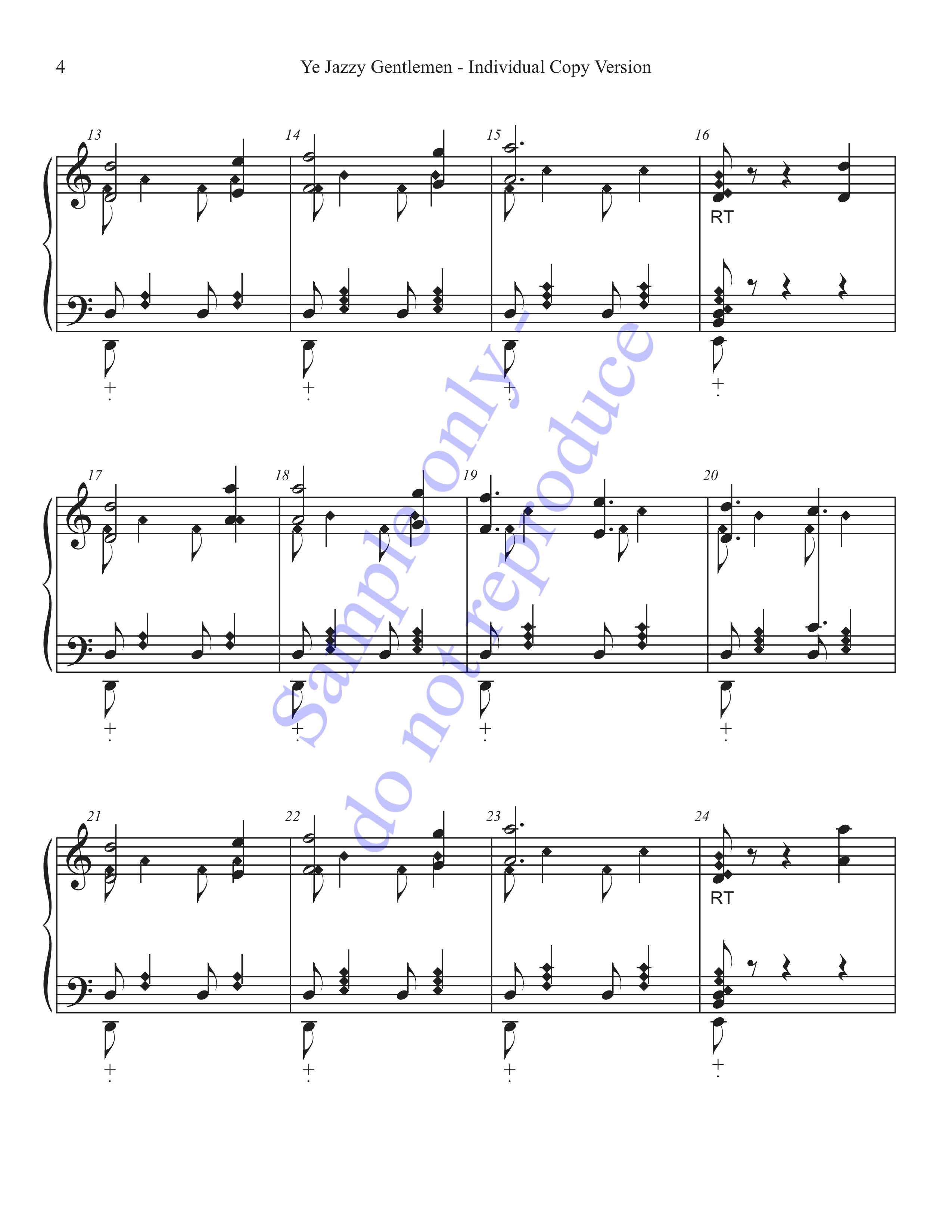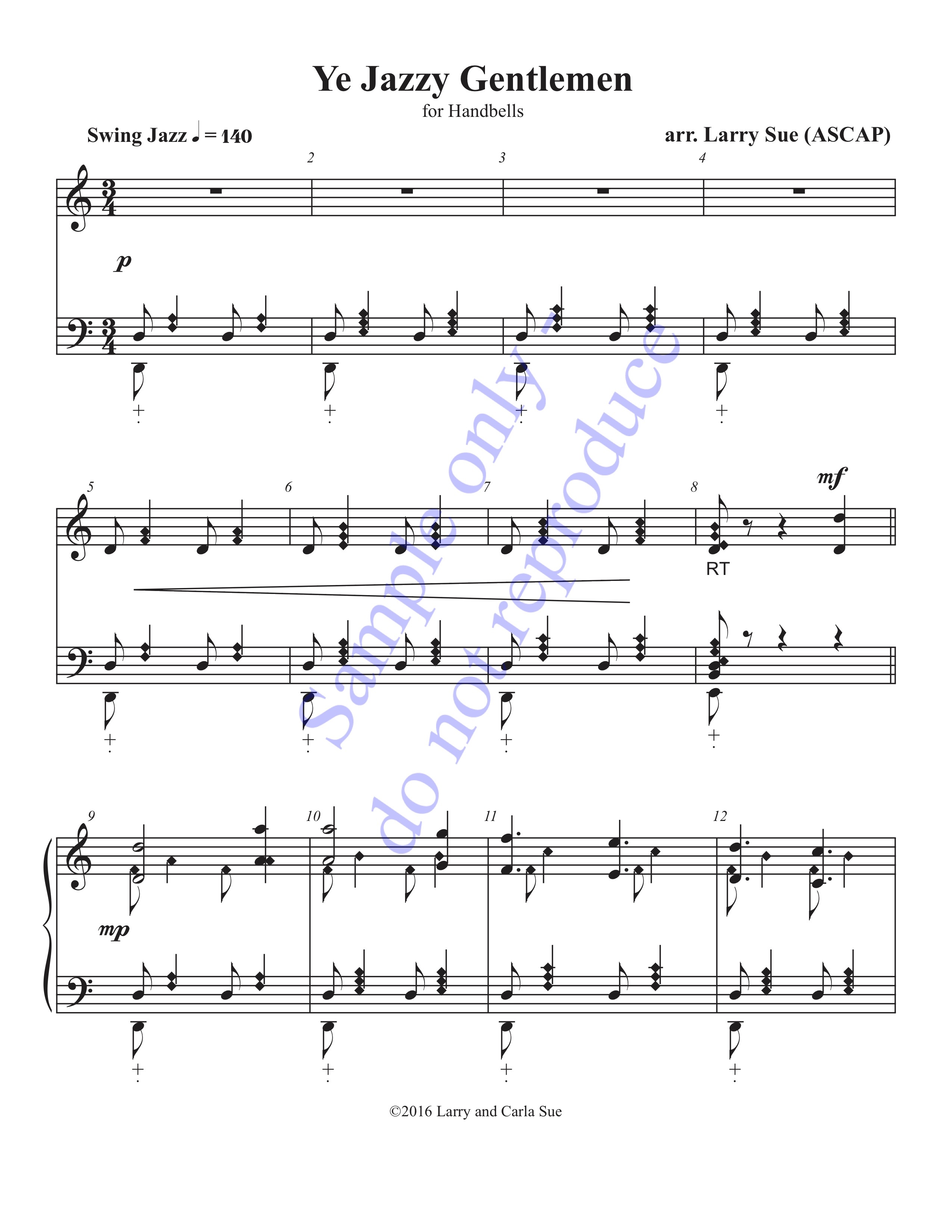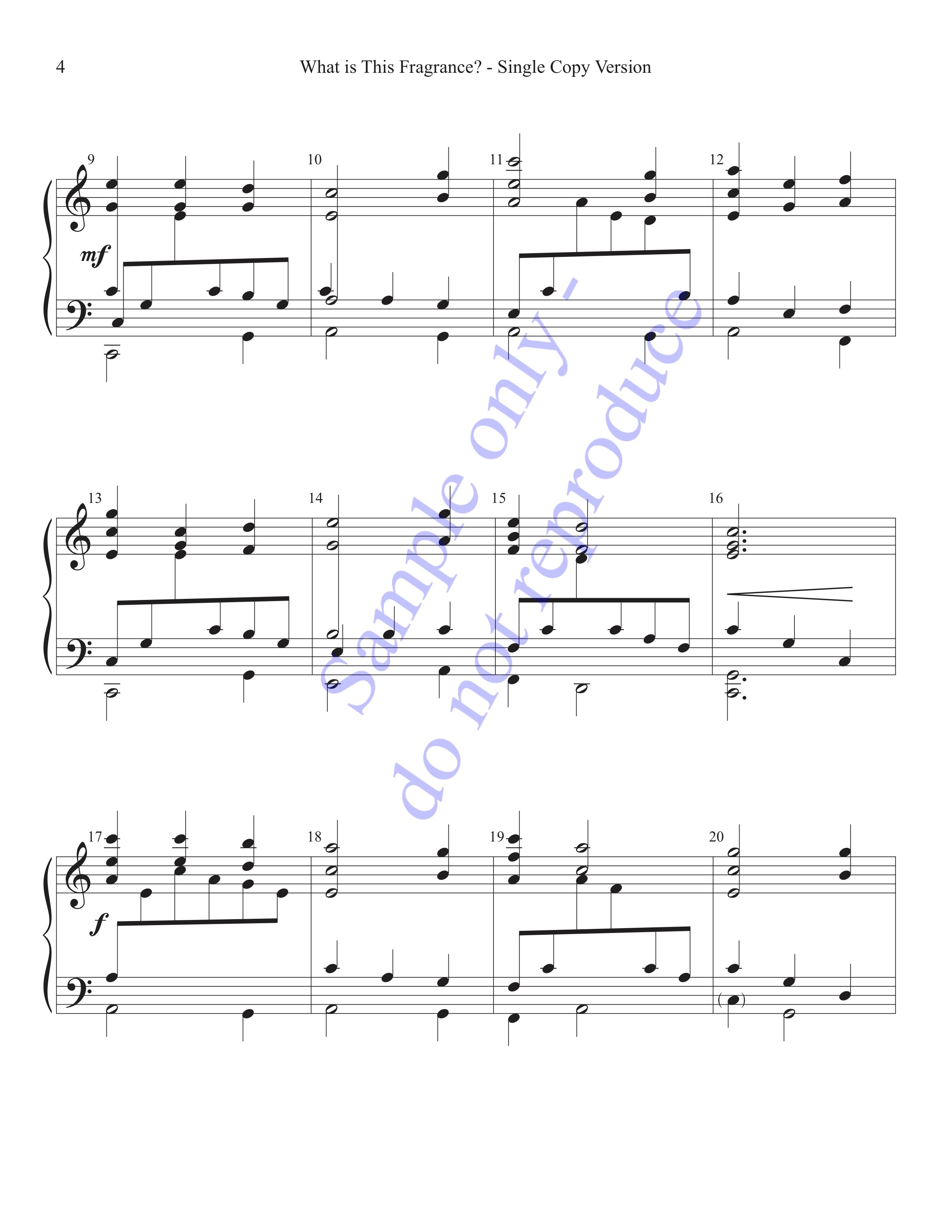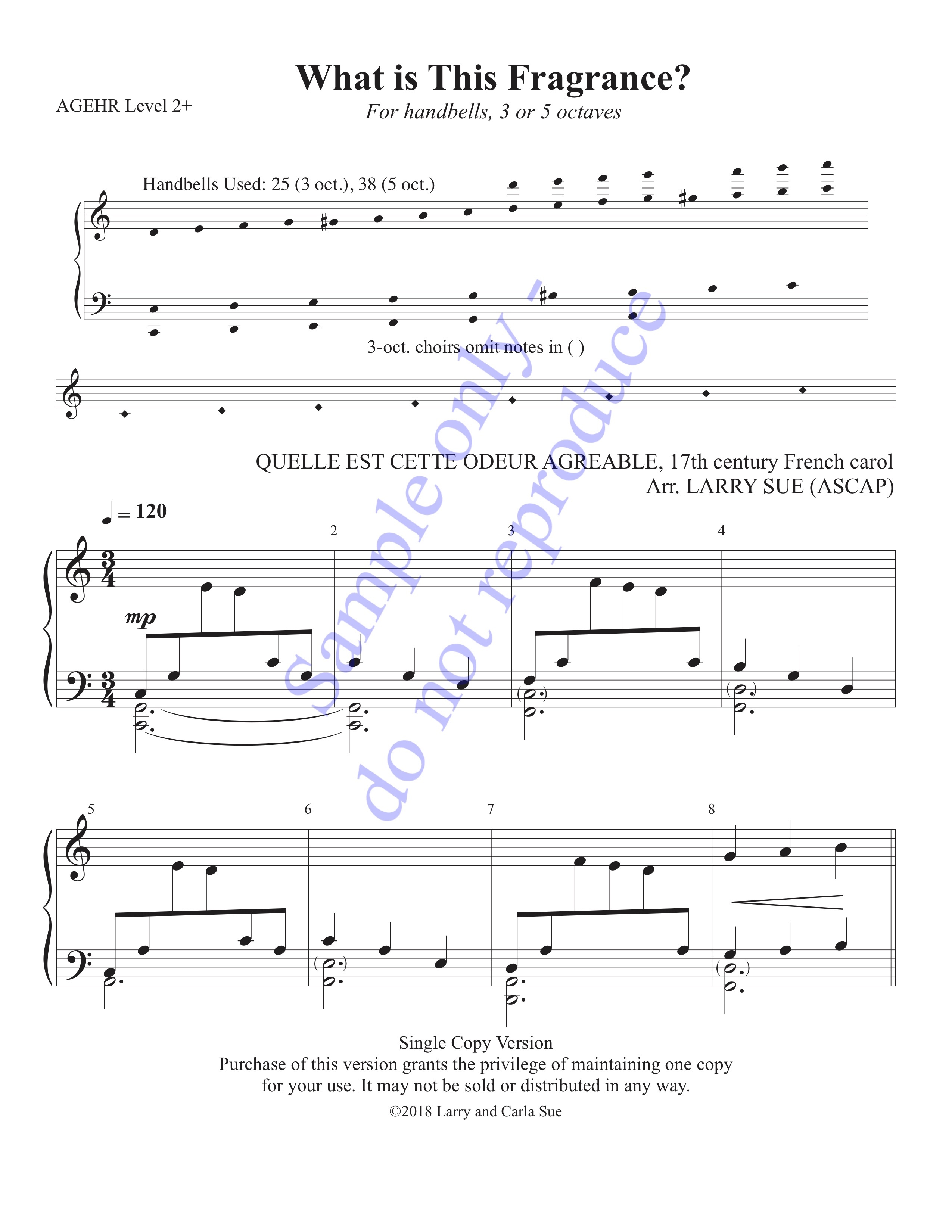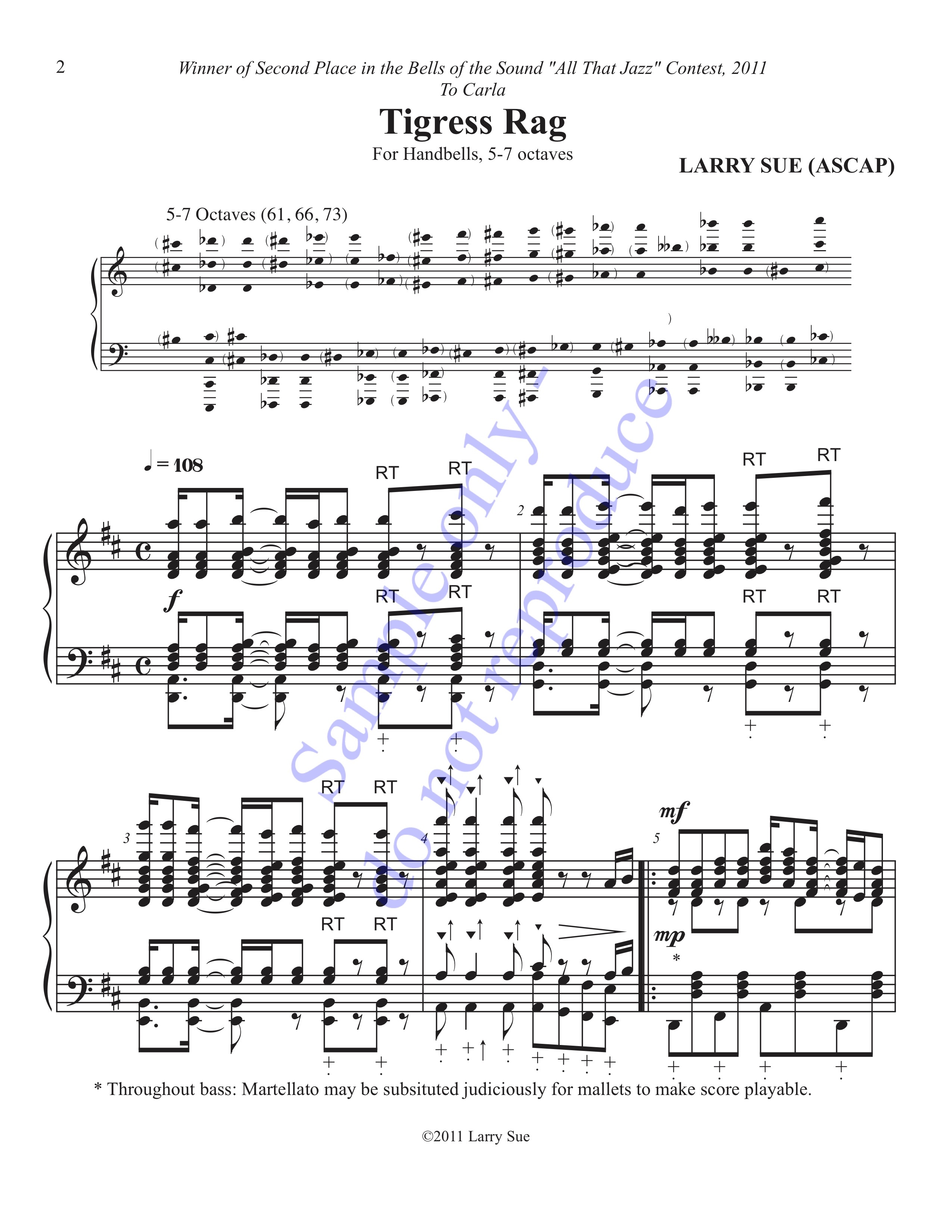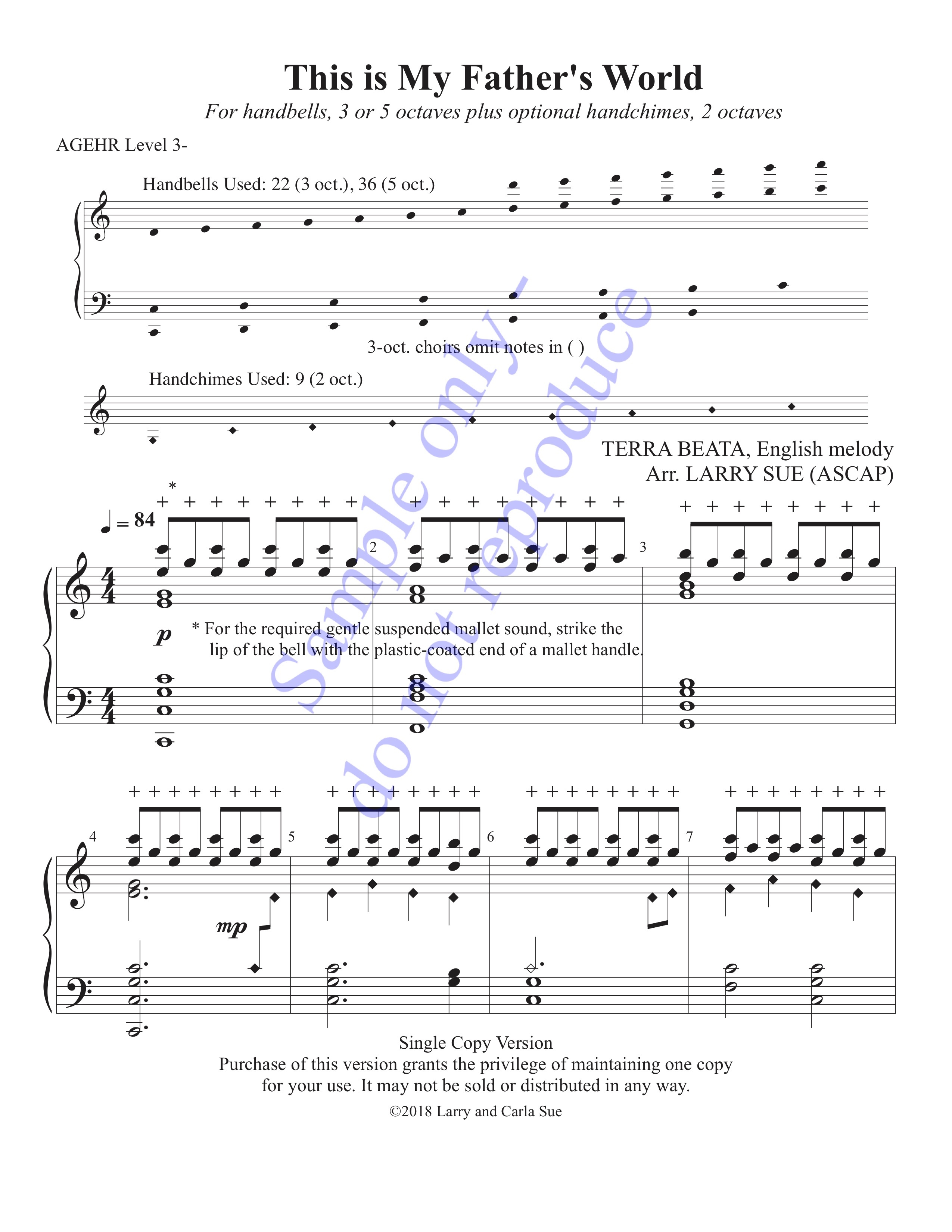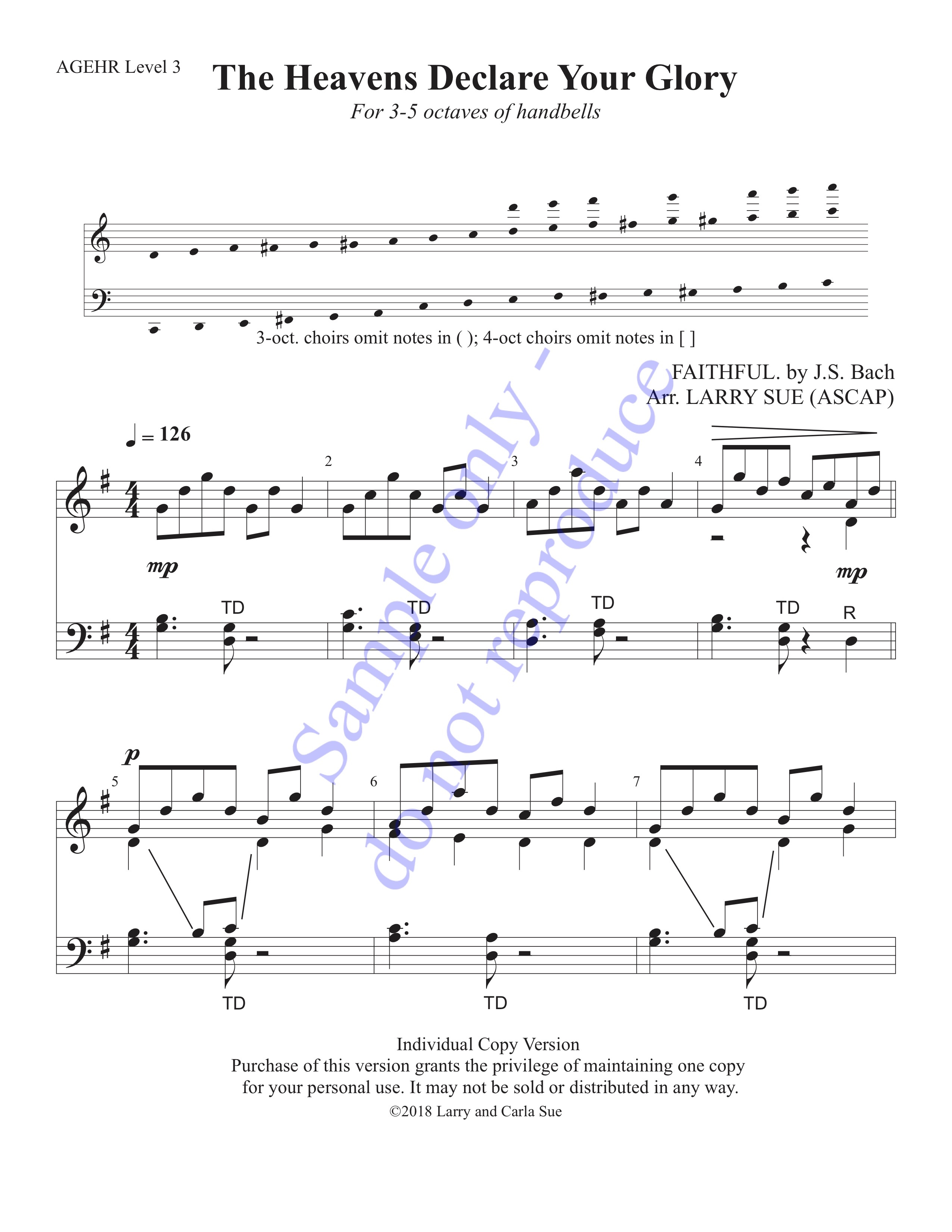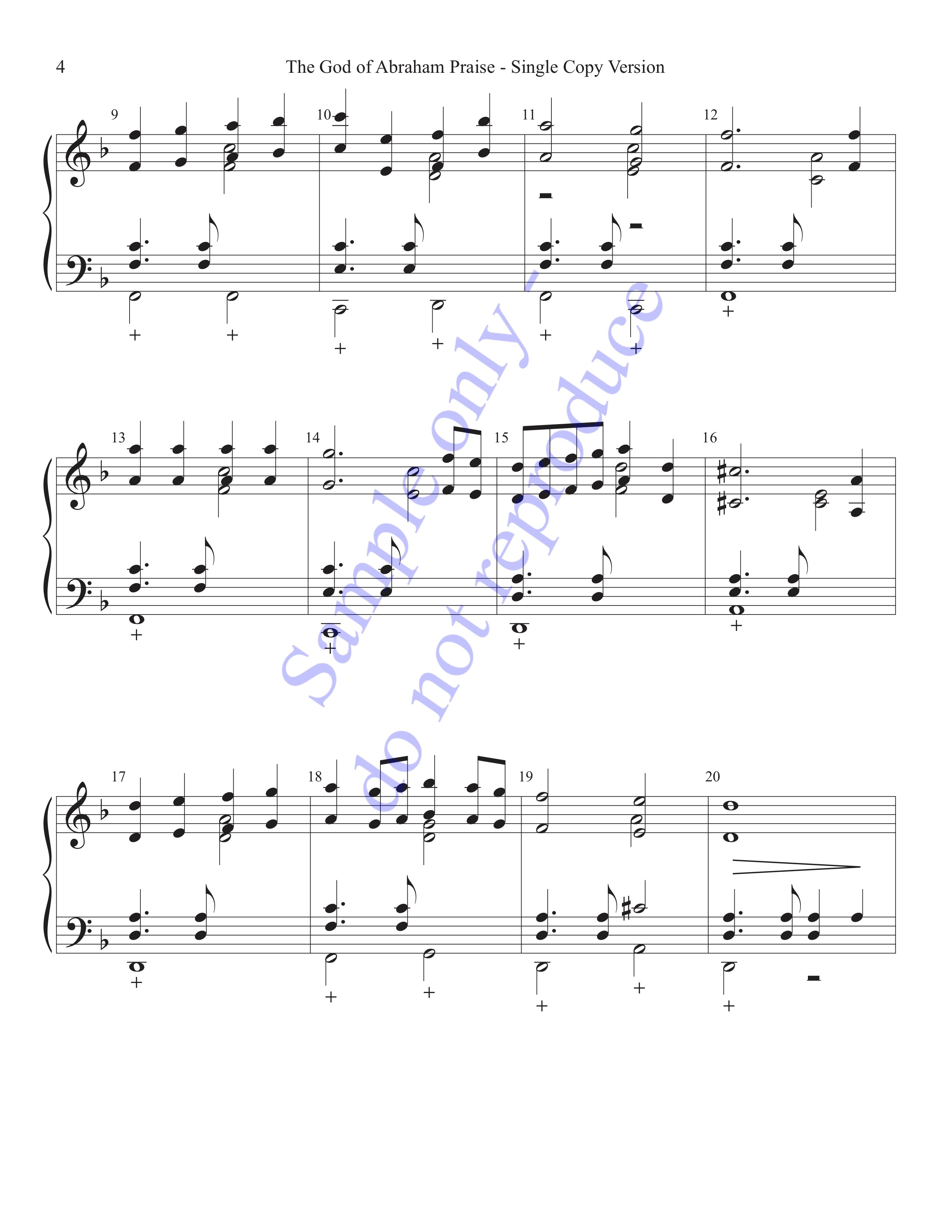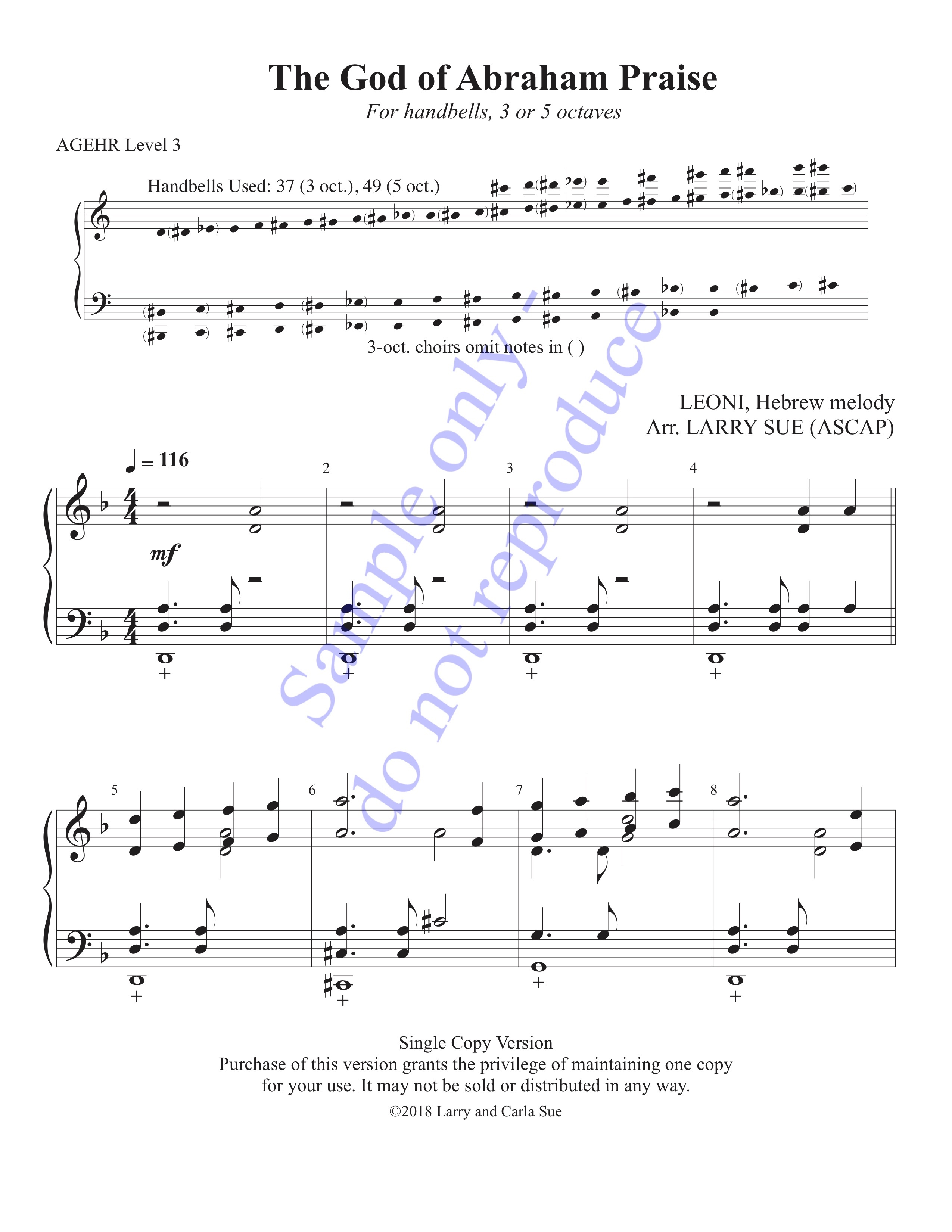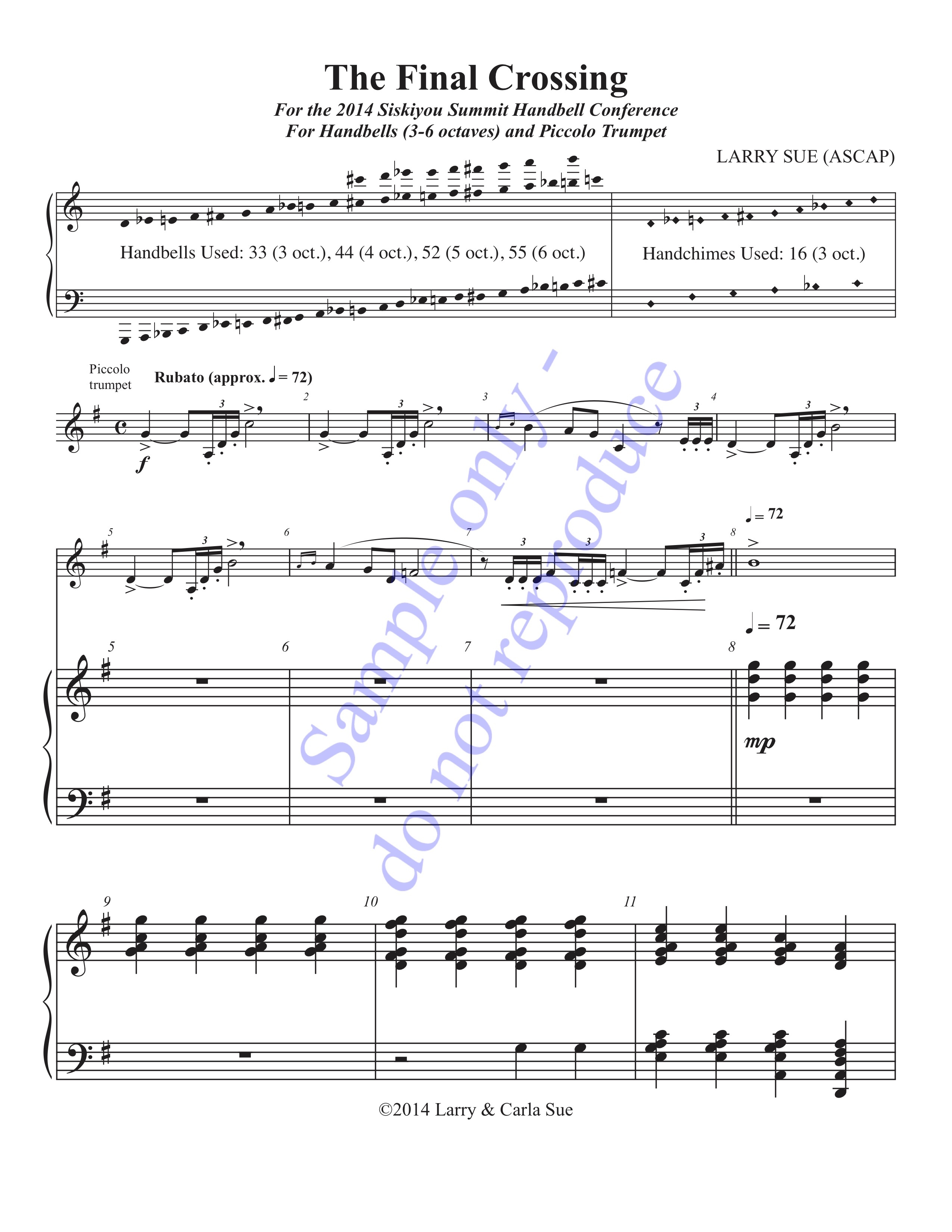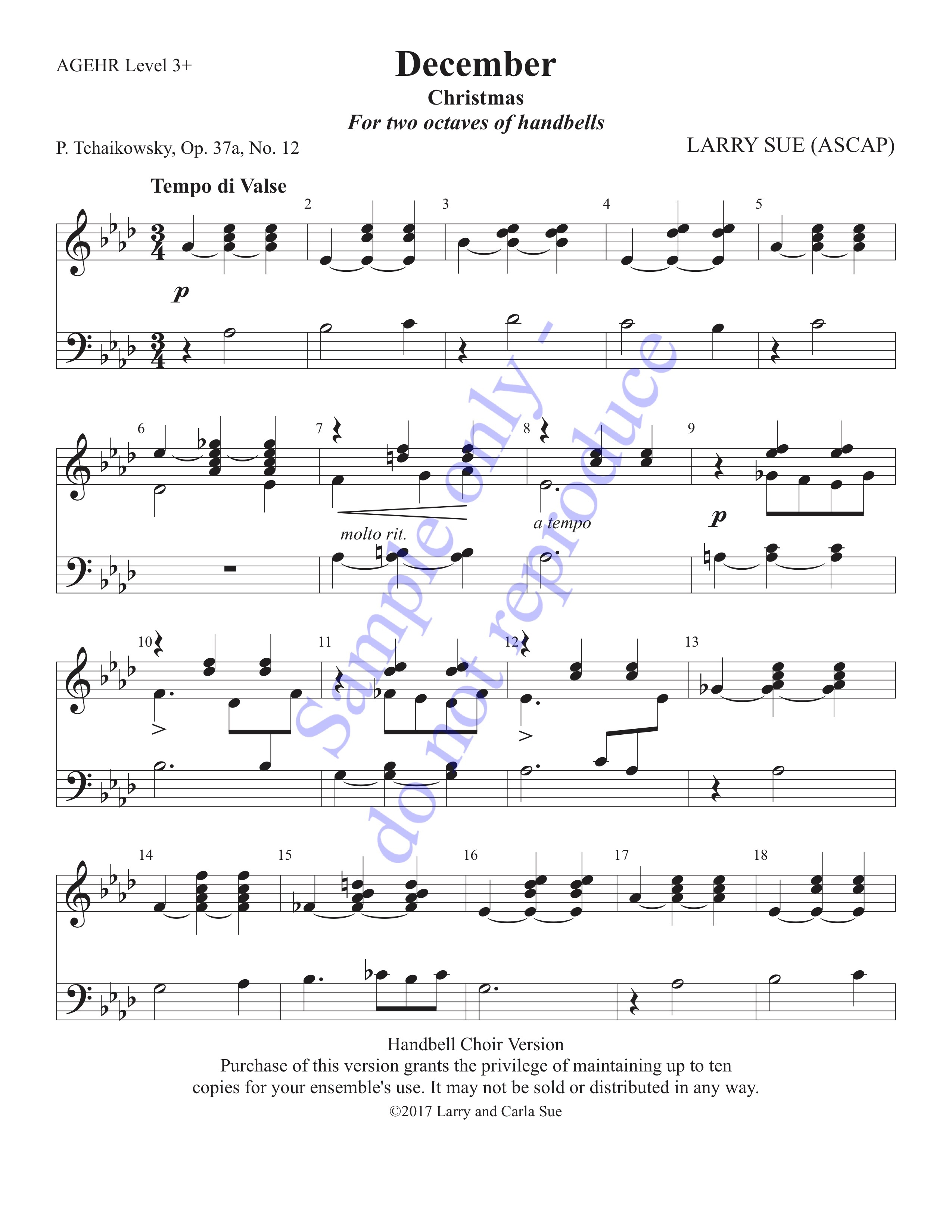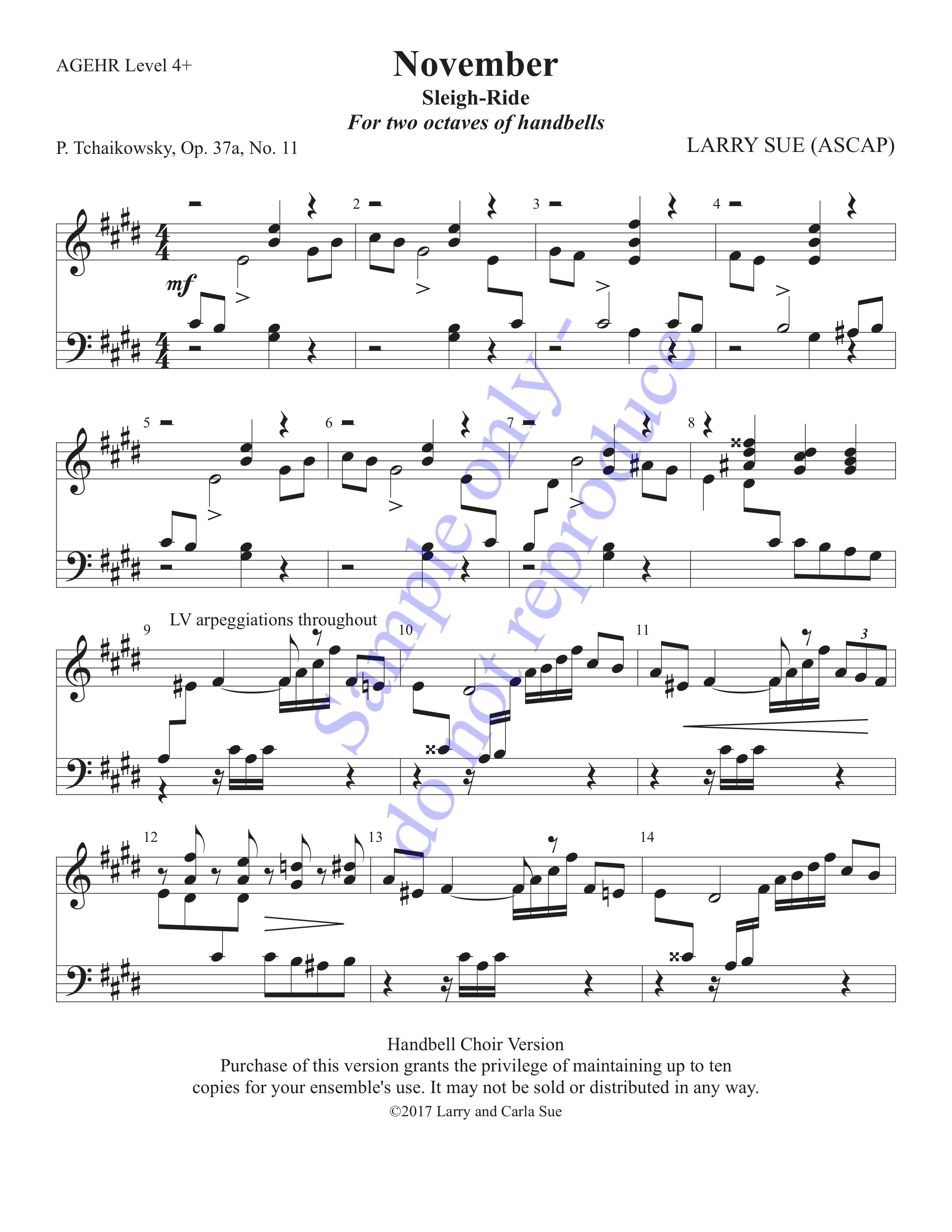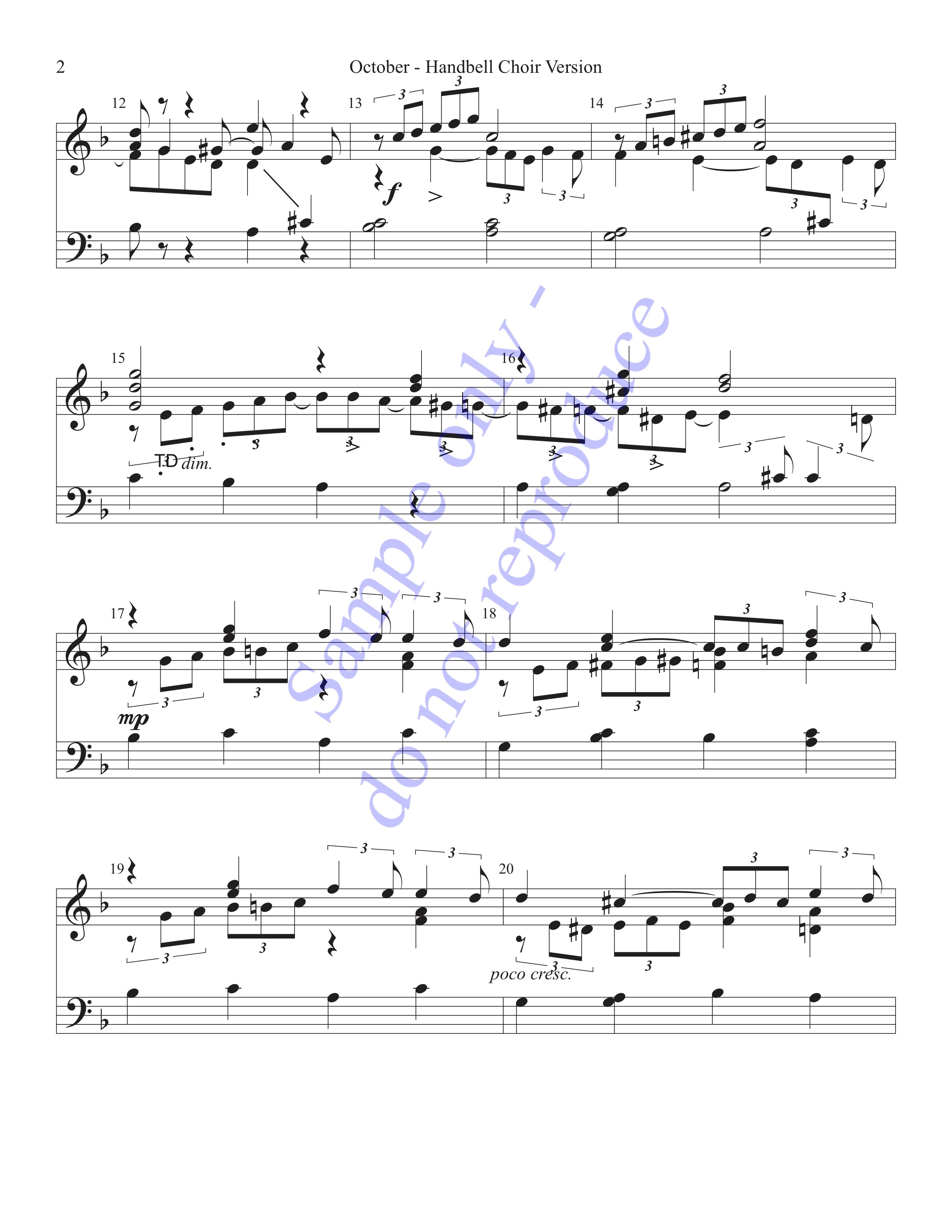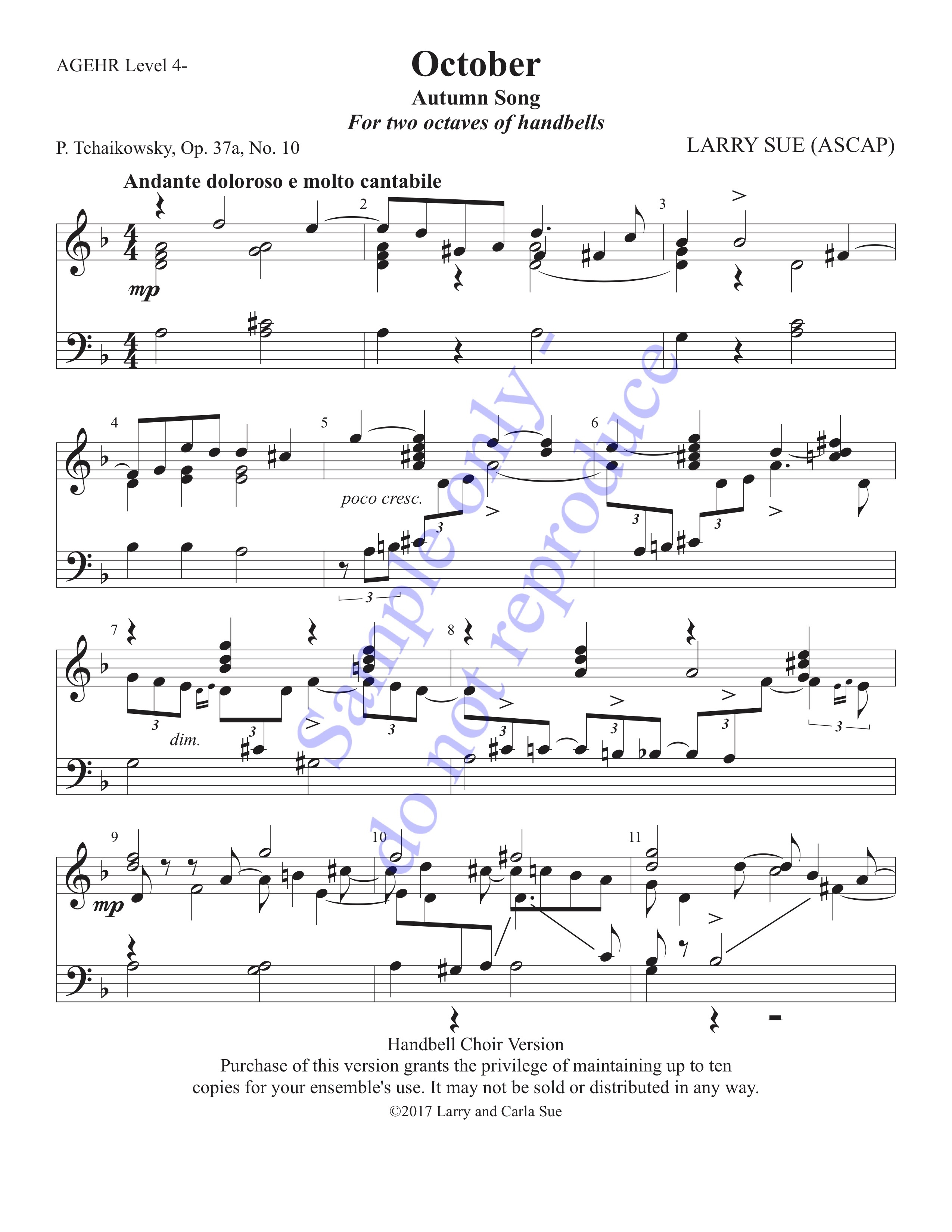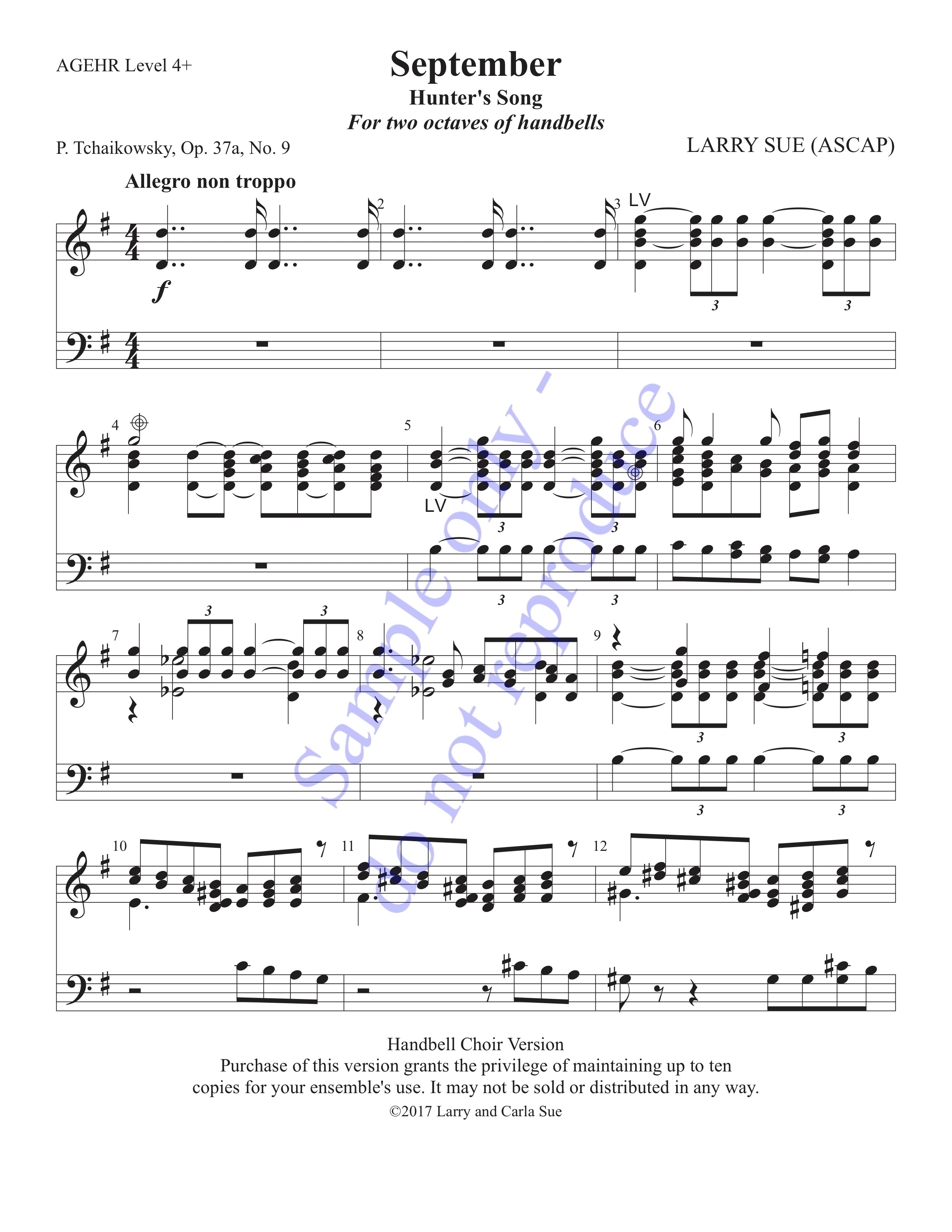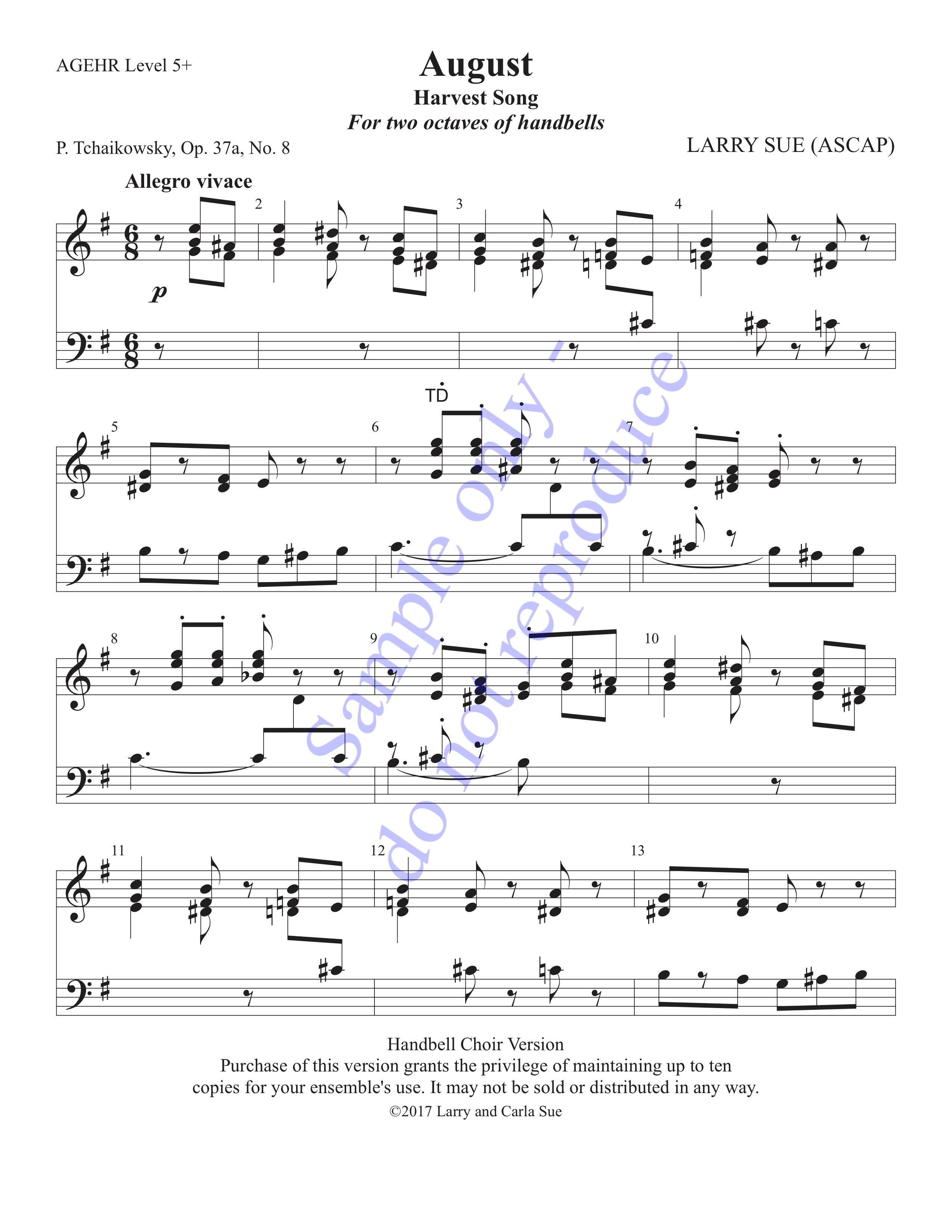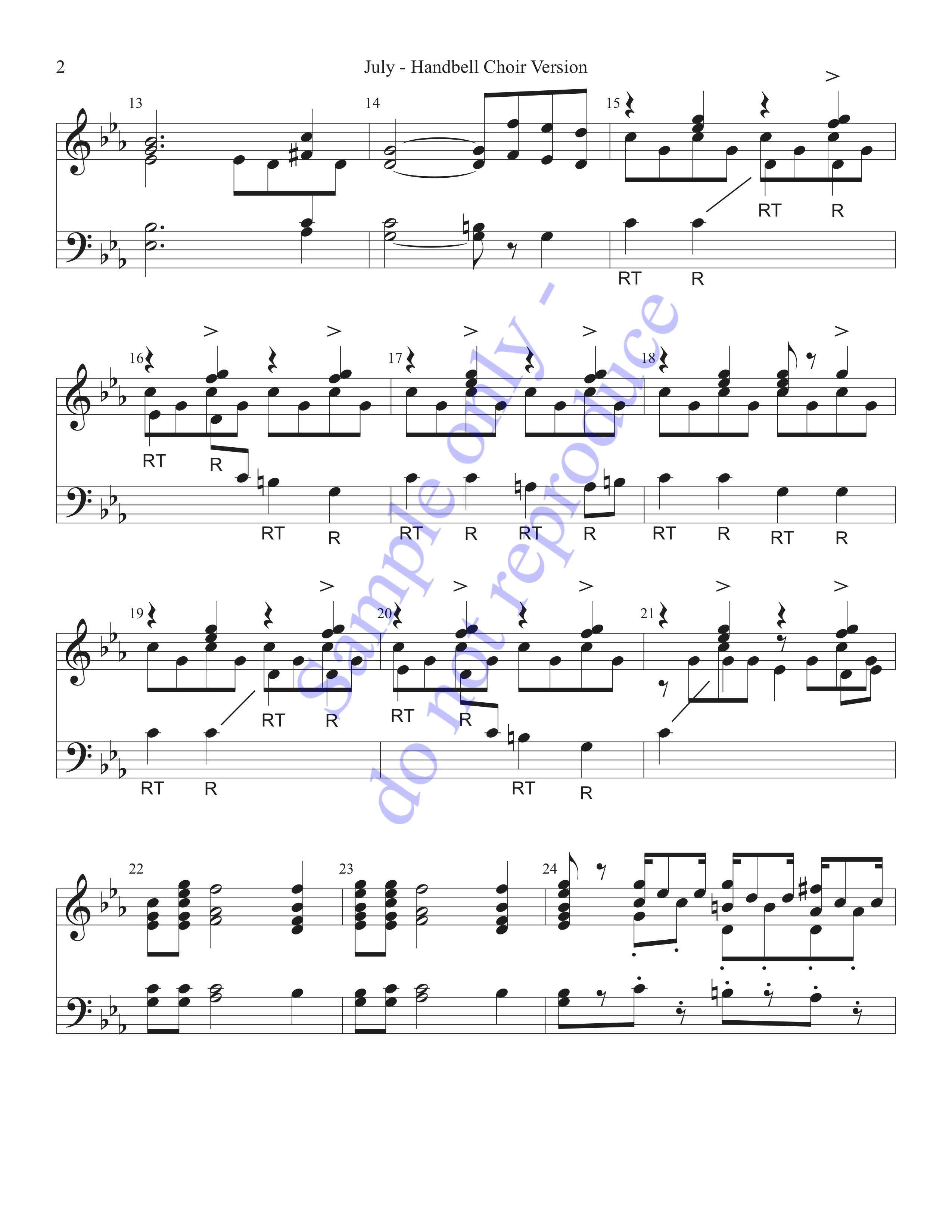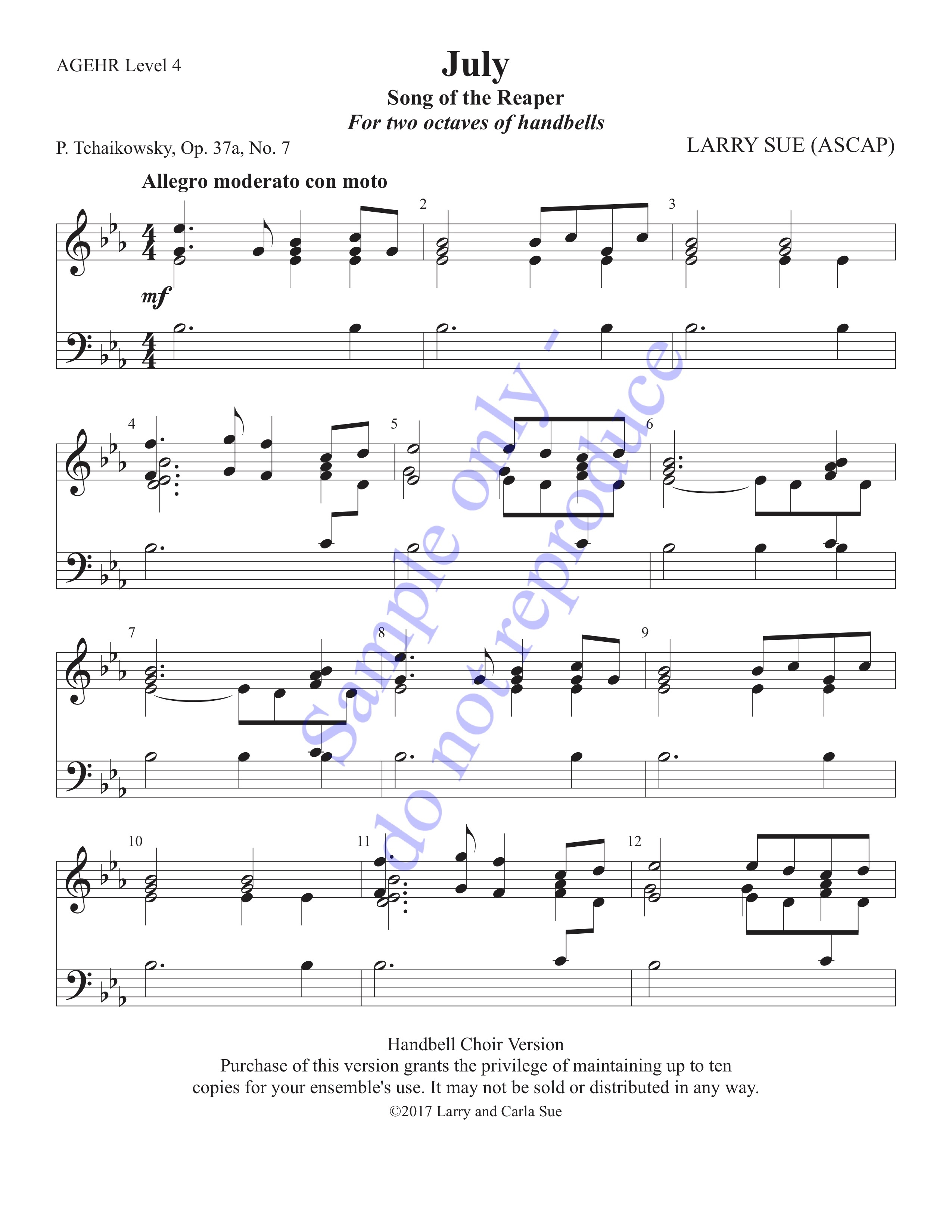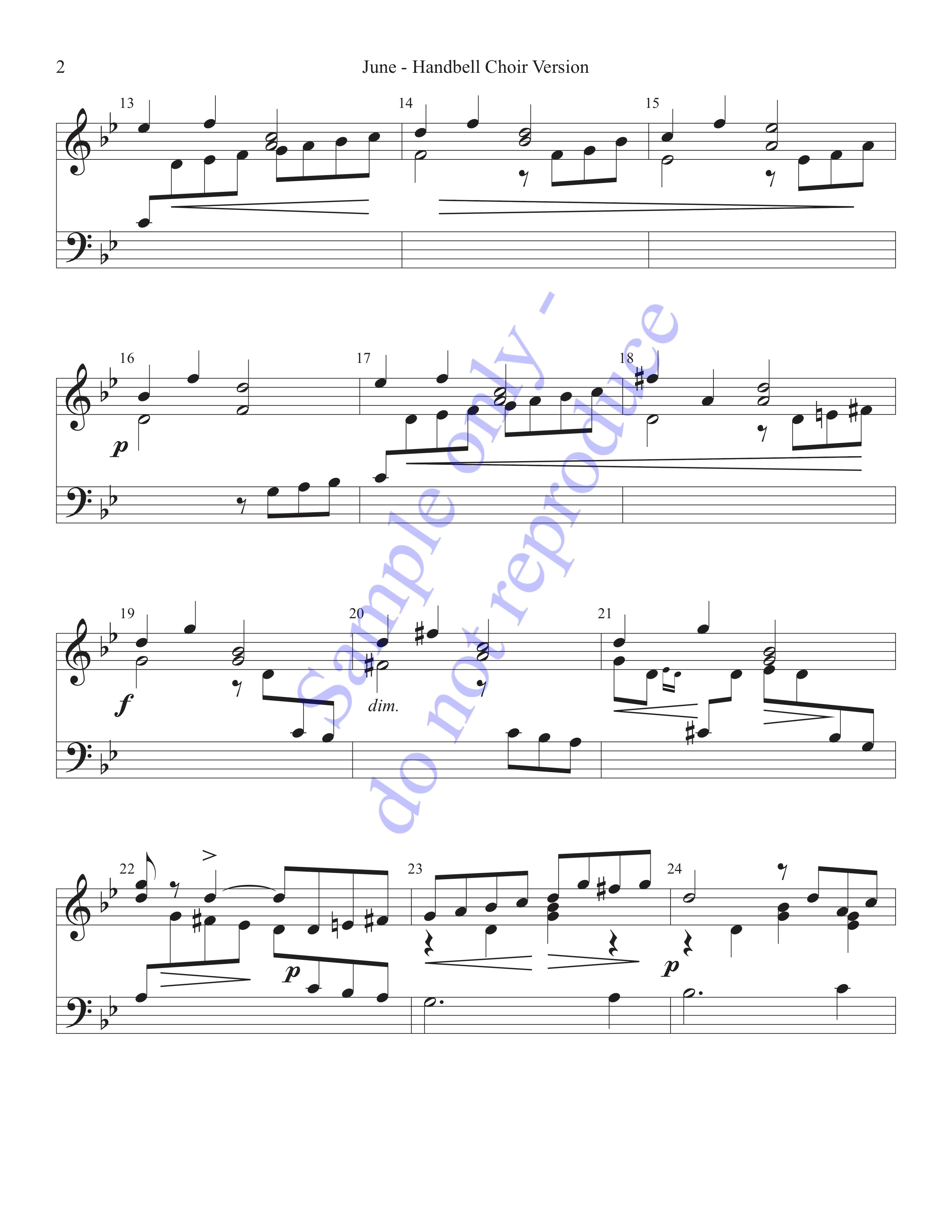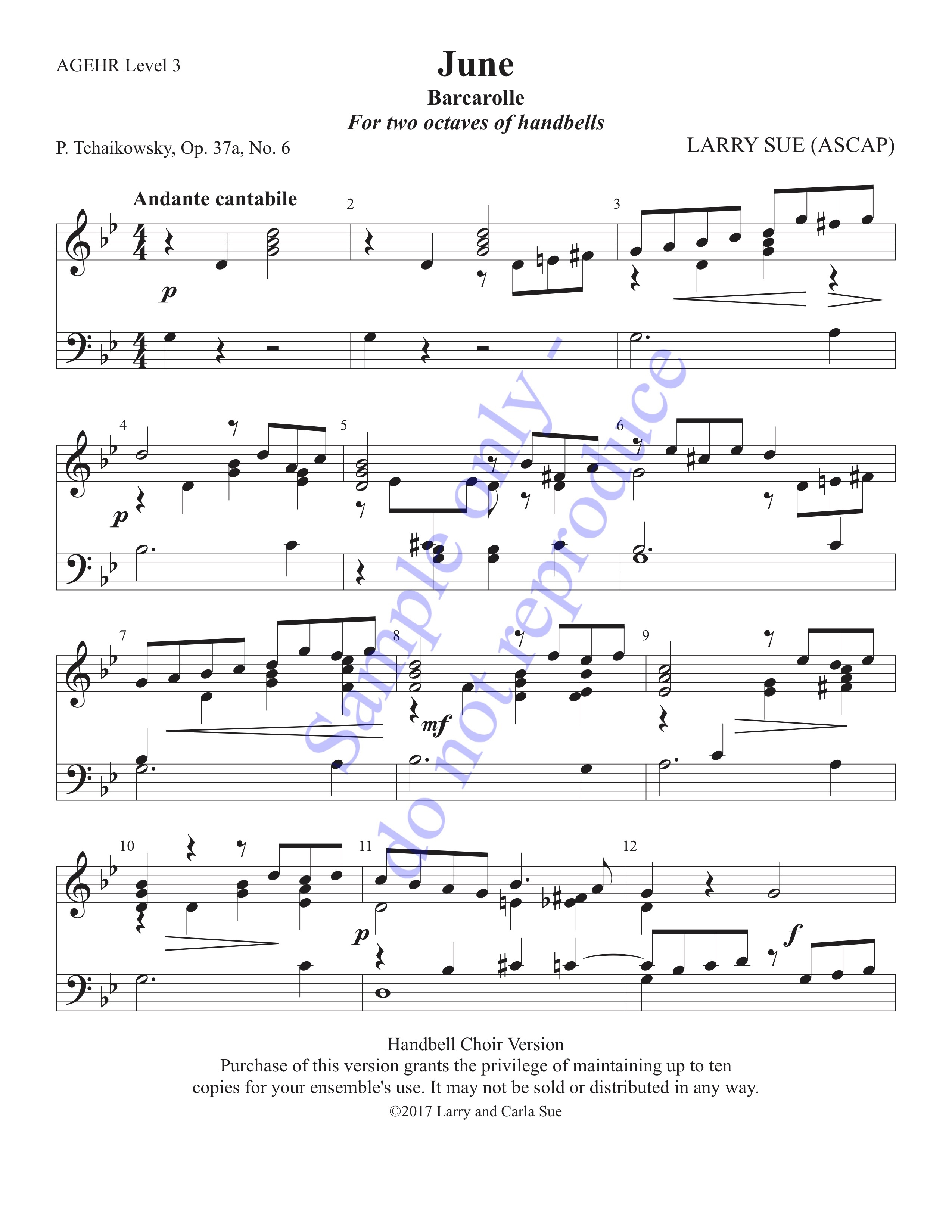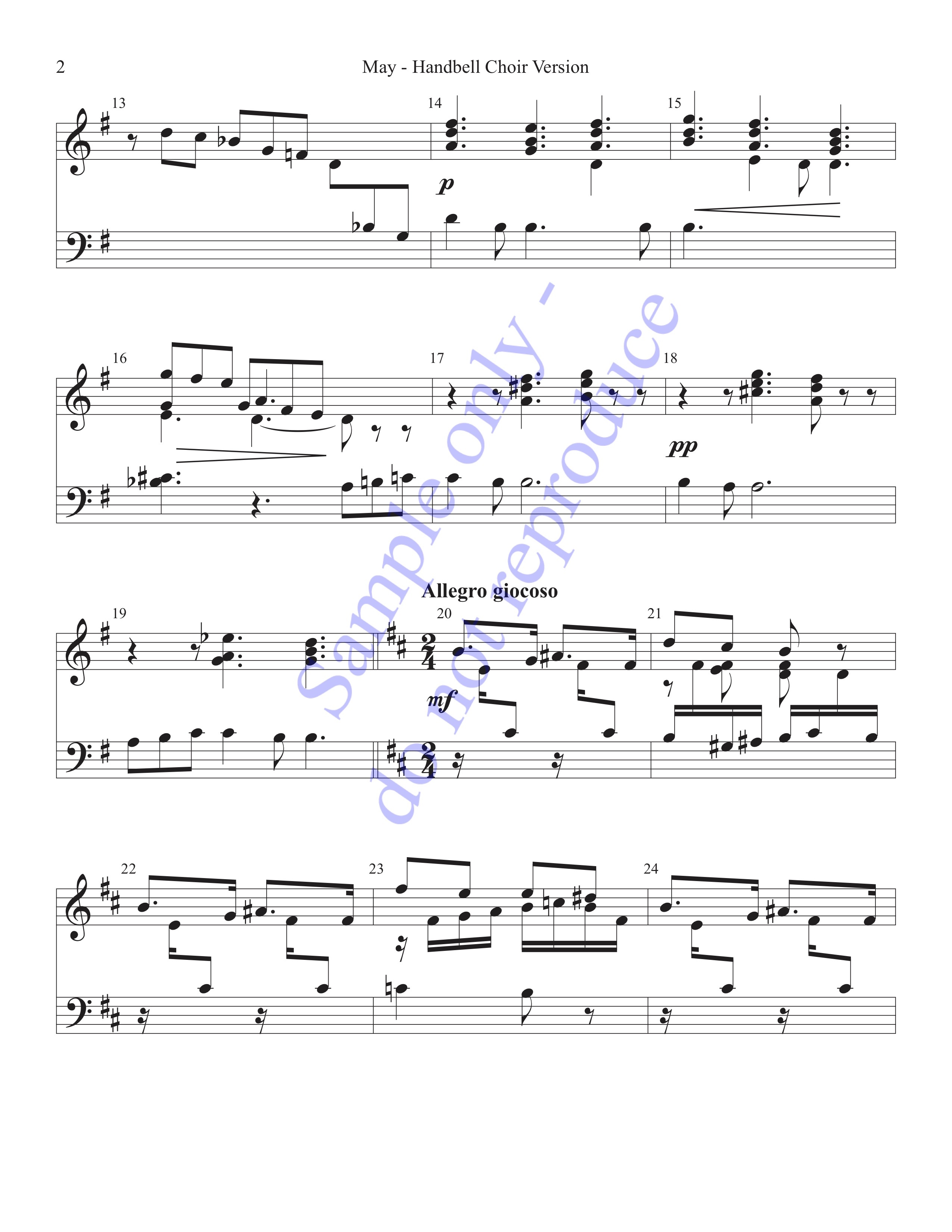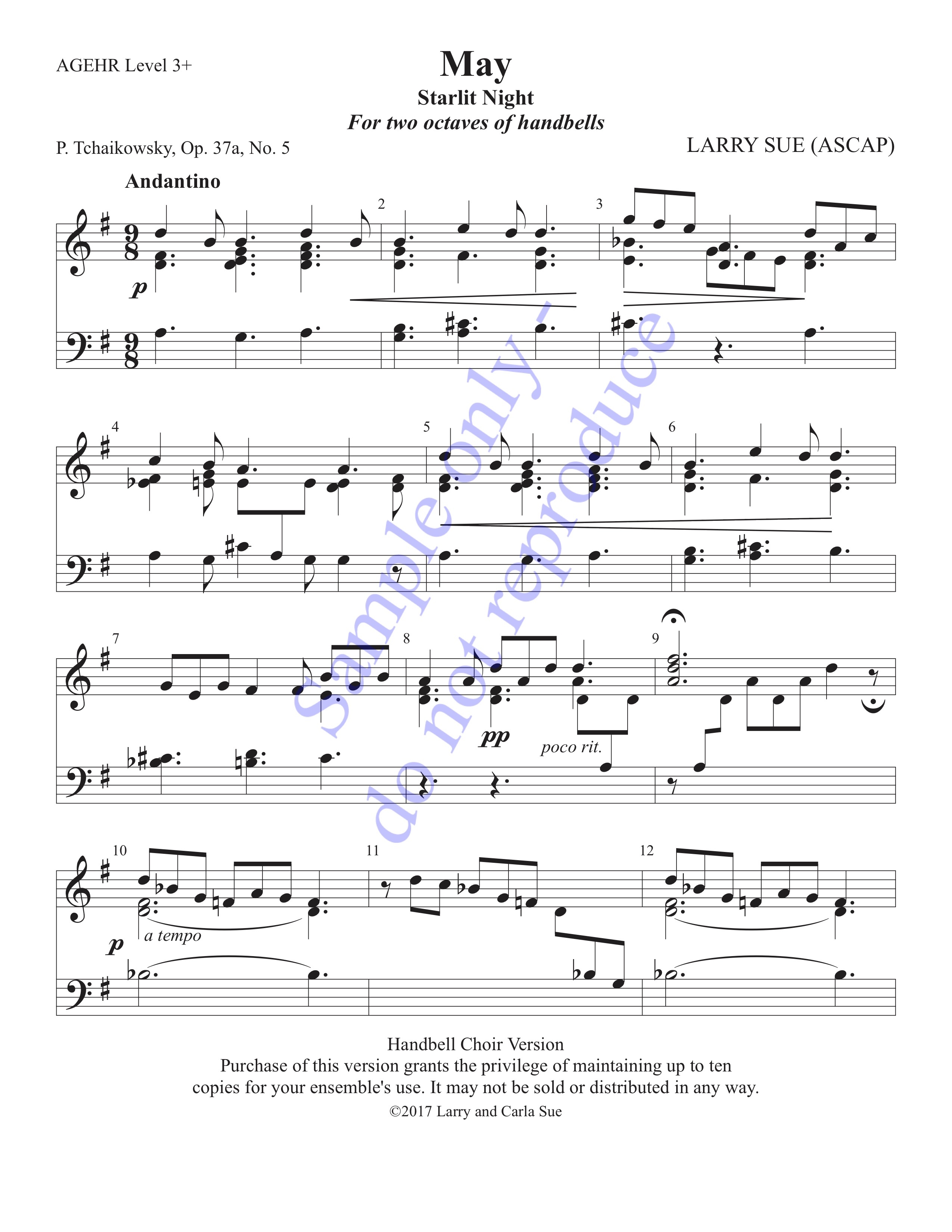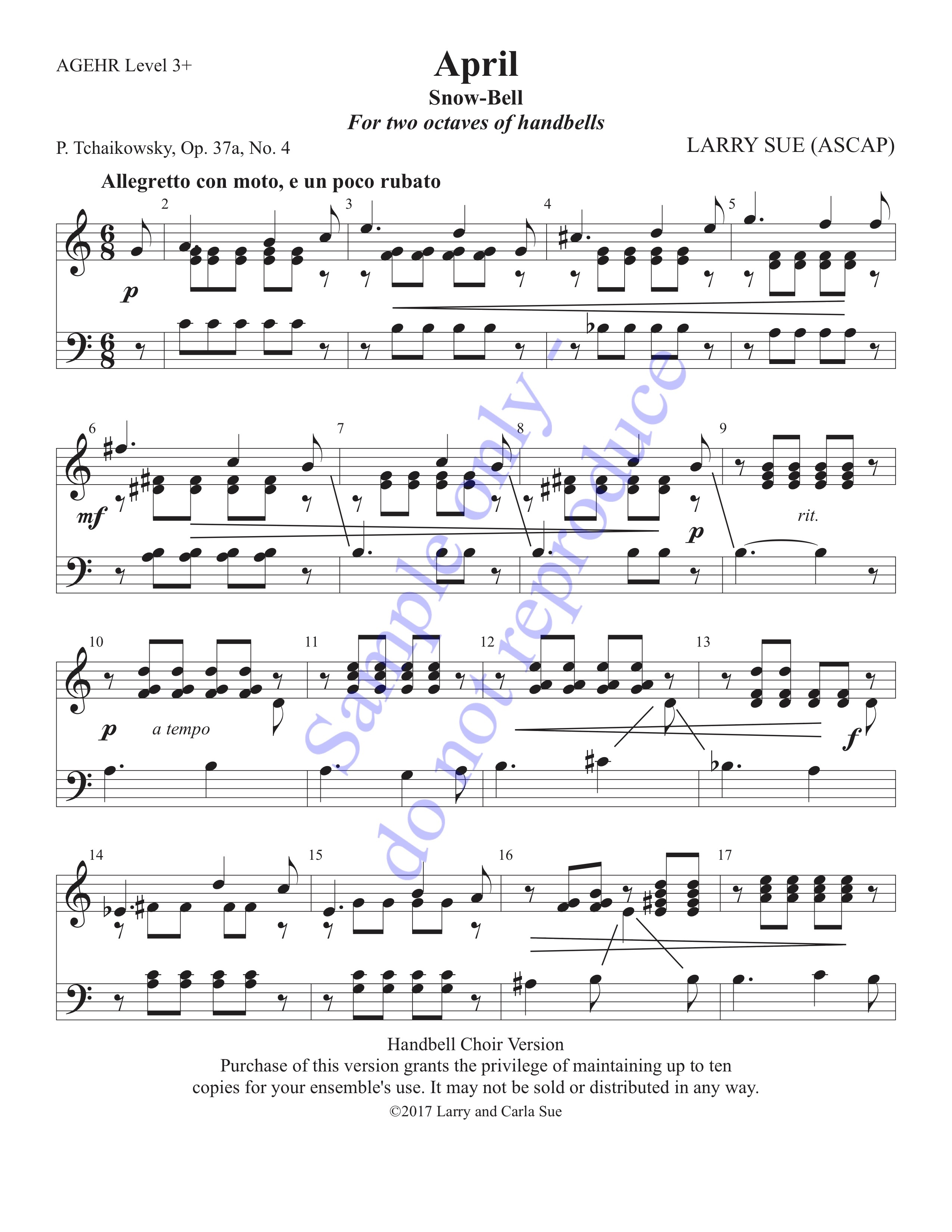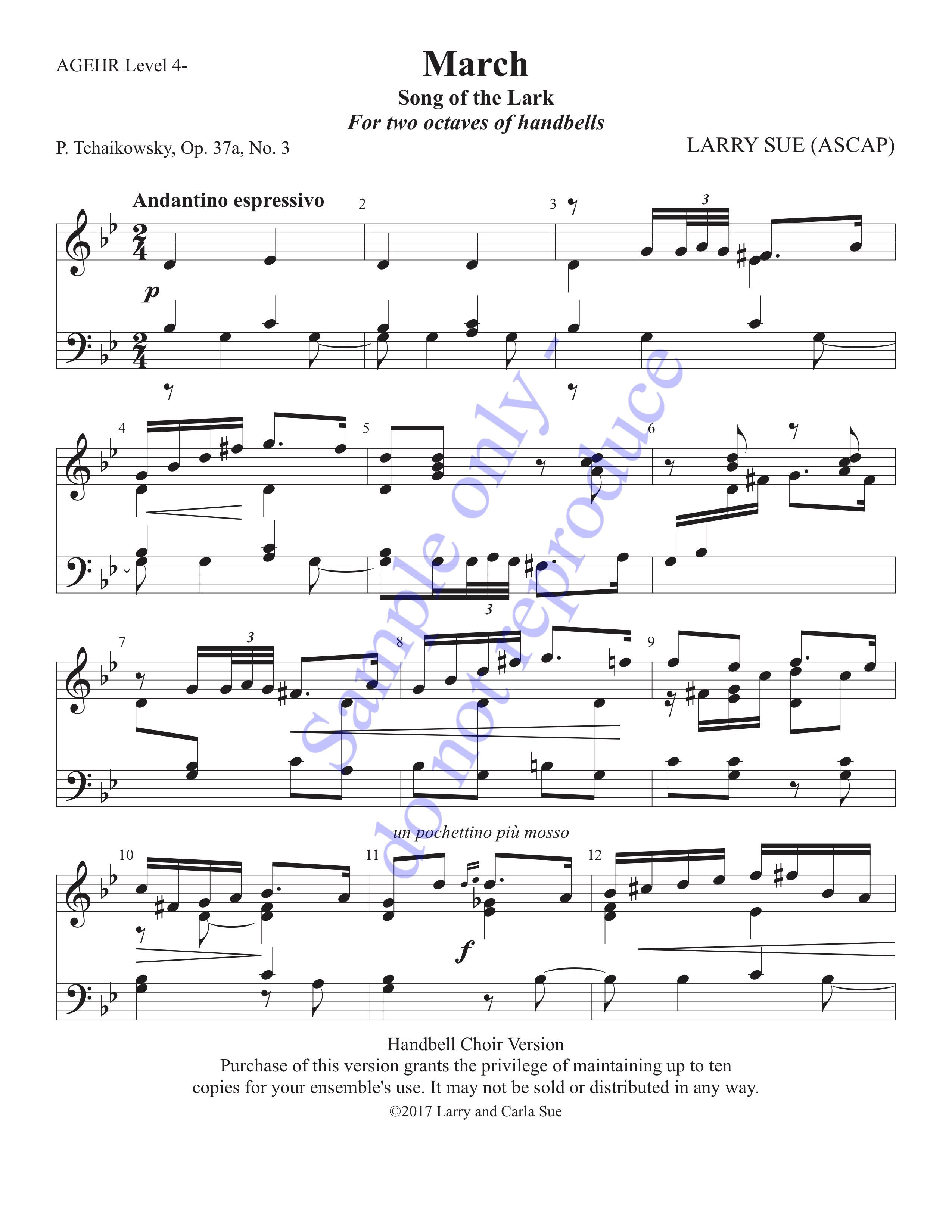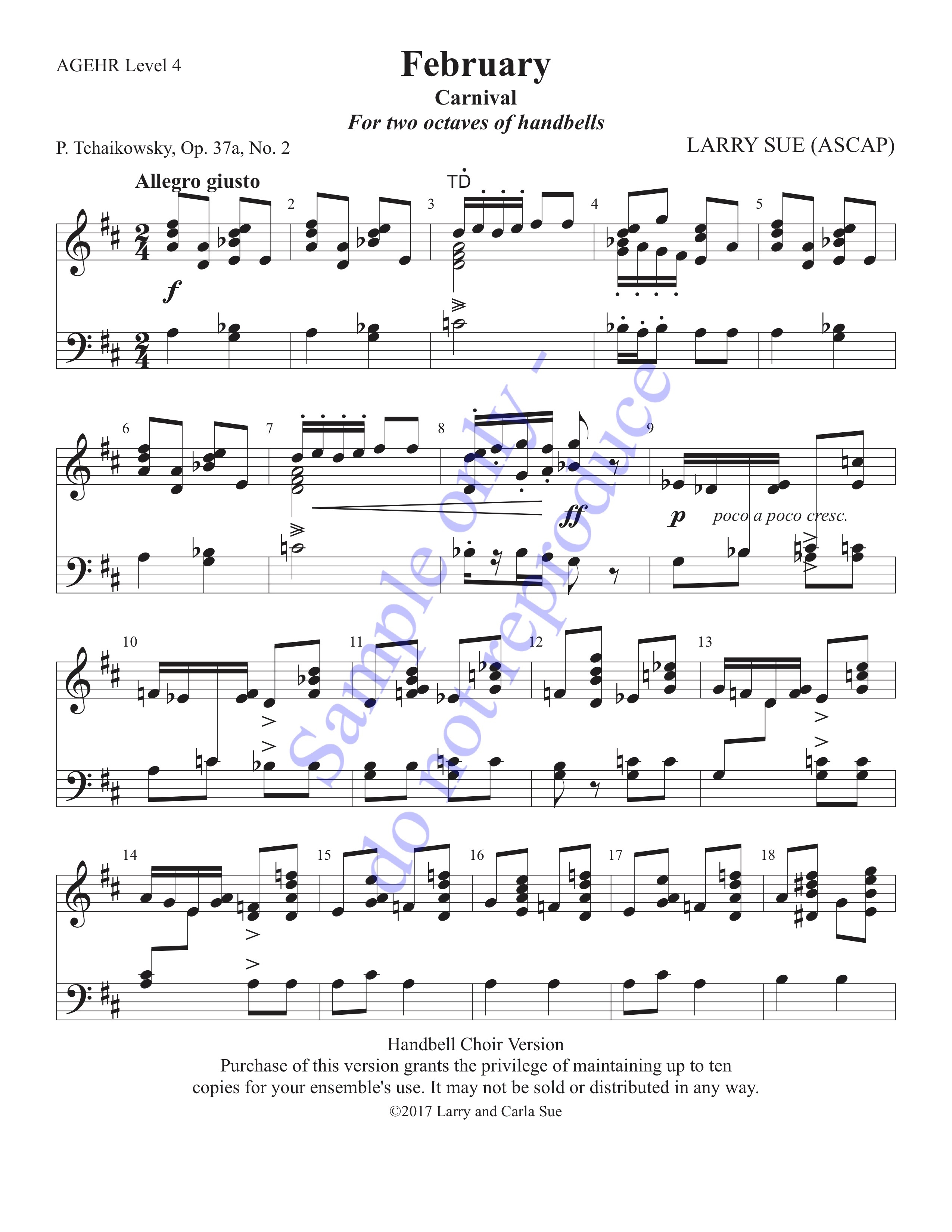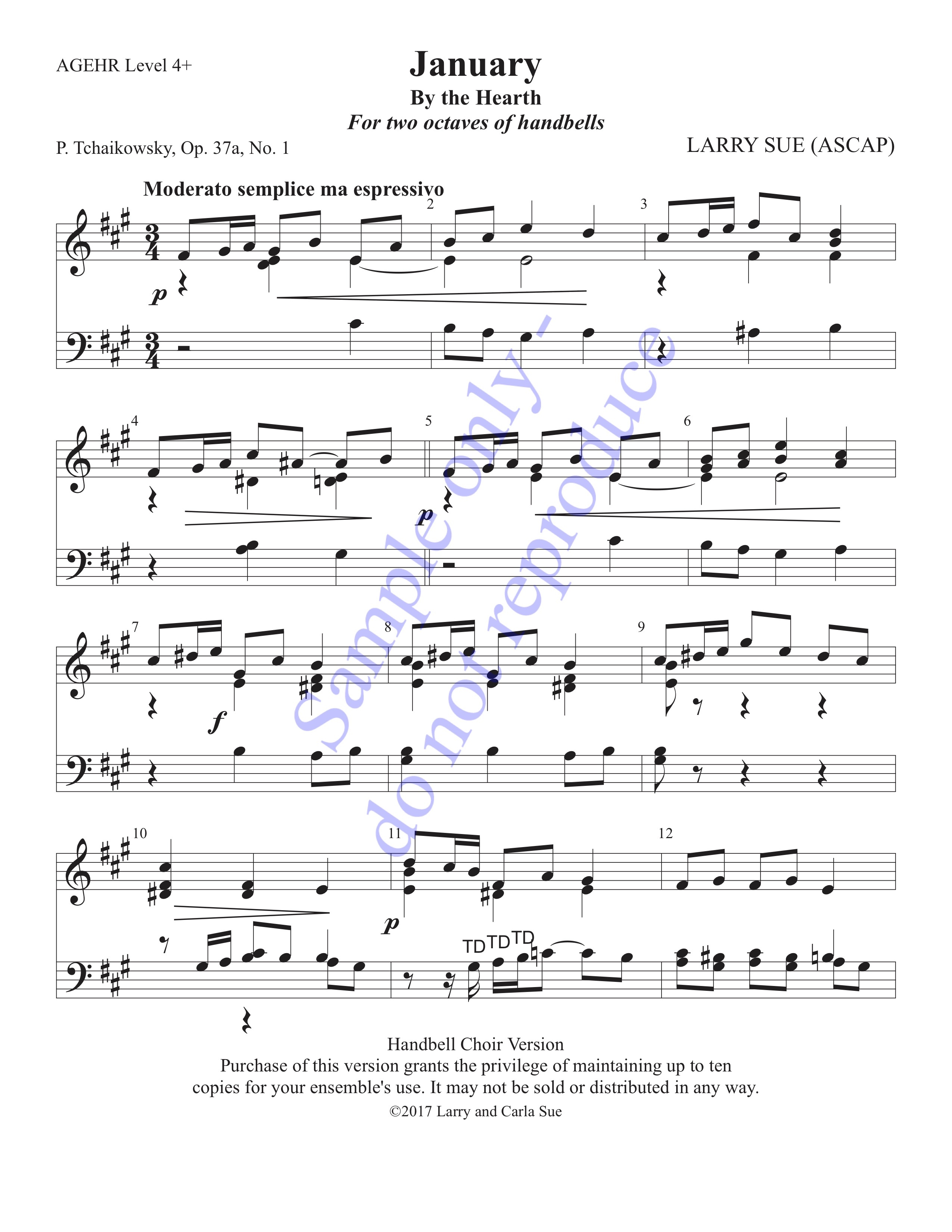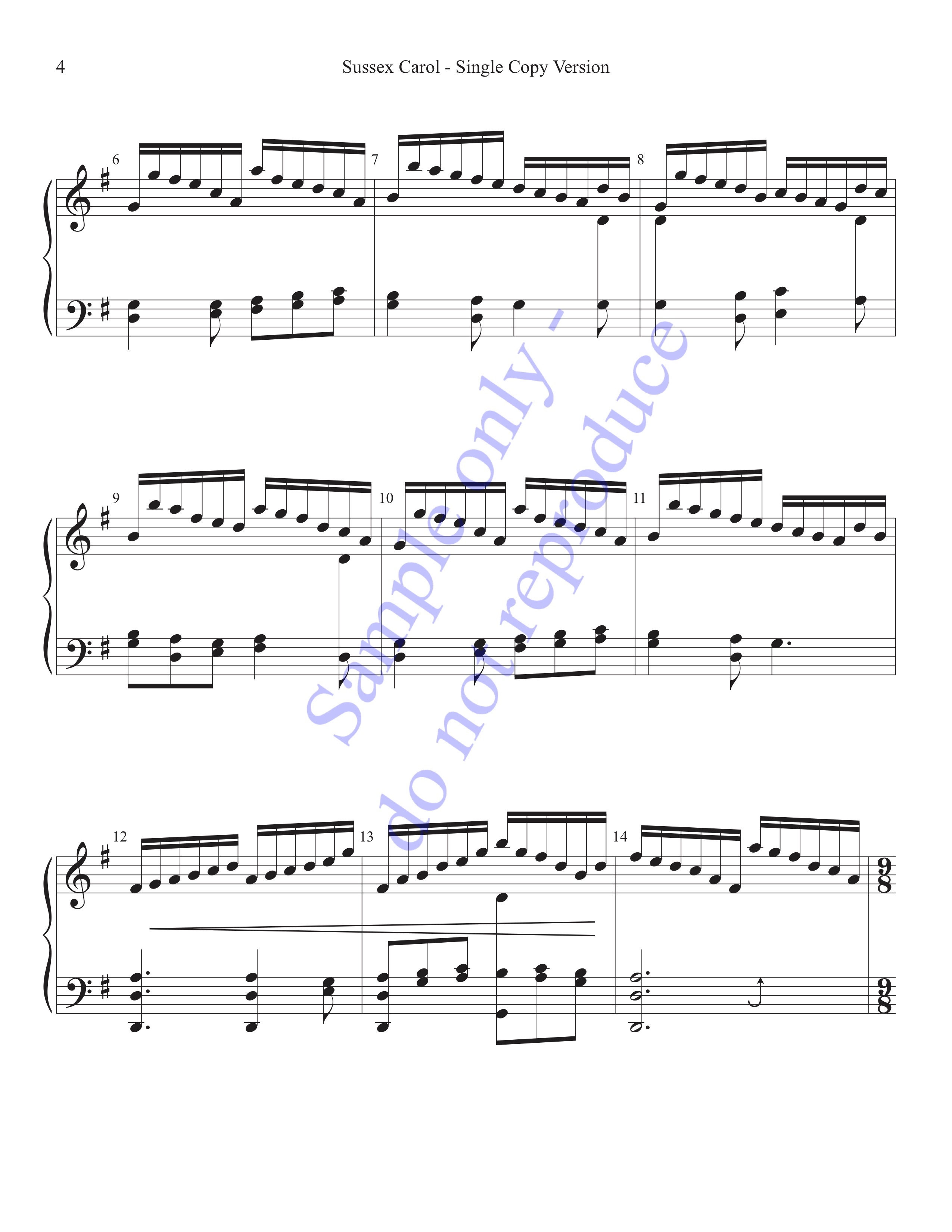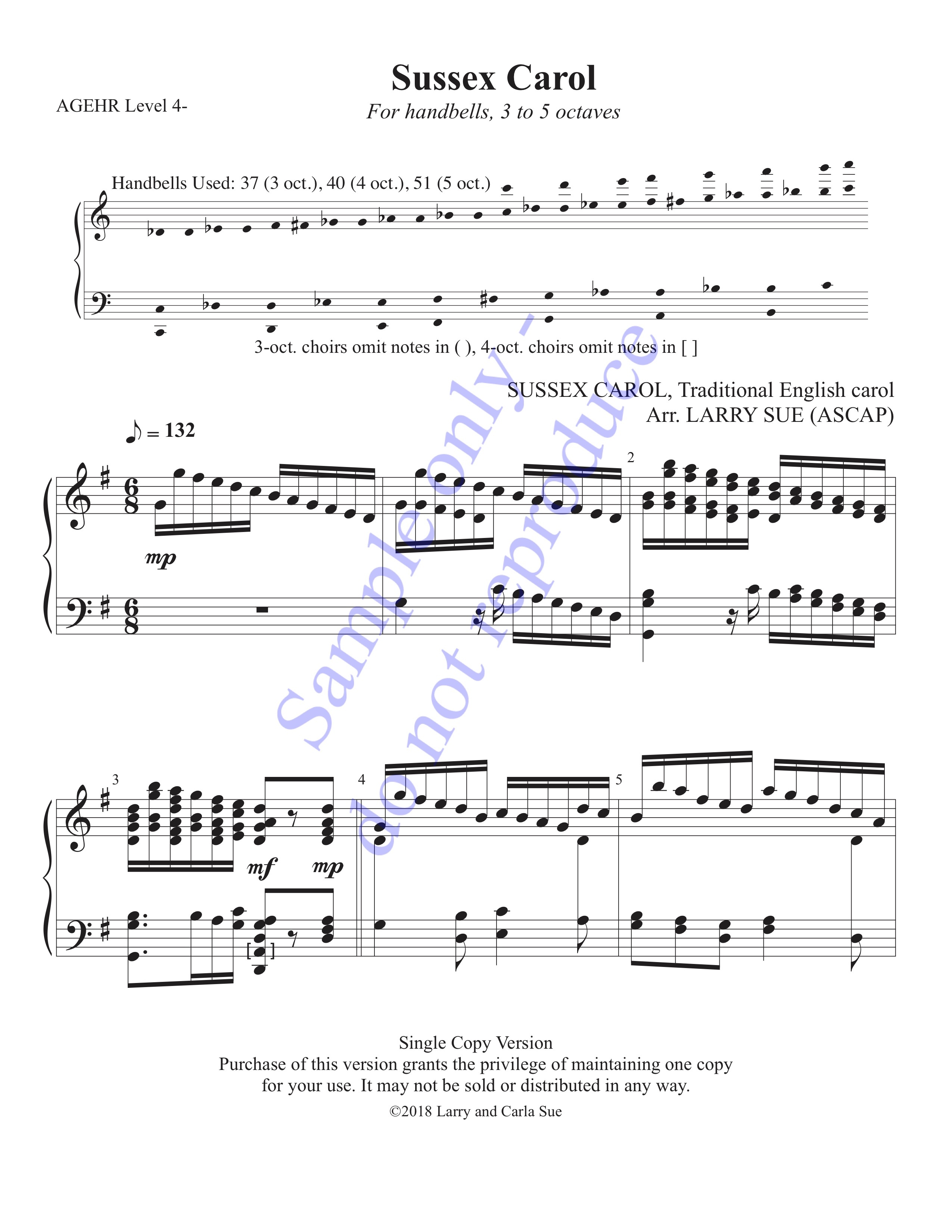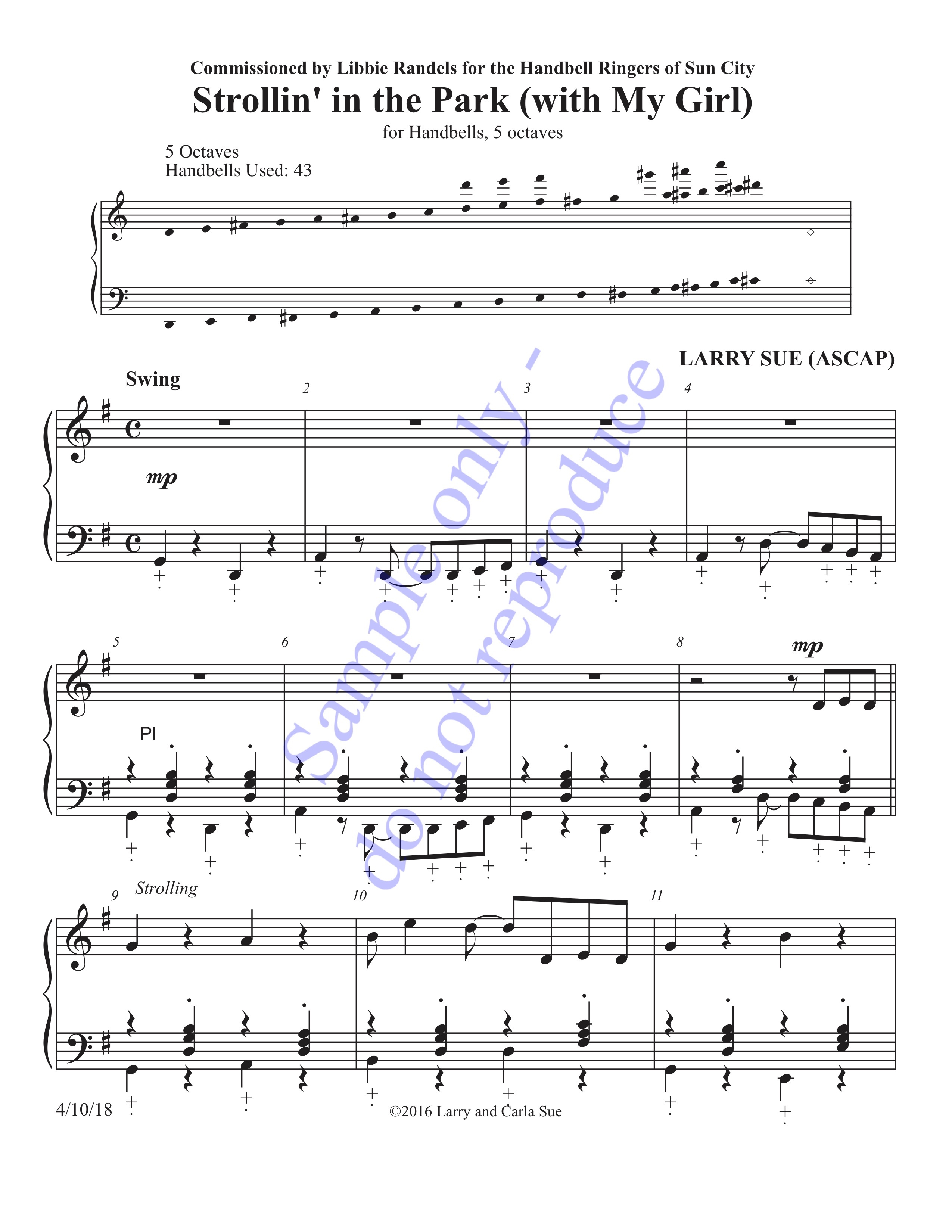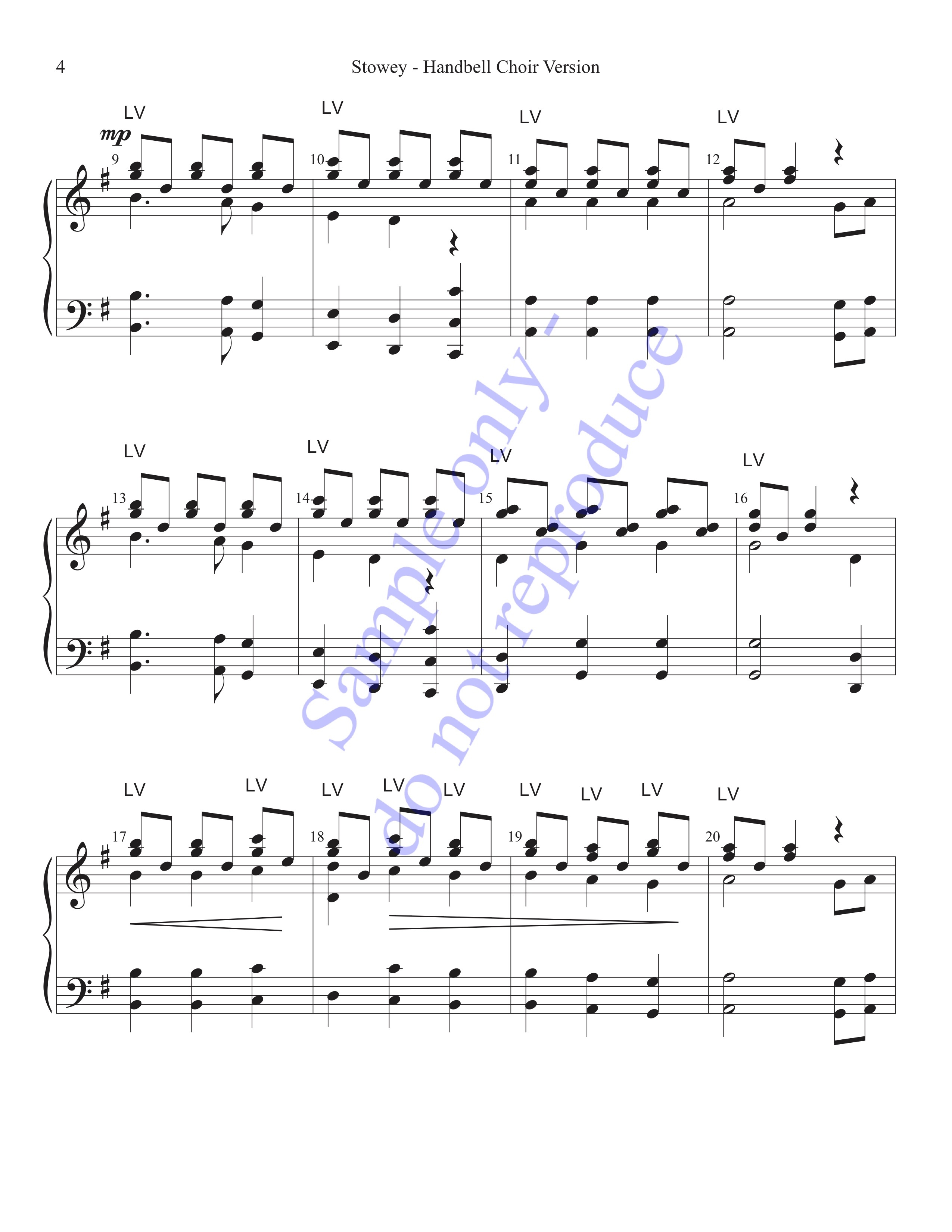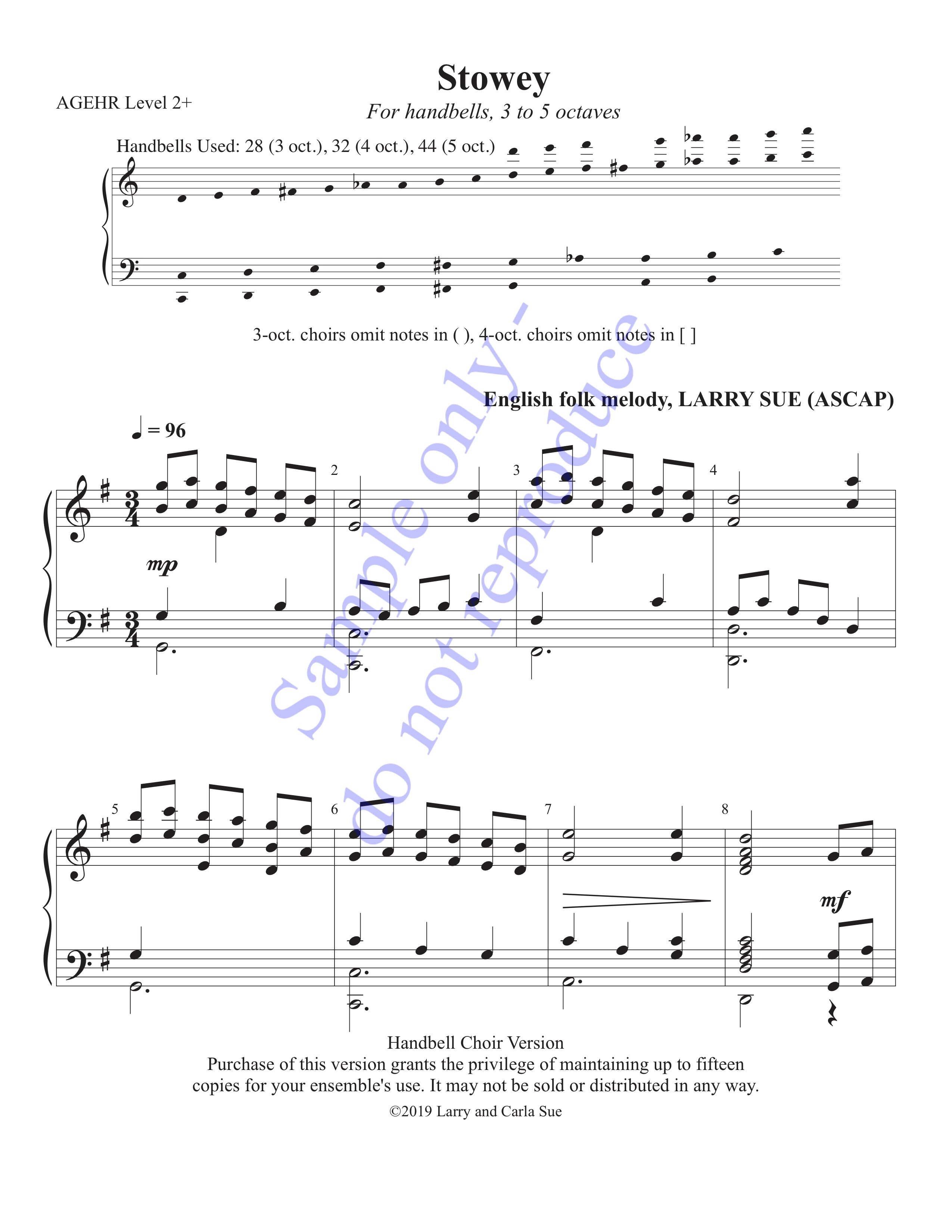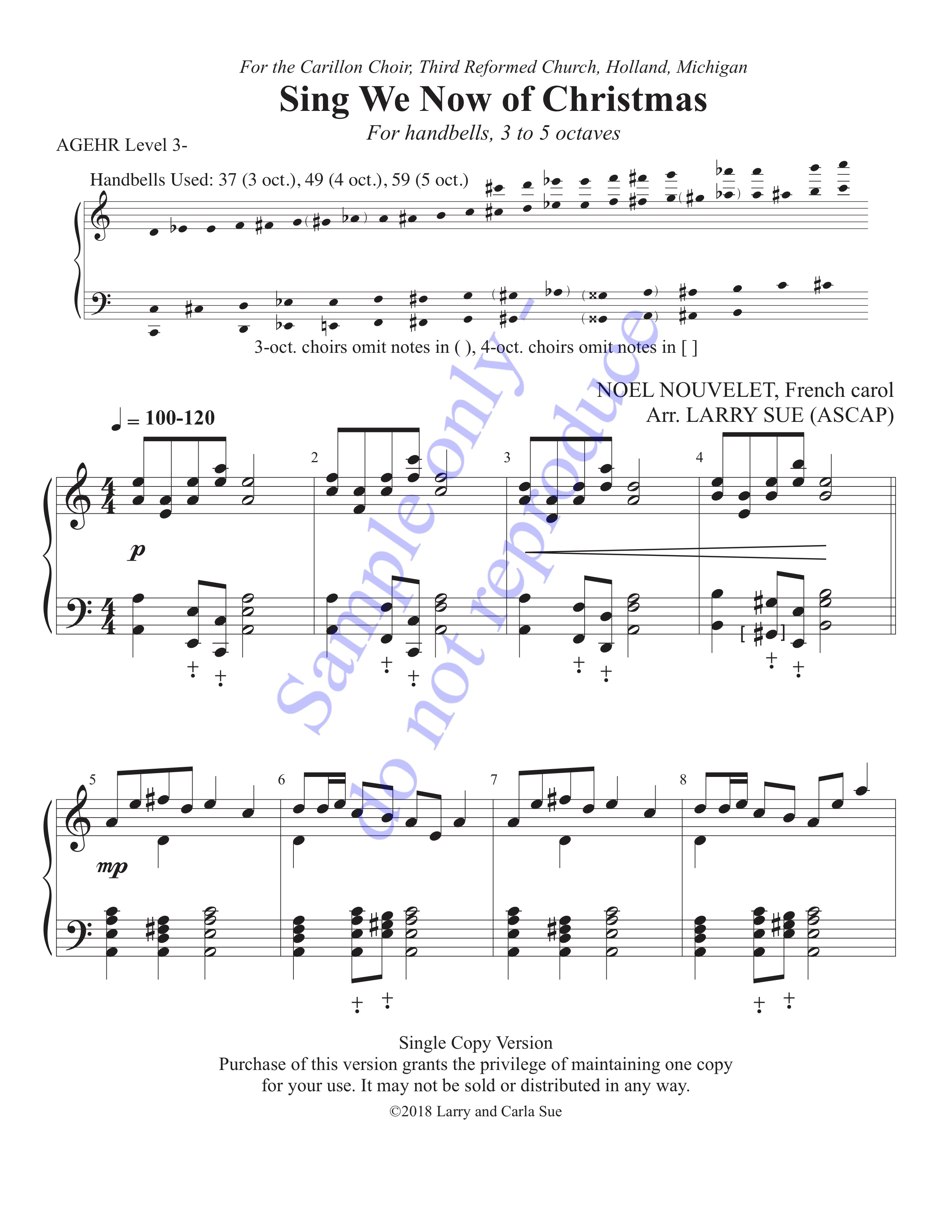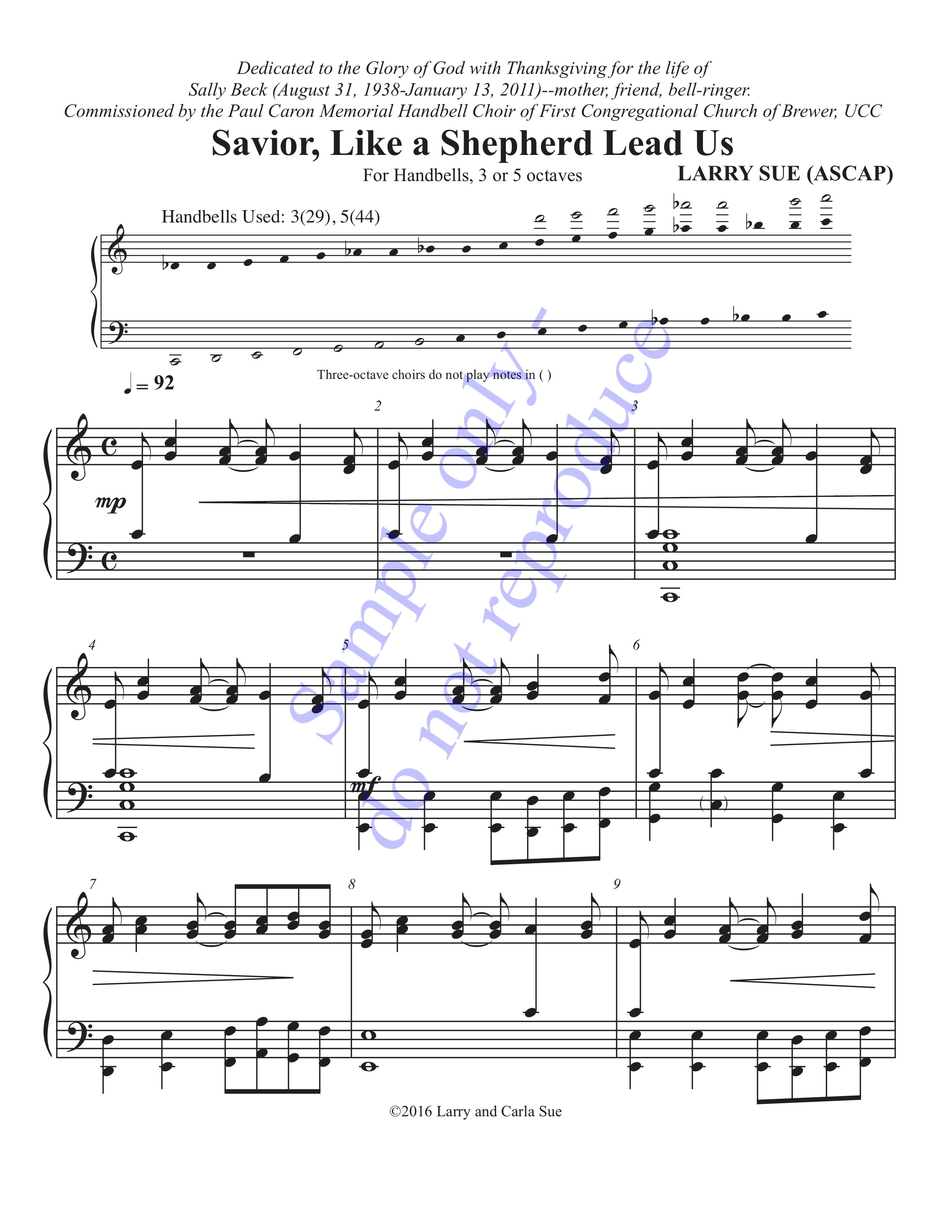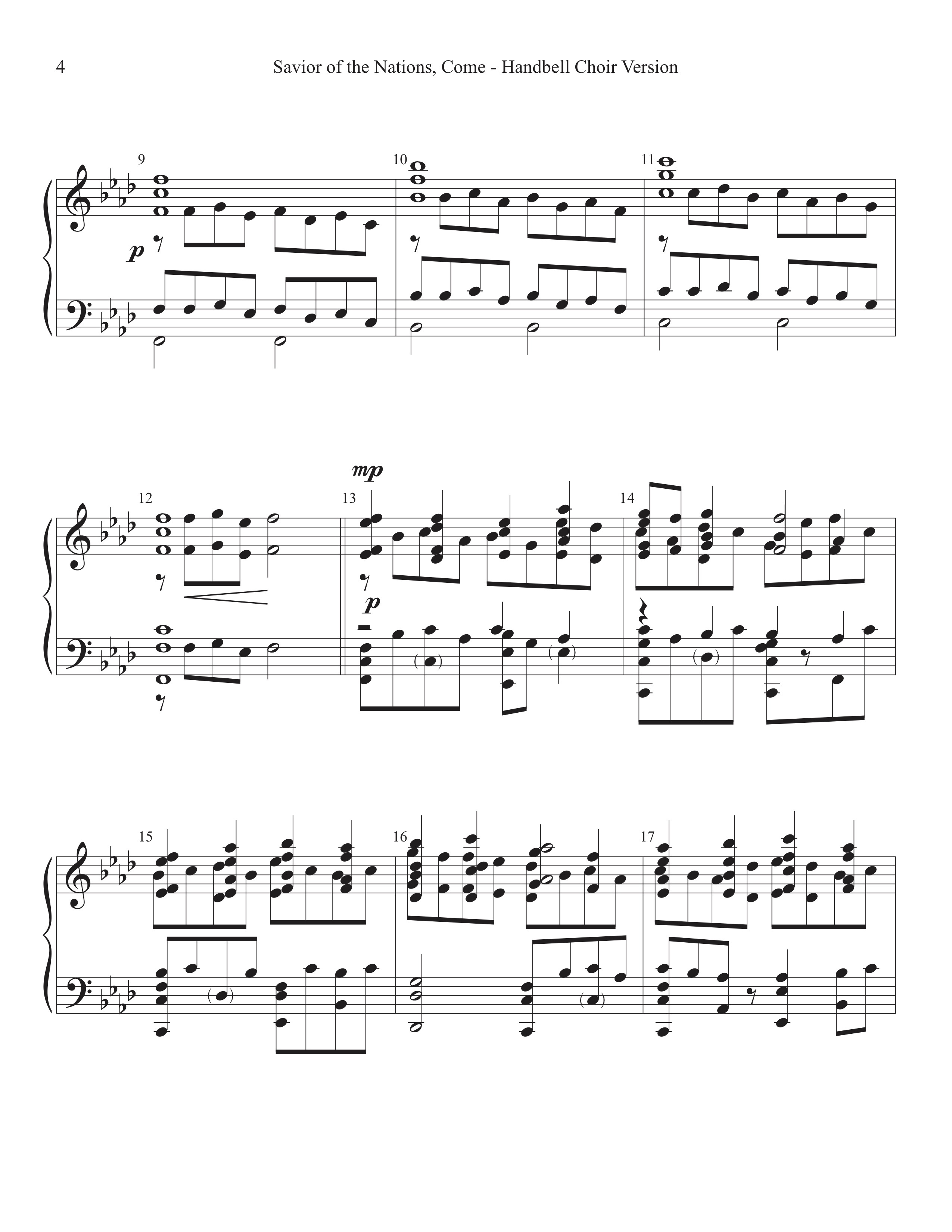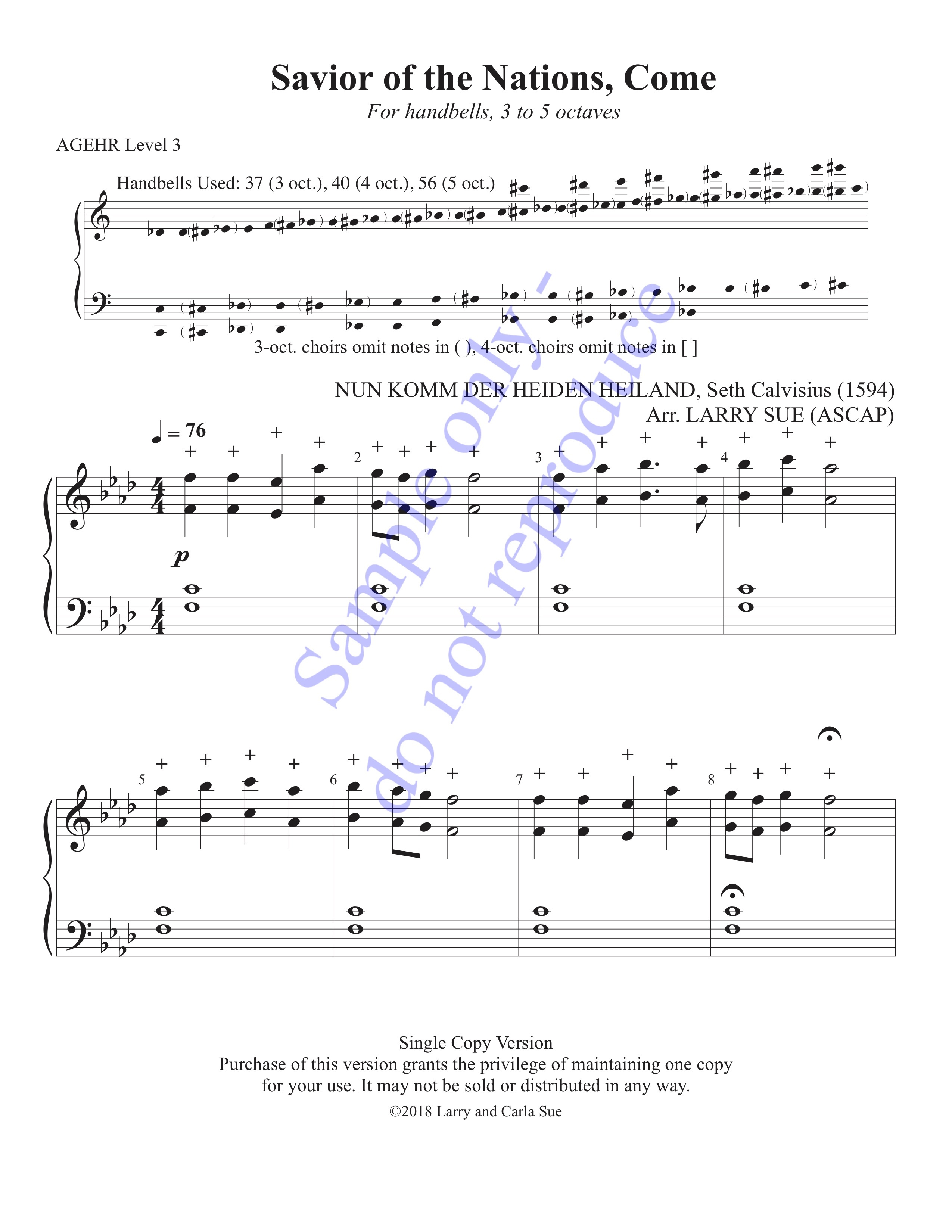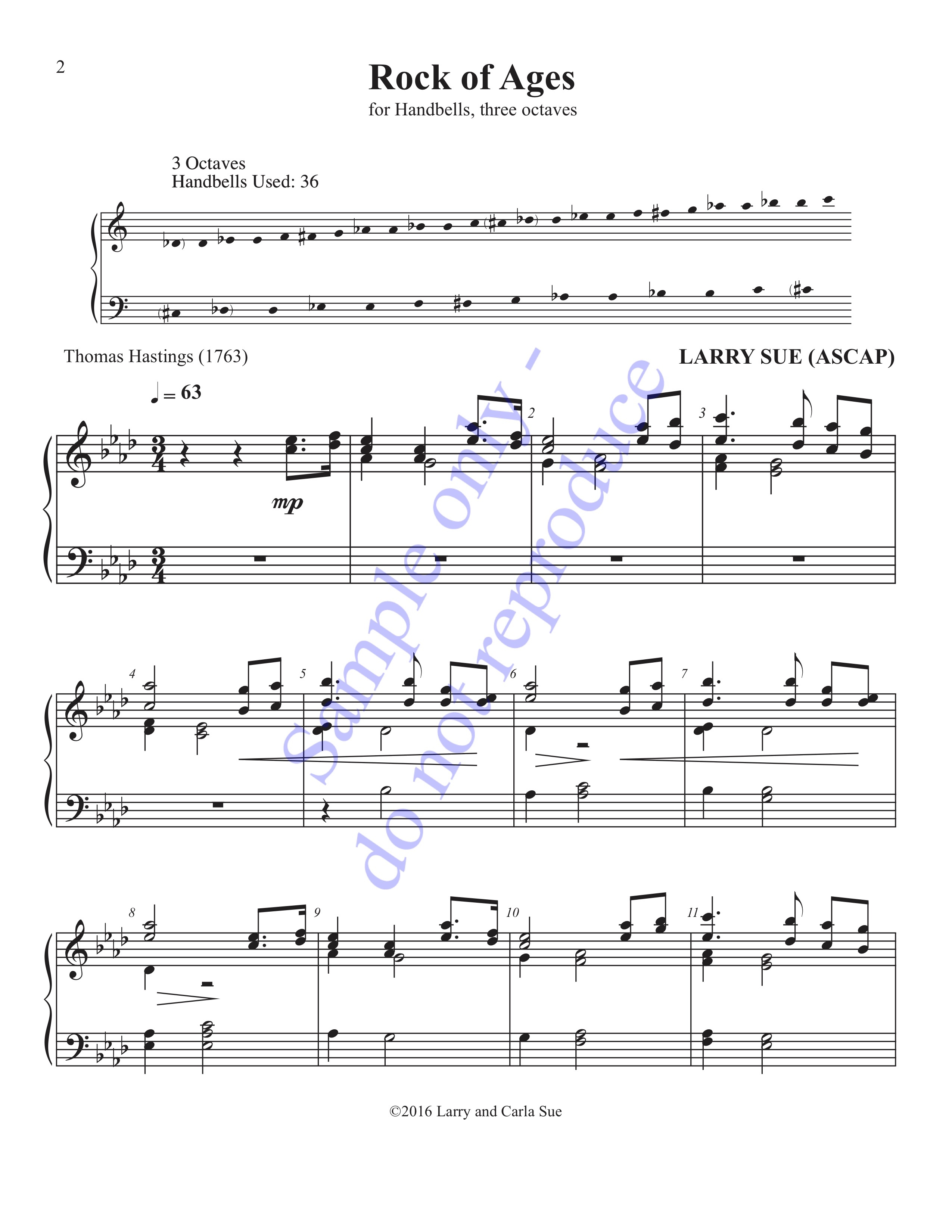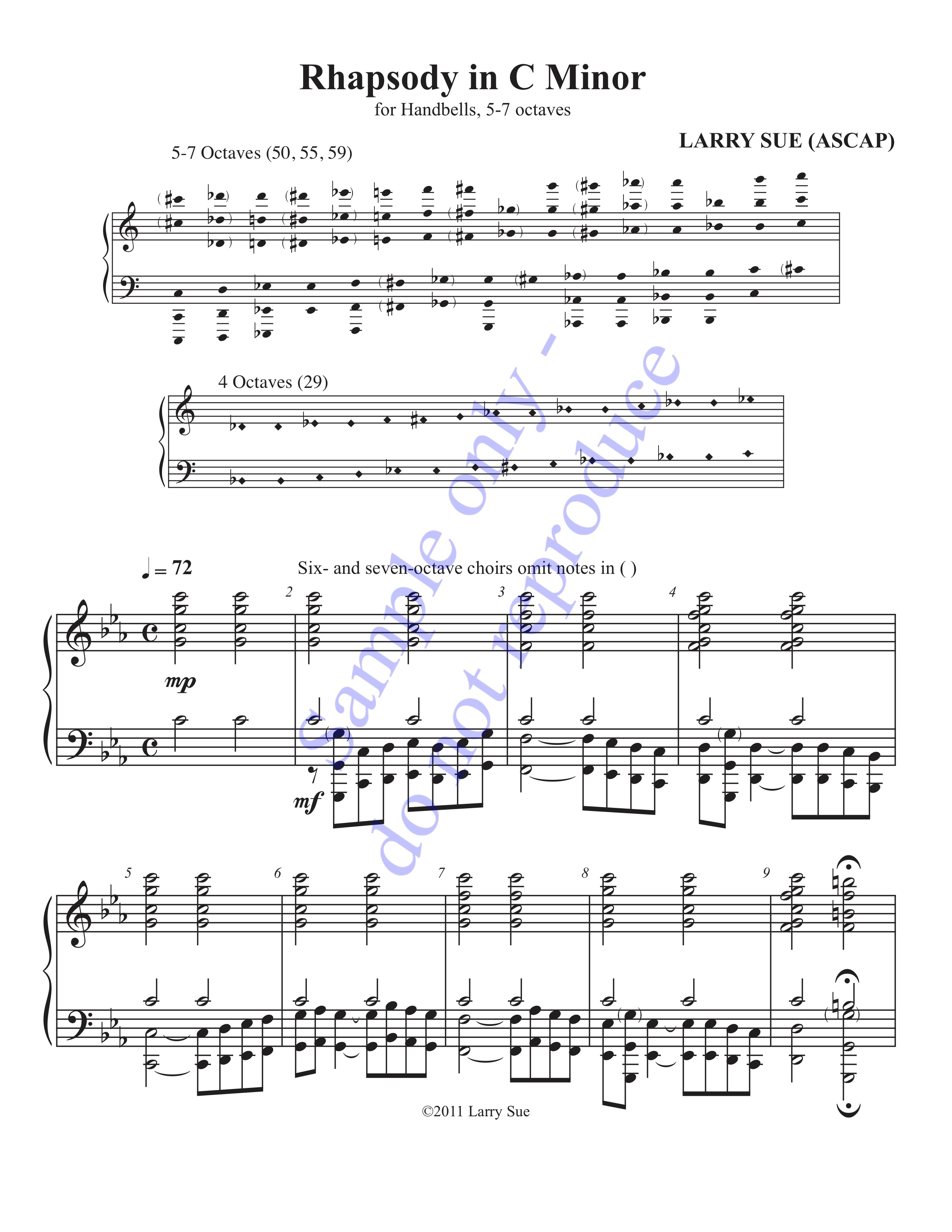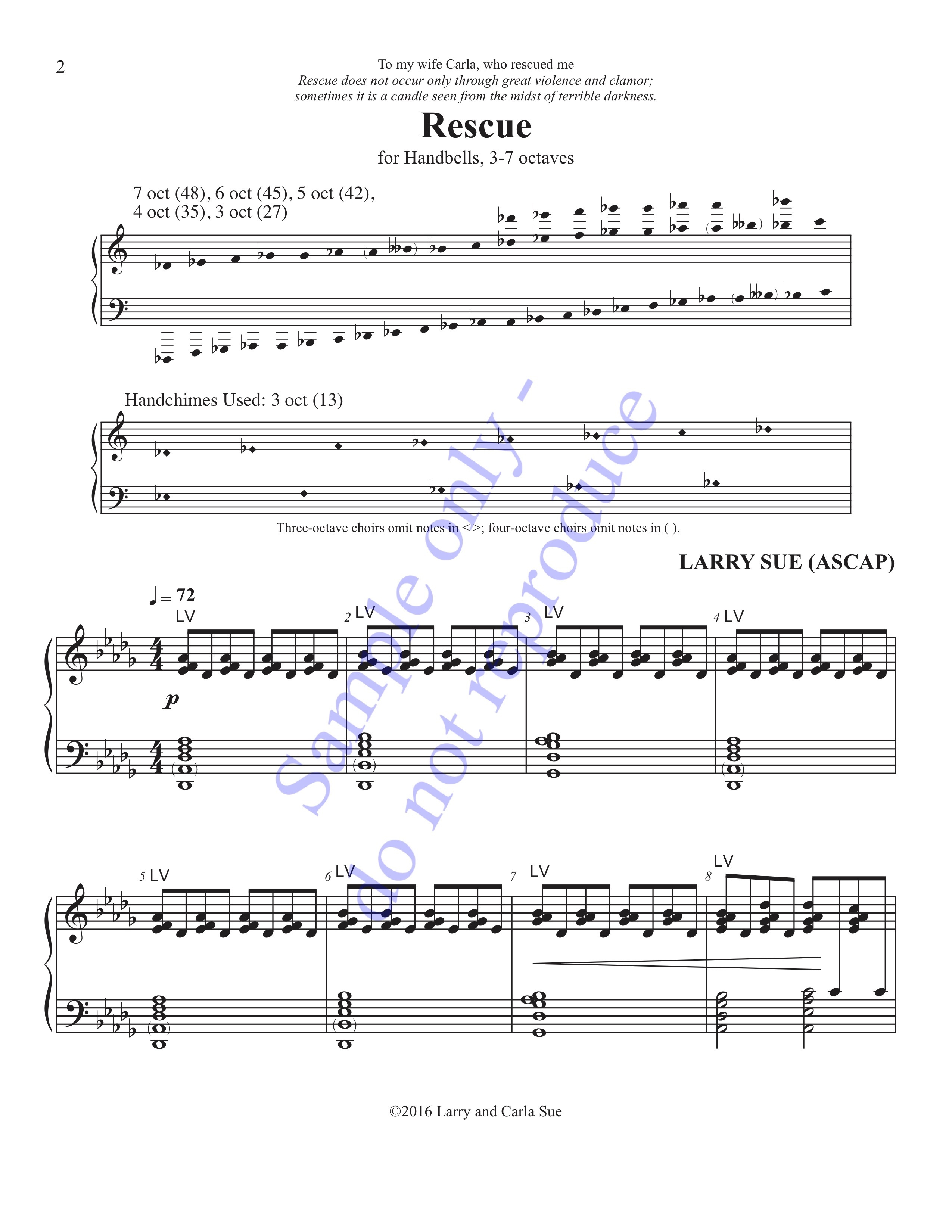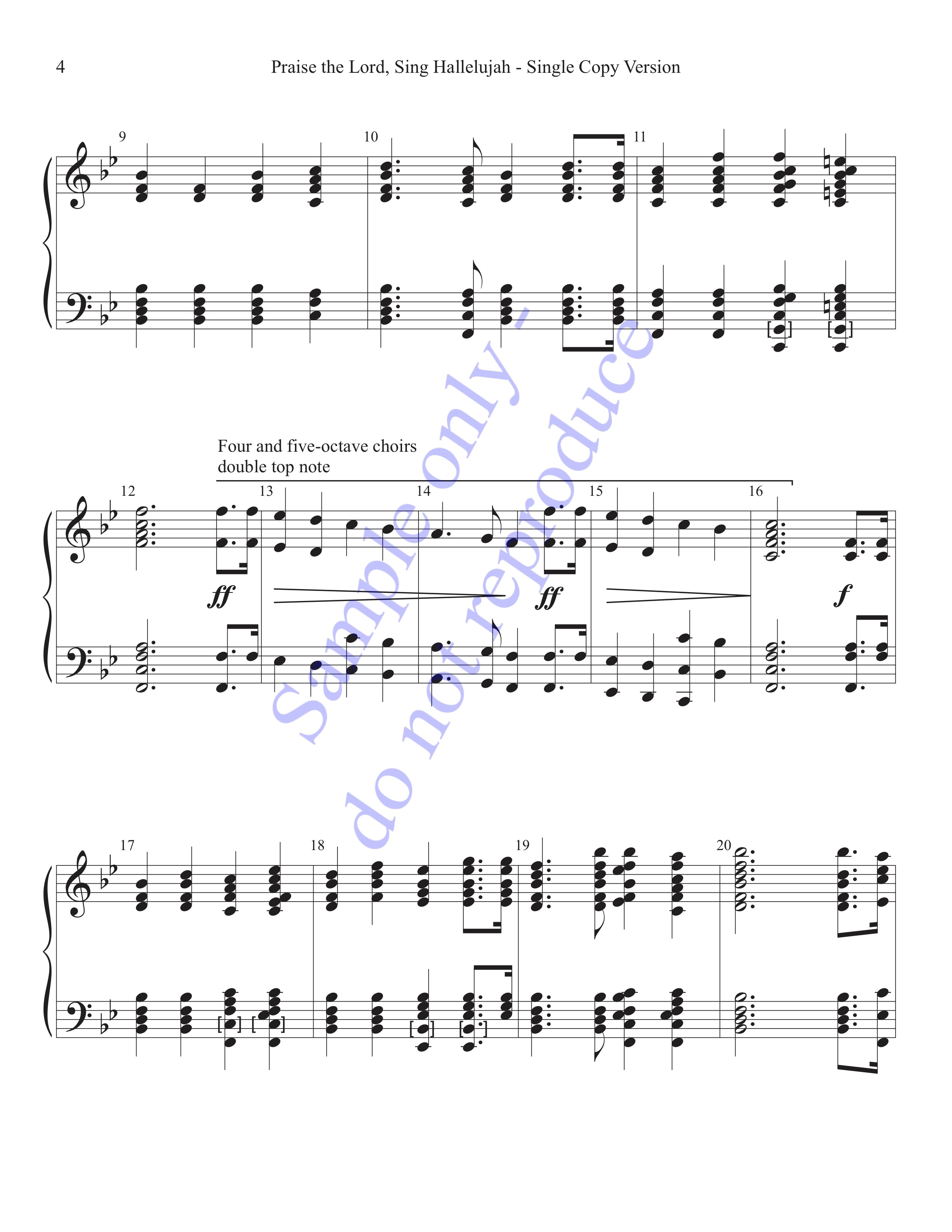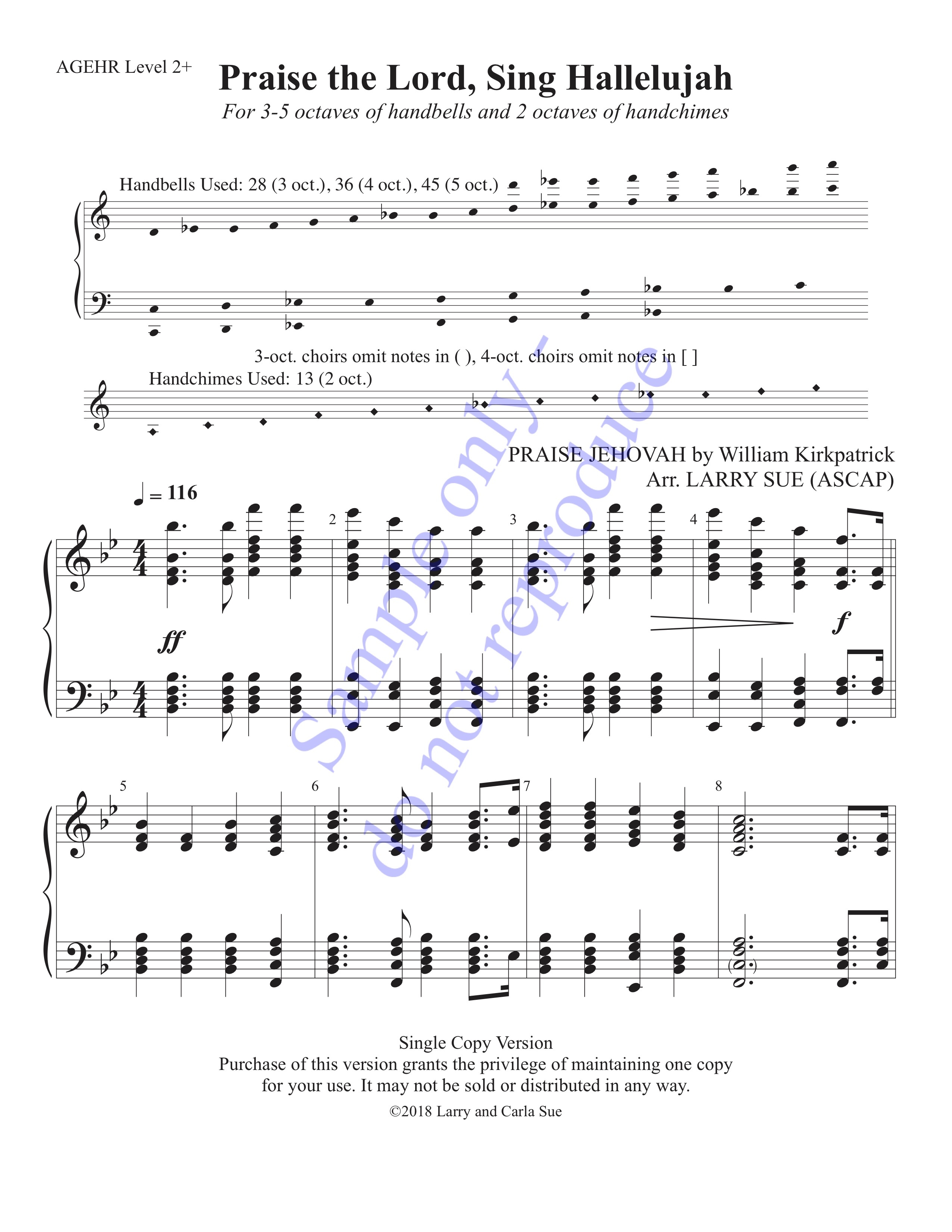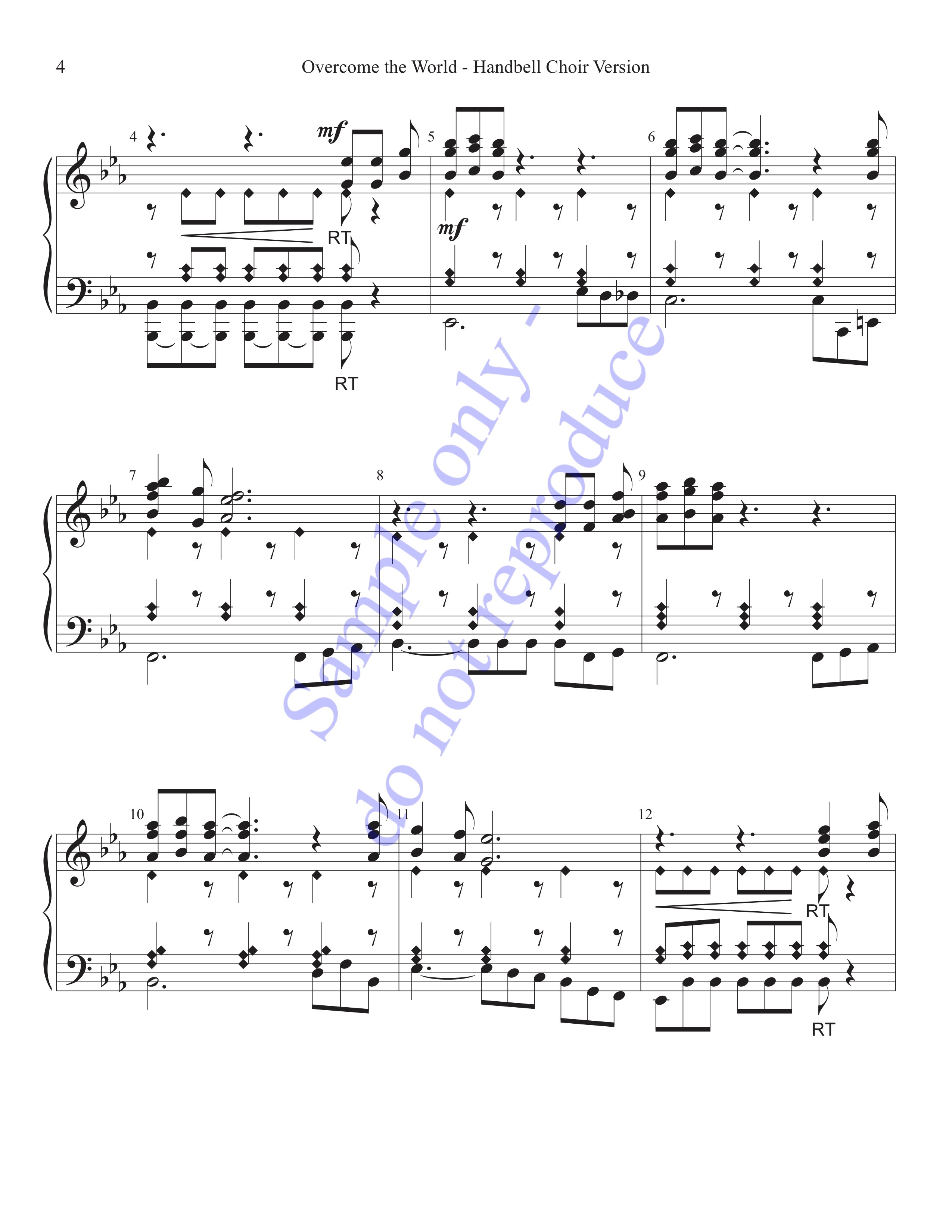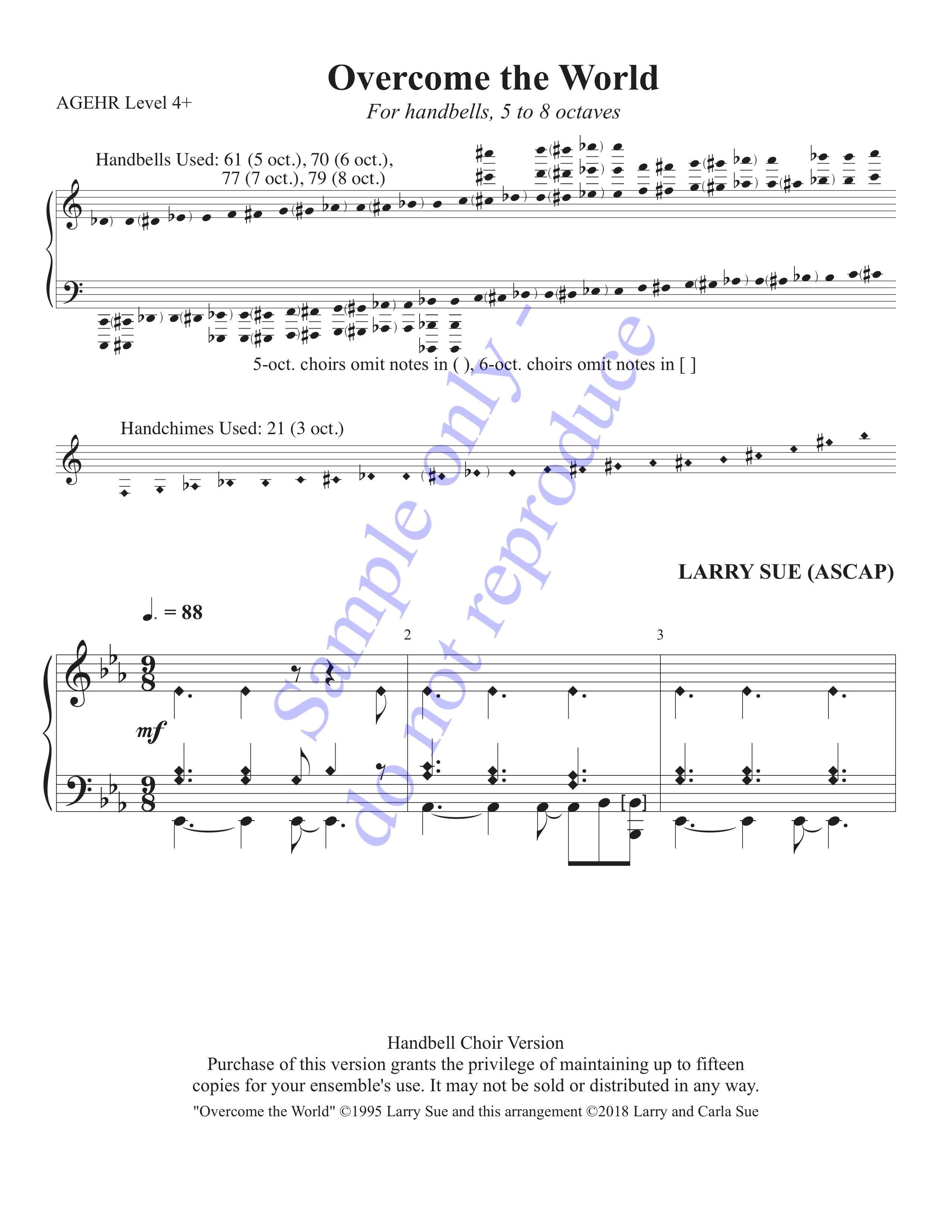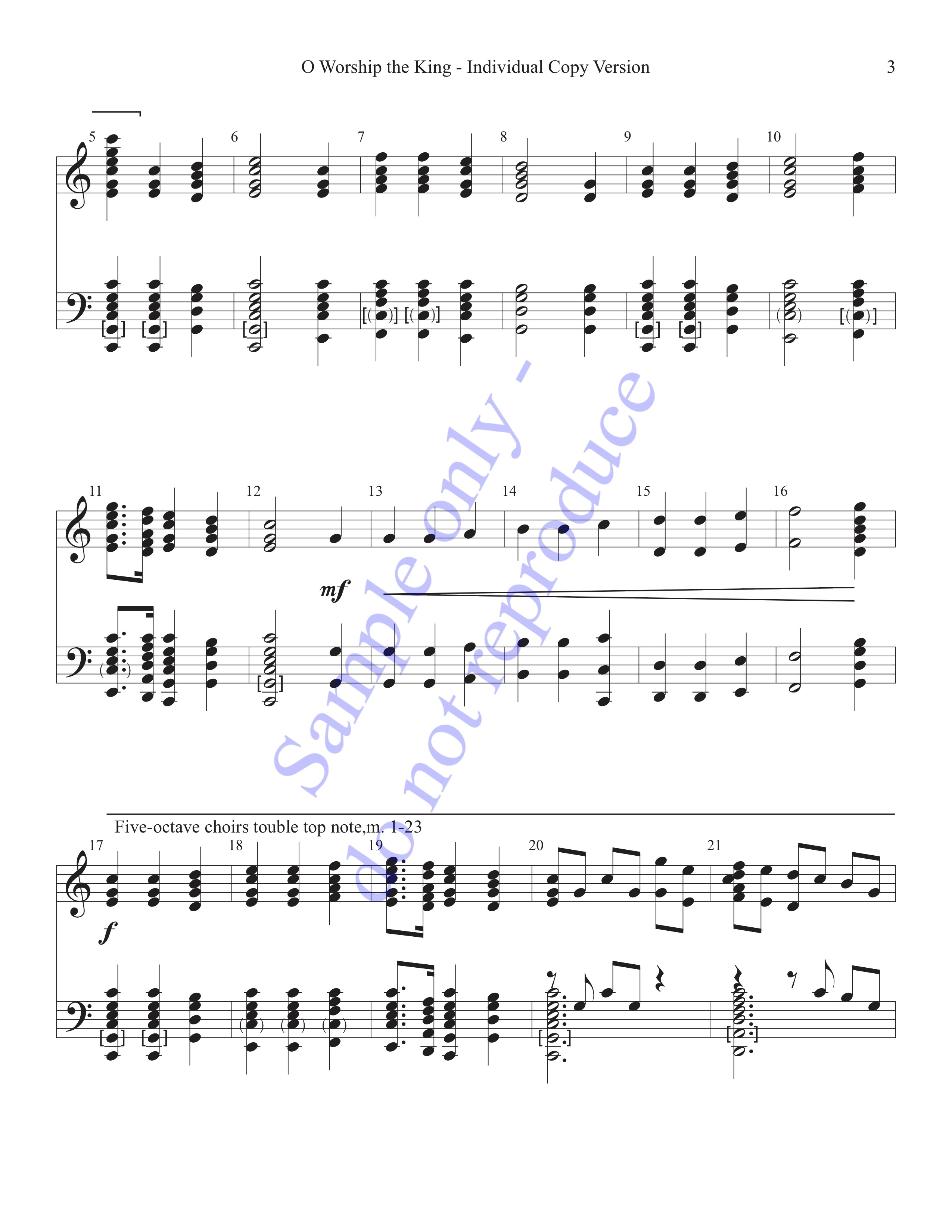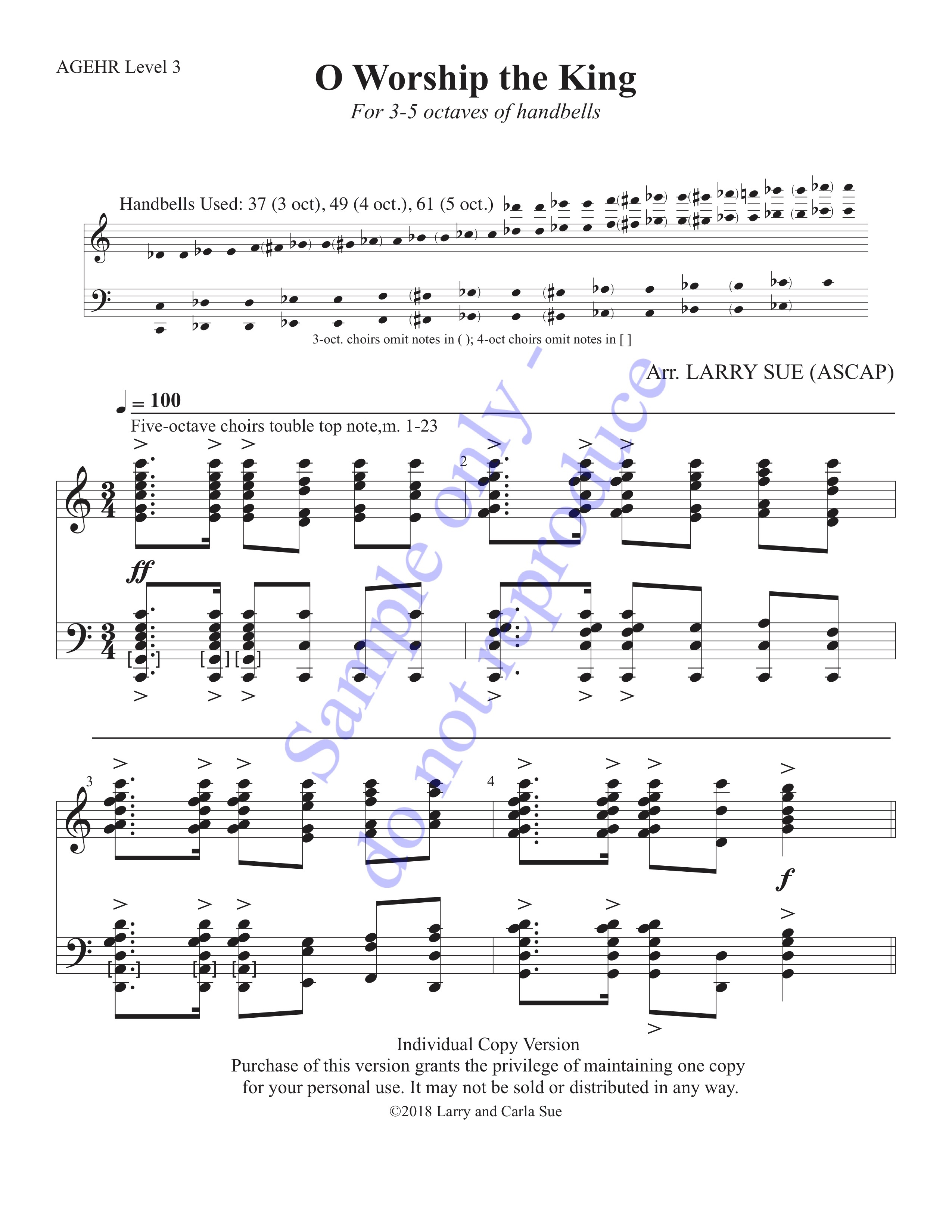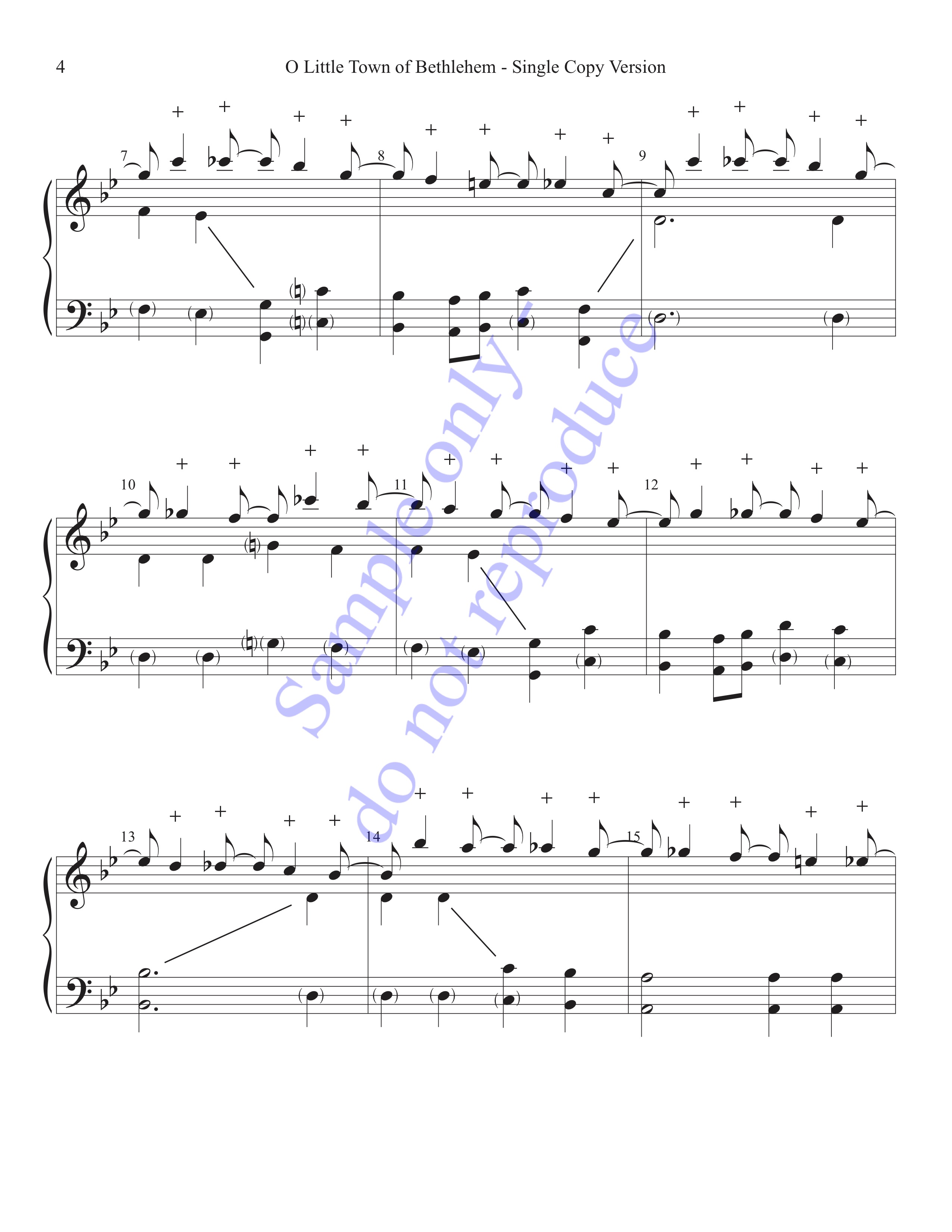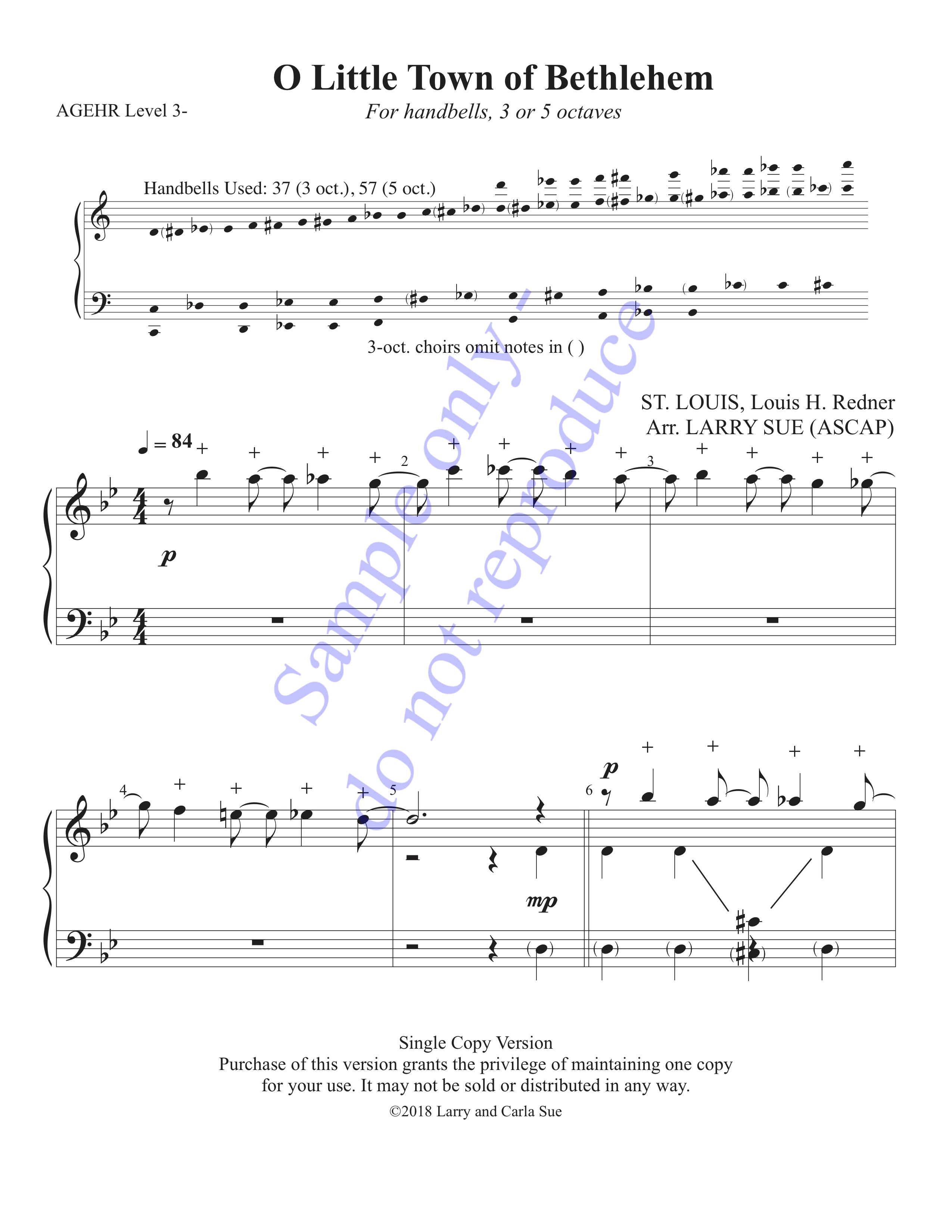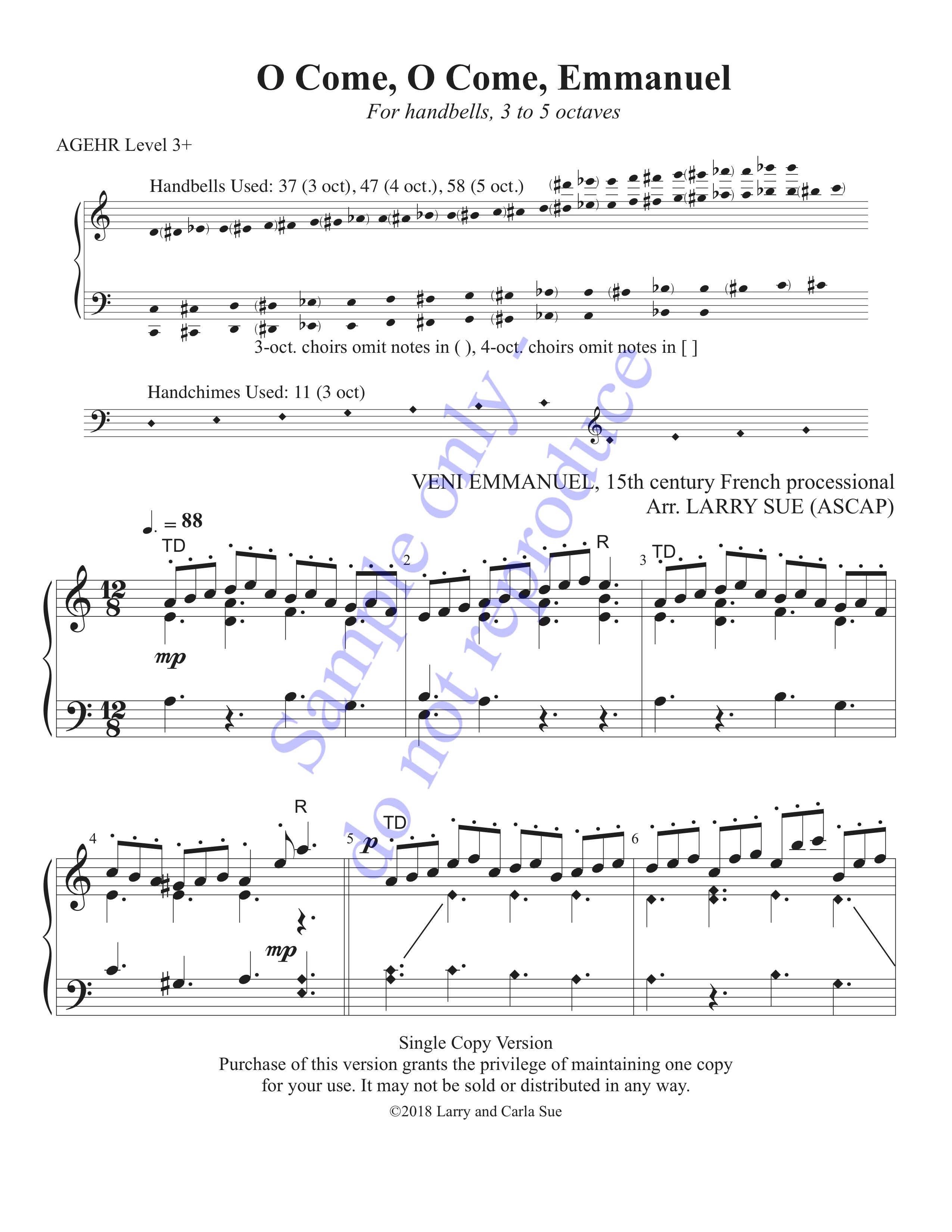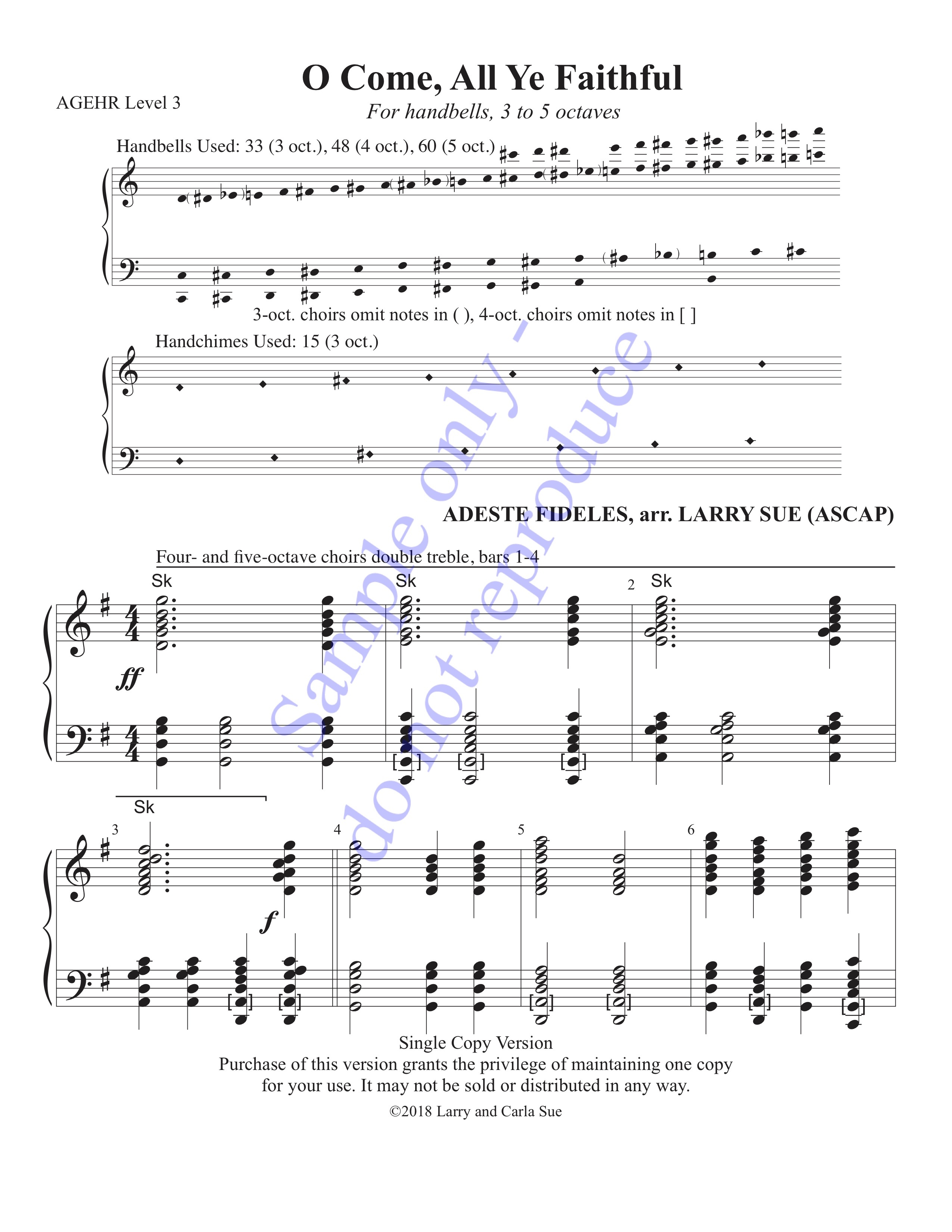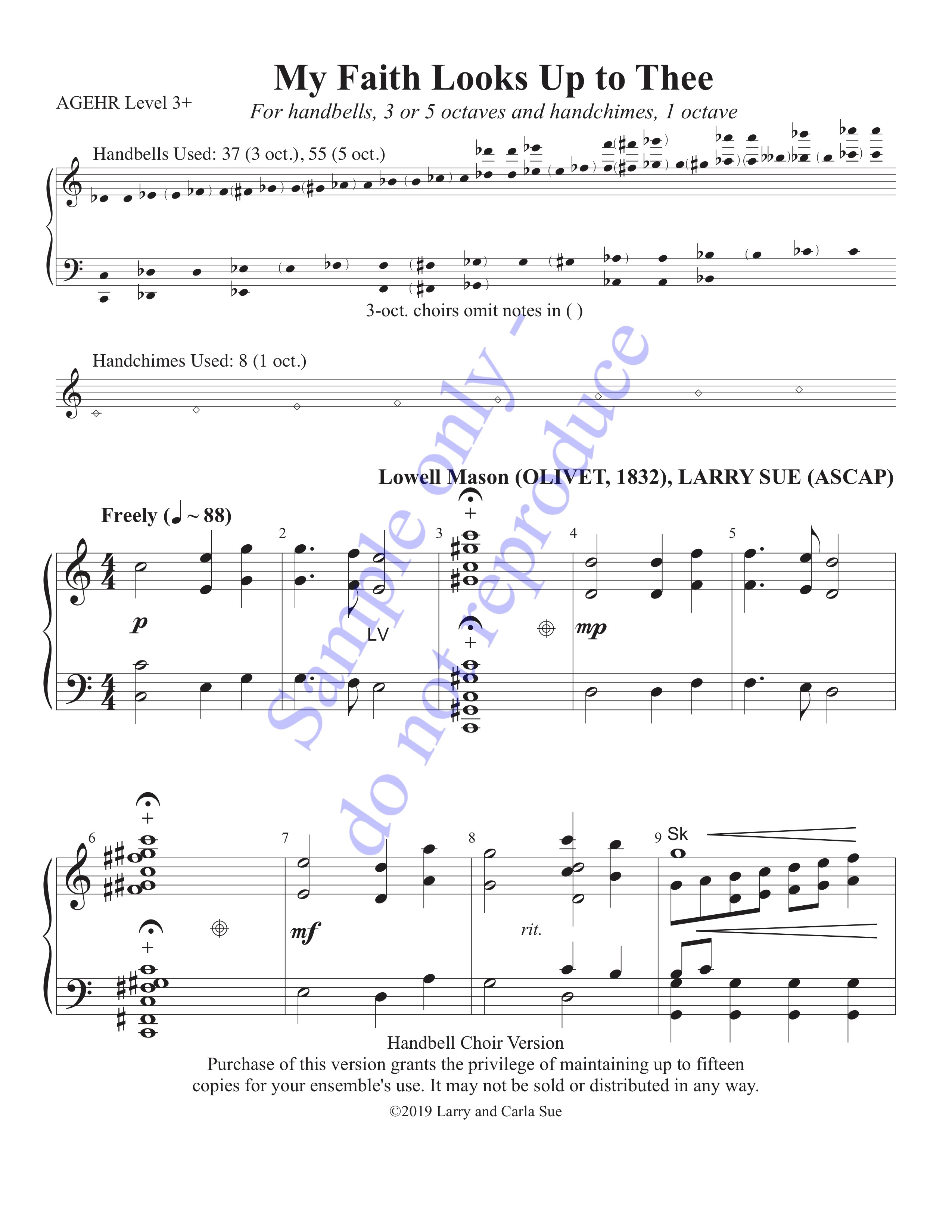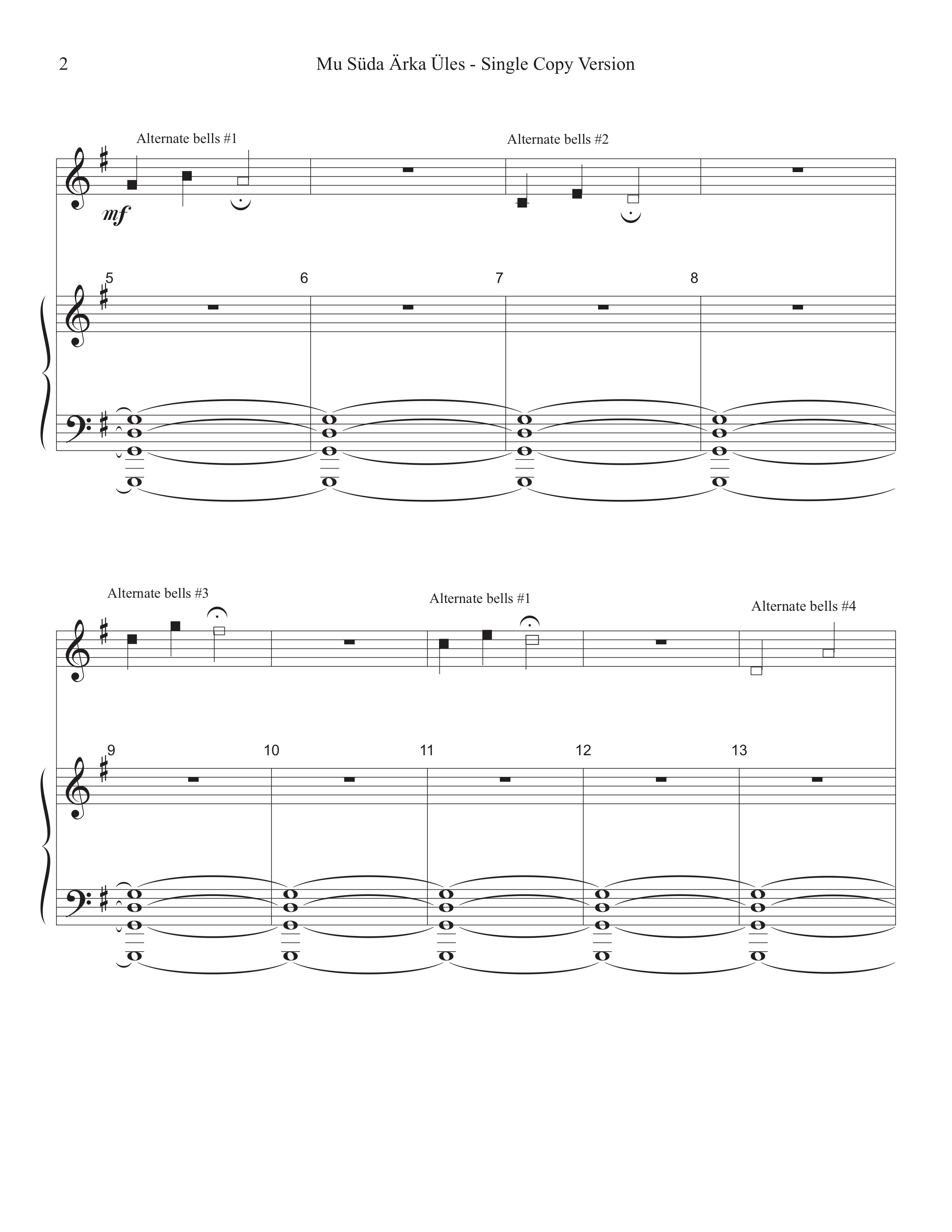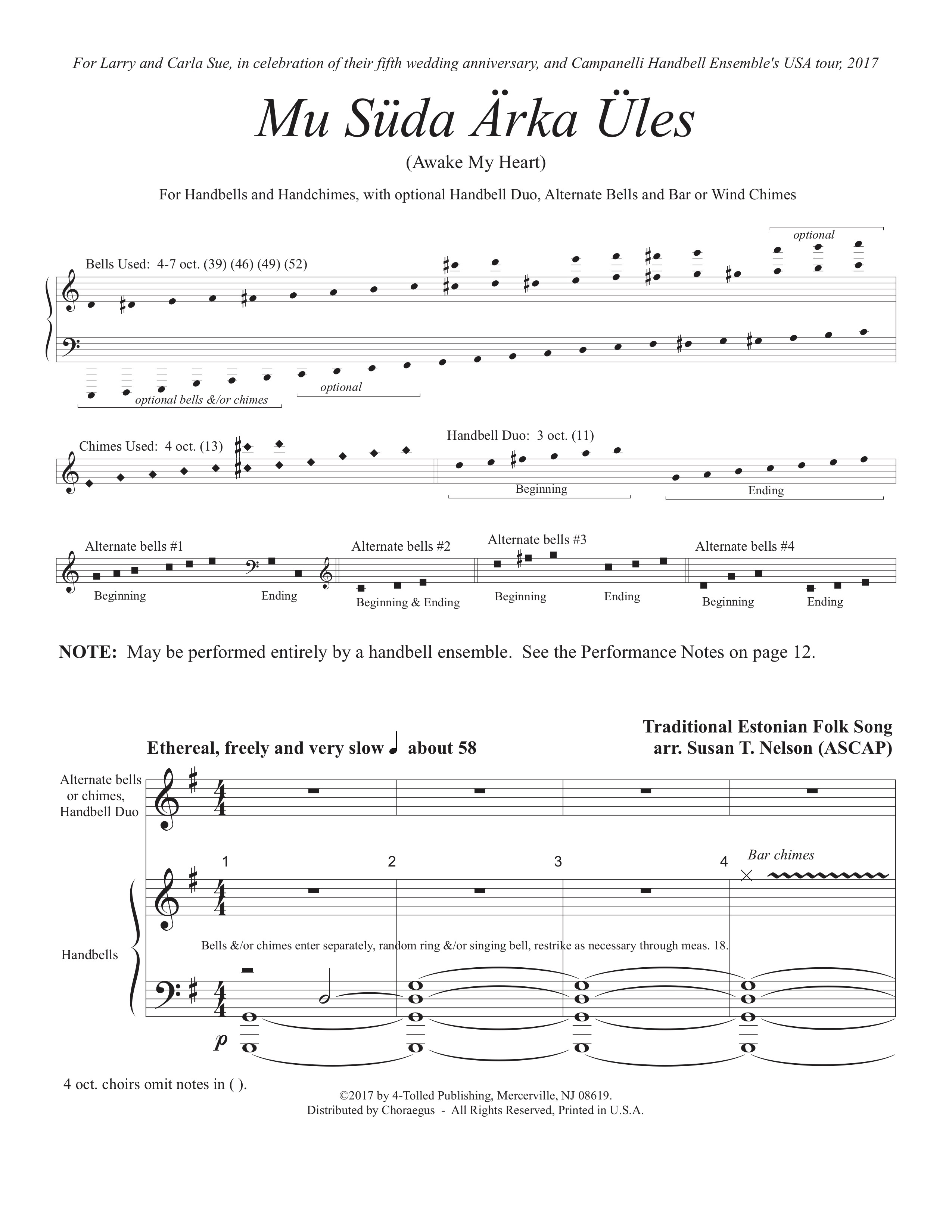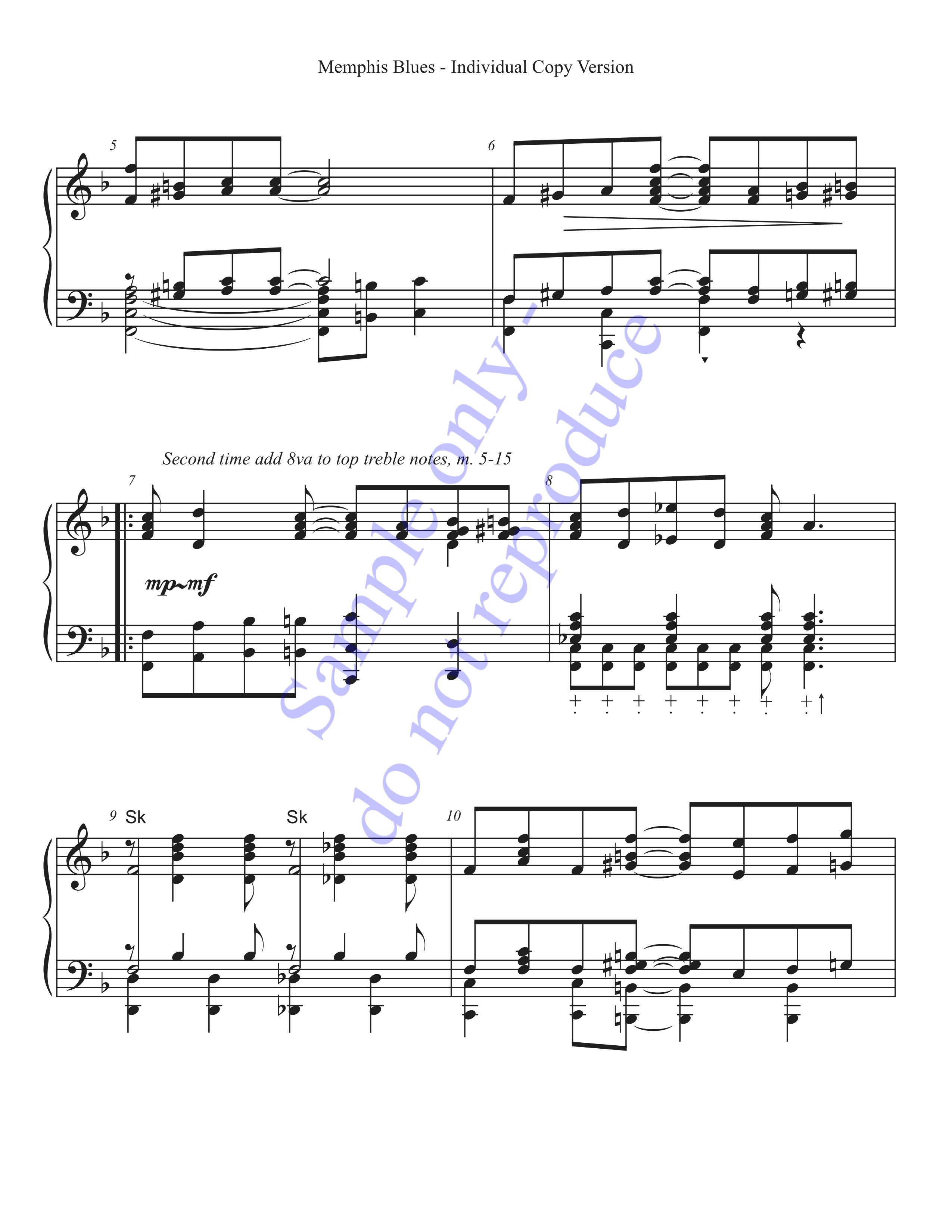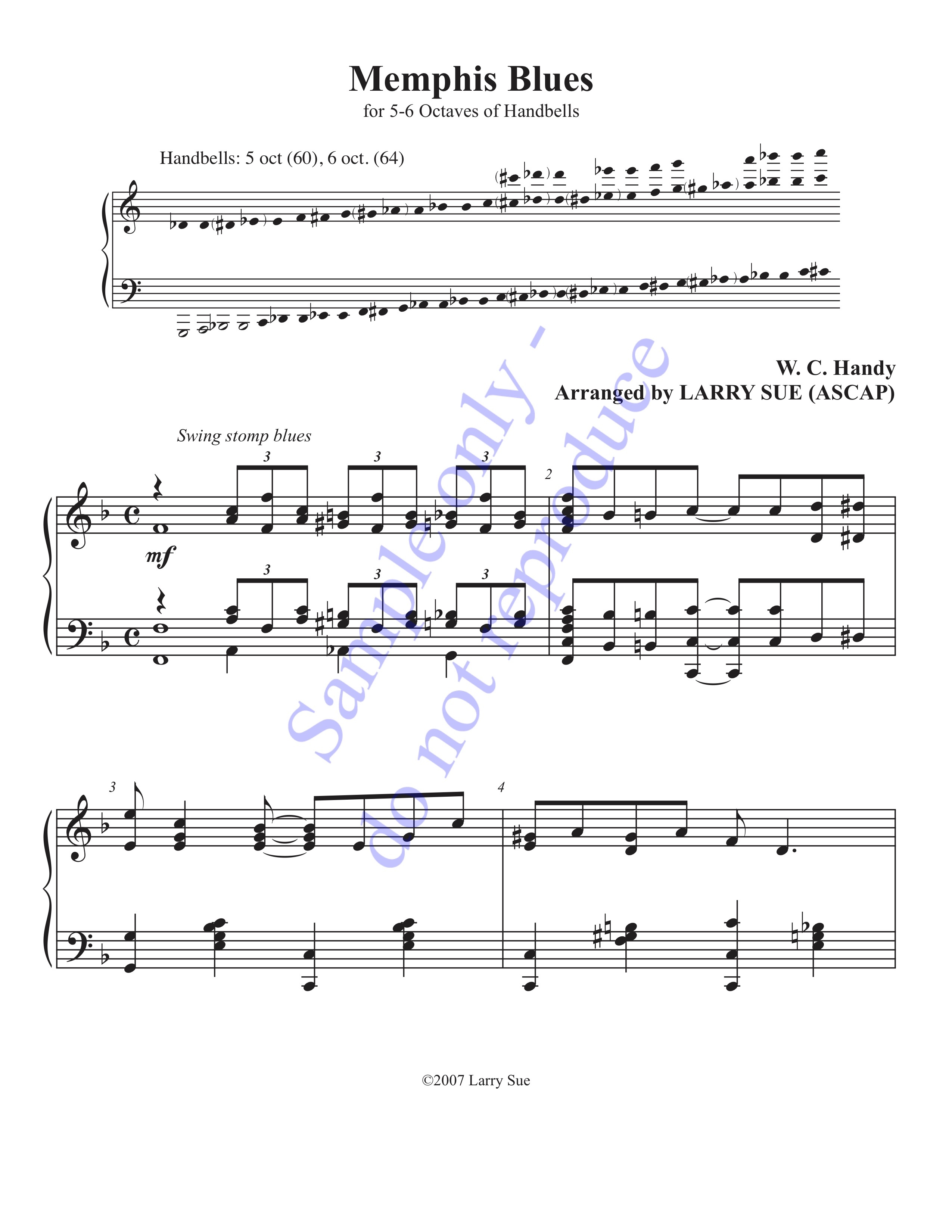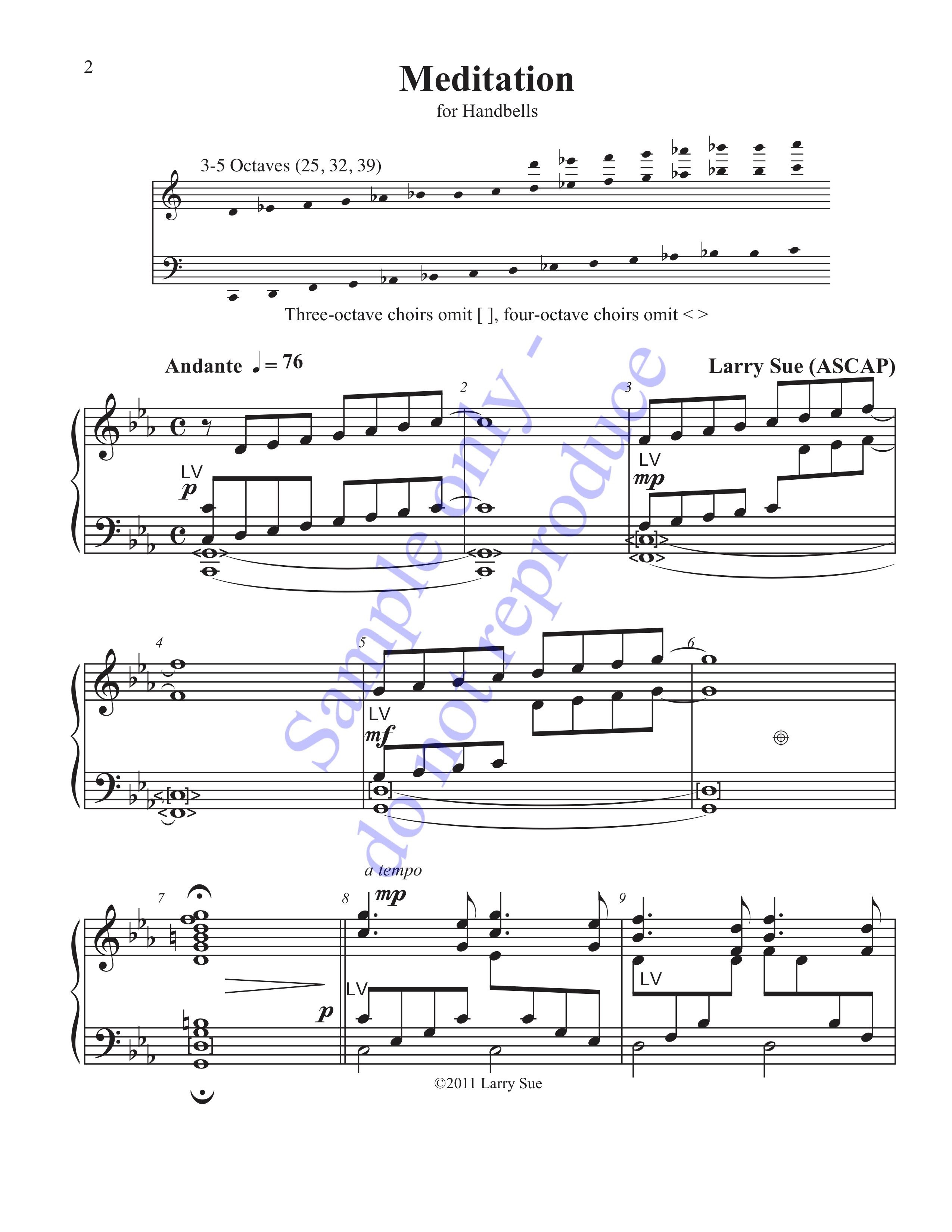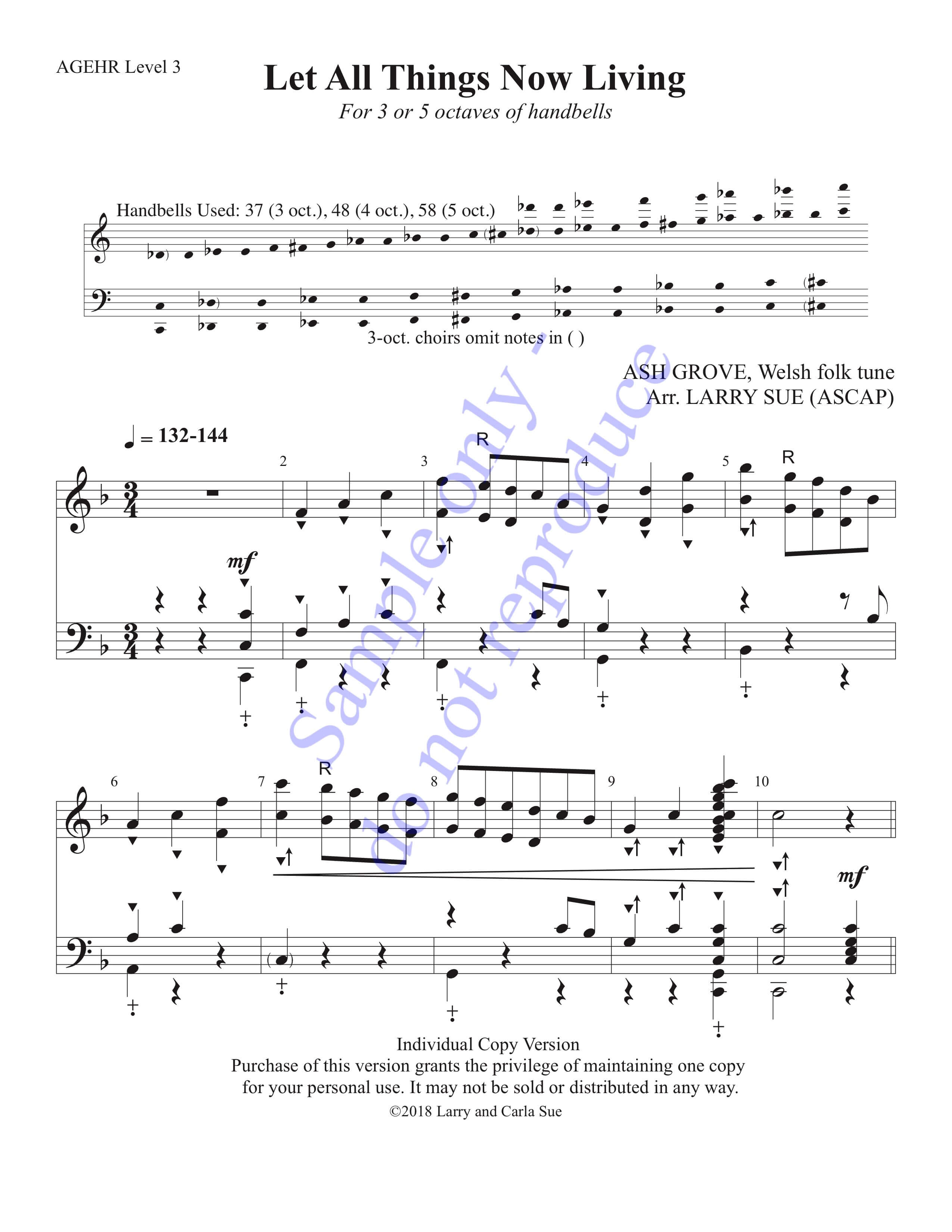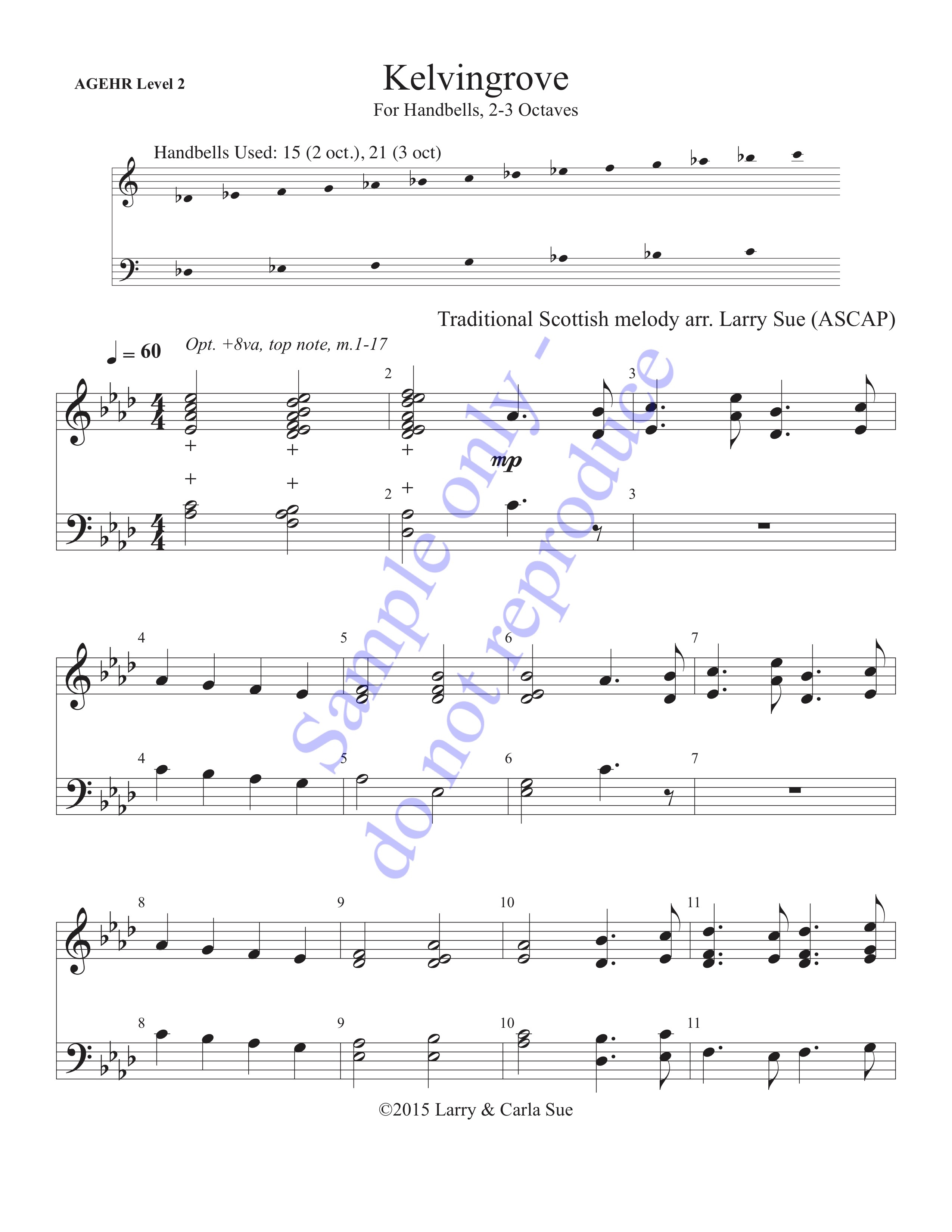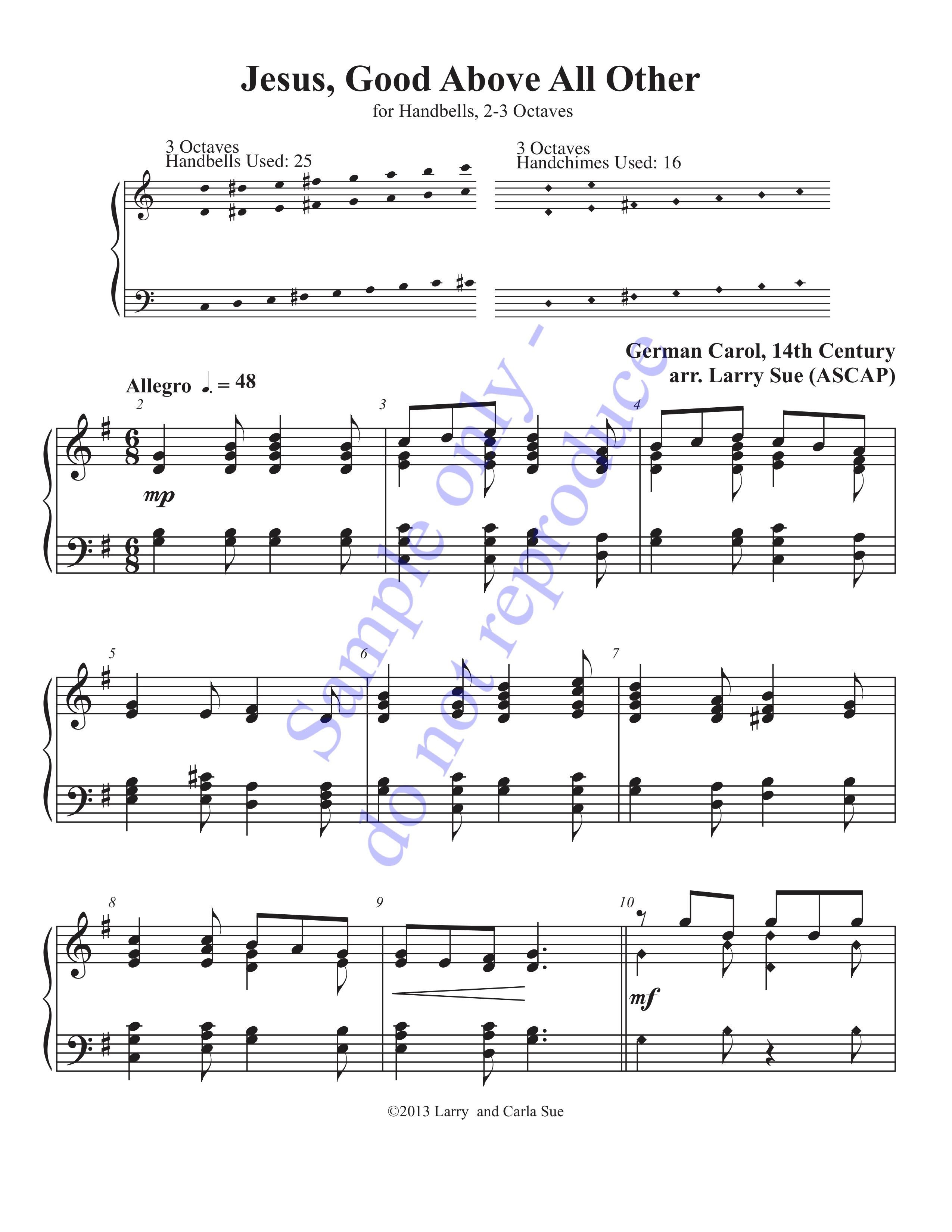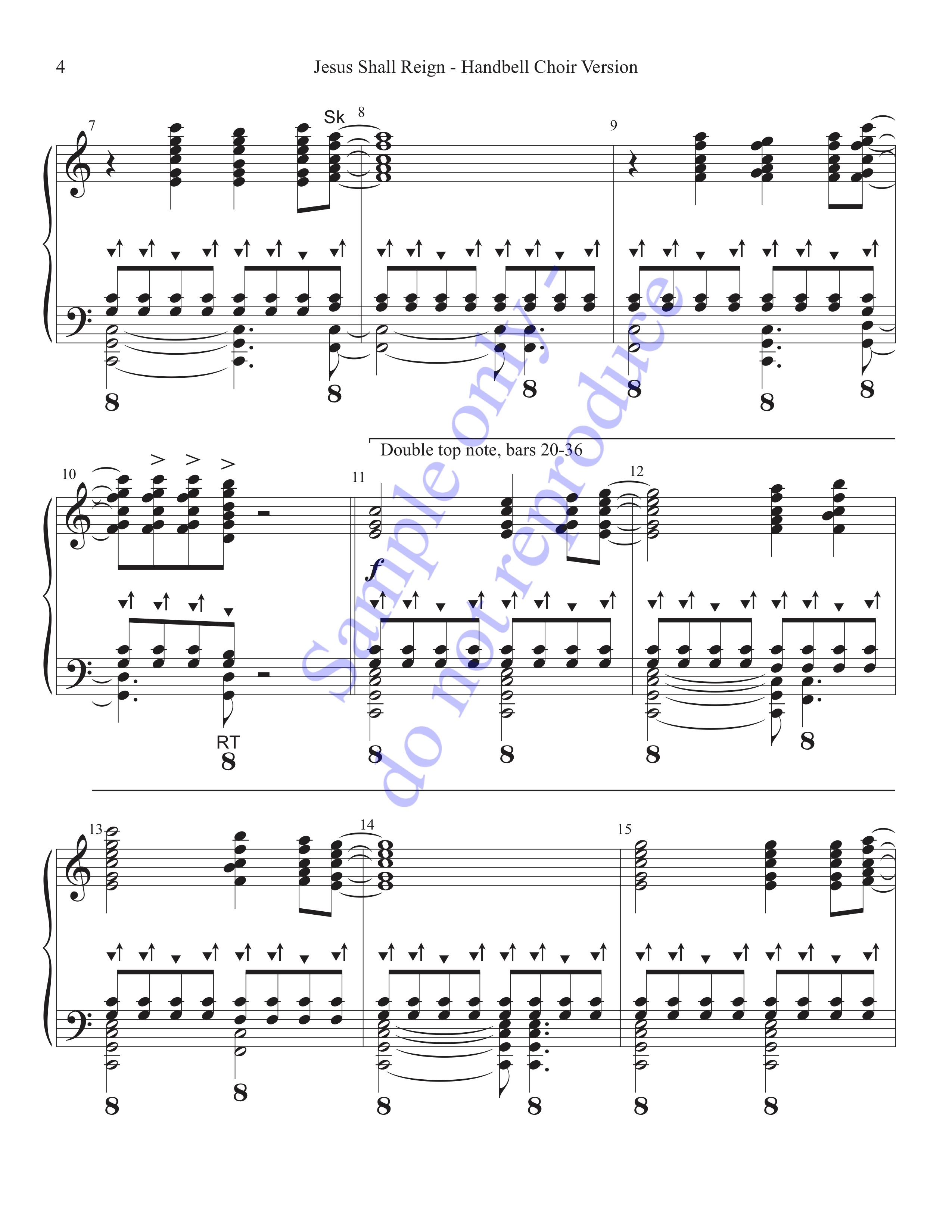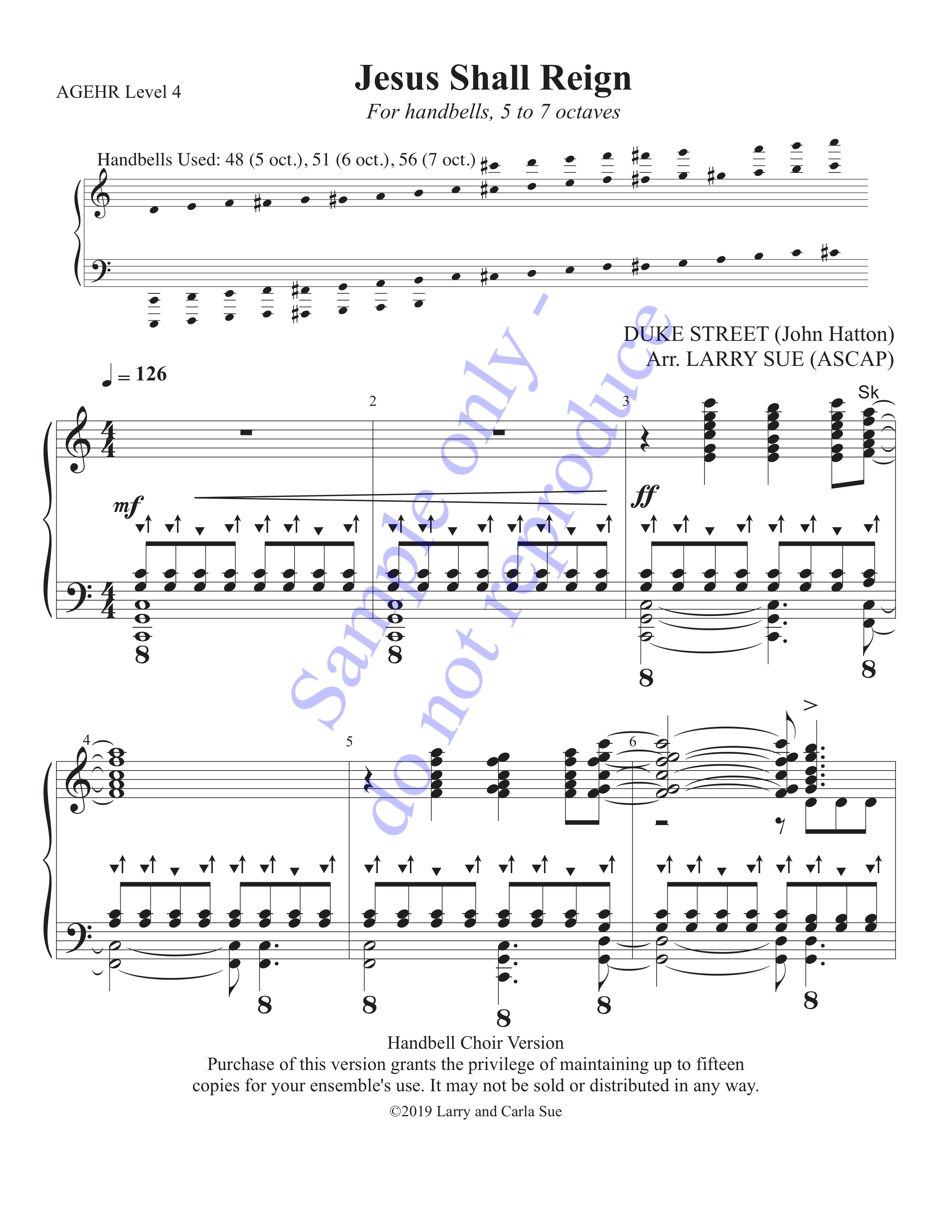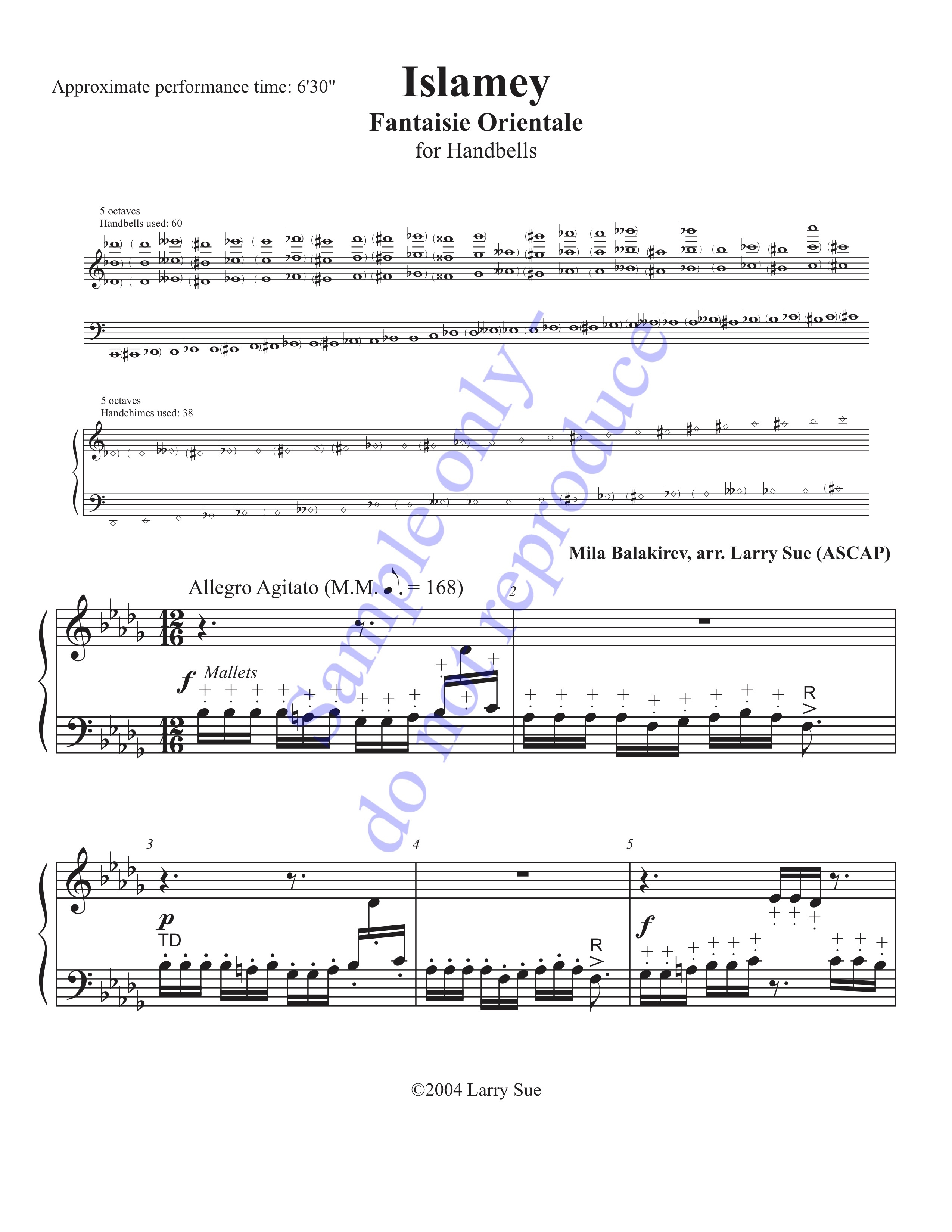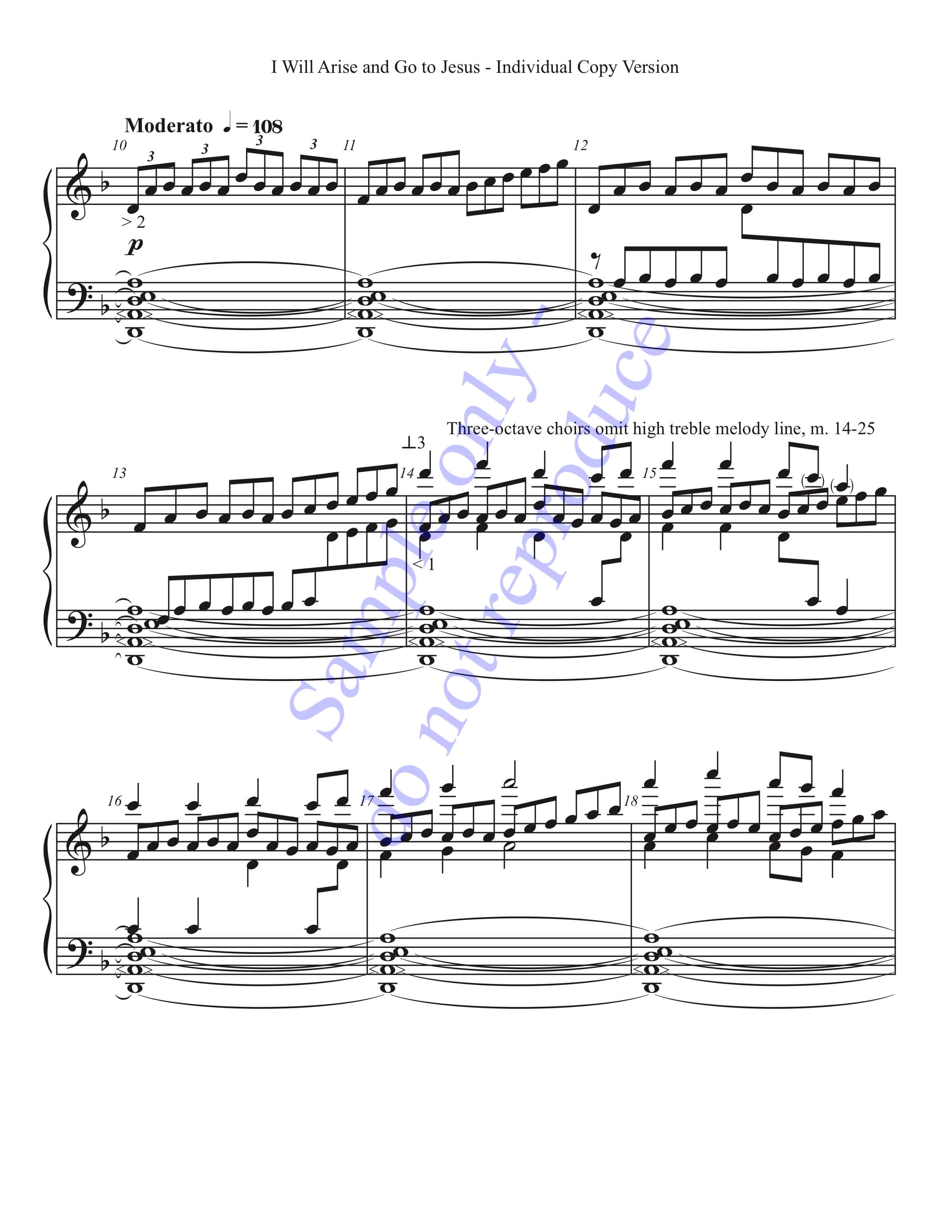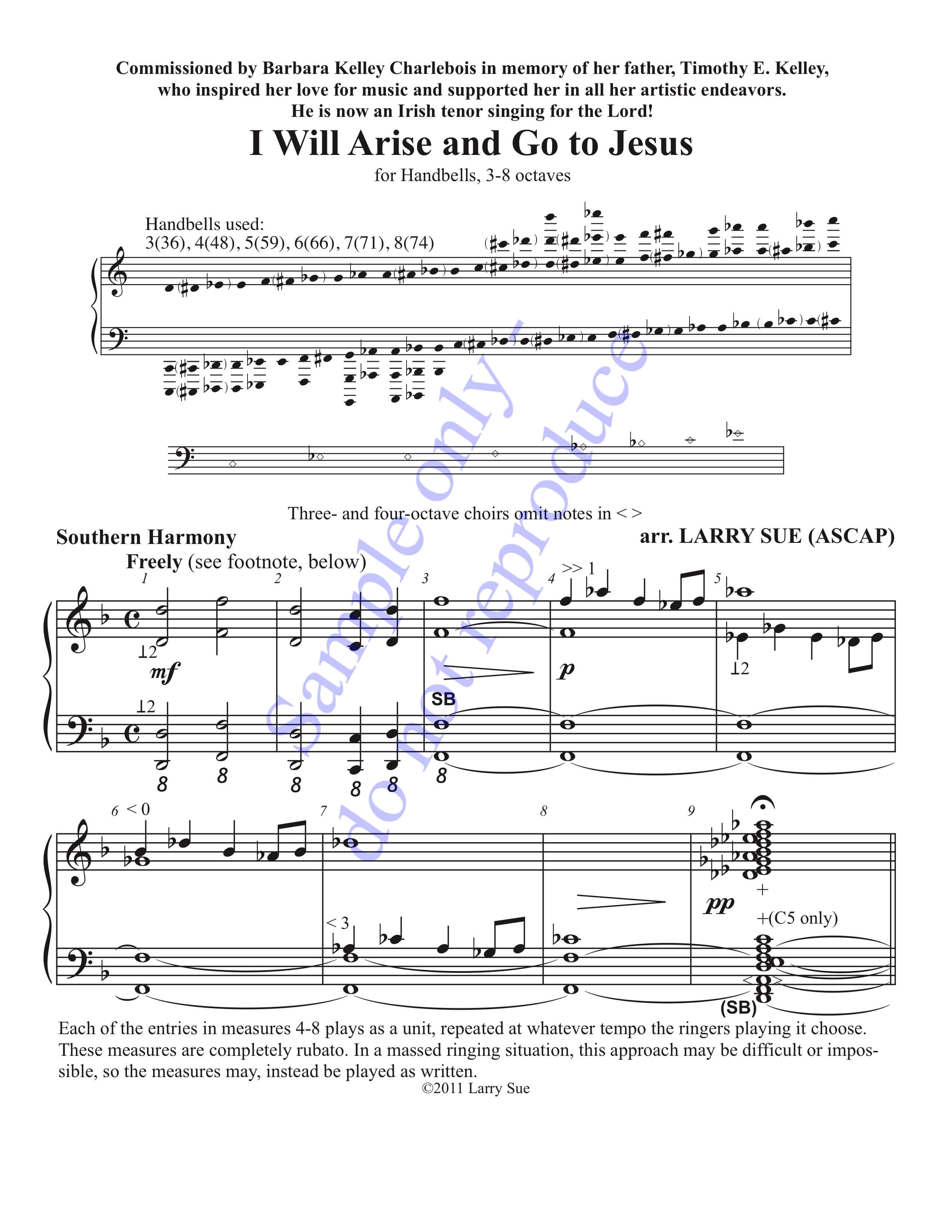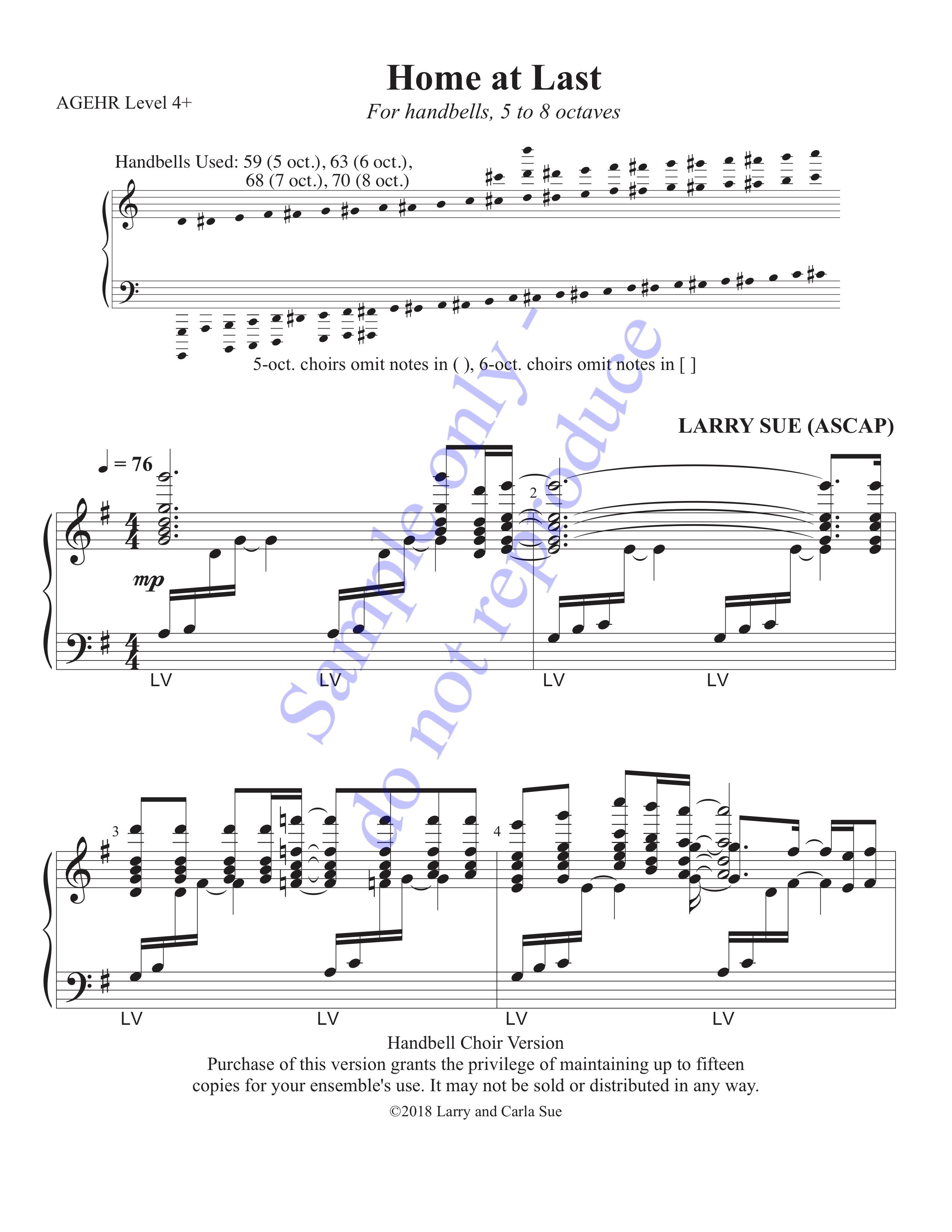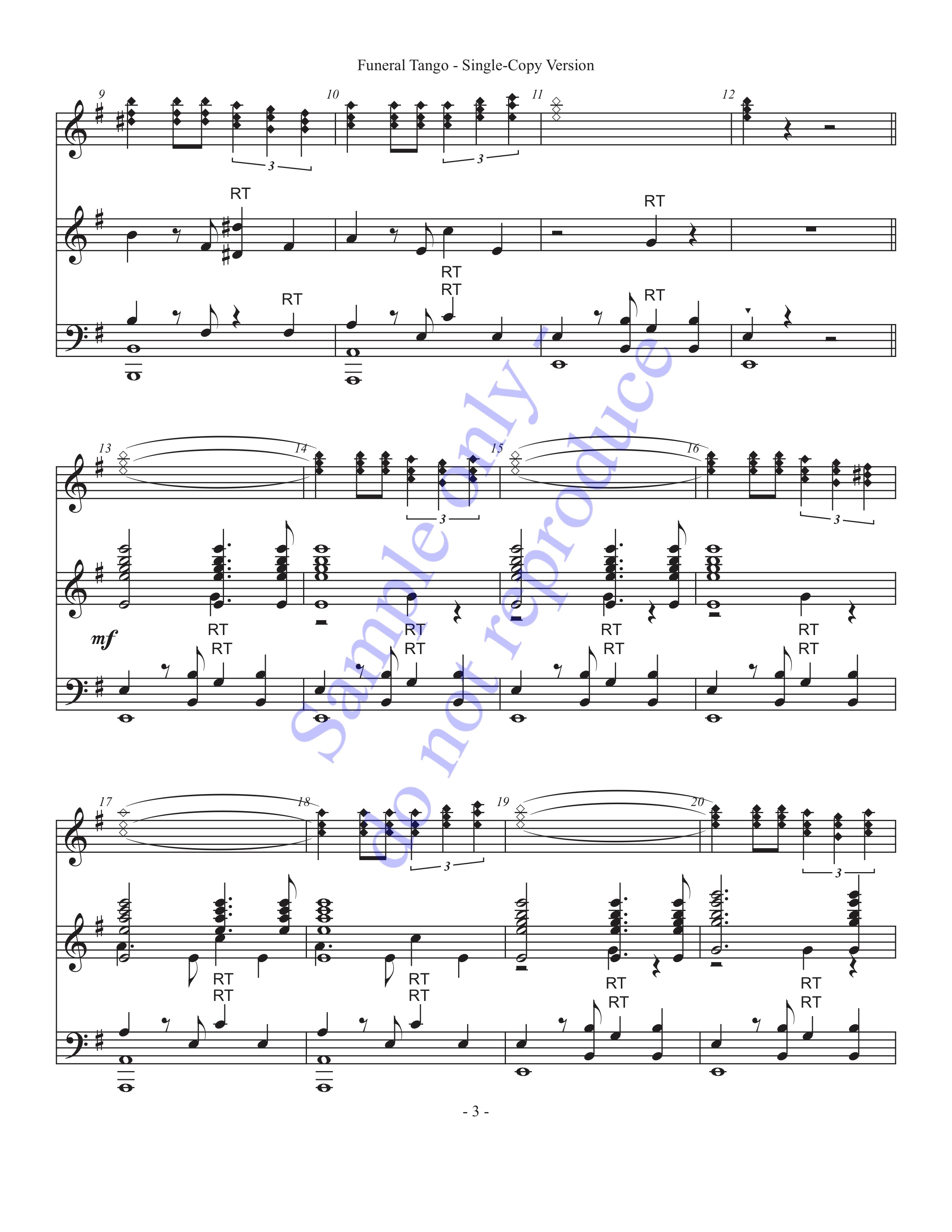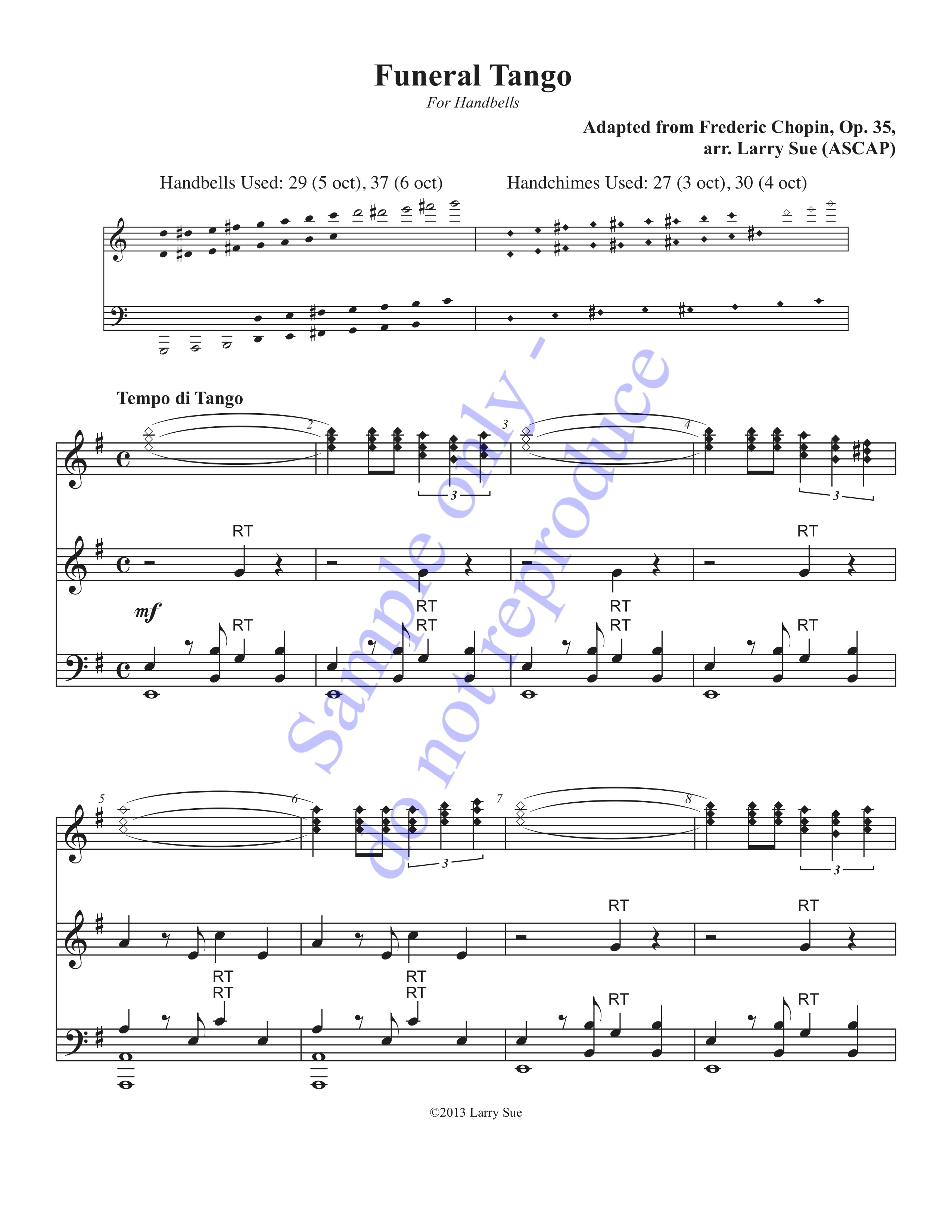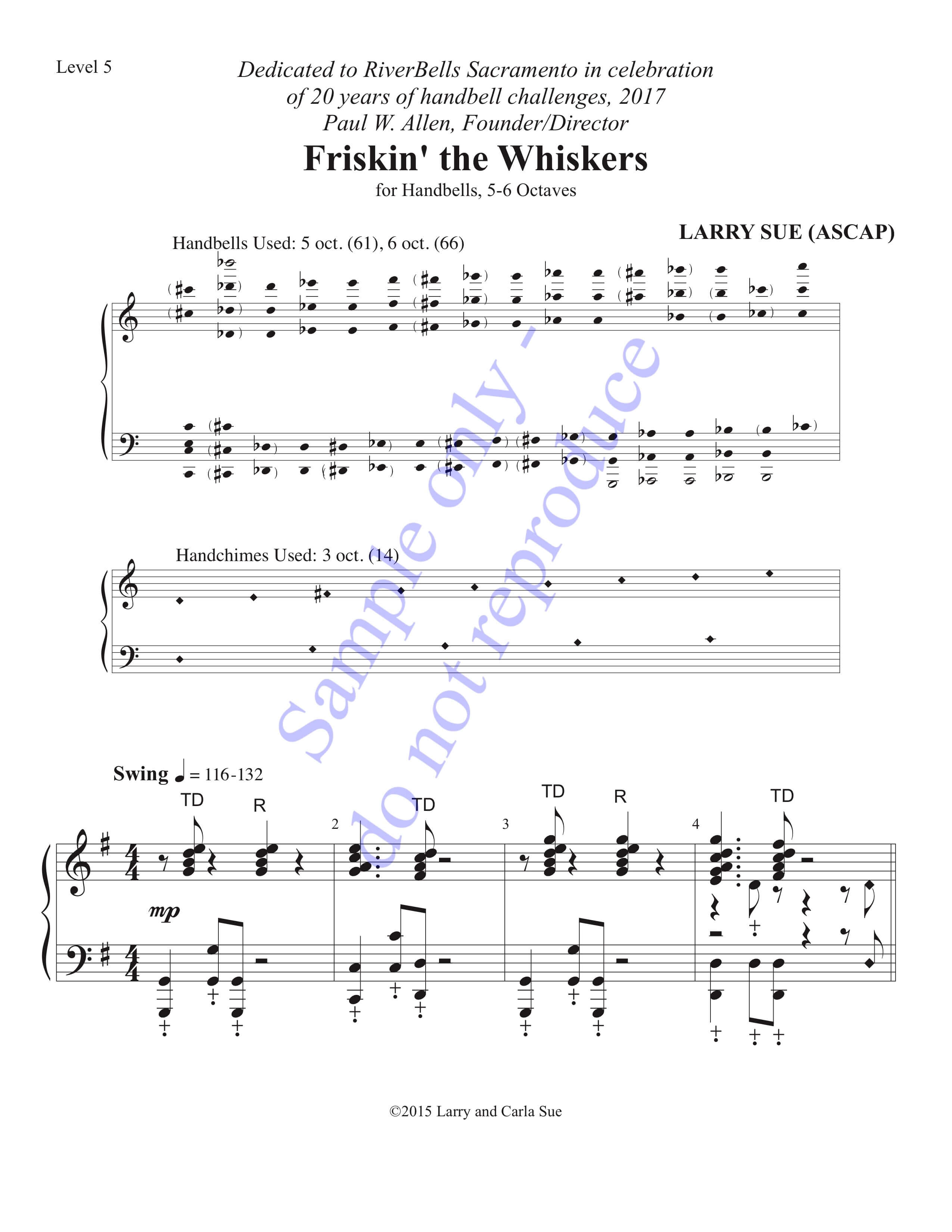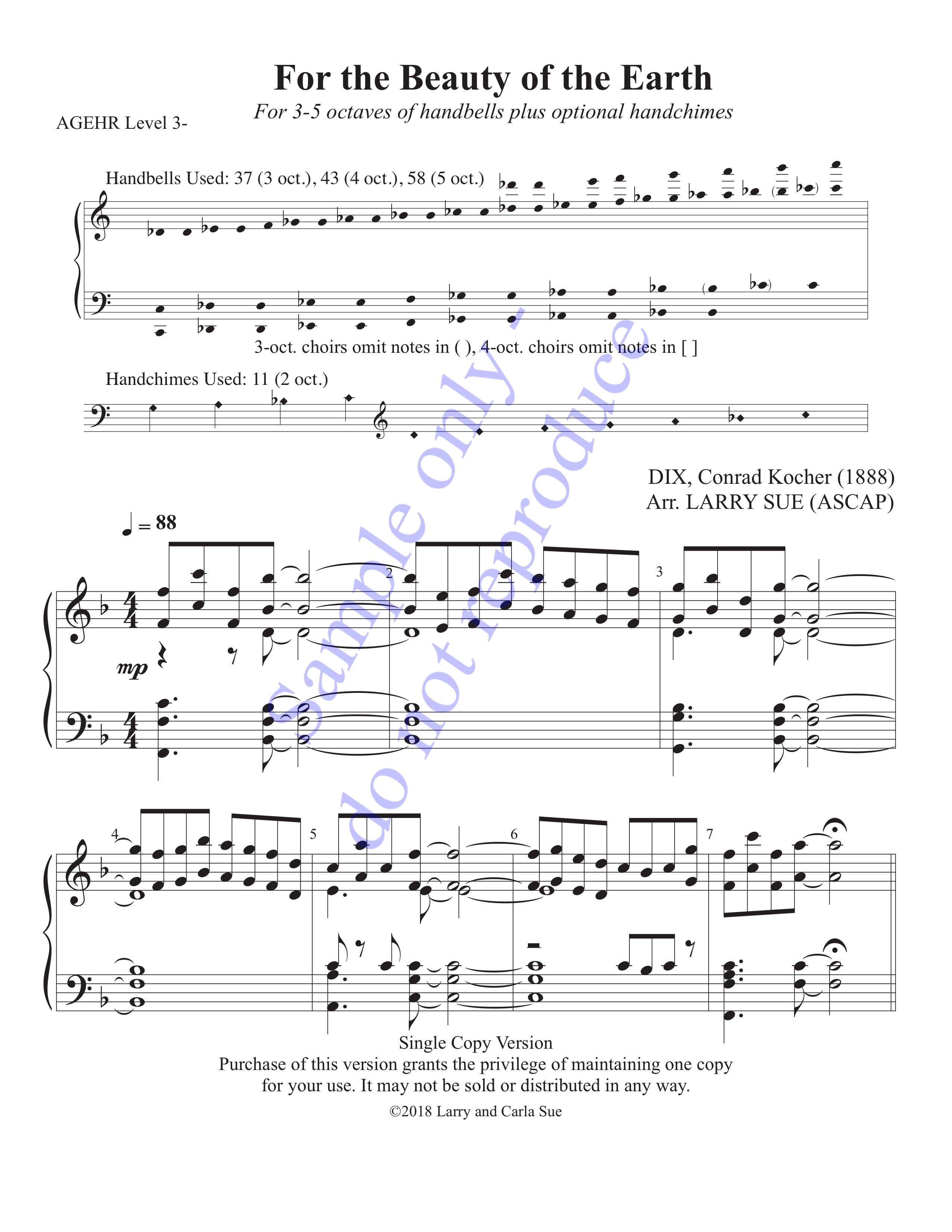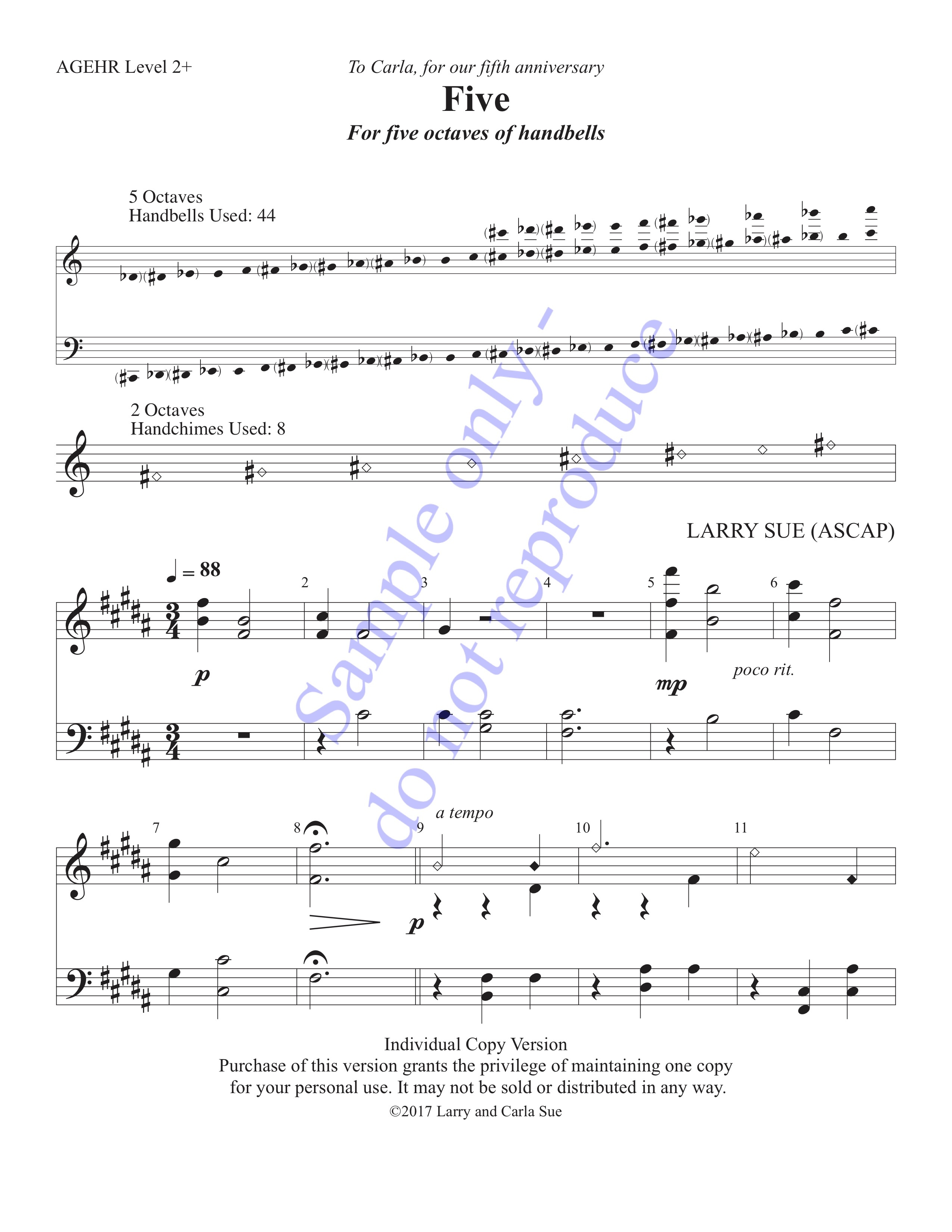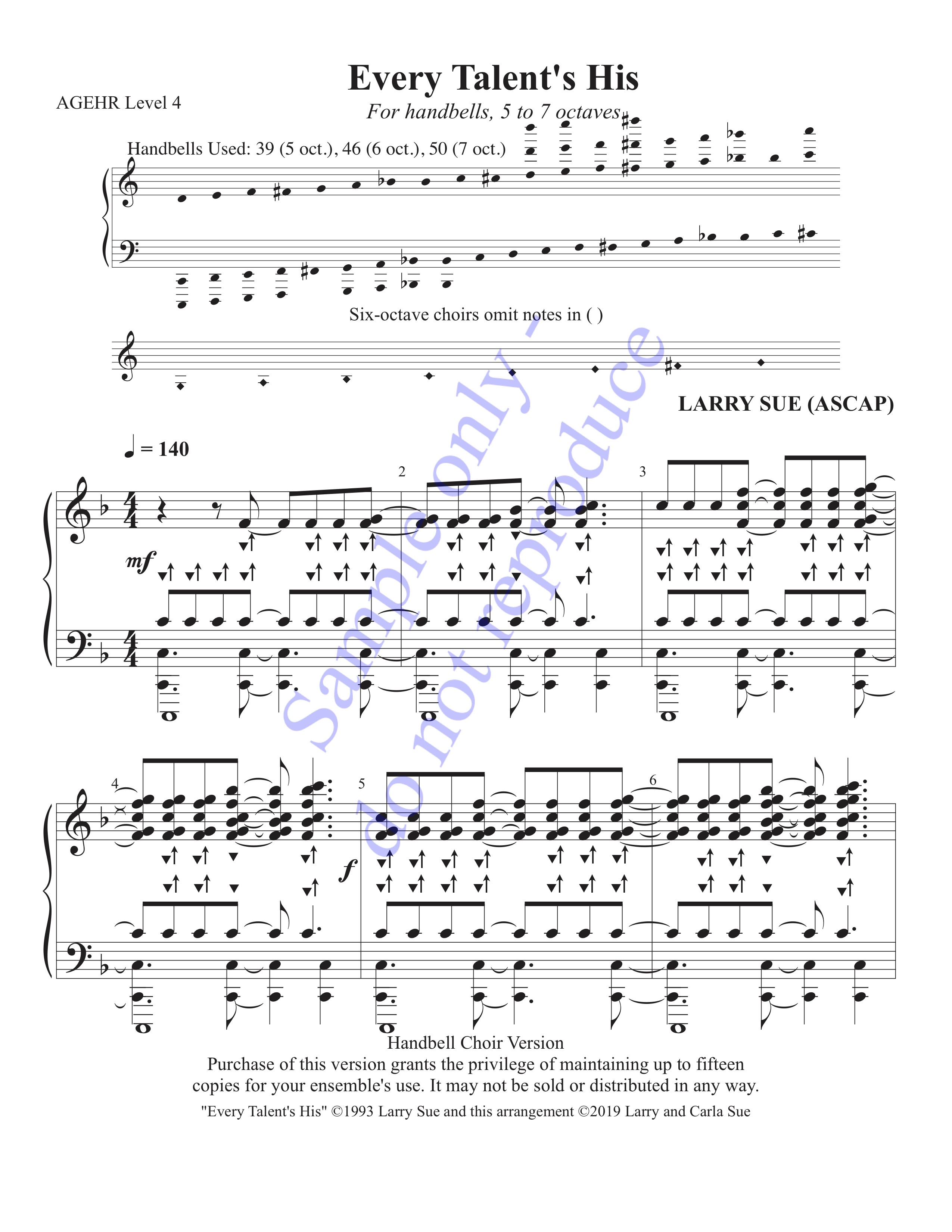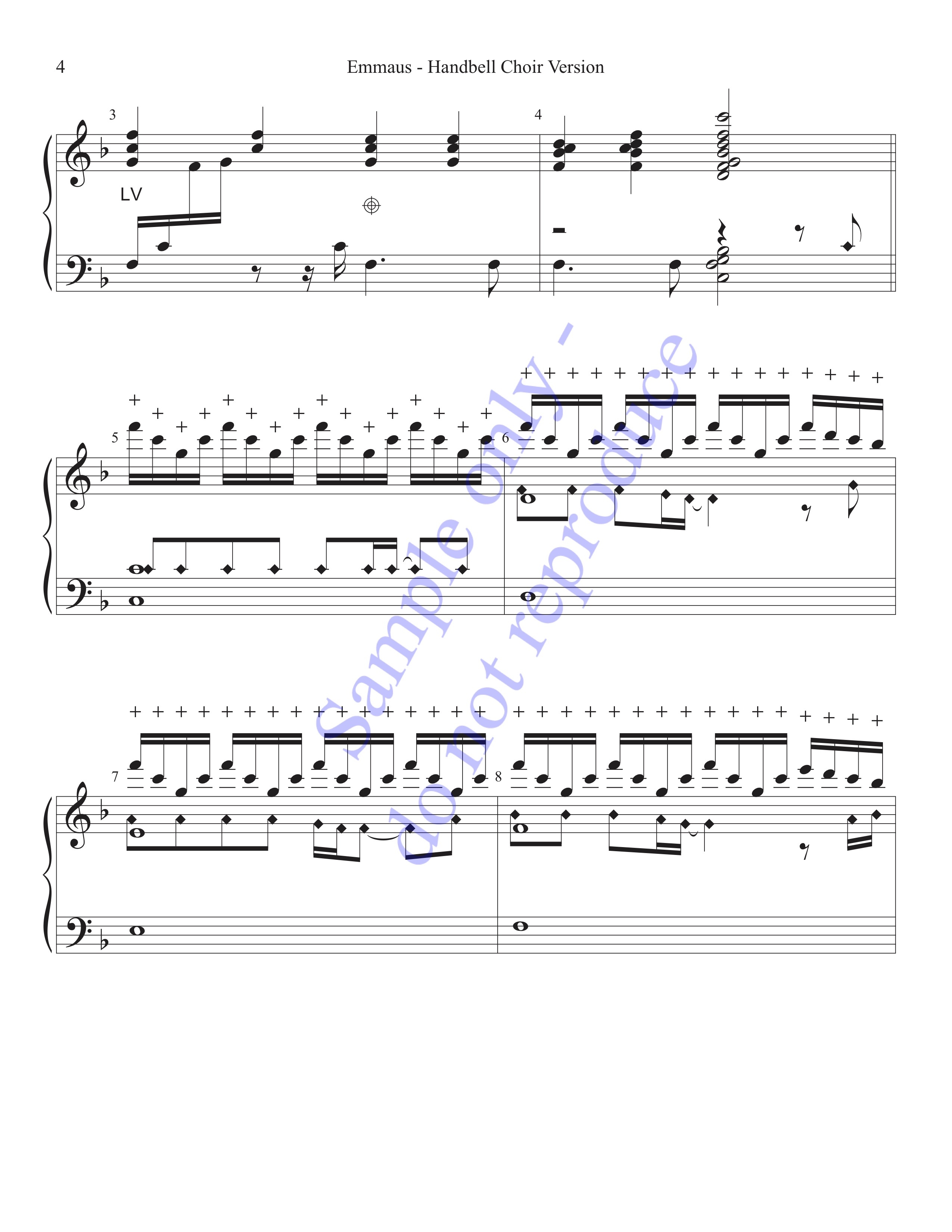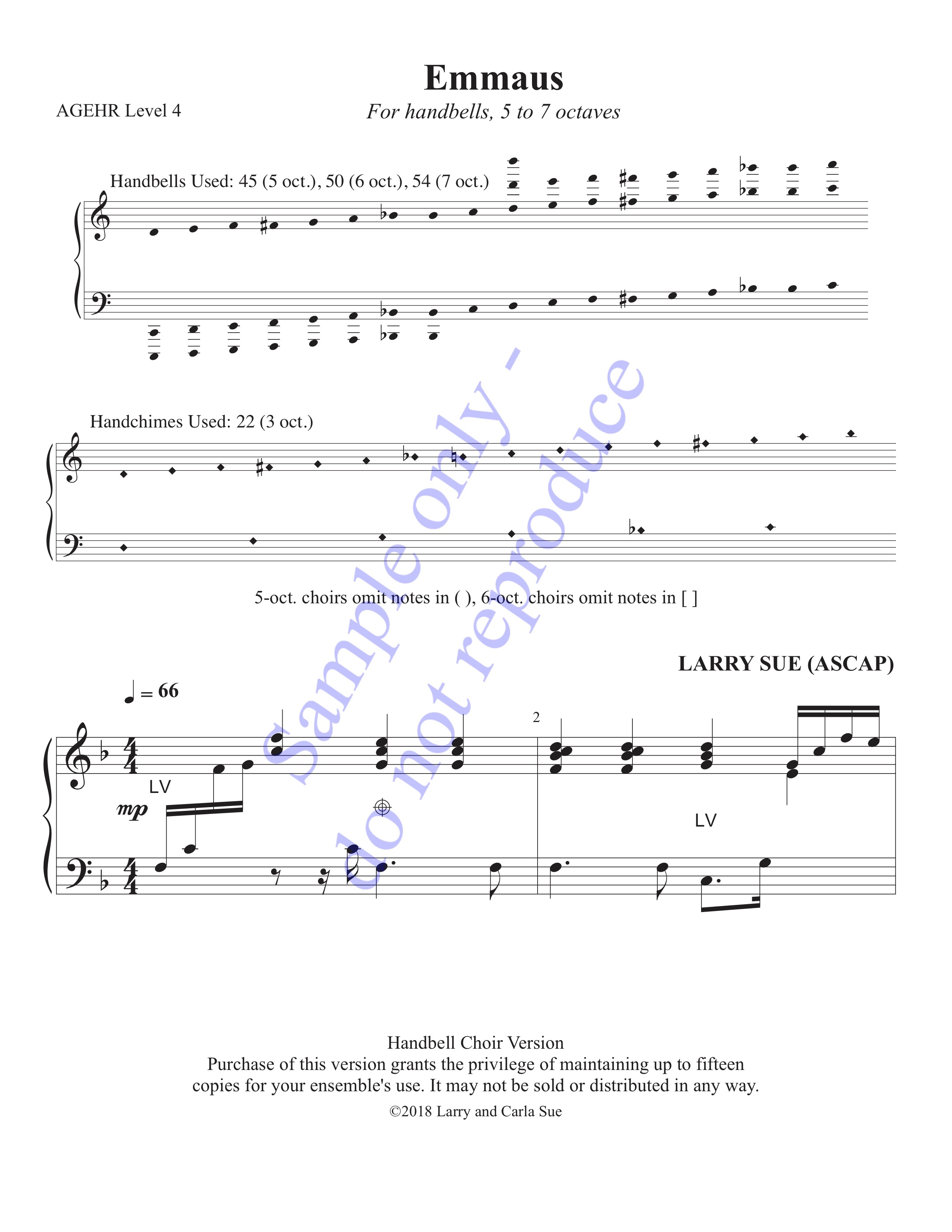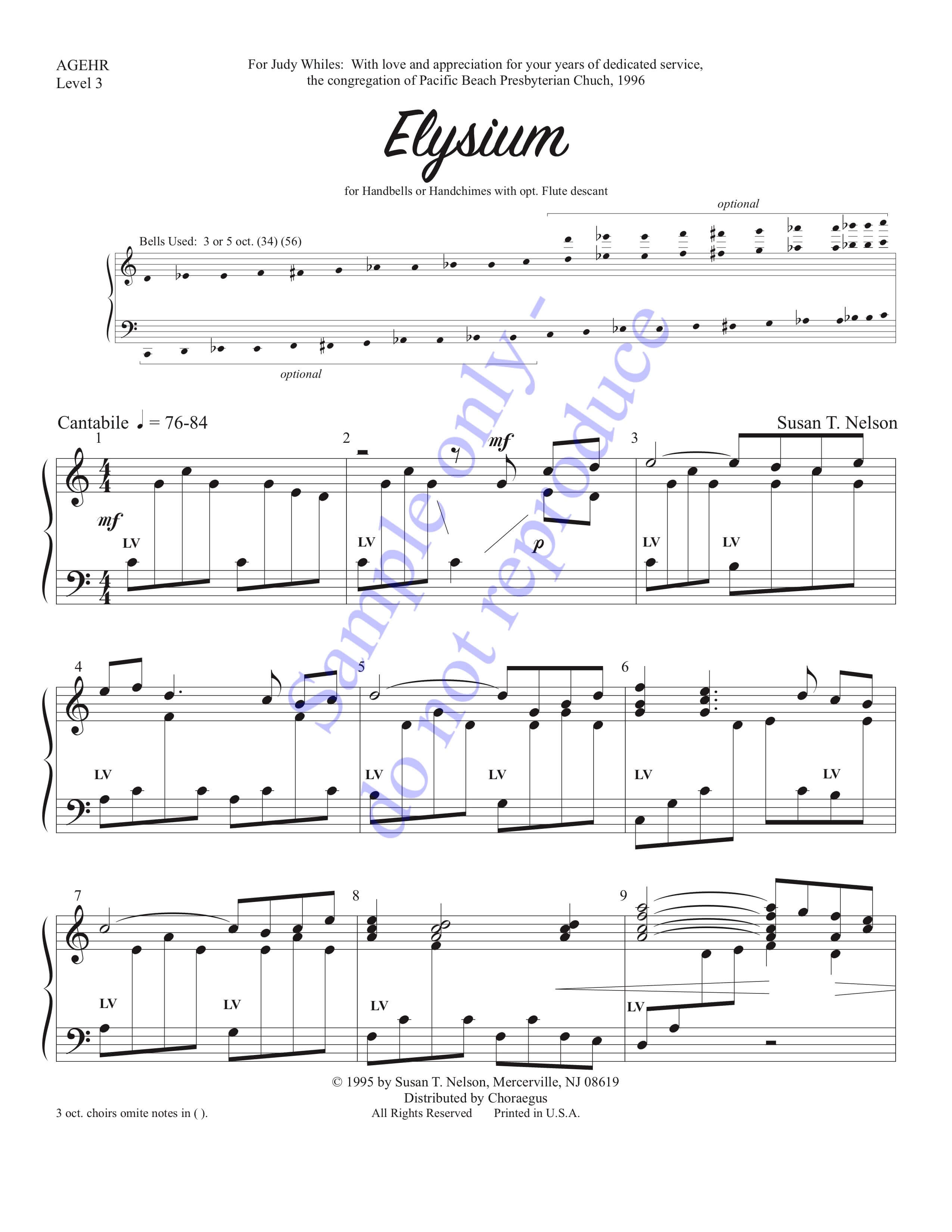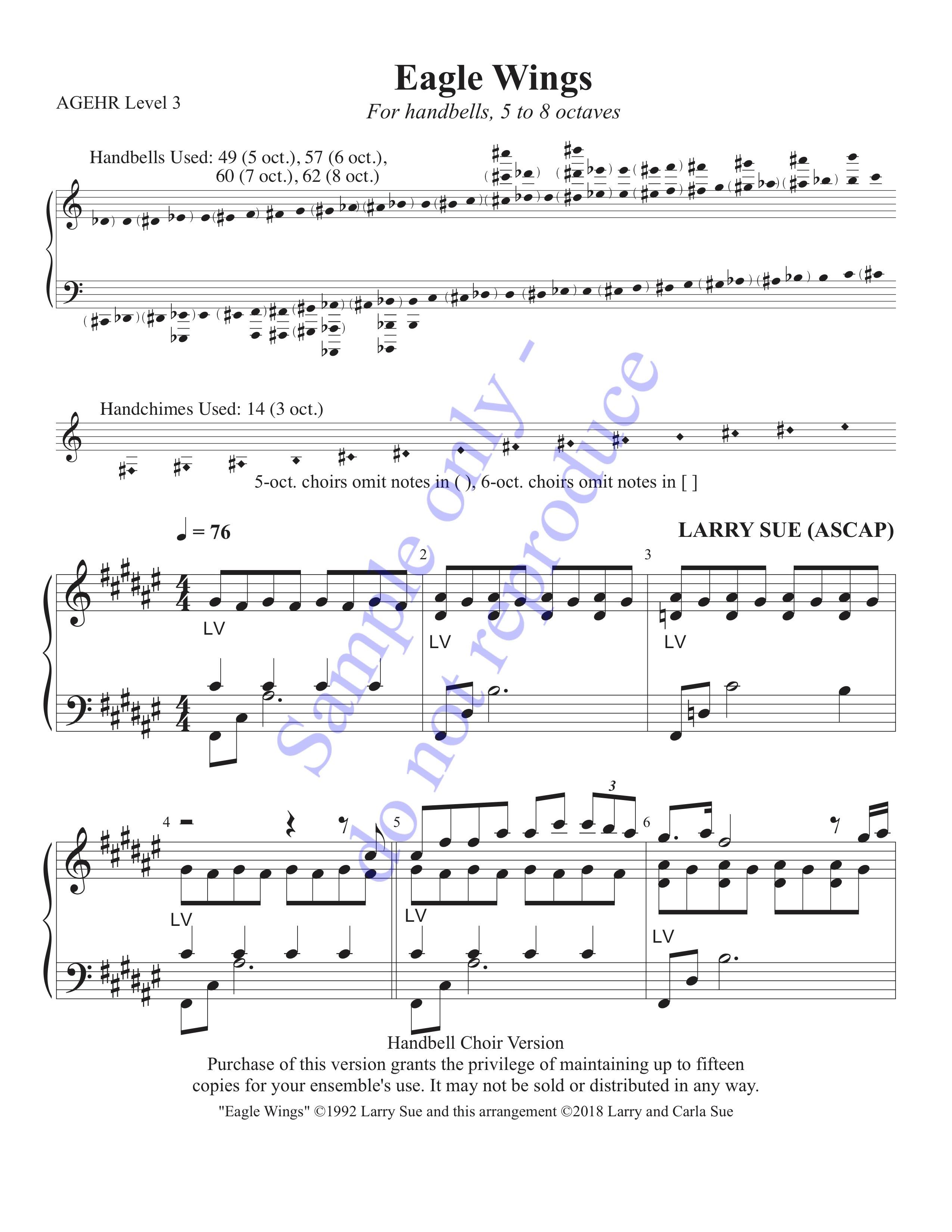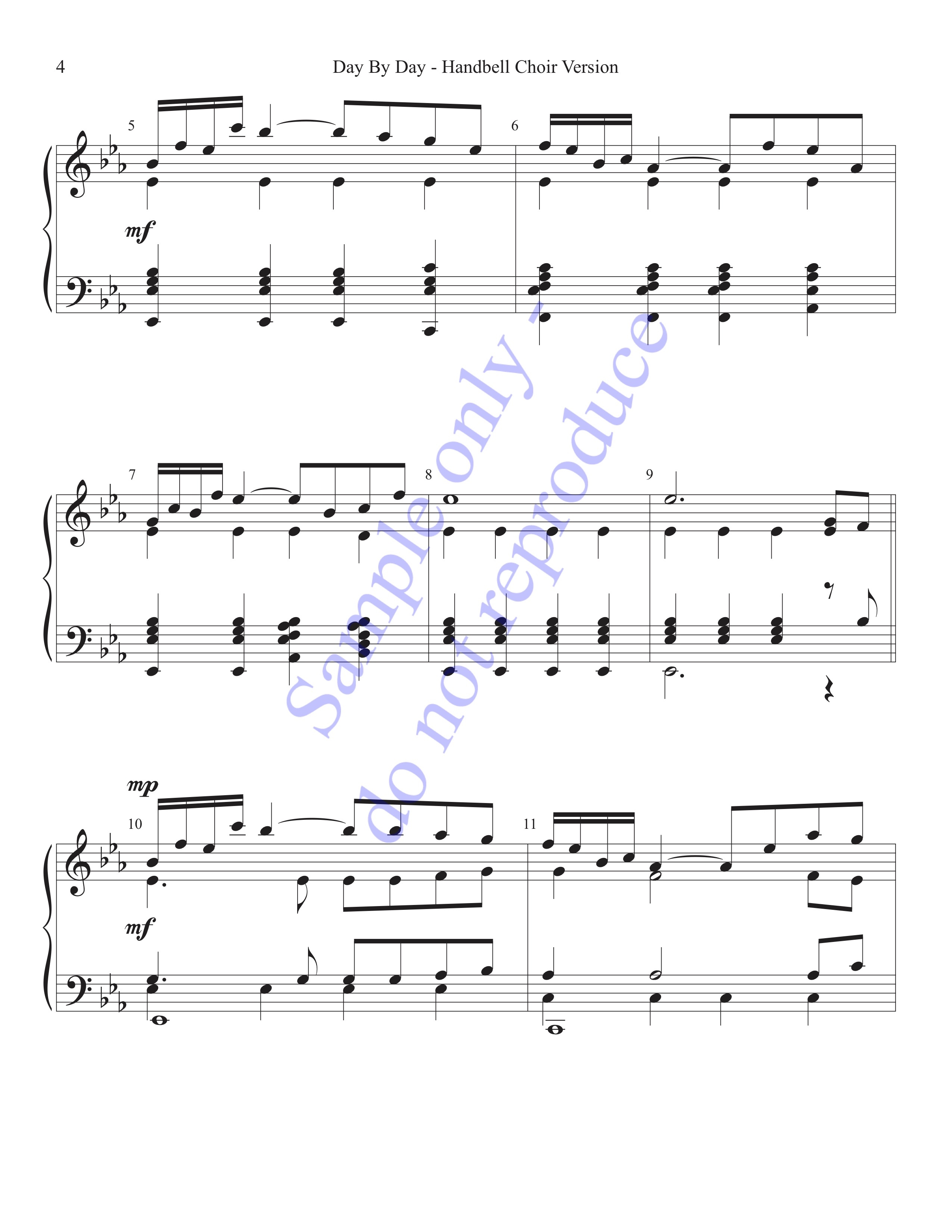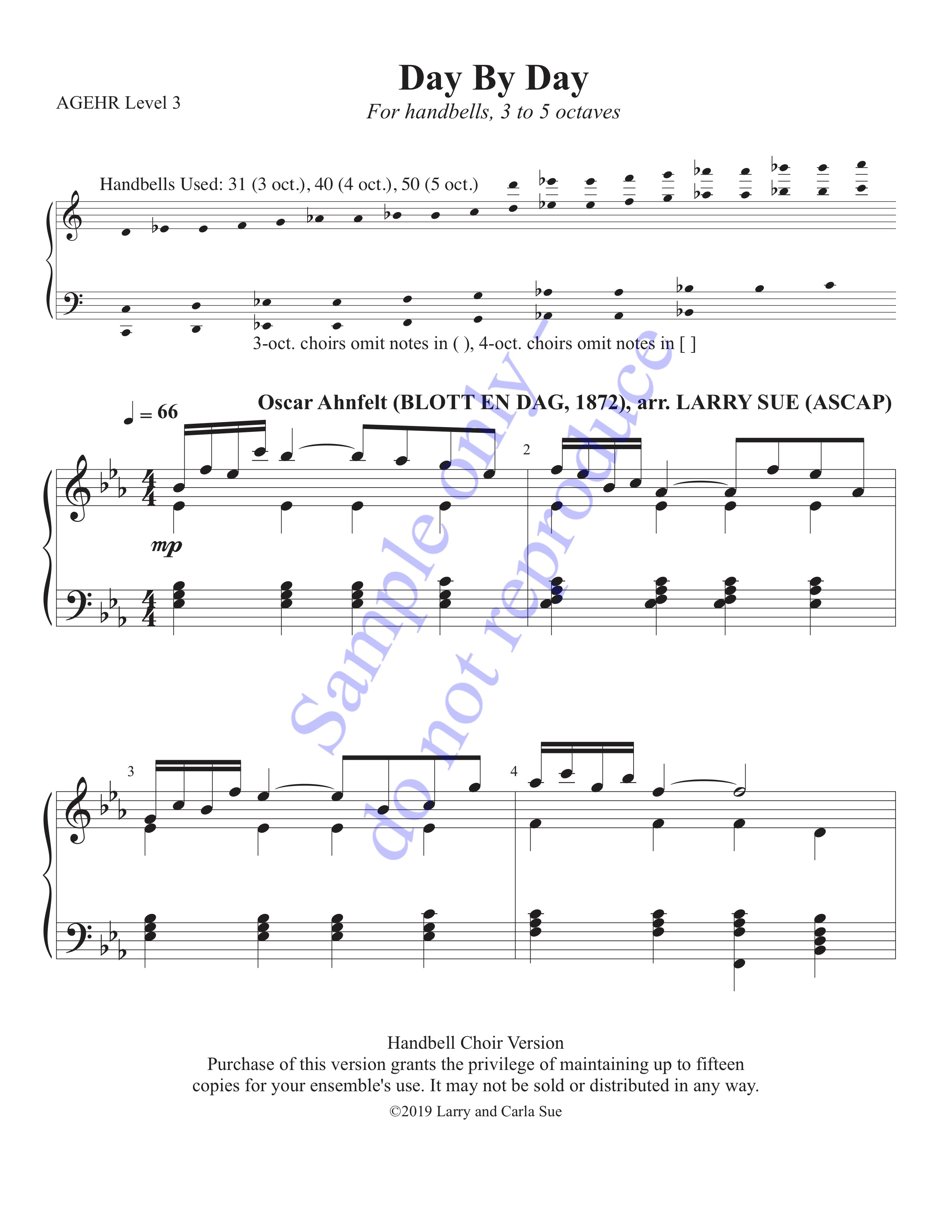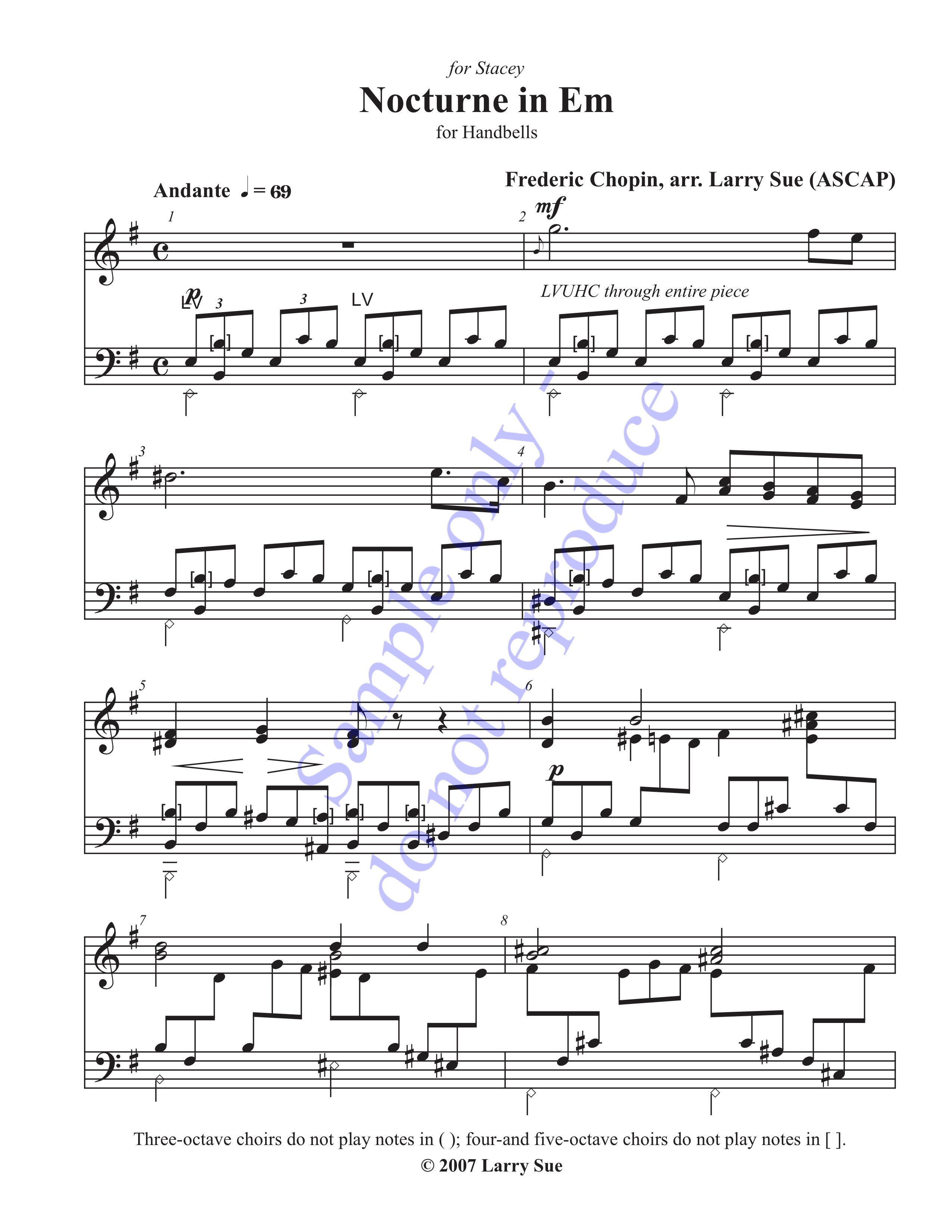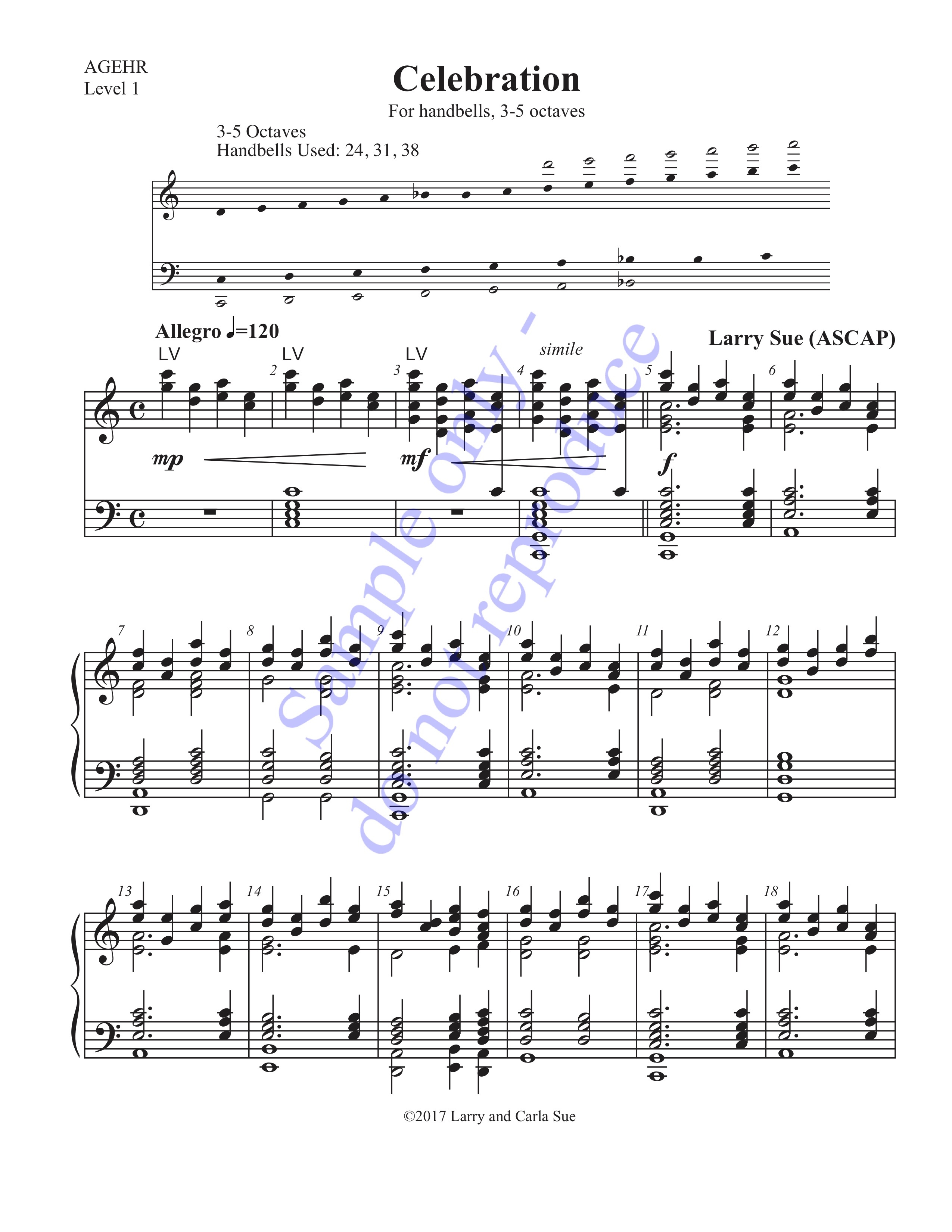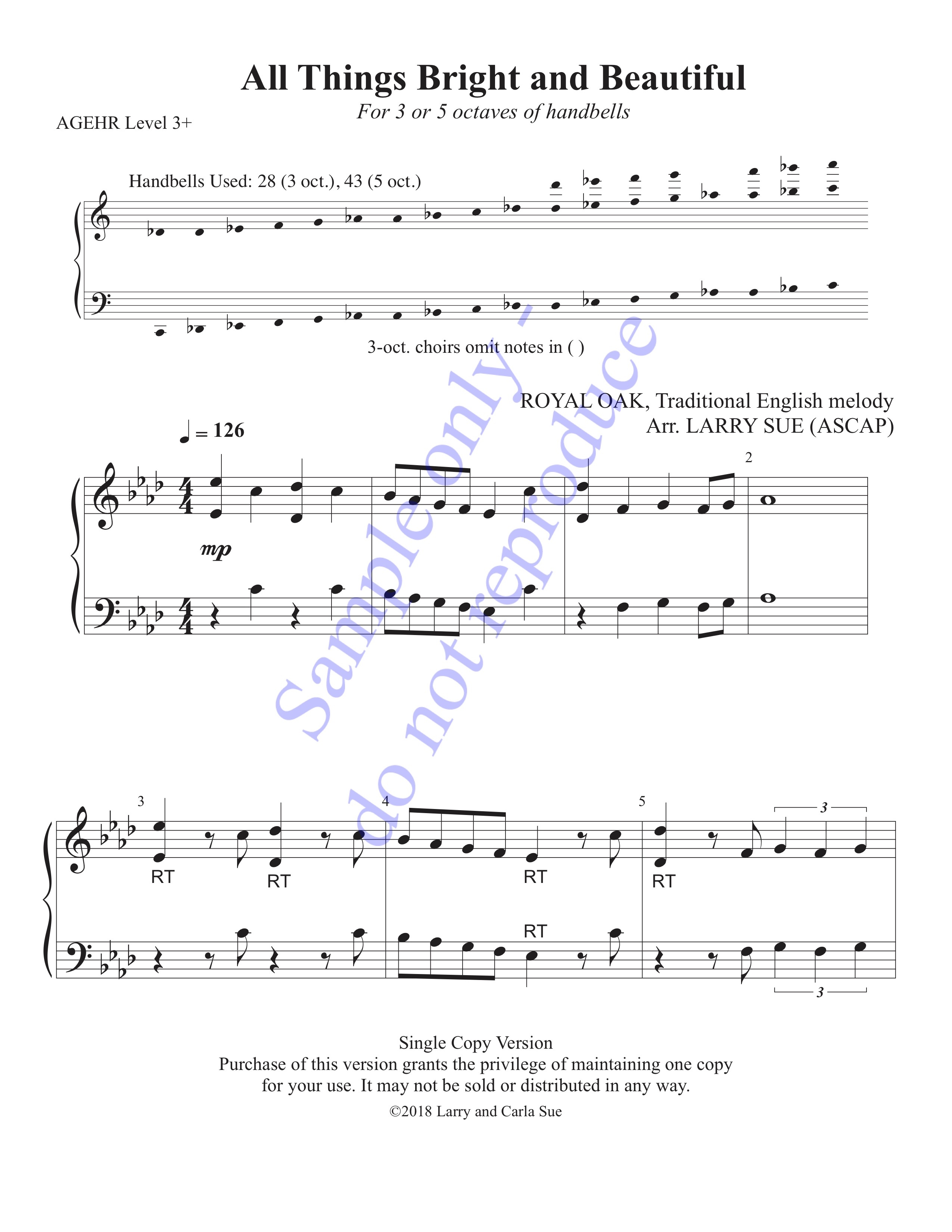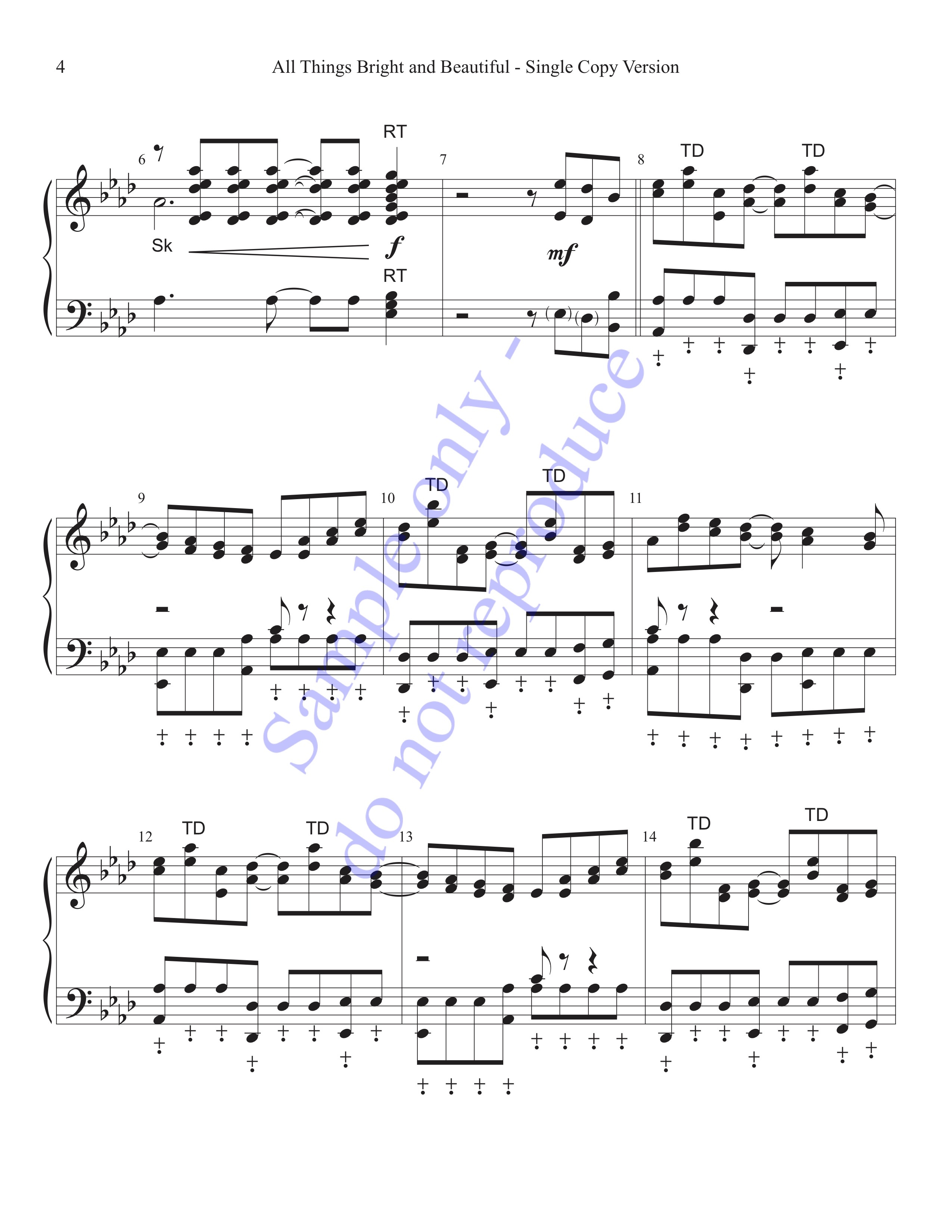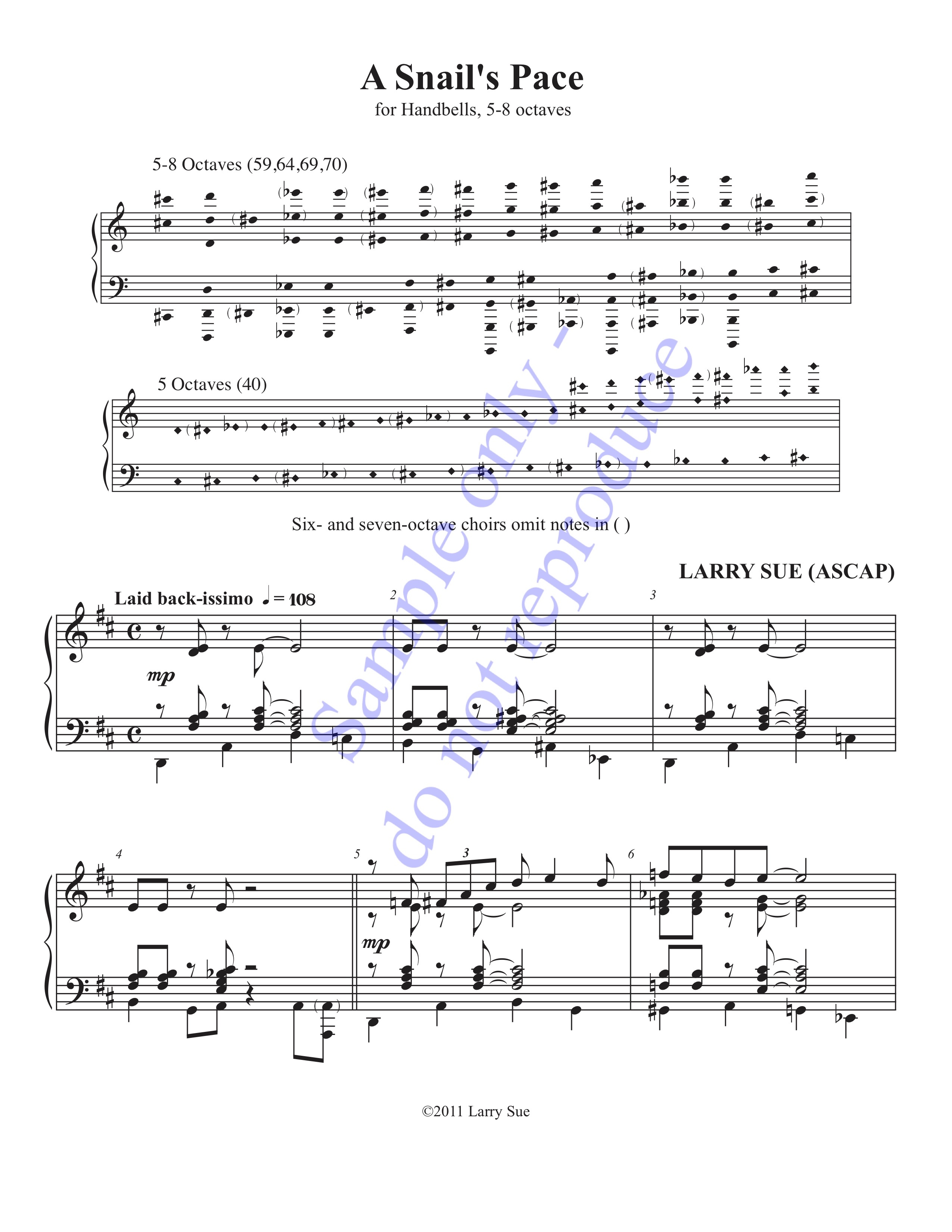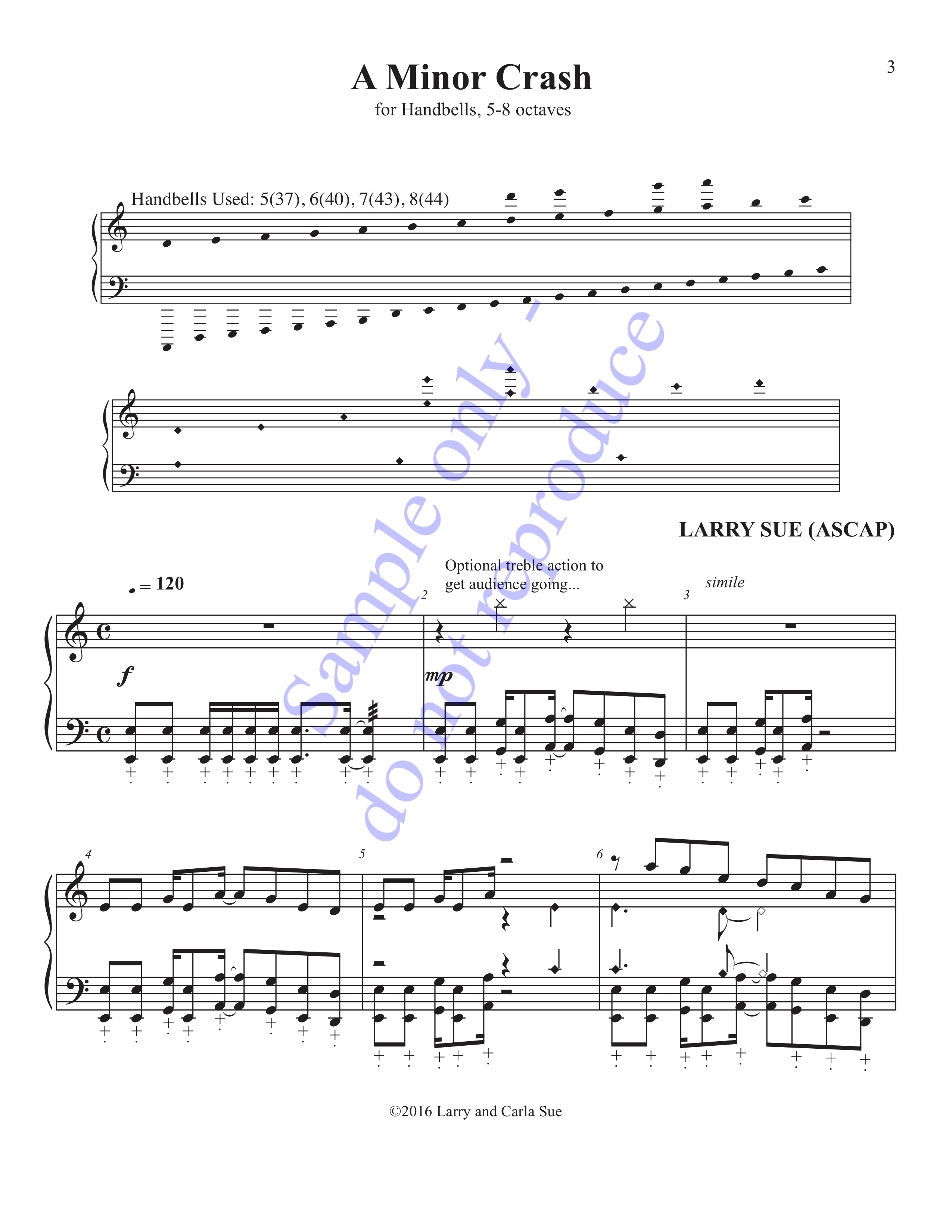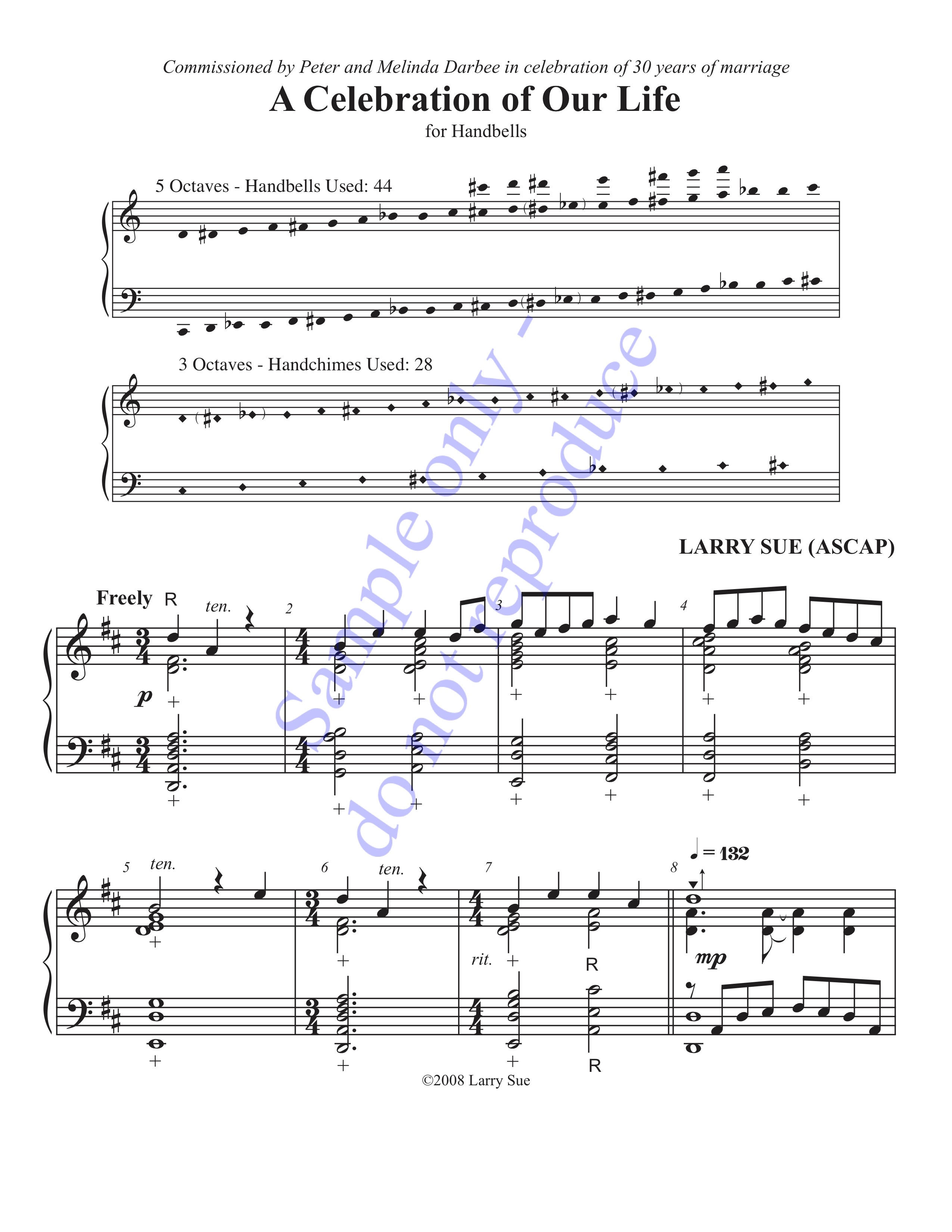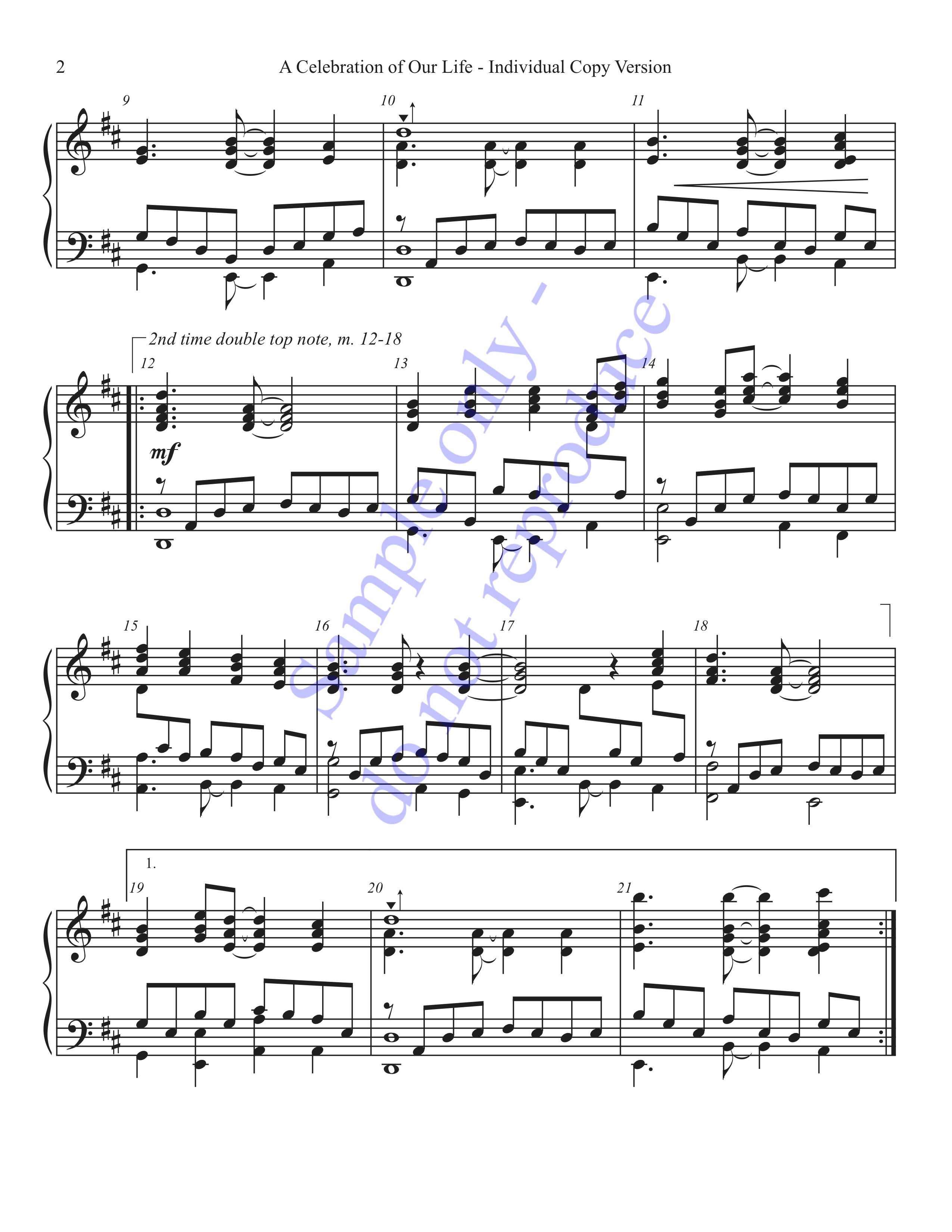The following is from a series of articles I wrote for Living Water, the choir I directed at Valley Church (Cupertino, CA) from 1987-2003, and at First Presbyterian Church (Mountain View, CA) from 2003-2011. While Living Water is no longer in action, the ideas I had the opportunity to present are just as valid now as then.
Ministry must perpetuate itself if it is to continue (in the words of one of our South Bay youth pastors, “Well, DUH!”). But not only must it regenerate itself, it must also ensure that the next generation is capable of regenerating itself as well.
If you’ve trusted Christ for your eternal salvation, it means, in the overwhelming majority of cases, that there is an unbroken chain of other believers who were faithful in sharing their faith with others, and for ensuring that the latest link in the chain was able to communicate the Gospel so that others also could be saved.
In the same fashion, recursion is essential in ministry because it determines longevity, continued strength, and, ultimately, ministry life.
Our new informational series is on “recursive ministry.” This is something which has been near and dear to my heart for seven or eight years – well, maybe longer, because the seven or eight years is the time span over which my philosophy of ministry has existed in written form.
The key verse (of the hundred or so recursion verses I’ve collected) is II Timothy 2:2 “and the thing which you have heard from me in the presence of many witnesses, these entrust to faithful men, who will be able to teach others also.”
“Recursion” is a computer science term. A simple academic way of explaining it is the factorial function: n! (read “n factorial”) = n(n-1)(n-2)…(2)(1). There, however, is a really neat was of explaining the factorial function:
n! = 1 if n = 1
n(n-1)! if n > 1
The pretty aspect of this definition is that it refers to itself. That is, to compute n!, you must first compute (n-1)!, for which you must compute (n-2)!, for which you must compute (n-3)!, and so on.
The other way to define recursion is to resort to The Devil’s Data Processing Dictionary, (which is not really satanic, just funny) which is written by Stan Kelly-Bootle, an Englishman, and in which, among other things, he writes some rather unfriendly thoughts about a company known as Irish Business Machines. Anyway, his definition is: “RECURSION: See RECURSION.”
Somehow, I find this to be an excellent definition of recursion. Next time, we’ll continue this exploration…
Let’s look at II Timothy 2:2 again: “And the thing which you have heard from me in the presence of many witnesses, these entrust to faithful men, who will be able to teach others also.” There are several interesting aspects of this verse:
- ORIGIN POINT: In this verse, Paul is the starting point. Bear in mind, however, that he was just a single step in a chain of faithfulness which ultimately started with God.
- COLLABORATION: Paul’s testimony for Christ had the additional weight of others’ lives behind it.
- DESTINATION: Timothy was the connection point for the message of Christ as it passed from Paul to him, and then from him to others.
- EXTRAPOLATION: Paul has a fascinating farsightedness which we’d do well to learn. He was able to see beyond the immediacy of his own service to the next stage in the chain.
I’ll cover one of these in the next few letters; we start with “origin point.” As in the “n factorial” example from the last letter, recursion must usually have a starting point to make sense. Suppose you eliminate the starting point for the factorial function. You get this equation:
n! =n(n-1)!
Now, if you try to compute n!, there’s no way to stop computing if you follow this equation (of course, you’ll also notice that n! will always equal zero…). This is known as “infinite recursion.” The chief difficulty with infinite recursion is that you never get to quit searching for the beginning.
But our origin point is the Lord Jesus Christ. He’s the Source, Creator, Provider, and Maintainer of all we know and see. Being God, He has no beginning and no end. Indeed, it would be catastrophic if He had either, for if He had a beginning, then there would have had to be something which brought Him into being – and so He could not be God; and if He had an end, He would be a being with limitations, including death, and so could not be God.
He’s the starting point not just for the universe as we know it (and all other possible universes as we don’t know them, if you’re into alternate realities), but for our lives and our ministries. He is there when we need Him (though, as Alex’s song says, “You have to come to Jesus Christ on His own terms”); He is always holding our world together, even to the point of maintaining the laws of physics which keep atoms and molecules together. And He will be there for our eternity future, unless we have been so foolish as not to receive the grace He gave us in exchanging His life for ours by surrendering Himself to die on the cross to which each of us should have been nailed. [Those are long sentences, I know, but I suppose that we’ll have all of time to praise Him with unbelievably long thoughts – remember, Ephesians 1:3-14 is one sentence in the Greek manuscript: read it and enjoy!]
Once we have our starting point, we can start thinking about how it leads to infinity and eternity. The Bible even provides us with the assurance that there is a starting point – note that Genesis and John both start “In the beginning…” But remember, the purpose of a starting point is to provide an anchor for what follows, and if we fail to move from that starting point, its purpose is defeated. Next time, we’ll take a look at “collaboration.”
Collaboration: The first part of II Timothy 2:2 starts a little later than the absolute beginning; Paul begins with the “many witnesses,” providing a backdrop of testimony which further certifies the starting point: if there was no confidence that those who went before us were reliable in the declaration of their faith, then there would be little assurance that the starting point is truly what we claim it to be.
But we have the confidence that the starting point is indeed a reliable one because the Scriptures have proven themselves true over and over, not only in terms of historical and scientific accuracy (although the Bible is not specifically a history or a science text – it deals with loftier and more noble and infinitely longer-lived things). In addition, we have the lasting testimony that many of those who constituted the “faithful witnesses” in II Timothy 2:2 were faithful to the point of death. All of the apostles were martyred, except for John, who was exiled to the isle of Patmos. Hundreds, even thousands of believers were executed, tortured, and persecuted in the Roman Empire (in fact, Nero’s burning of part of Rome was used to concoct false charges against the Christians of the time). And this is still occurring in some parts of our world today. This “collaboration,” working together, of all those lives provides a testimony that is beyond questioning. Sidelight: “martyr” comes from the Greek martureo, “to be faithful” – it later became the word which we use to describe someone who is killed for his faith.
Destination: The idea of destination is there must be a person or group to whom ministry is directed. My being a choir director doesn’t have any effect until I have the opportunity to lead a choir, my being an accompanist is worthless until I have someone to accompany, and my being a singer is useless in terms of ministry until someone is there to listen to my singing. Overall, the general statement is that it takes two to be a ministry: one must give, and the other must receive.
This, of course, is the ultimately-reduced case; in reality, the ministry of the church (defined in the Seventies and Eighties as “Body Life”) is a complex interaction where each member of the body of Christ is both giving and receiving in the way Paul describes as “holding fast to the Head, from whom the entire body, being supplied and held together by the joints and ligaments, grows with a growth which is from God” (Colossians 3:19 – yes, I realize that I’ve pulled a chunk of Scripture out of a negatively-oriented passage to illustrate a positive point, but the truth of body life is the same whether the “not” is there to indicate the negative situation, or not there to indicate the positive situation).
Anyway, if no one is the object of your ministry, you don’t have a ministry.
Extrapolation: The art (act? art? act? art?) of ministry means self-sacrifice. This is essential to the extent of reproducing that ministry in others so that they’ll be around to continue the ministry long after you’ve left the scene. The idea of extrapolation, at least for me, comes from John 14:12, where Jesus told the disciples that they would do greater works than the one He had done. This was not because they had a greater level of spirituality (it should be obvious that no one can surpass the infinite, transcendent God), but because Christ was going to return to the Father. So also it should be with us: the Lord grants each of us a limited time span in which to accomplish the service to which He has appointed us, after which we won’t be in a position to continue our ministry on earth (however, I have no doubt that Christians will minister forever after their deaths or the Rapture, whichever comes first).
So if greater things are to happen in the ministry, we have to pass on what we’ve learned and what we’ve done so that others can start with our ministry experience and go on from there. The idea is that of making it possible for them to avoid the mistakes we make and to take advantage of the successes God has given us so that they can indeed surpass us. Let me bring you back to the factorial function:
n! = n(n-1)(n-2)…(2)(1)
It’s a simple enough function, but you might notice that if we’re told to compute 12!, it’s a lot easier for you if I can tell you that 11! is 39,916,800. My passing on what I know saves you from having to do a pile of computation. This, incidentally, is the way it’s done recursively in a computer – “Miss 12!” calls “Mr. 11!” to get his result so that she can multiply it by twelve to get her answer (never mind that you can write the Pascal or C computer program for both of them using the same computer code; the “images” executed are separate entities – you can think of them as members of the same family).You see, Miss 12! is pretty smart in that she’s getting her little brother to do most of the work for her (and this, I suppose, is true in many of you families at times…). What she doesn’t know is that Mr. 11! gets cousin 10! to most of his work for him, and so on until we get to Baby 1!, who doesn’t know how to say anything but “one.”
Bear in mind, though, that this is a little oversimplified to be an accurate representation of Christian ministry because although it all starts with the One, He knows a lot more than just “one.” Well, maybe it could be that Baby 1! knows a lot more too – and is waiting for the most embarrassing time possible to share it… The analogy, however, does hold water in the sense of Christ limiting His earthly ministry so that believers would have the opportunity to continue it and to be used to cause it to grow.
So now that we’ve taken a look at recursion and the concept of recursive ministry, what does it mean to us? The big point, of course, is that if we want to have a ministry which will operate beyond our personal physical, mental, and emotional boundaries so that others will carry on after we’re gone. Further, we want them to be in a position not only to continue our work but also to surpass it. This is the essence of the Church growing as it should!
The concept of recursion is worked into the LW Vision “to glorify God and to cause others to do the same” because of the somewhat unspecific meaning of “the same.” Taken in a strictly immediate sense, we’re to cause others to glorify God; taken in a different sense, we’re to cause others to cause others to…
The LW Values support the idea of recursion too. Professional Quality in Service demonstrates the attitude which leads us to multiply the quality as well as the quantity of out service – once you’ve gotten to the point of not having more time to serve the Lord, you must reproduce your ministry in others. Open-Ended Achievement shows teachability, which is an absolute must if you and I are to be examples to others in such a way as to motivate them to serve the Lord too. Service In Action is the means by which we set an example for others to follow. Remember “Find Us Faithful”? – “Oh, may all who come behind us find us faithful/ May the fire of our devotion light their way/ May the footprints that we leave lead them to believe/ And the lives we lead inspire them to obey/ Oh, may all who come behind us find us faithful.”
We’re just links in a chain that stretches back a long way. It’s our responsibility to ensure that it remains unbroken until Christ comes to join the ends together (after all, He’s the beginning and the end) Recursion, therefore, is essential to our ministry because we need it to look beyond ourselves and the next generation.
For your own study, here is a list of verses which indicate recursion in some way (there probably are many more). Notes in parentheses indicate a special type of recursion. To quote Tom Peters, “this should keep you busy for awhile…”
| II Timothy 2:2 Psalm 48:13 Psalm 89:1-4 Matthew 13:23 Psalm 145:4-7 Jeremiah 9:13-16 Matthew 10:40-42 Matthew 20:25-28 Luke 6:35-36 (reciprocal) Luke 13:13 Luke 23:39-47 John 5:22-23 (reverse) John 7:37-39 John 13:20 John 15:26-27 Acts 7:59-60 Acts 11:1-18 Acts 21:19-20 Romans 15:13 Romans 16:16 II Corinthians 1:3-4 II Corinthians 13:4 Ephesians 4:32 Philippians 3:17 I Thessalonians 1:6-7 (bilevel) II Thessalonians 3:9 I Peter 2:12 I John 3:16 (purpose) Revelation 15:3-4 |
II Kings 2:7 I Corinthians 10:31 Deuteronomy 6:1-2 Psalm 96:7-10 Mark 4:20 Isaiah 38:19 Matthew 13:8 Luke 2:1-20 Luke 7:11-17 Luke 17:11-19 Luke 24:44-53 John 5:44 John 8:54-58 John 13:34-35 Acts 3:1-11 (double-level) Acts 9:32-35 Acts 16:20-23 Romans 14:19 Romans 15:20-21 I Corinthians 4:16-17 II Corinthians 5:18-19 Galatians 1:24 Philippians 2:1-2 Colossians 3:13-17 I Timothy 4:16 I Peter 4:10 I John 4:11 Exodus 35:30-36:7 Matthew 28:18-20 |
Matthew 5:16 Psalm 78:1-8 Psalm 117 Luke 8:15 Jeremiah 4:1-2 Matthew 9:1-8 Matthew 15:29-31 Luke 5:17-26 Luke 8:8 Luke 18:35-43 John 4:1-42 John 6:27-29 John 12:44-45 (direct) John 15:1-17 Acts 4:21-22 Acts 9:40-42 Acts 13:44-52 Romans 15:5-6 Romans 16:1-2 I Corinthians 11:1 II Corinthians 9:10-15 Ephesians 4:11-16 Philippians 2:5-11 Colossians 4:1 I Thessalonians 3:8 I Peter 1:14-16 I John 3:7-8 (practice of) I John 4:19 Romans 12:2 |

